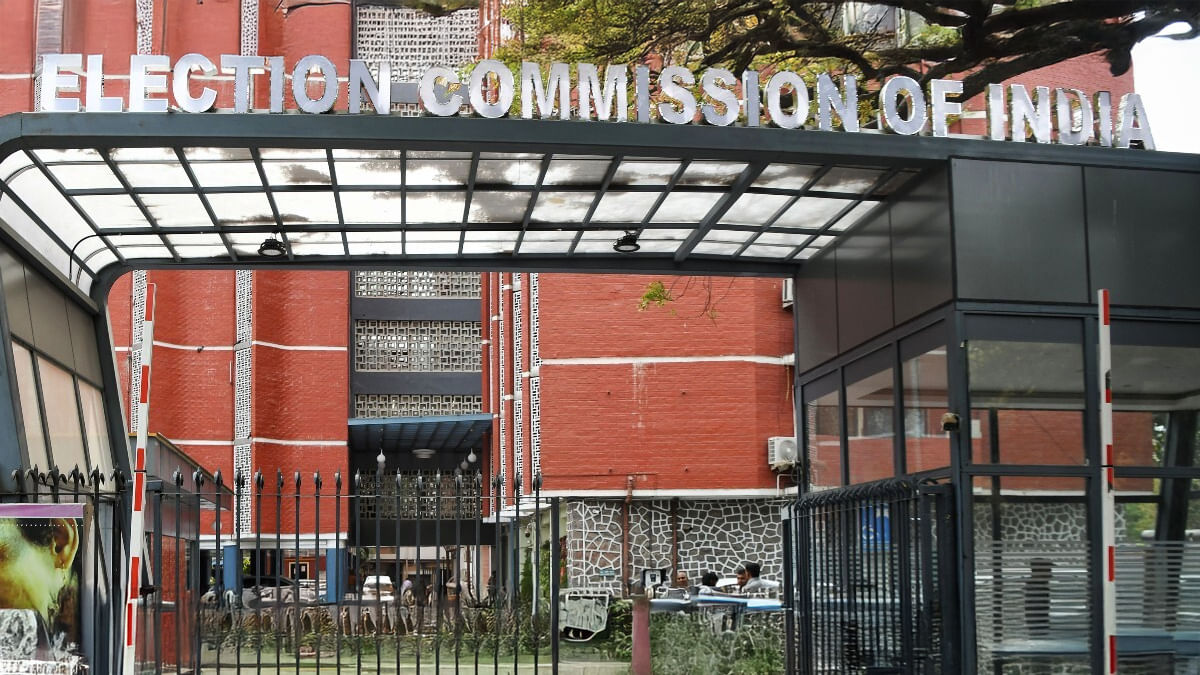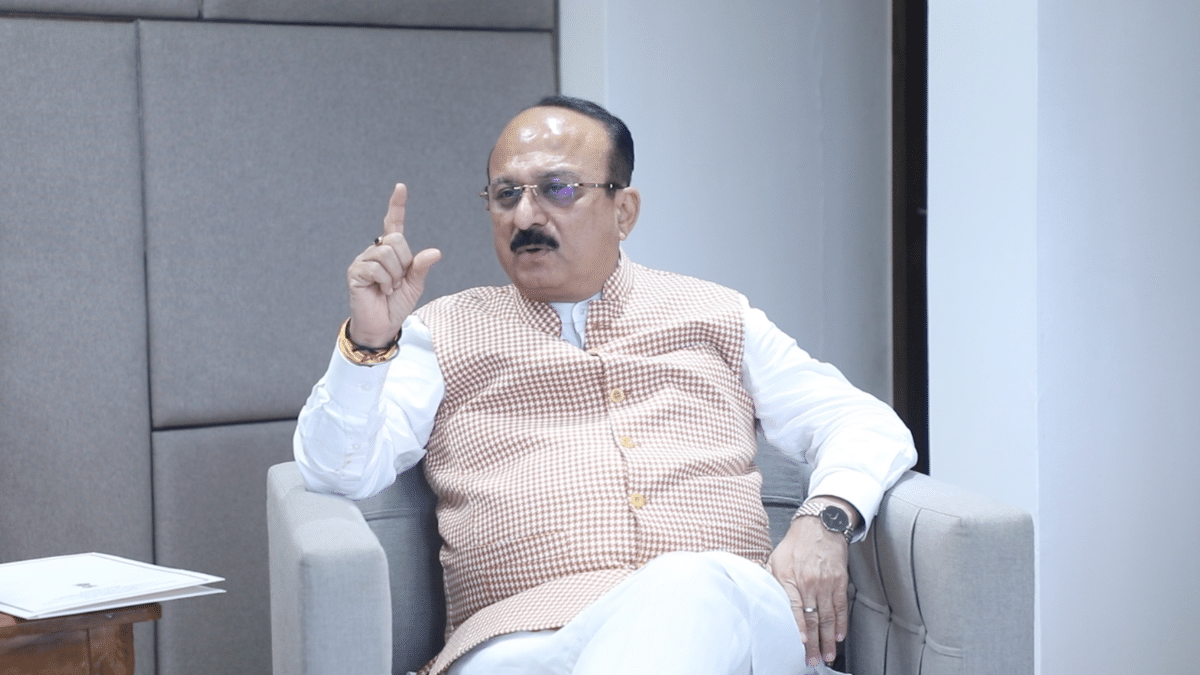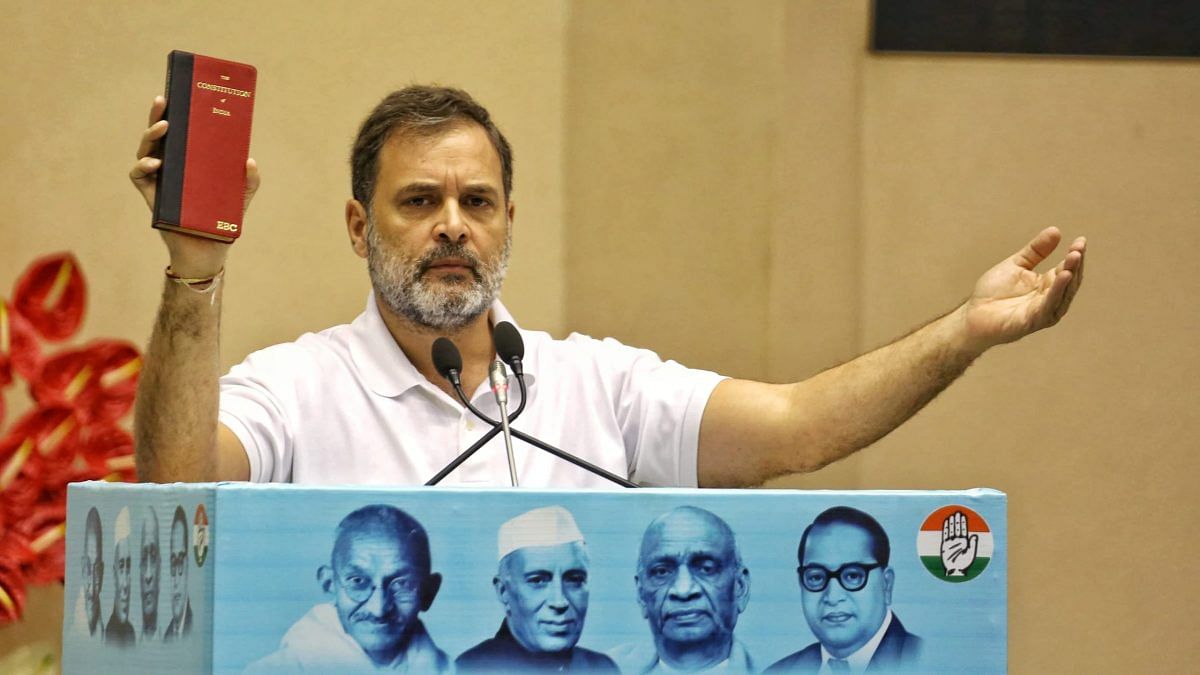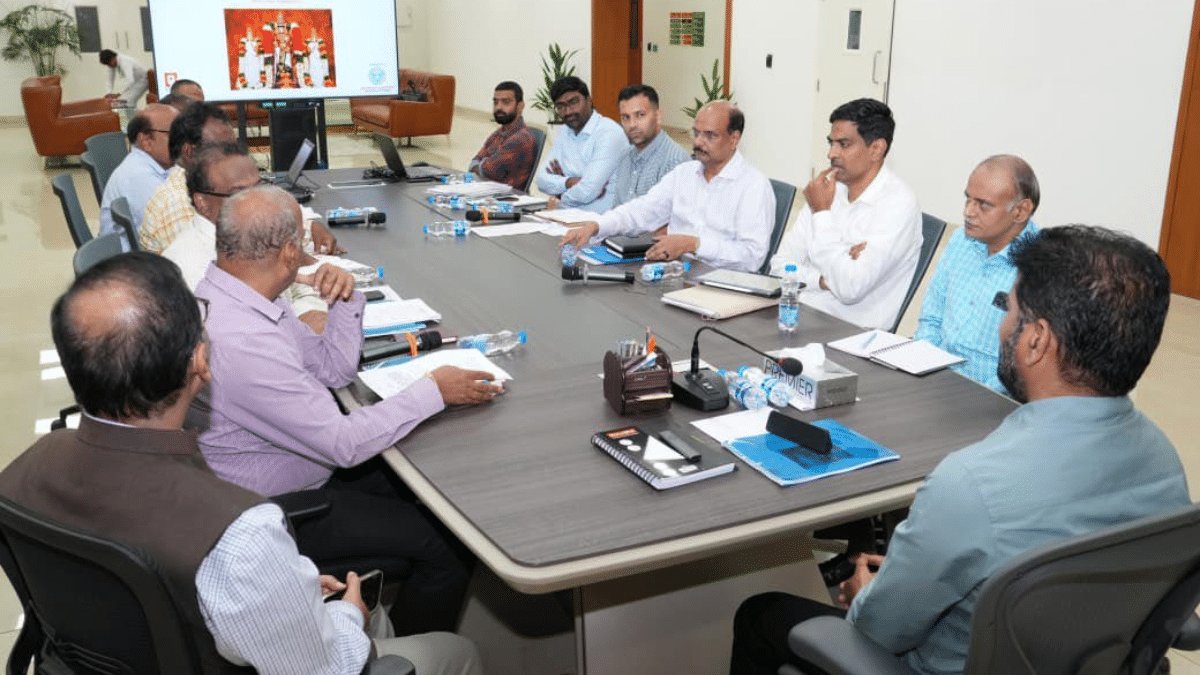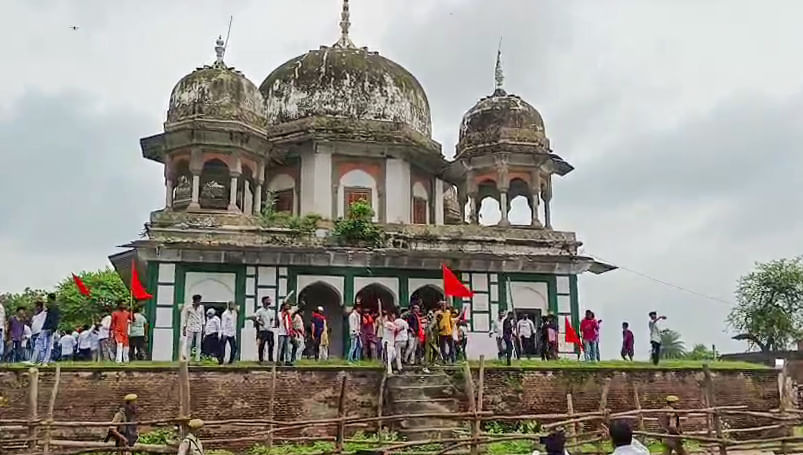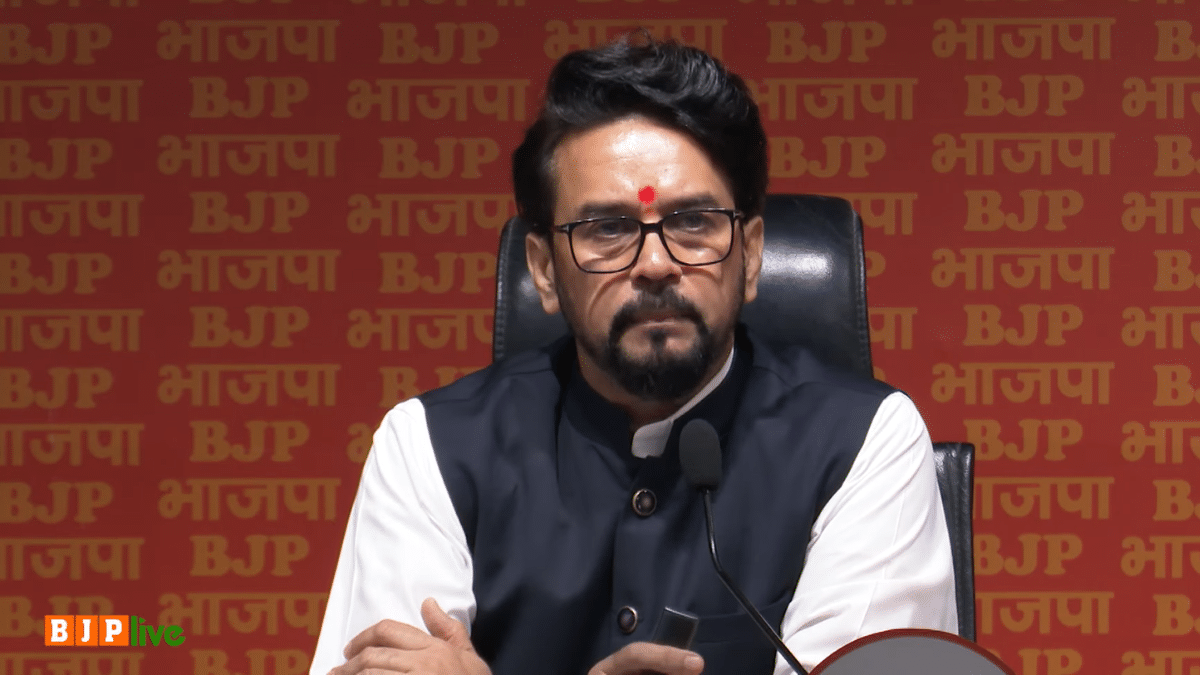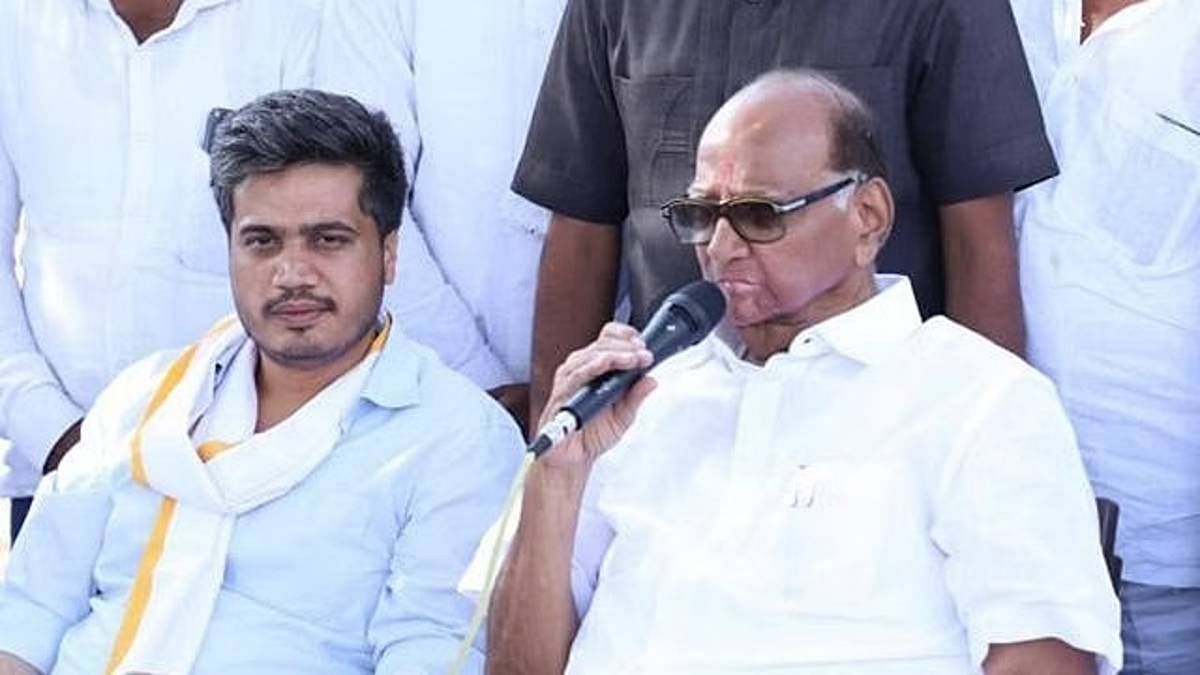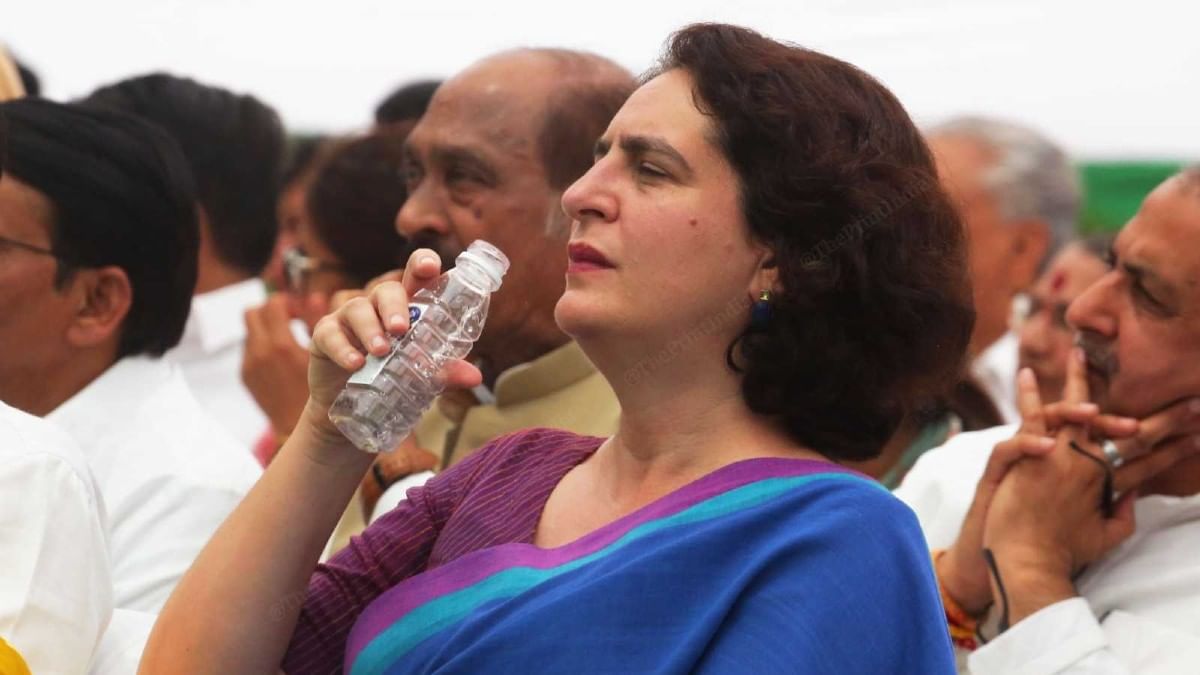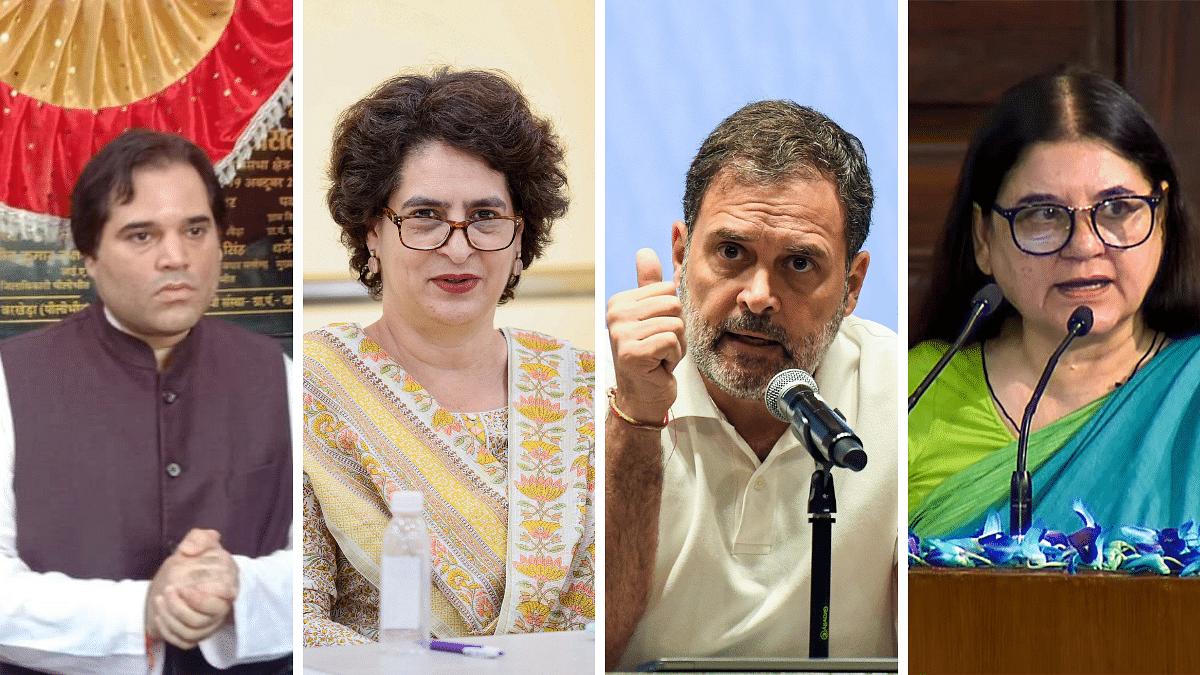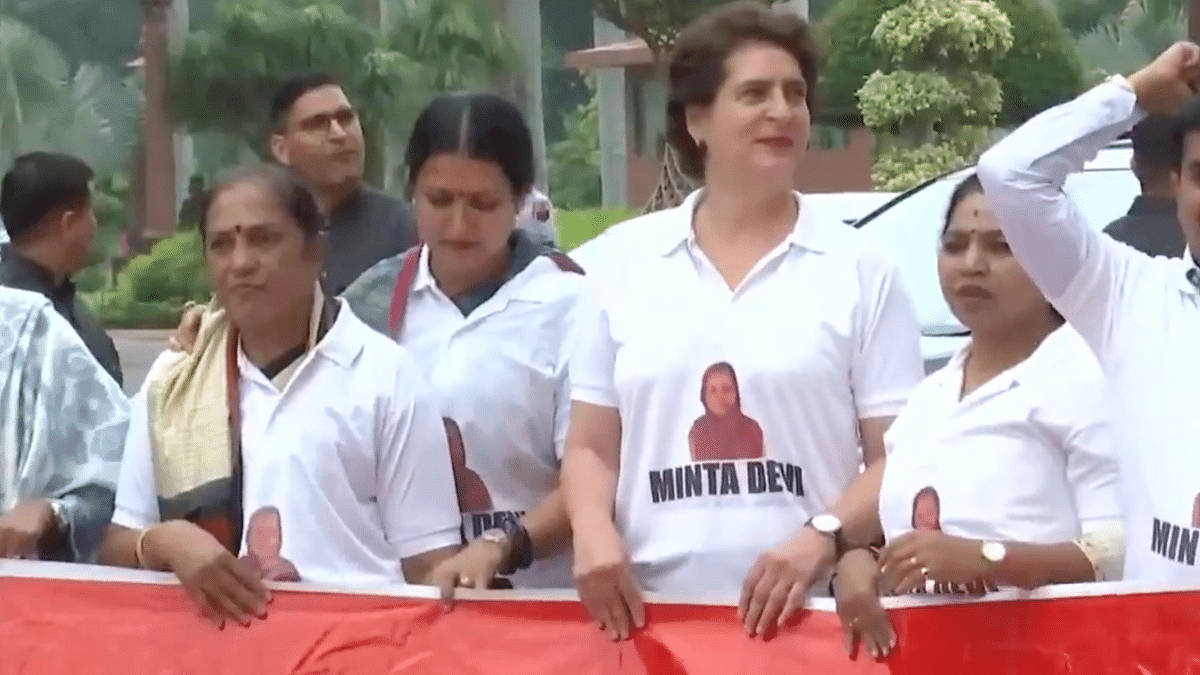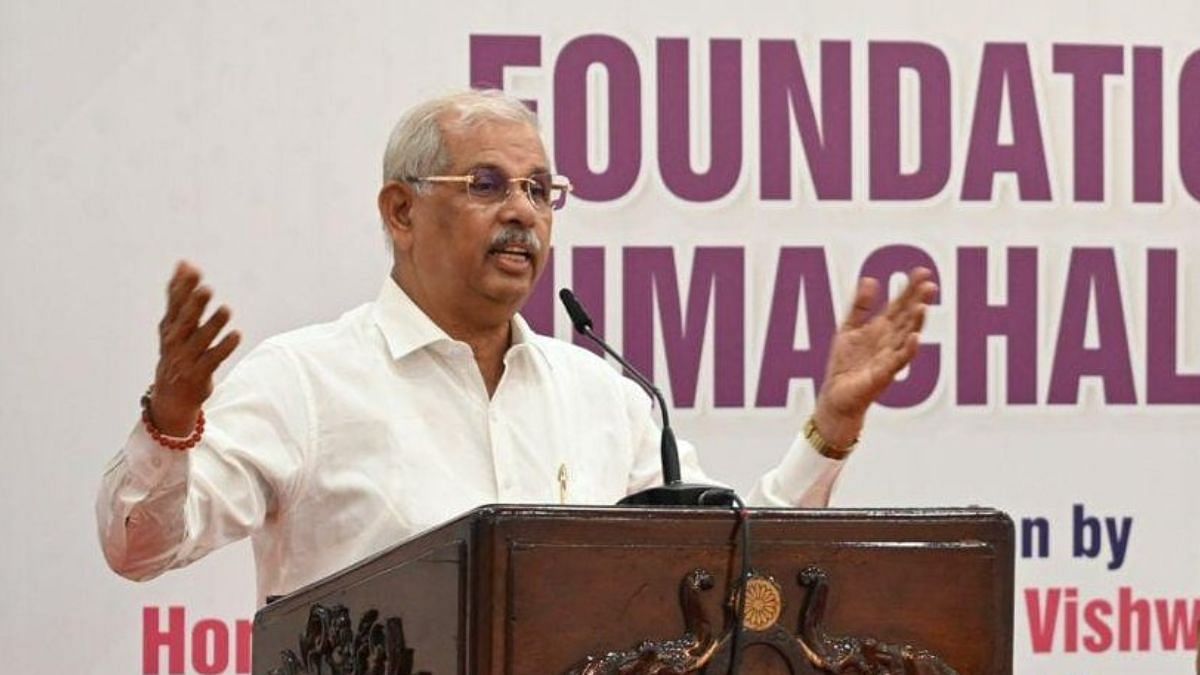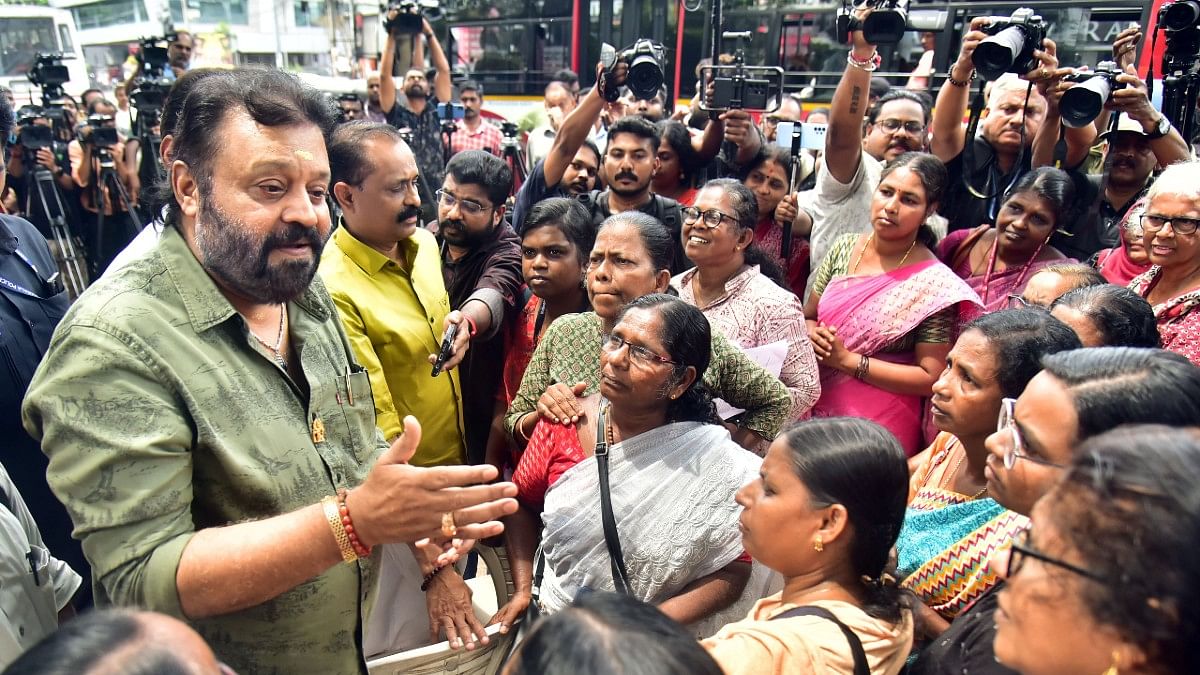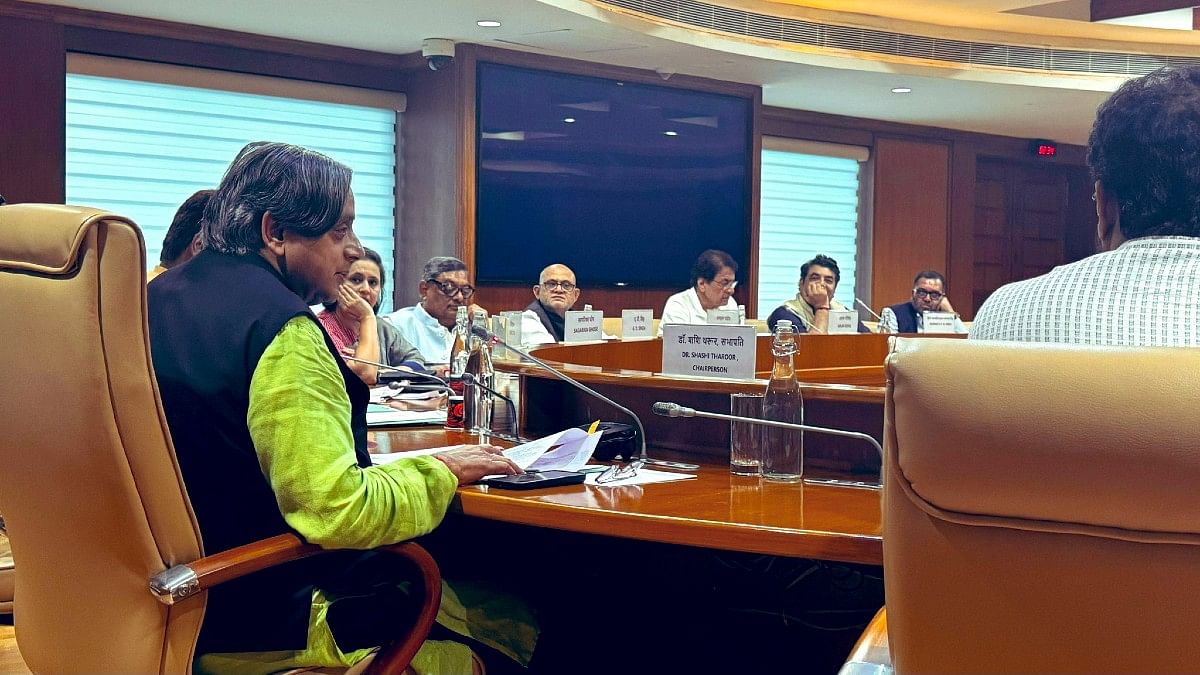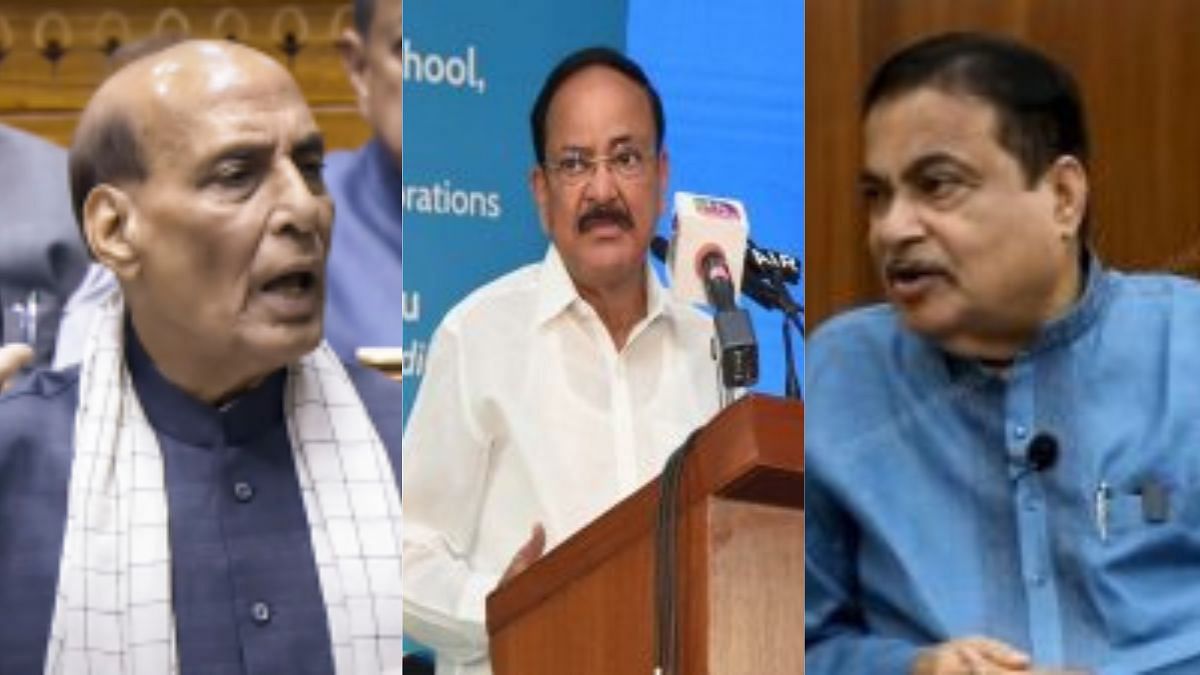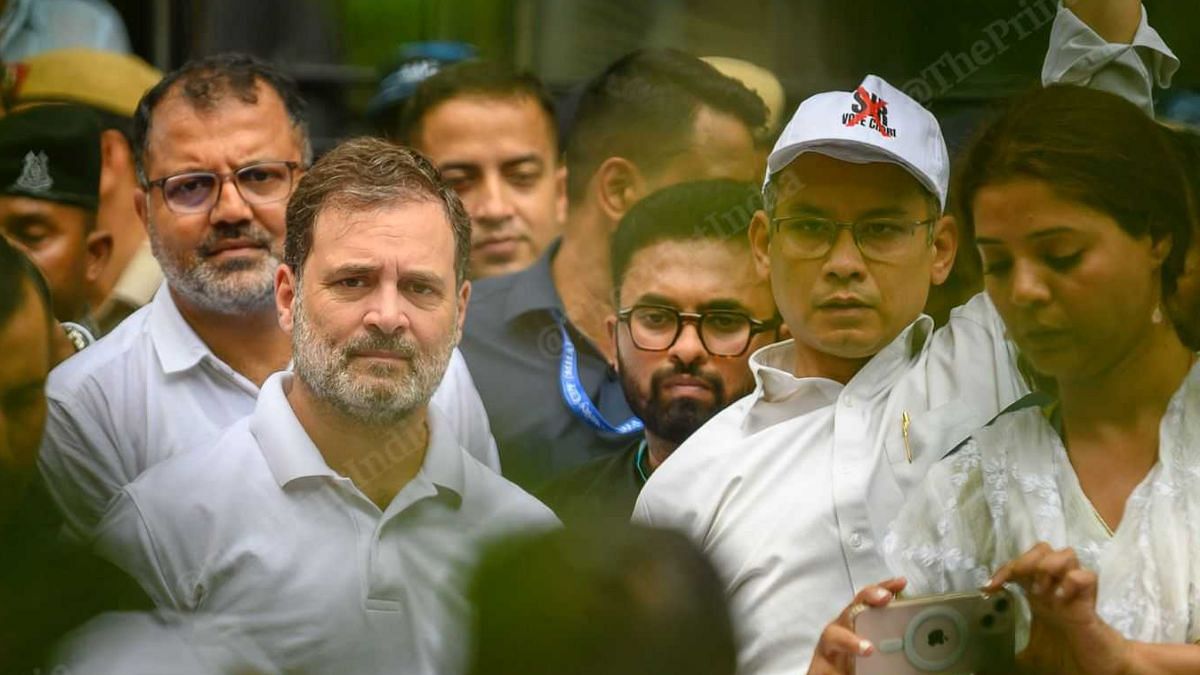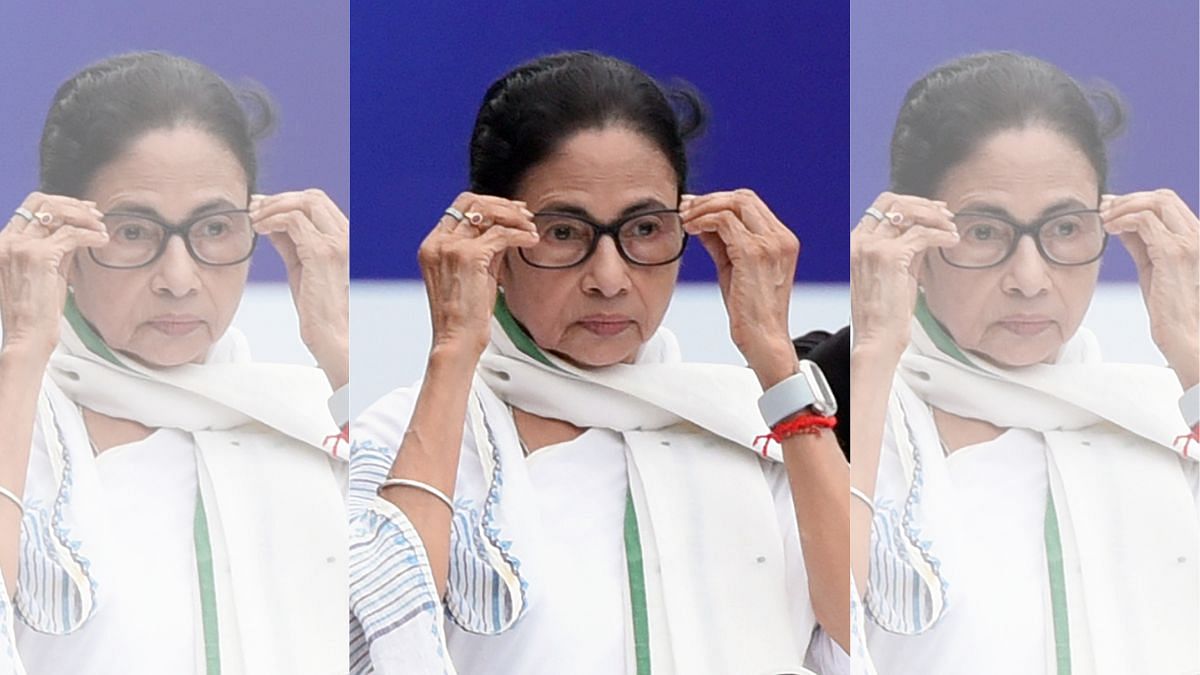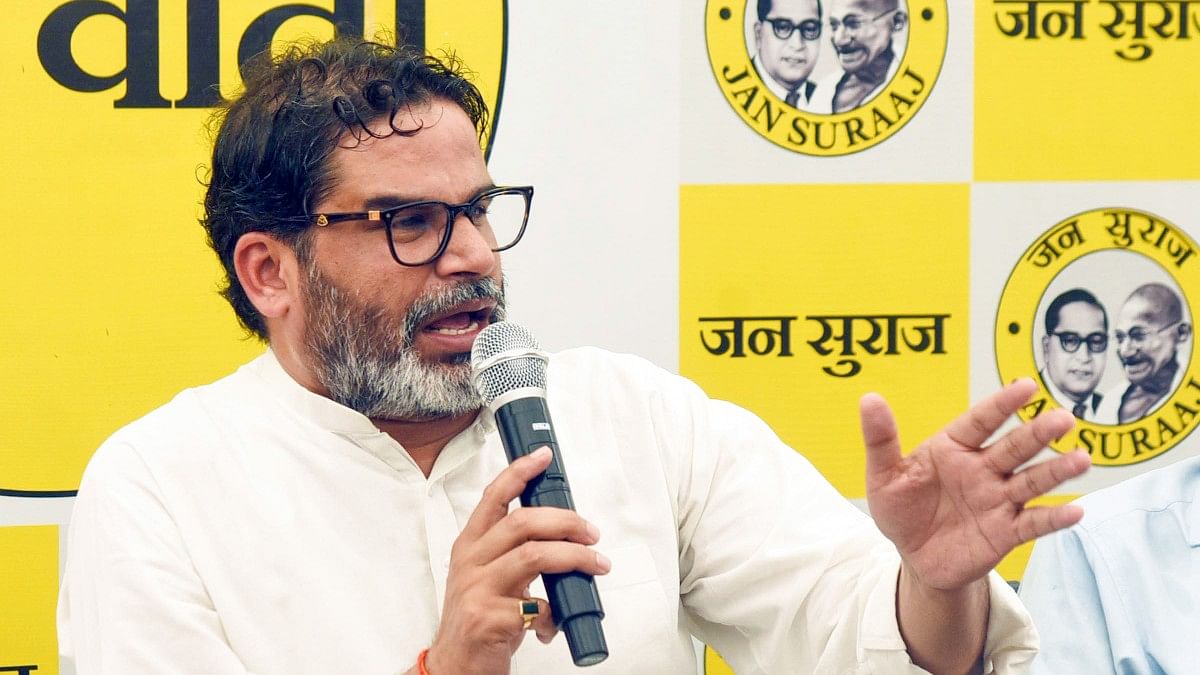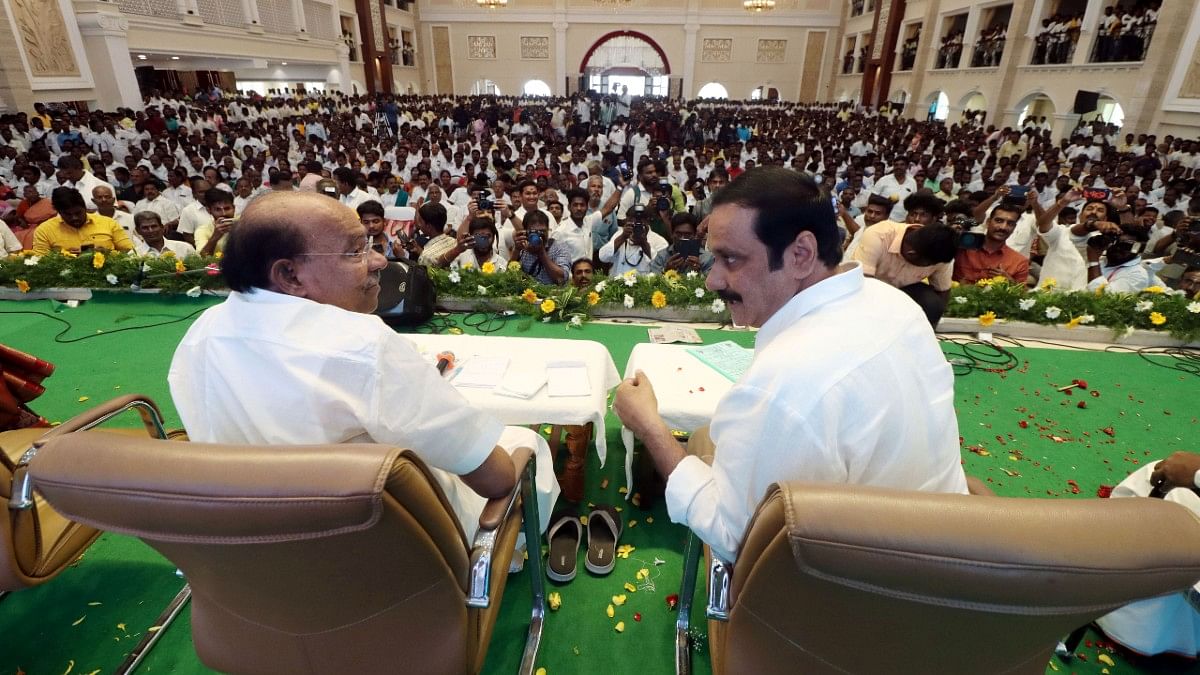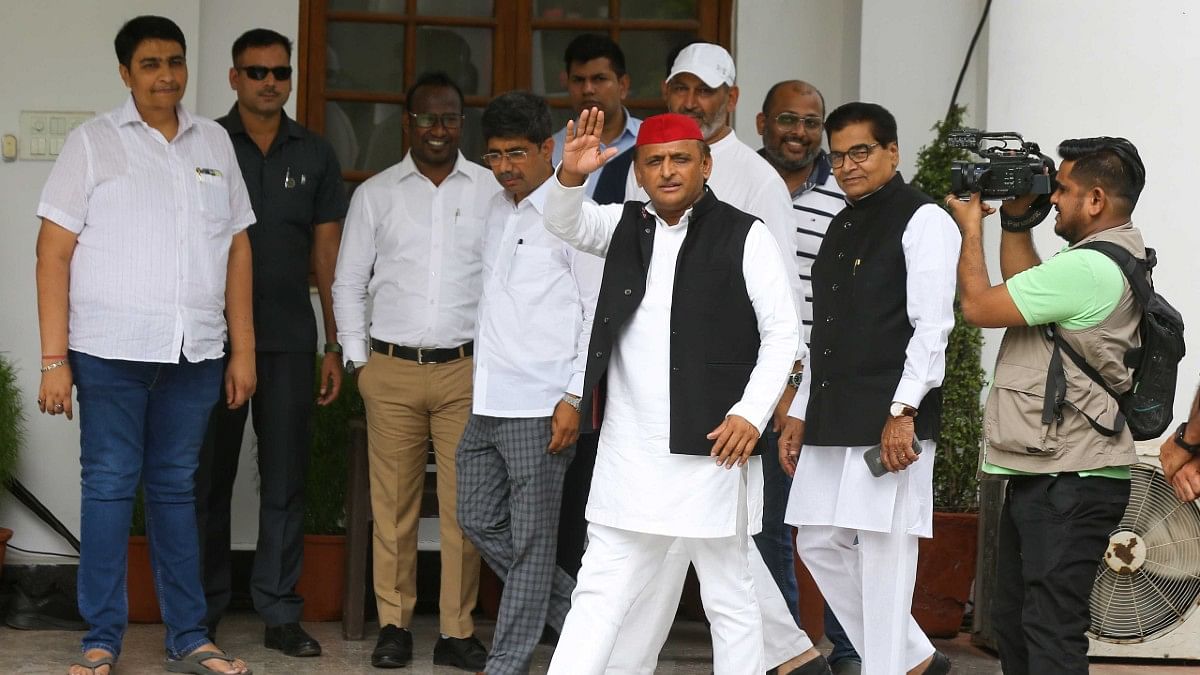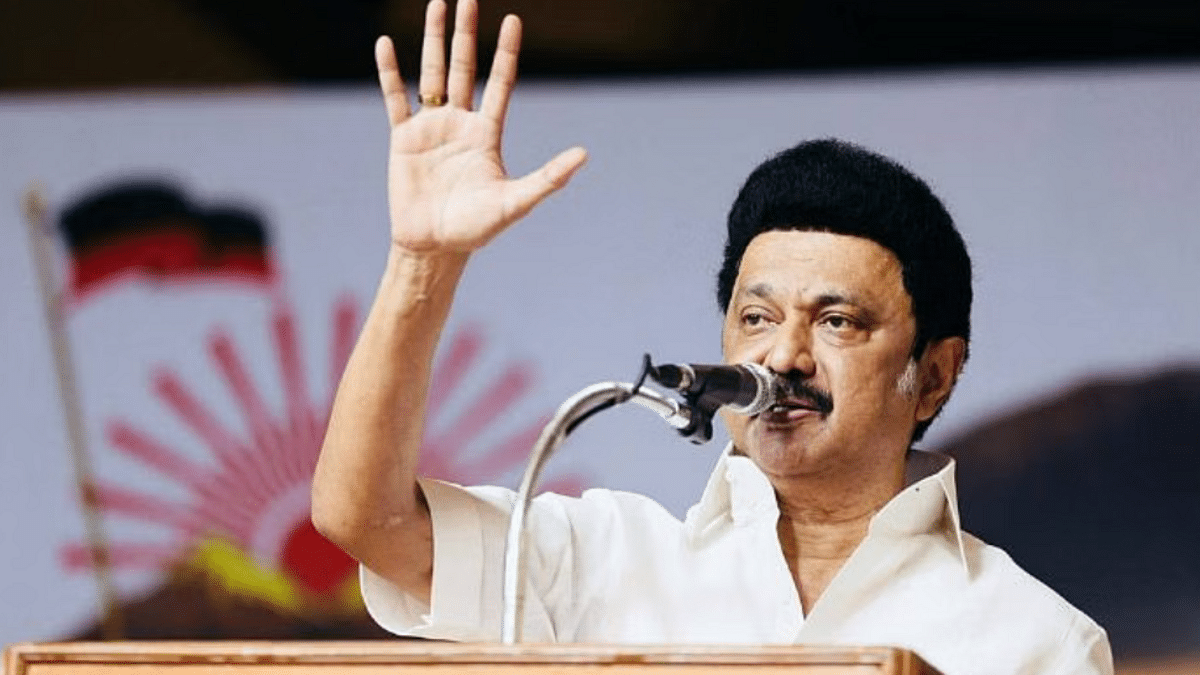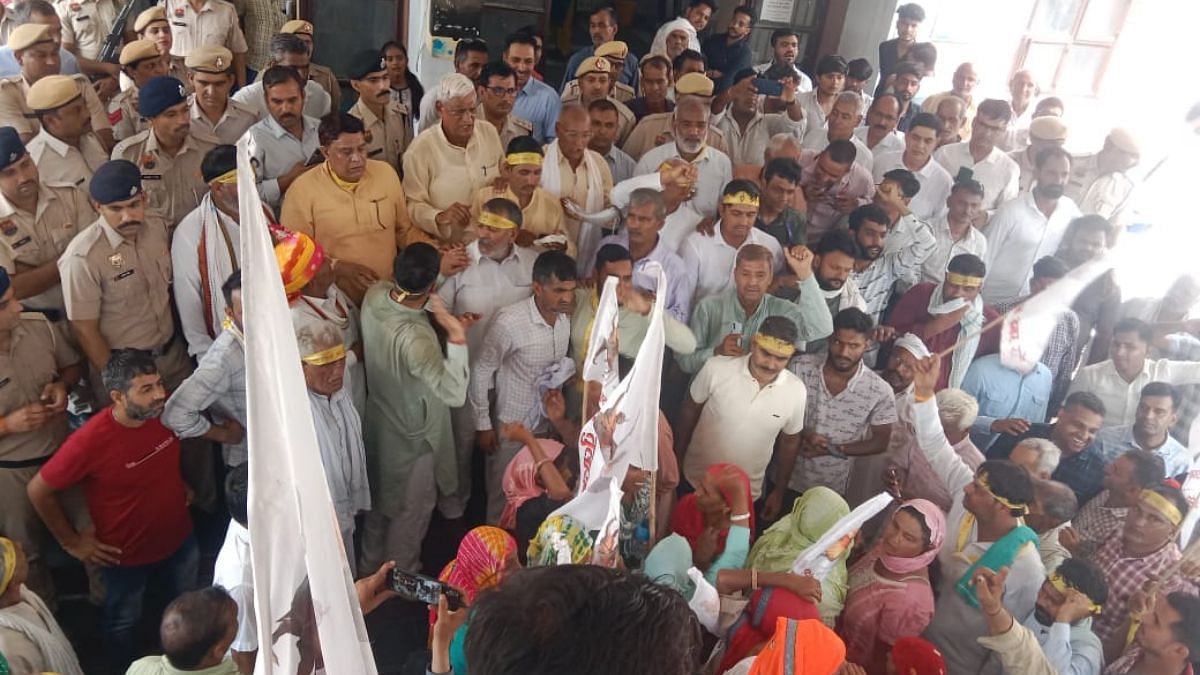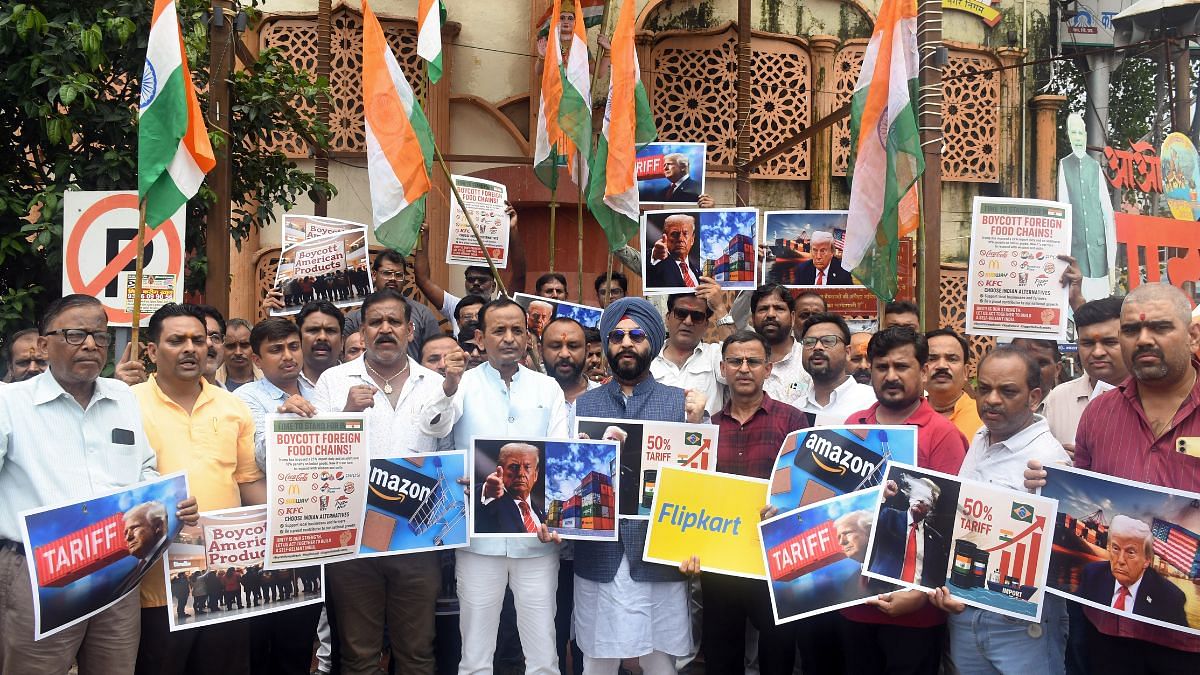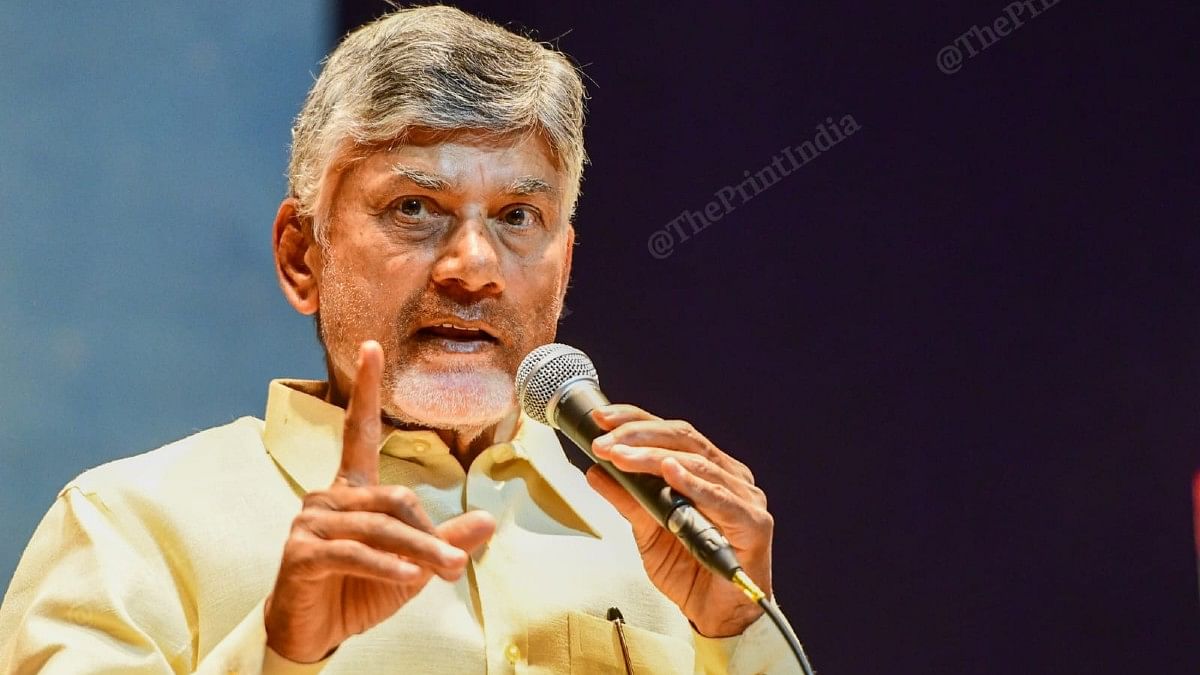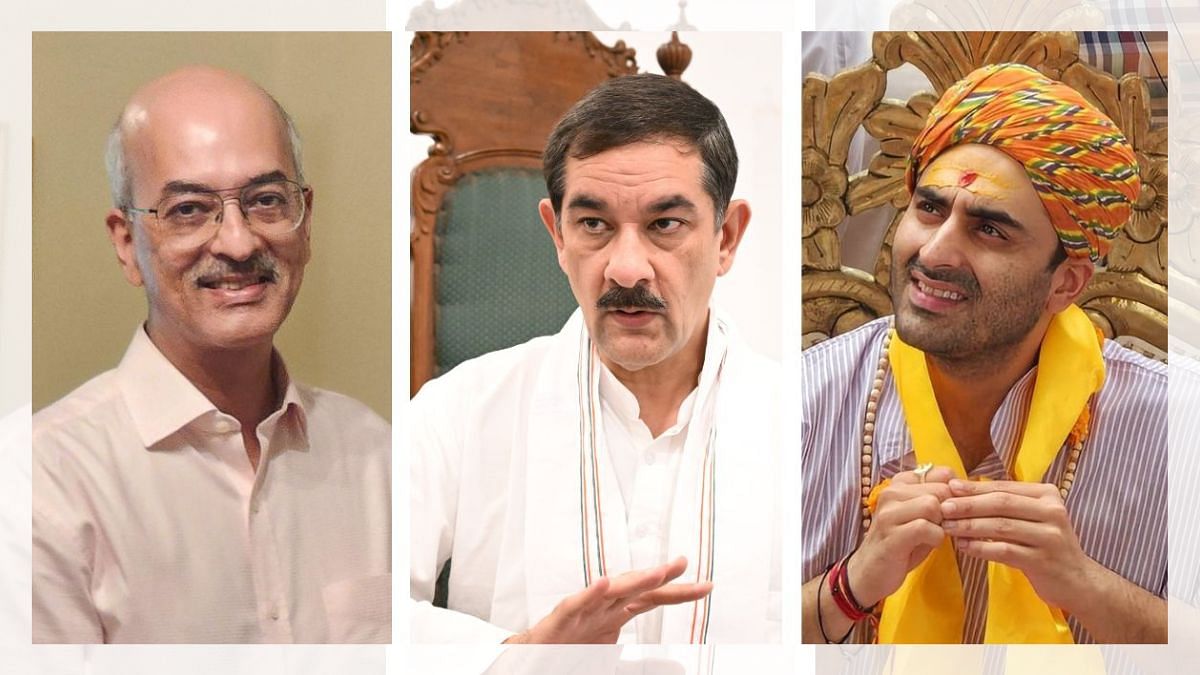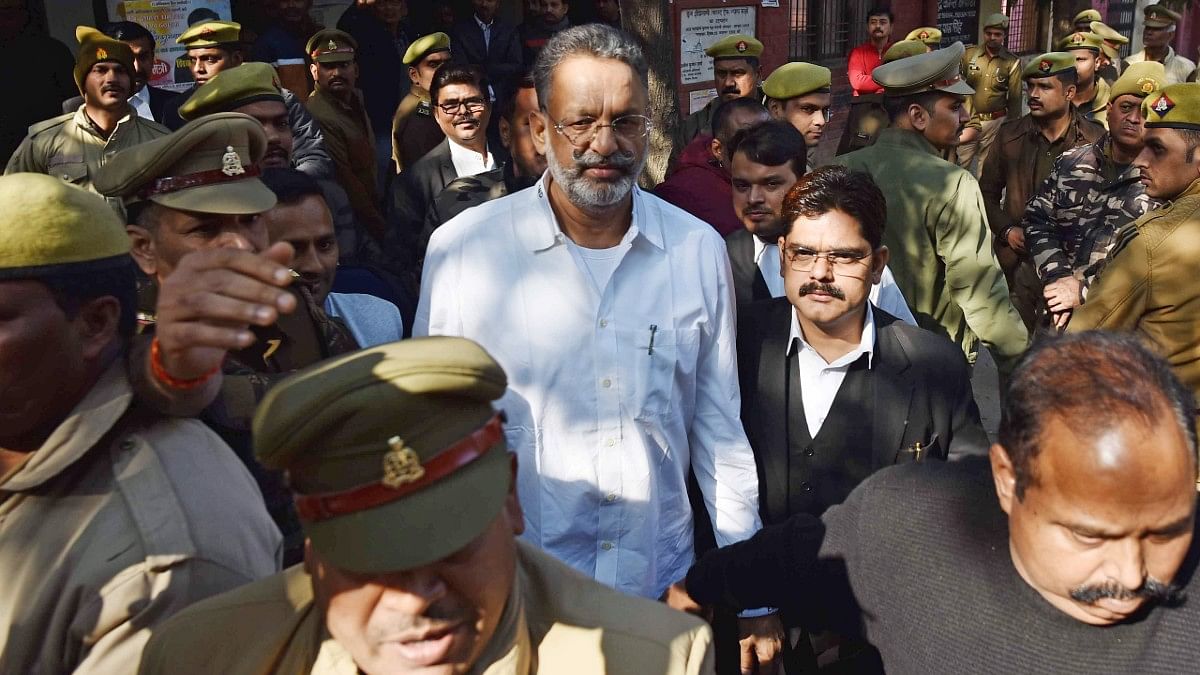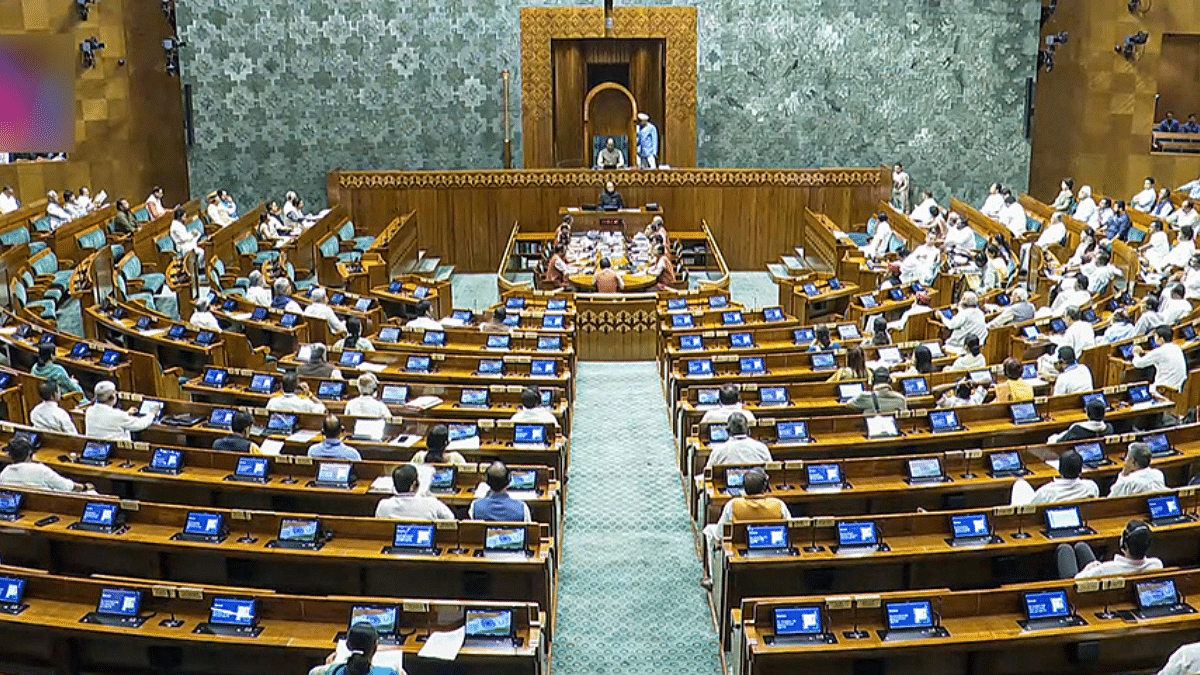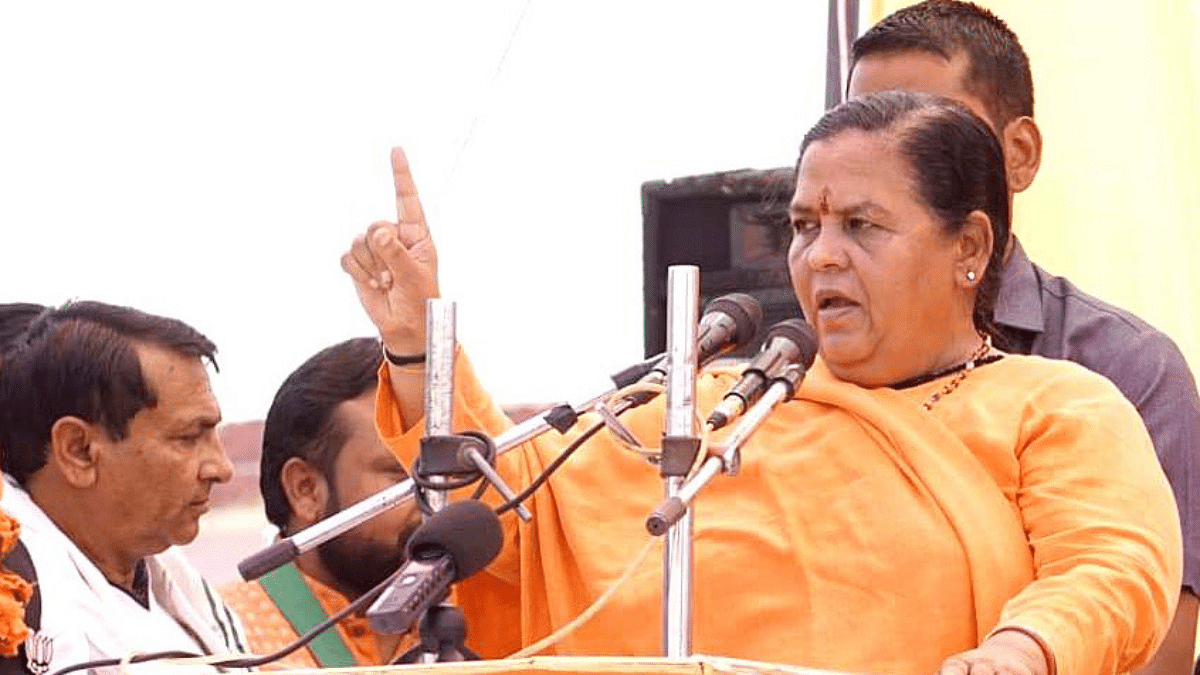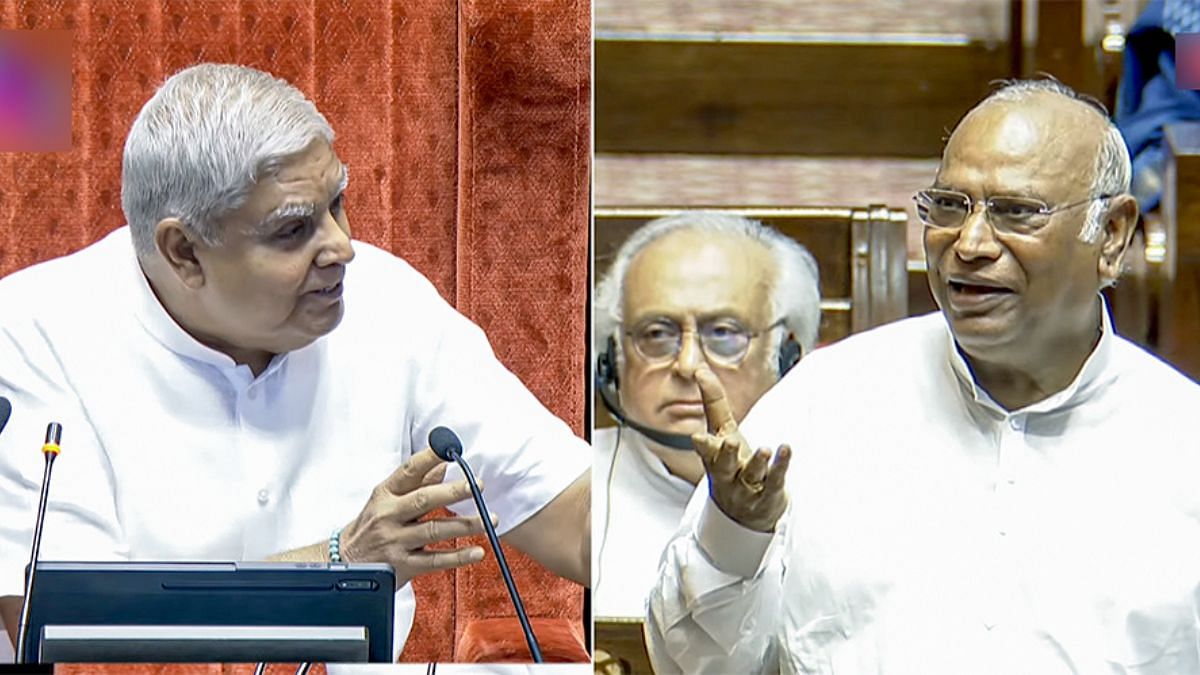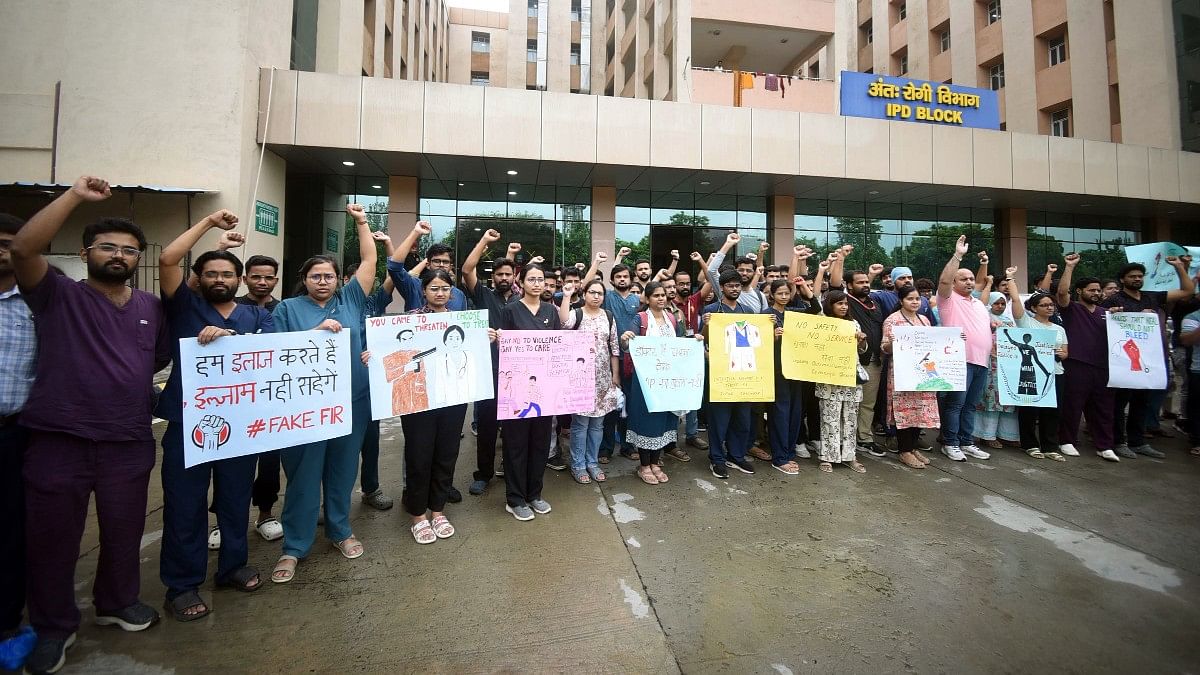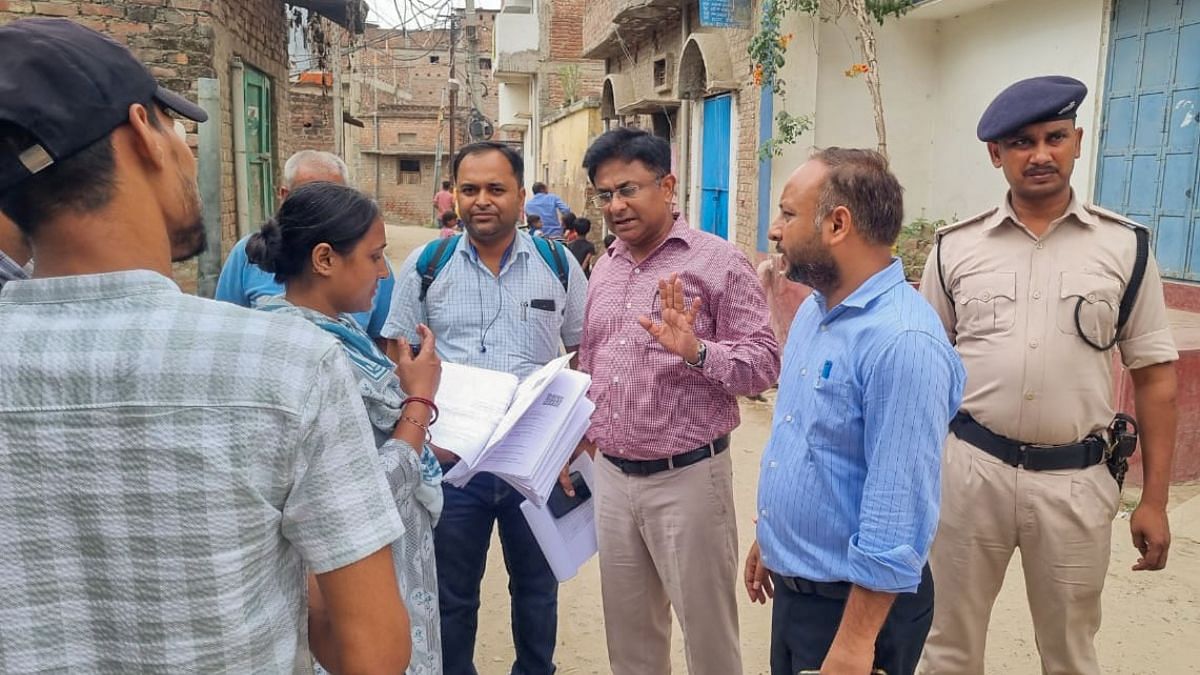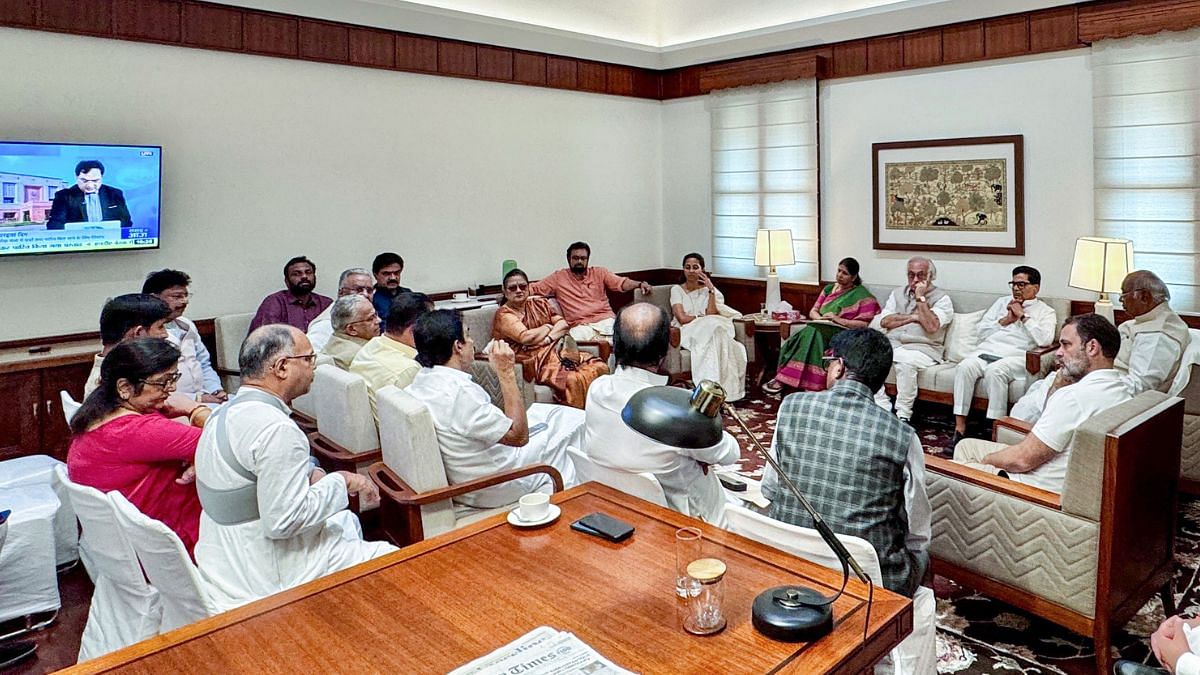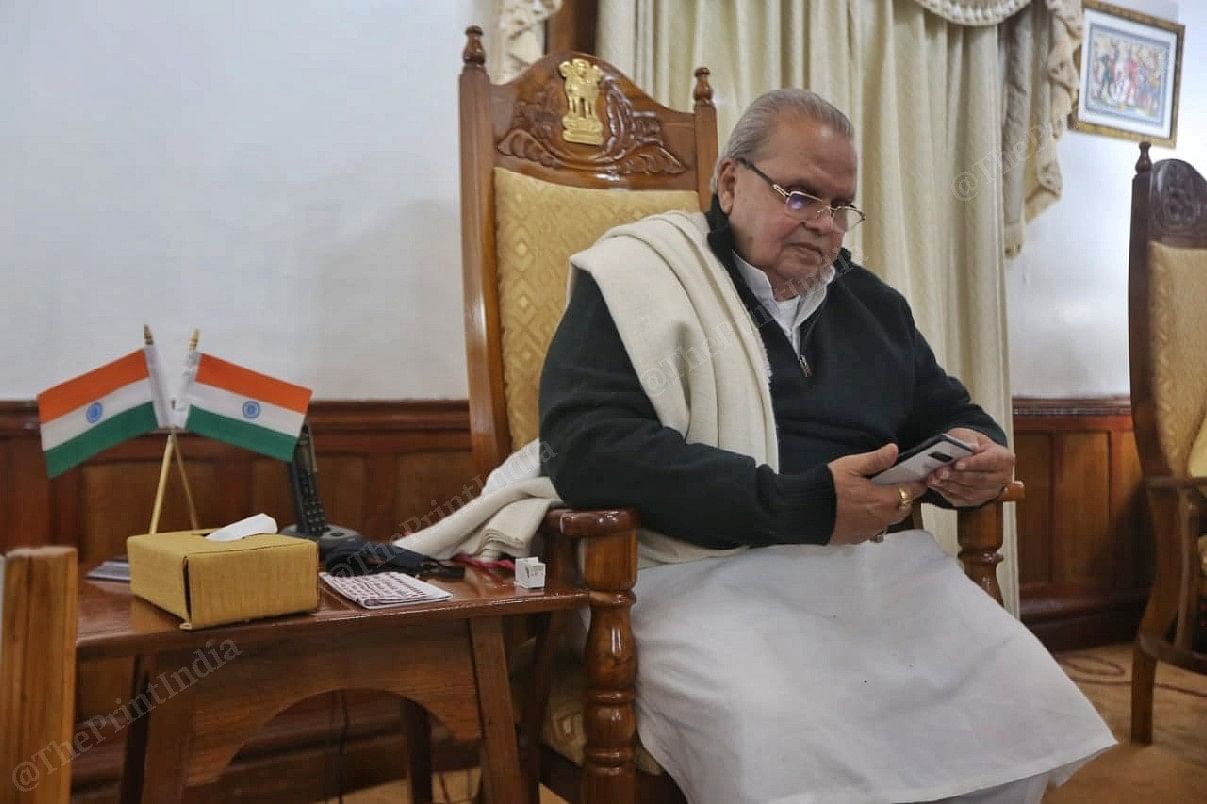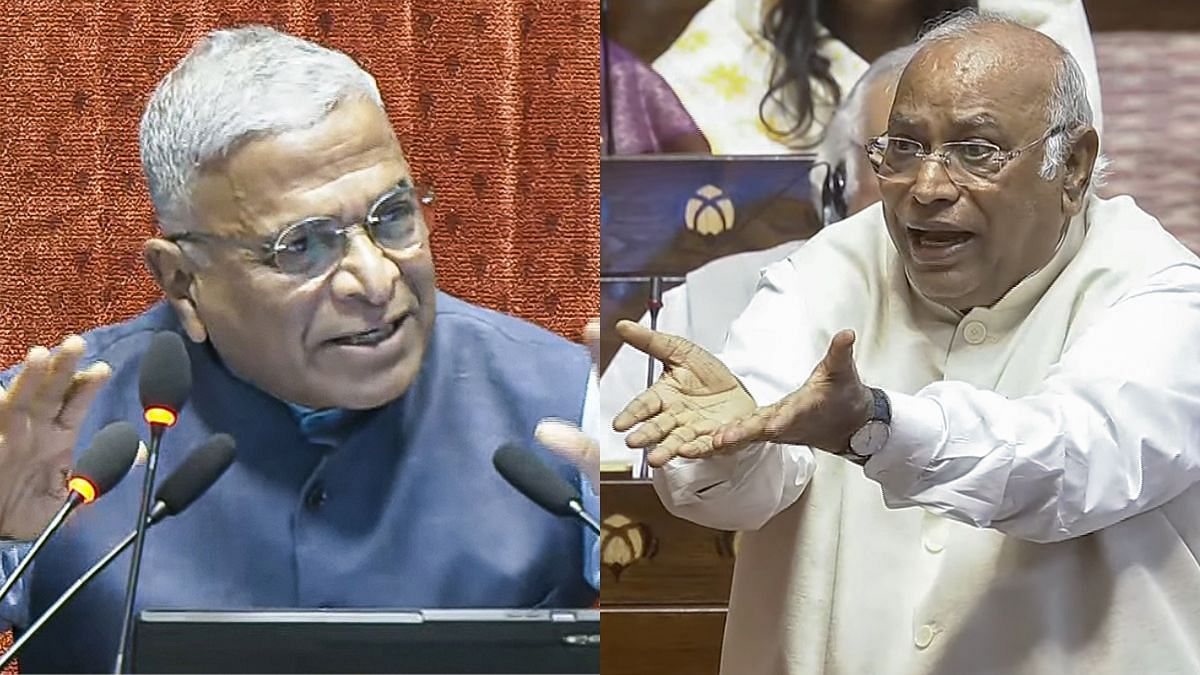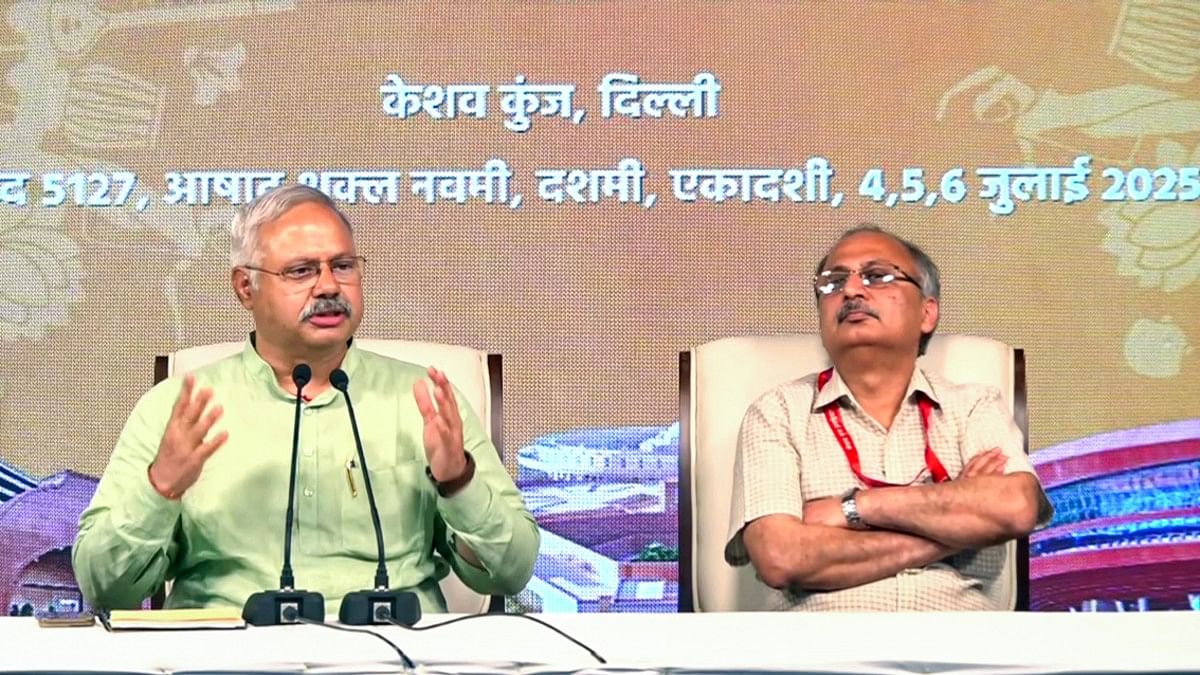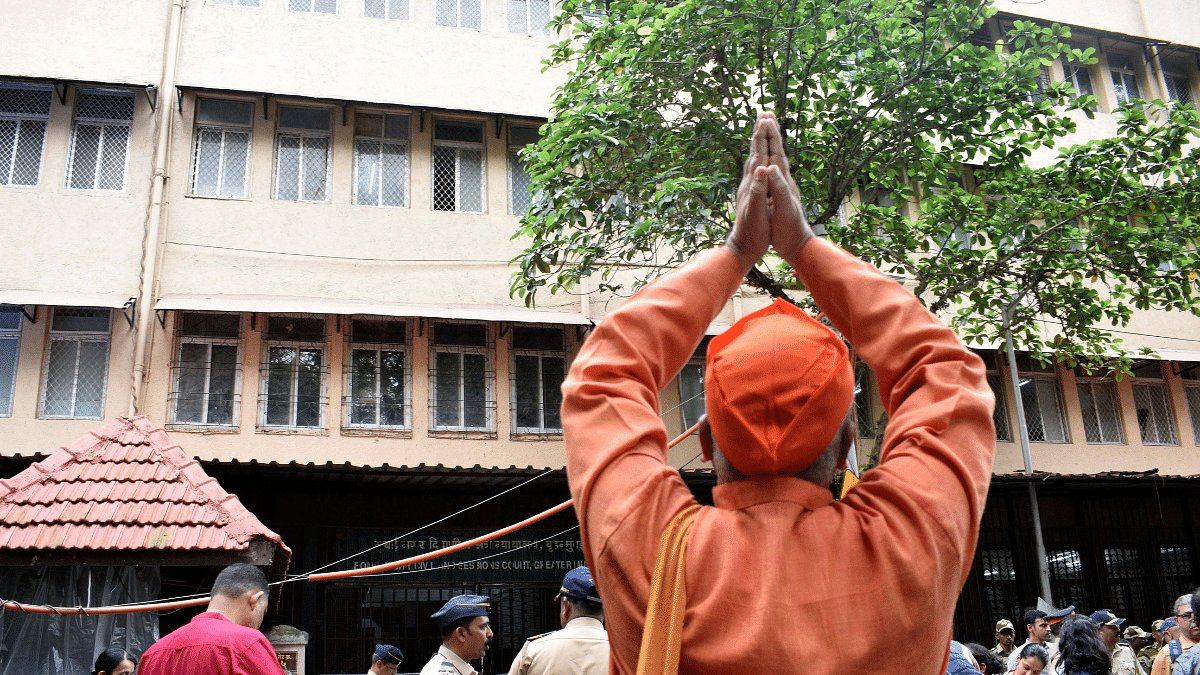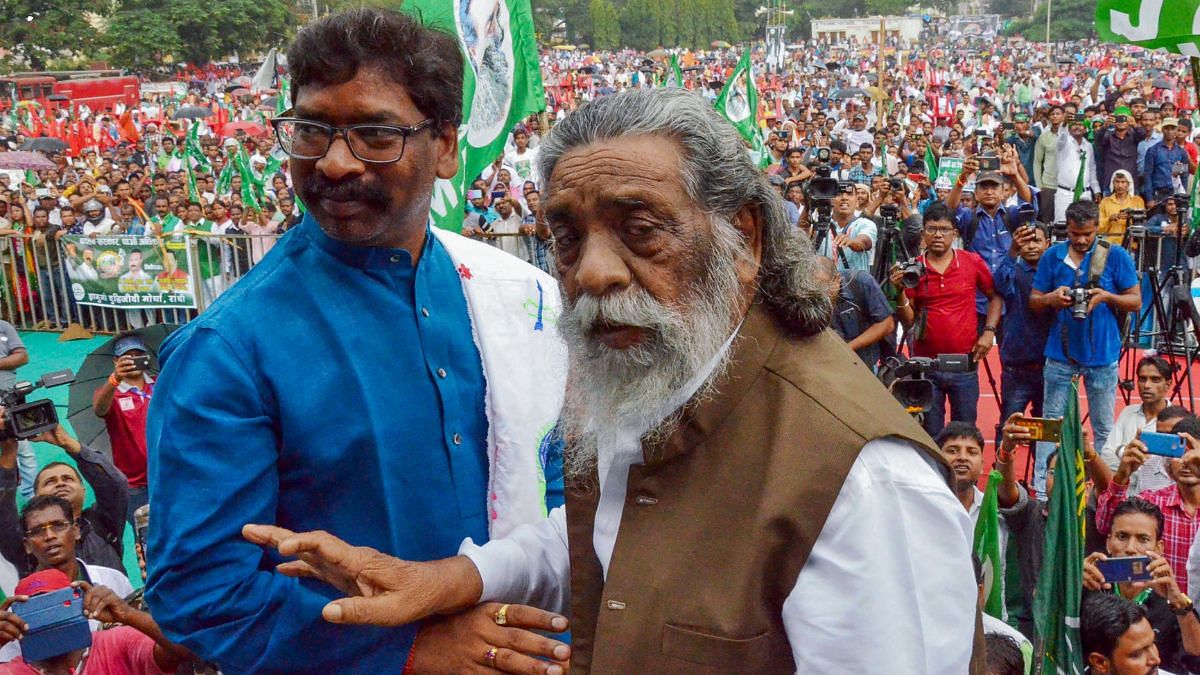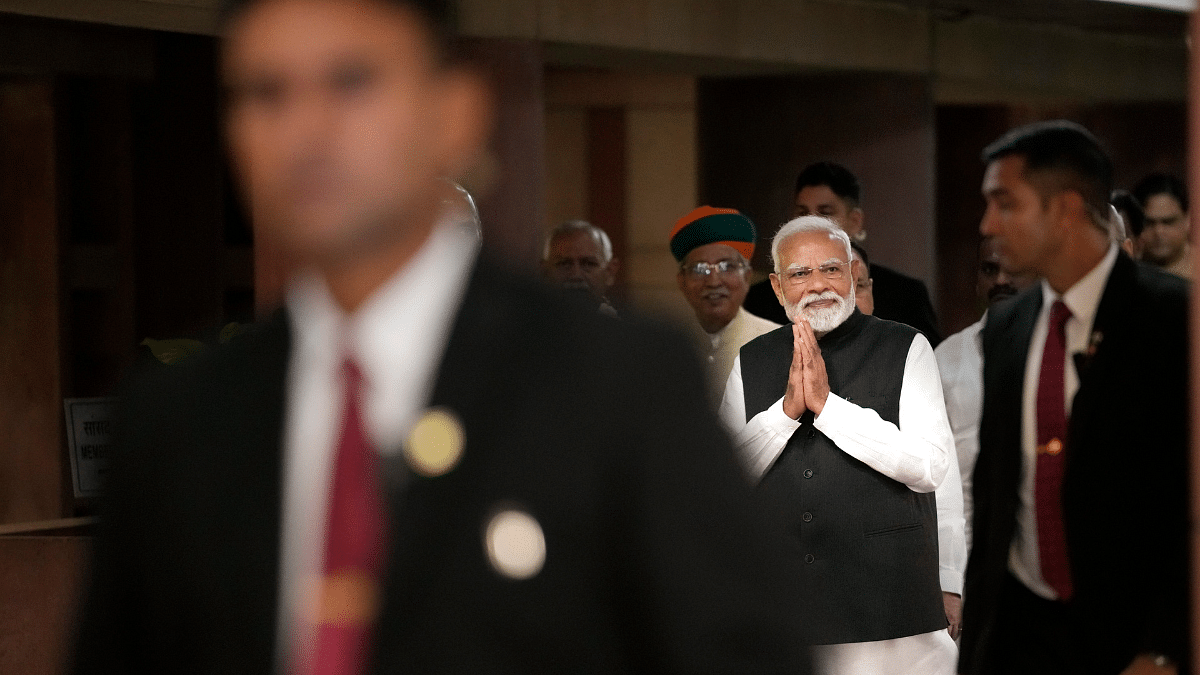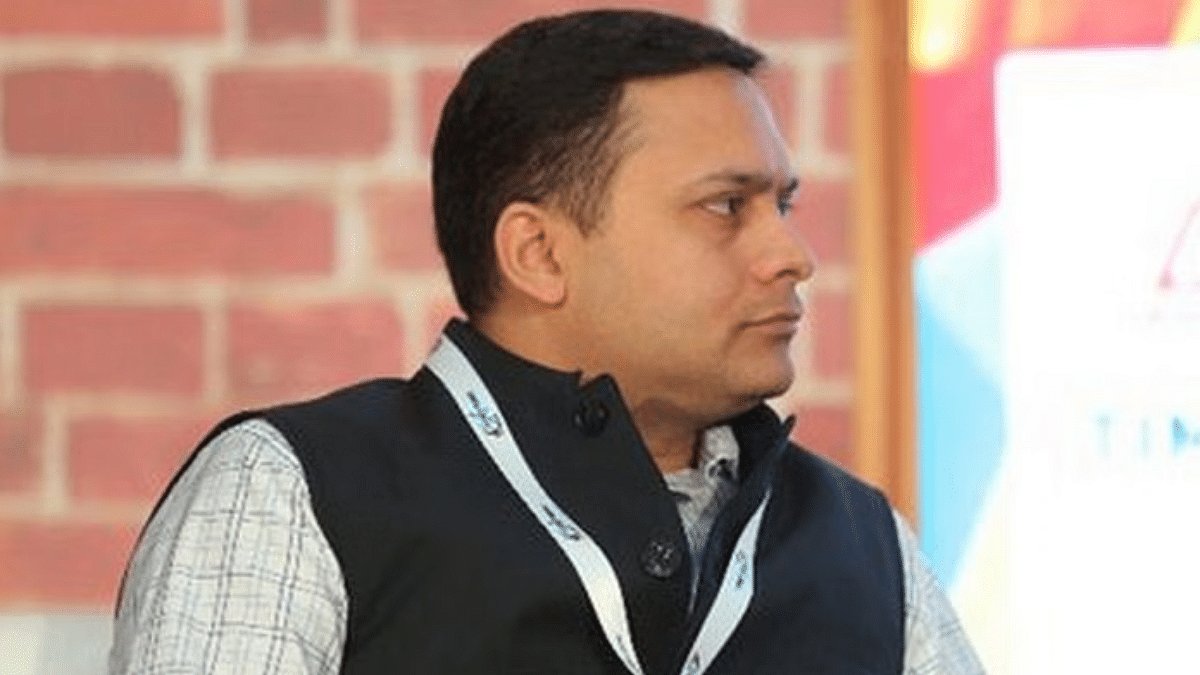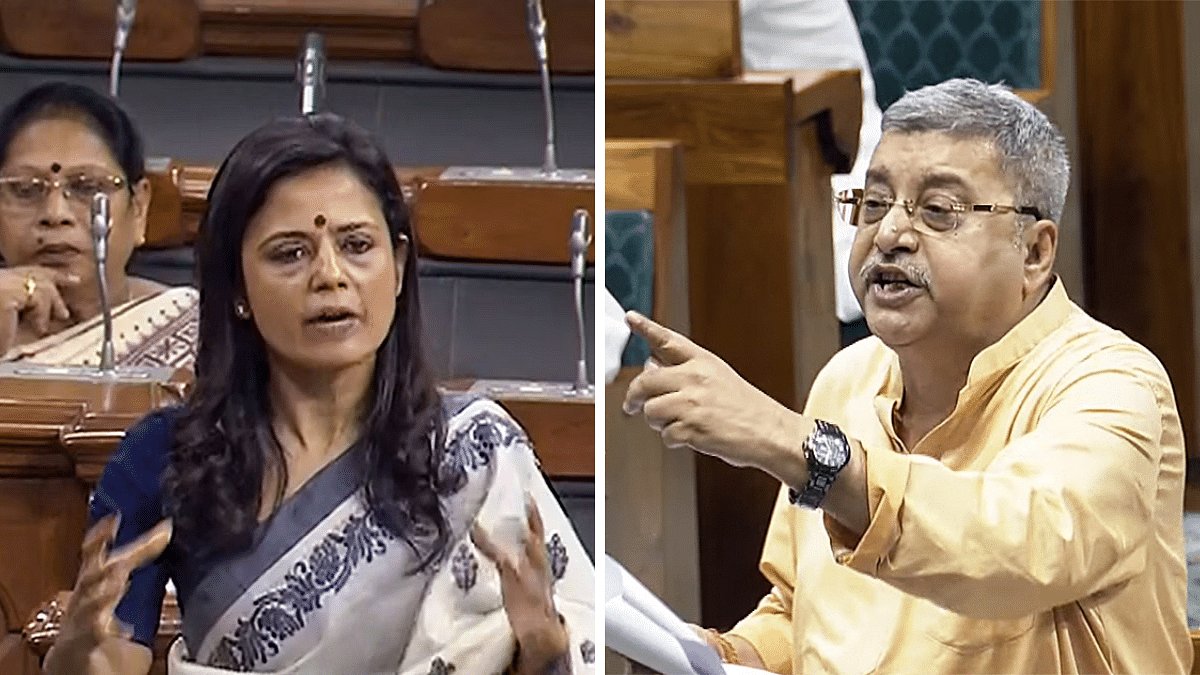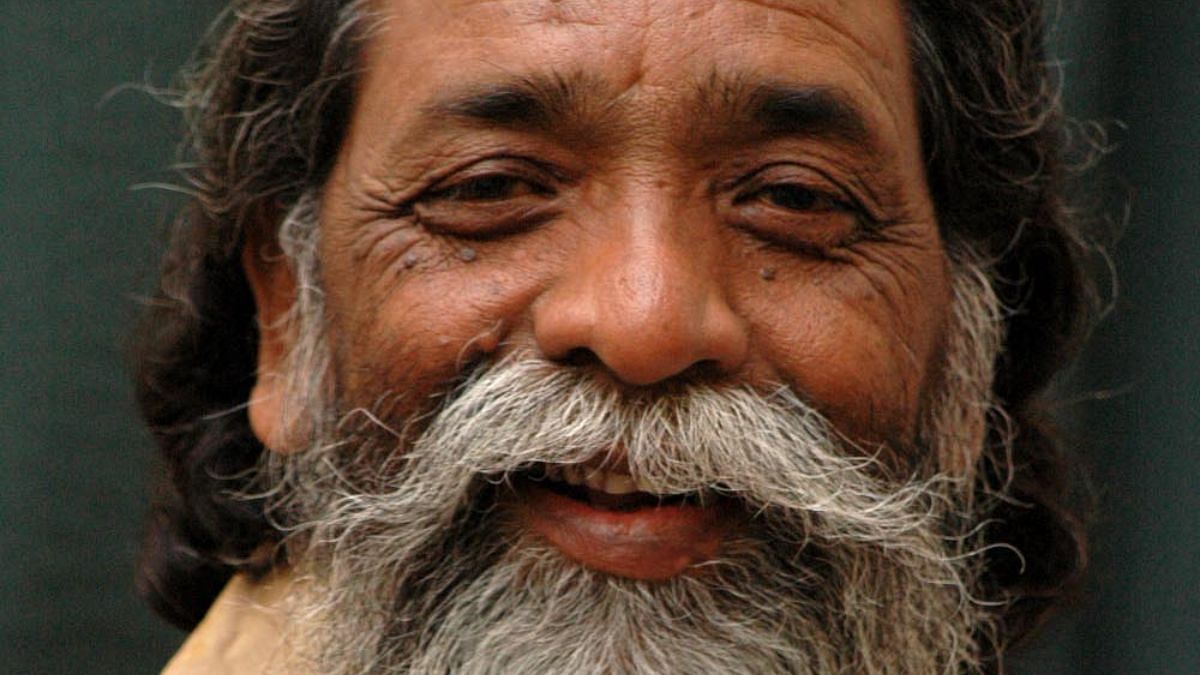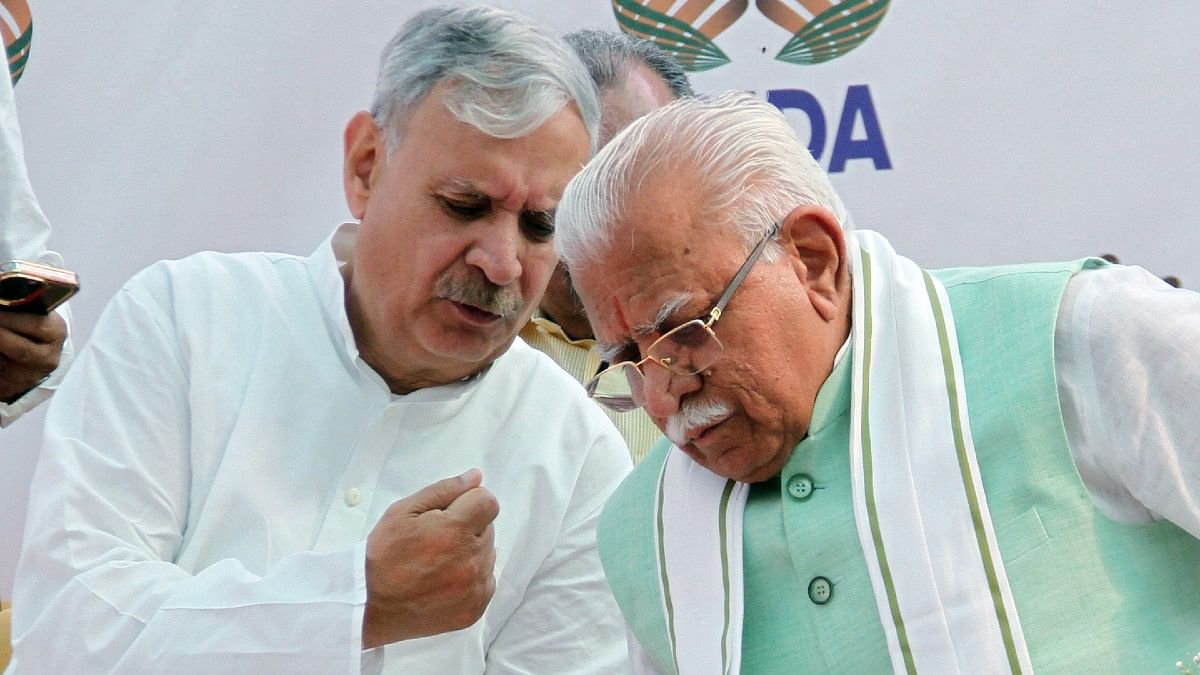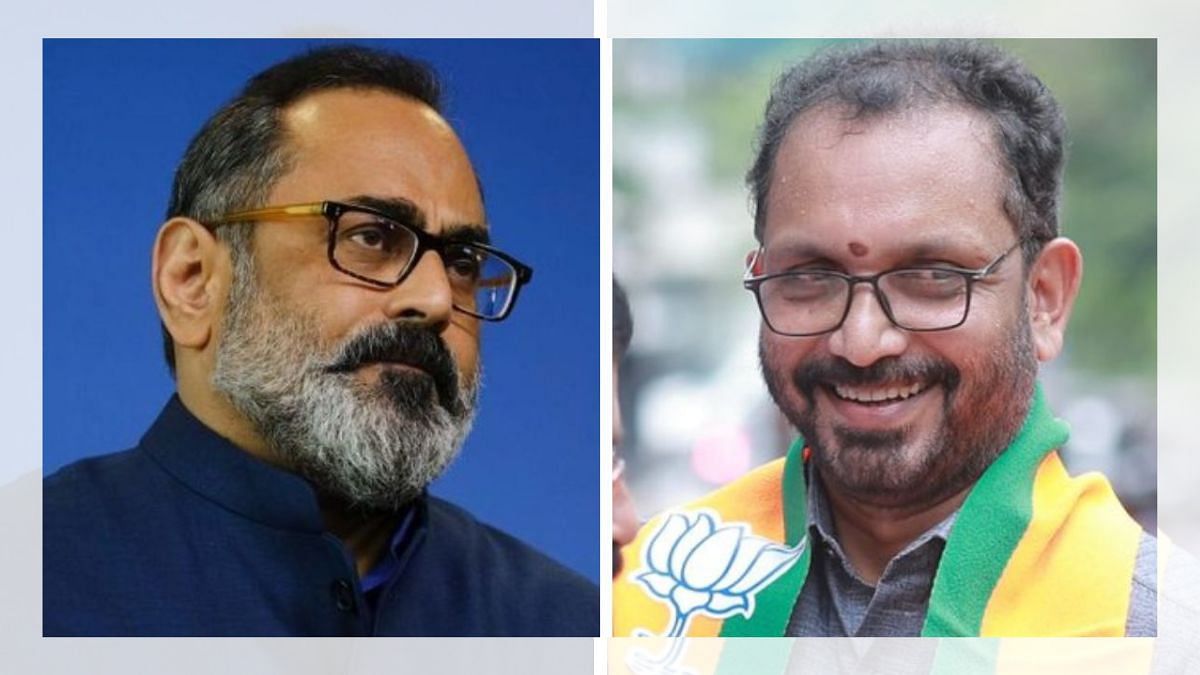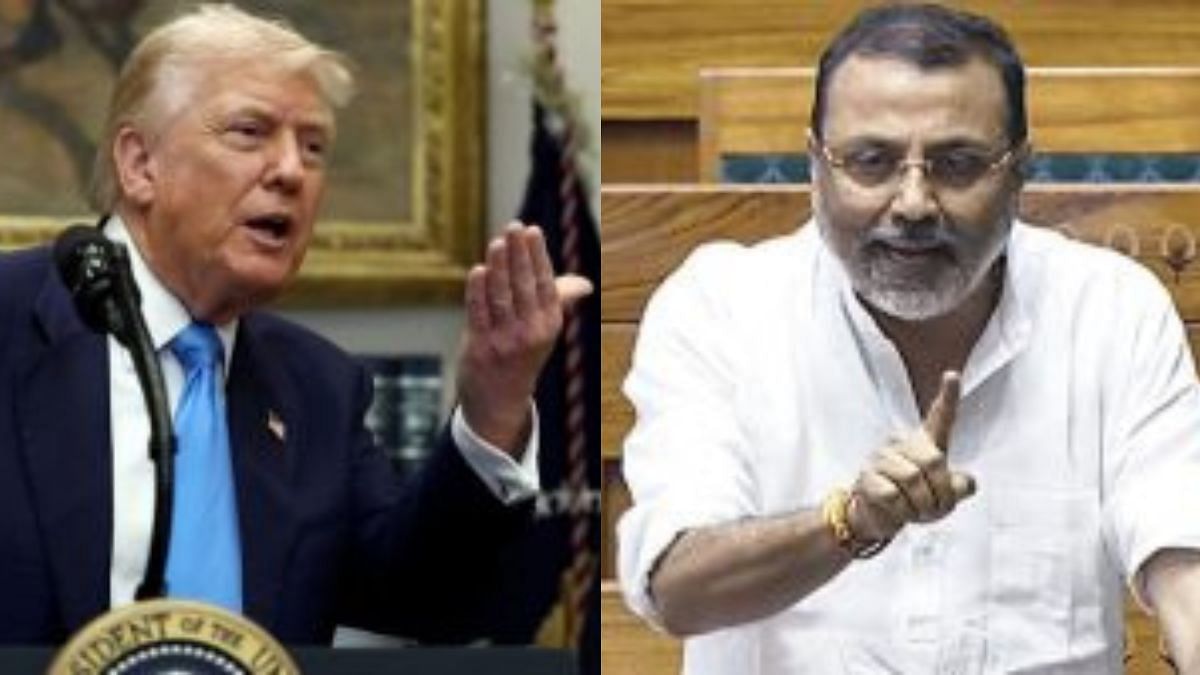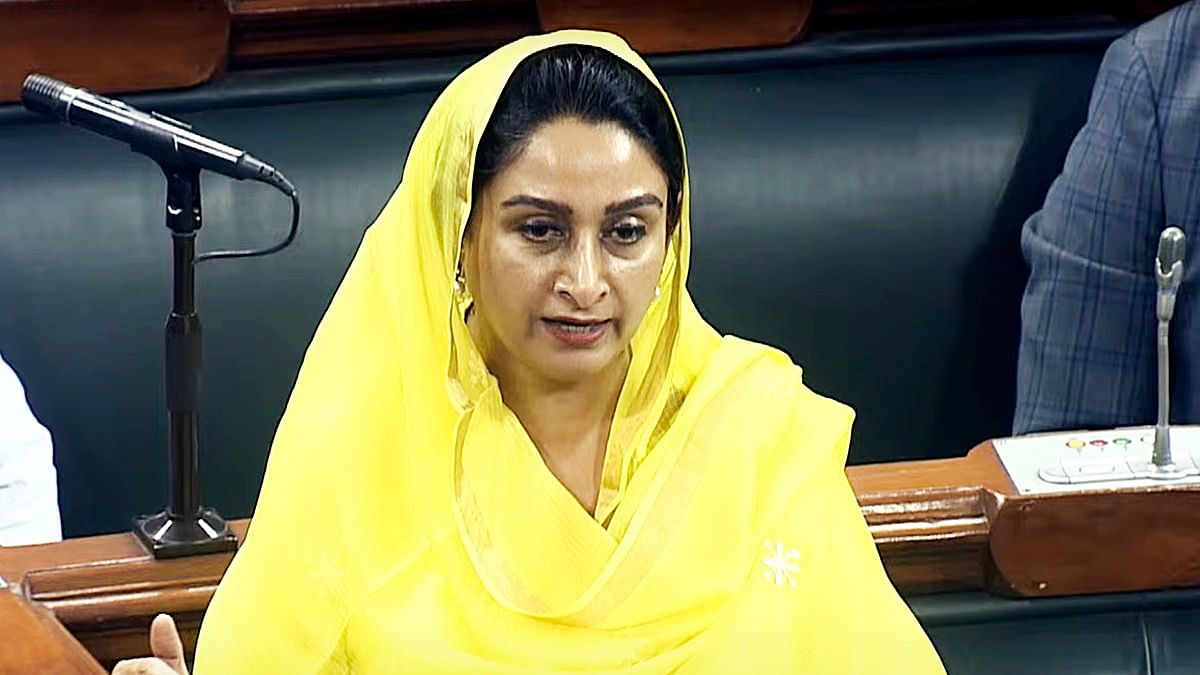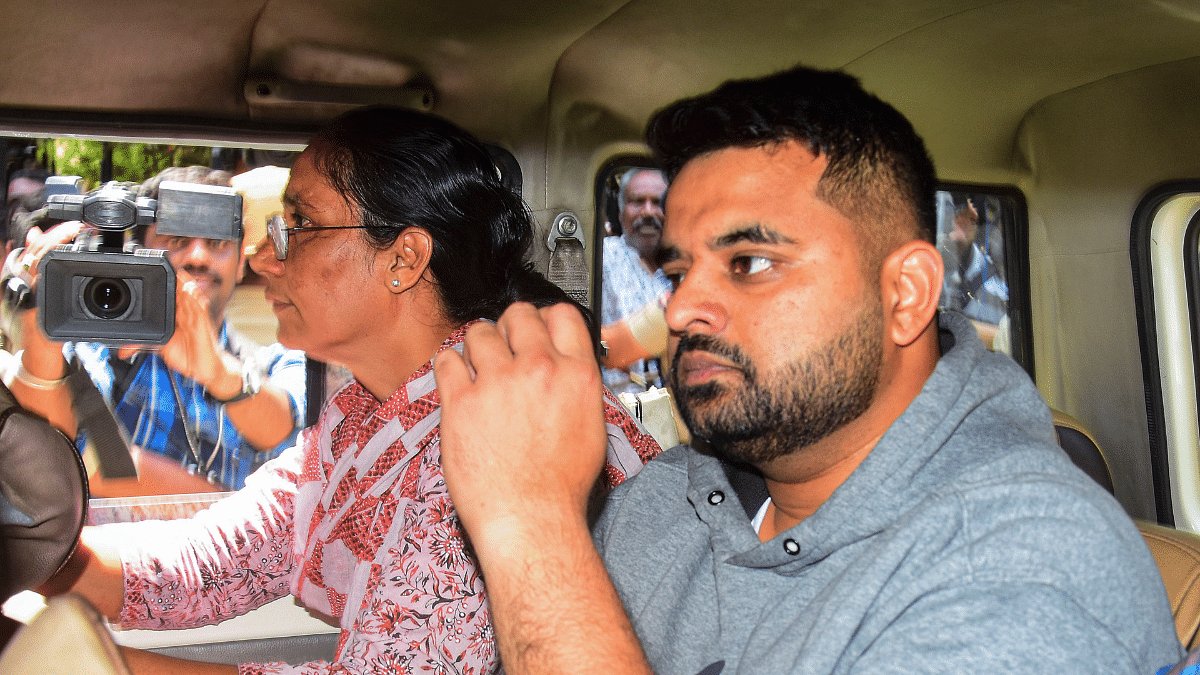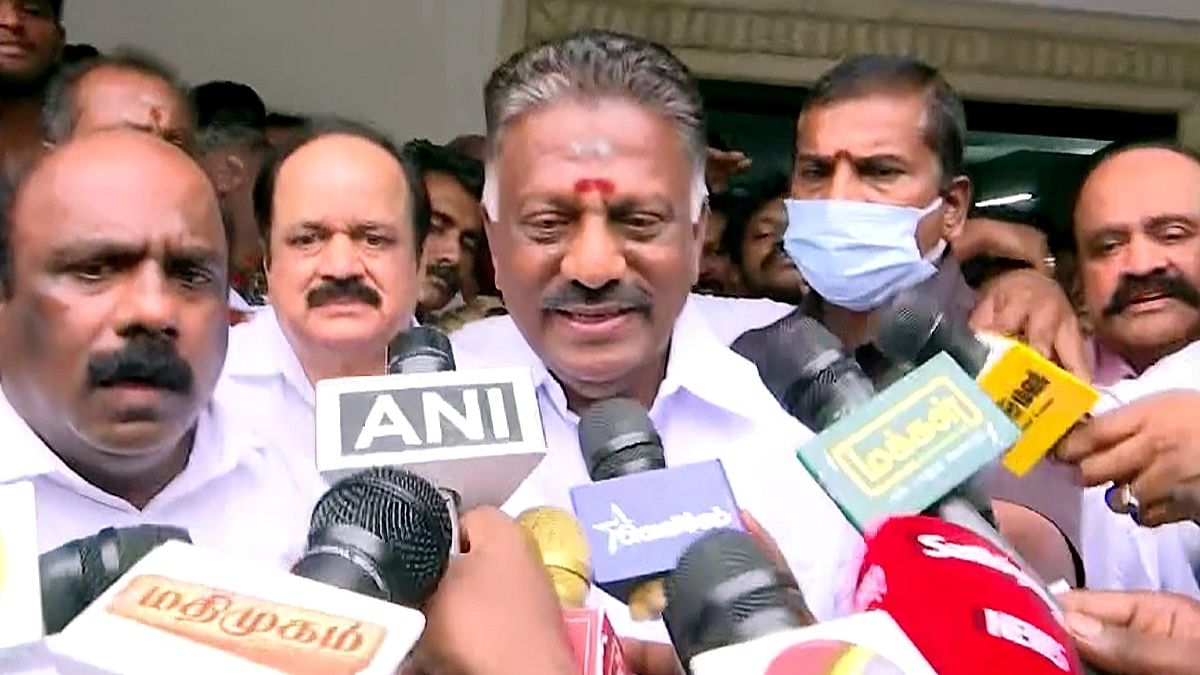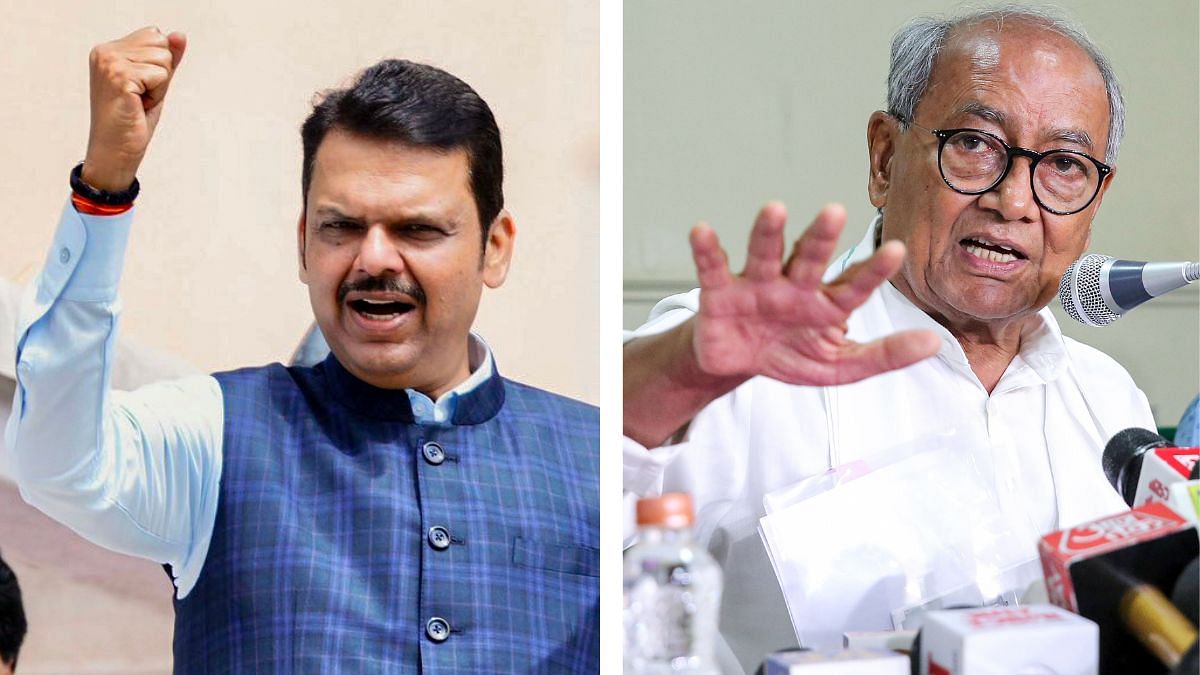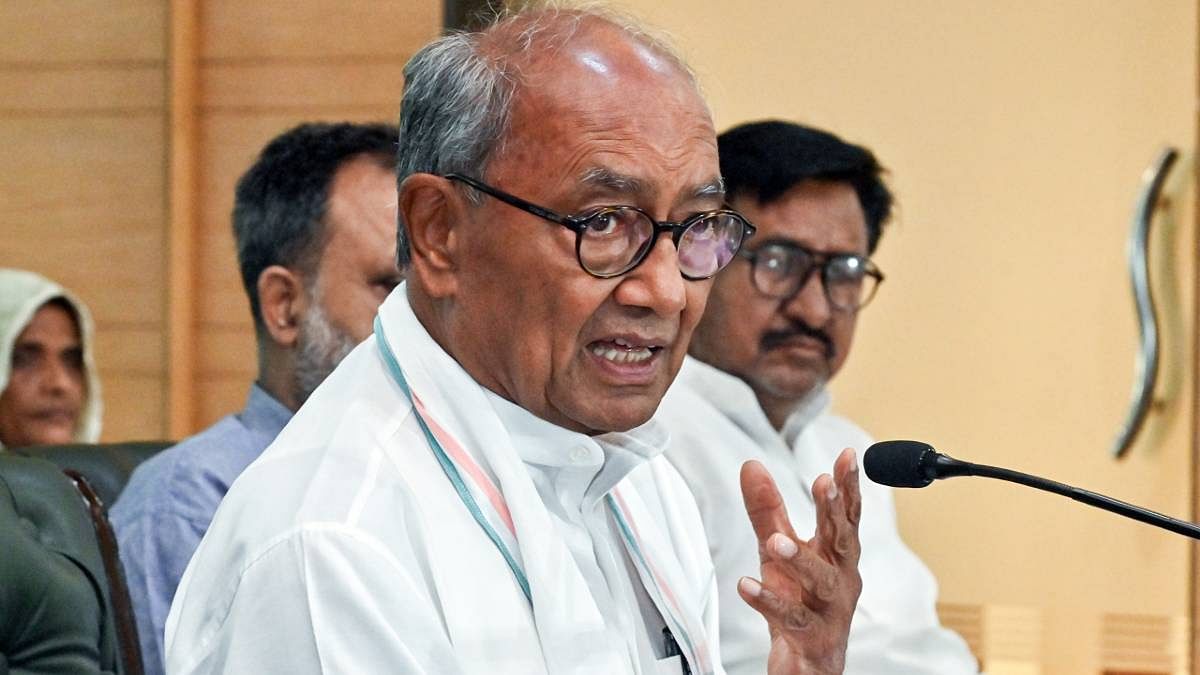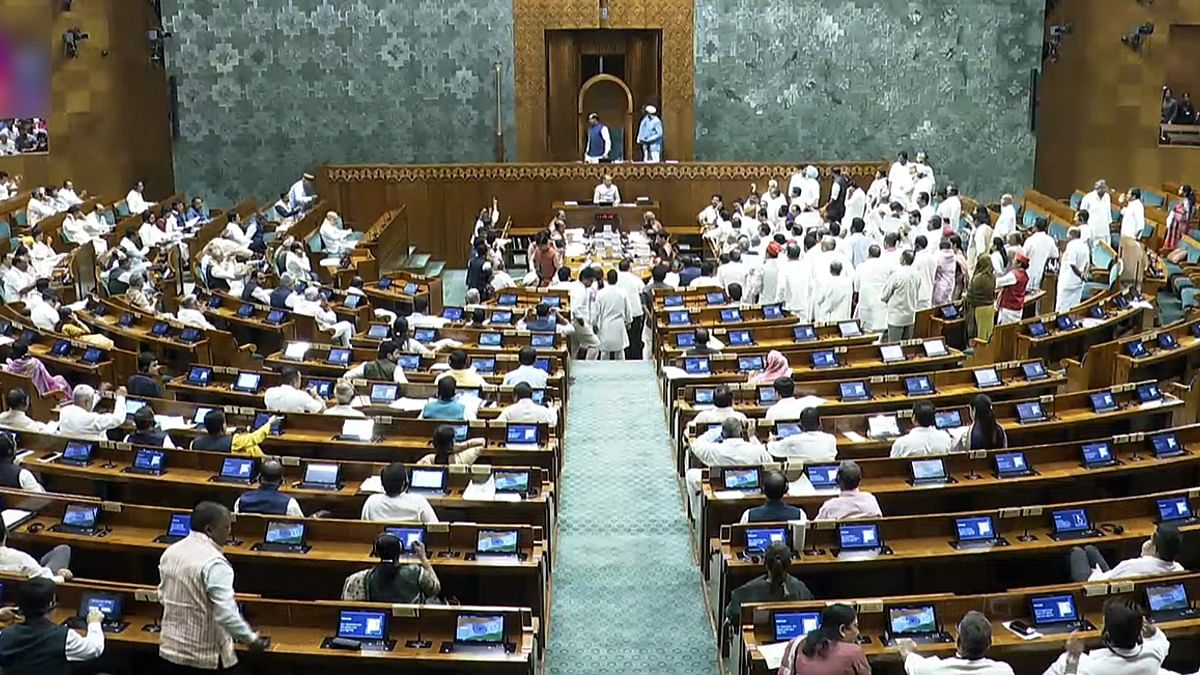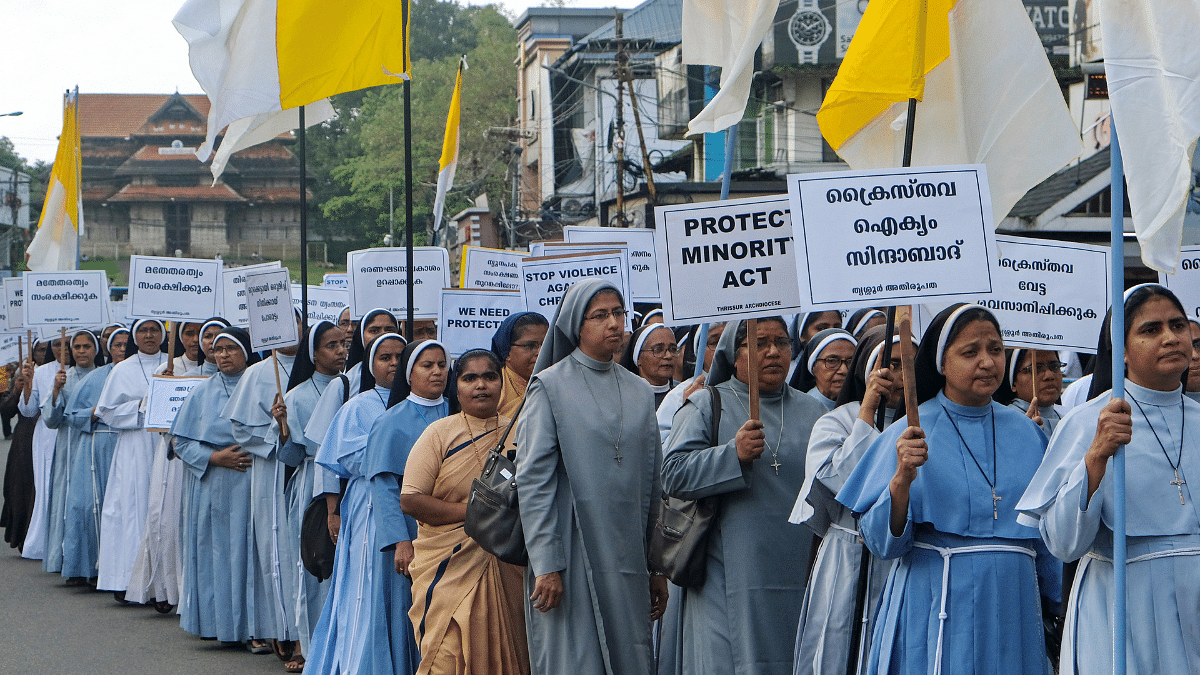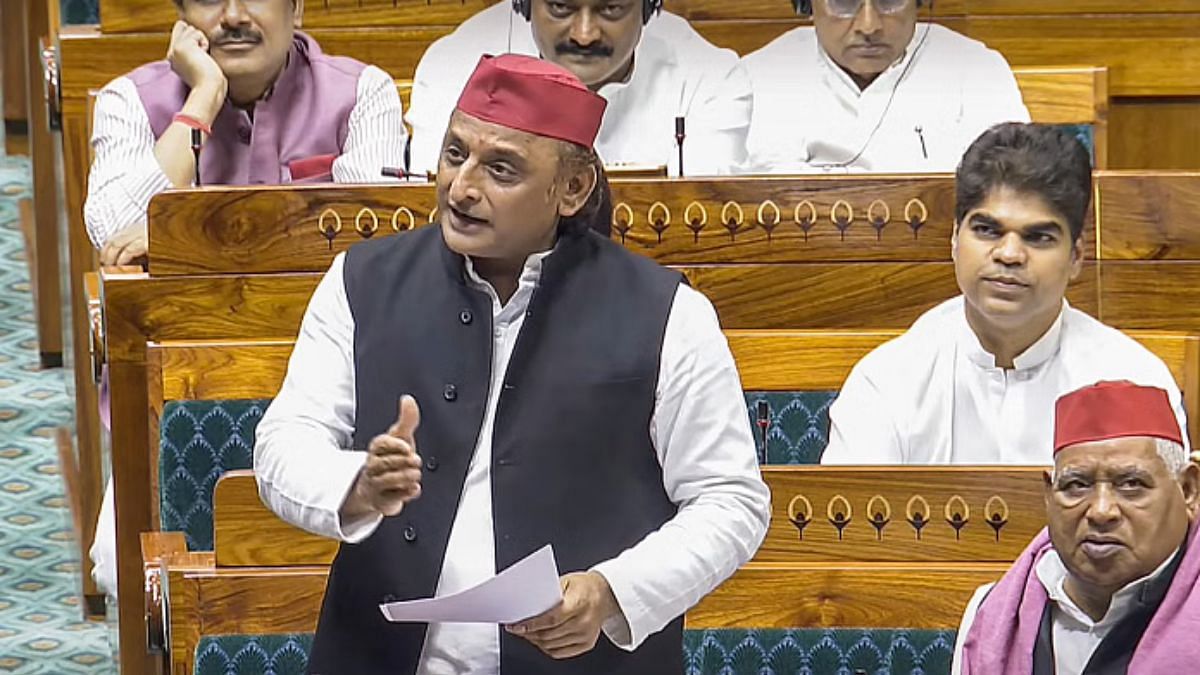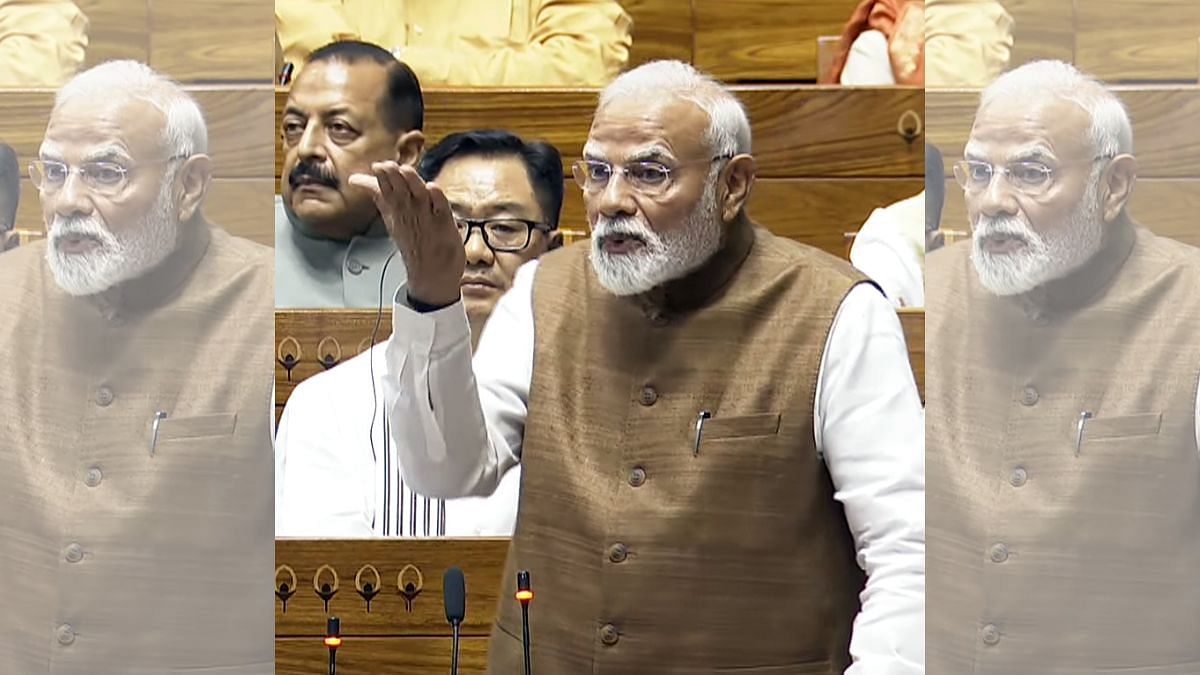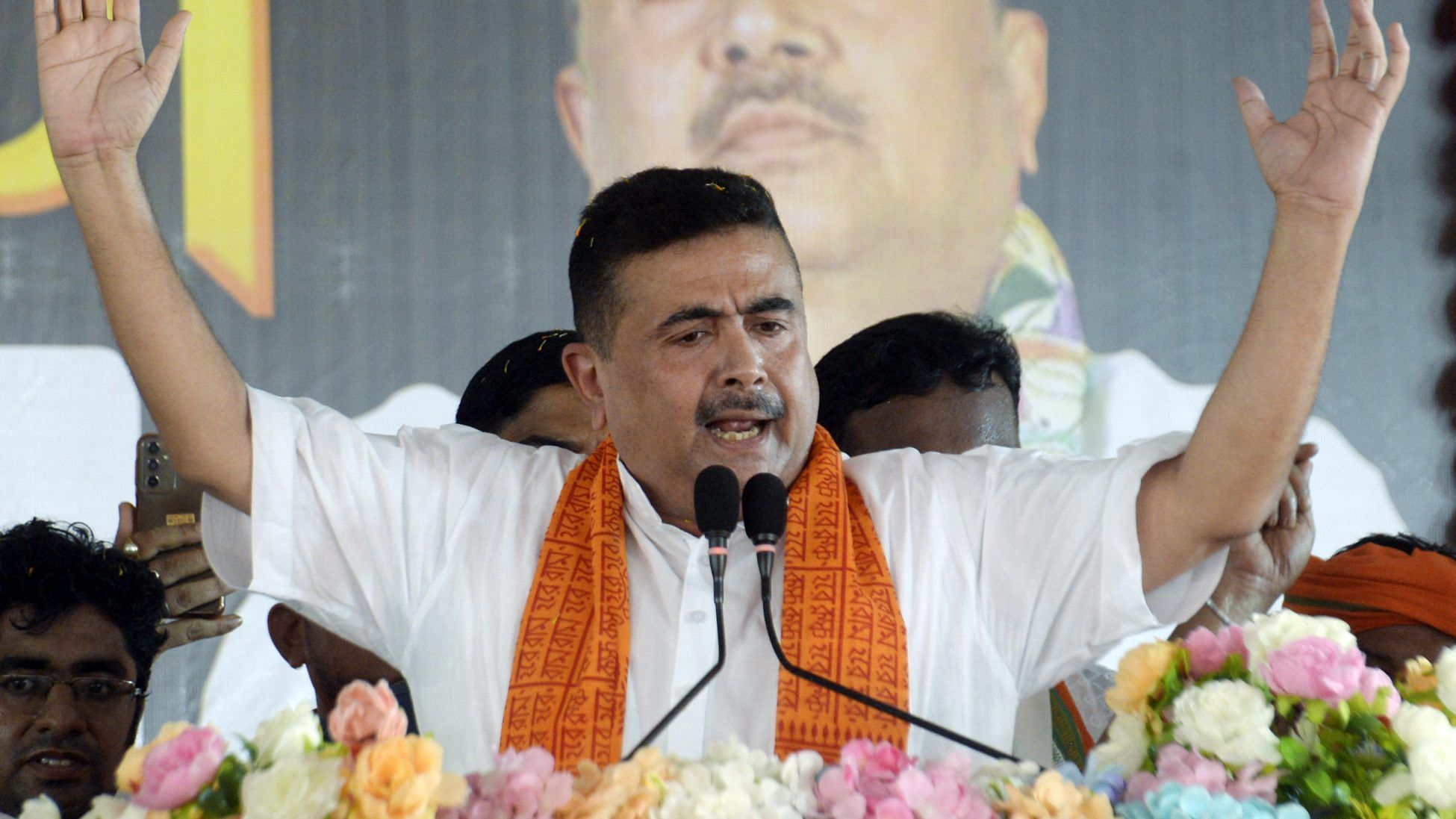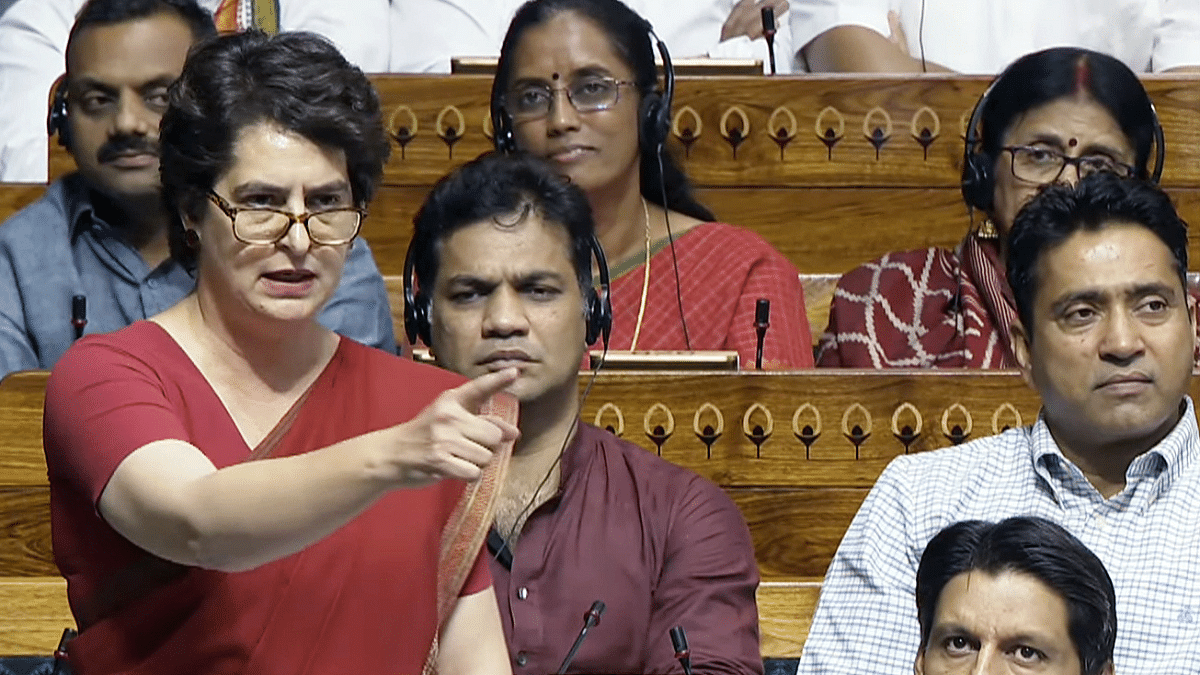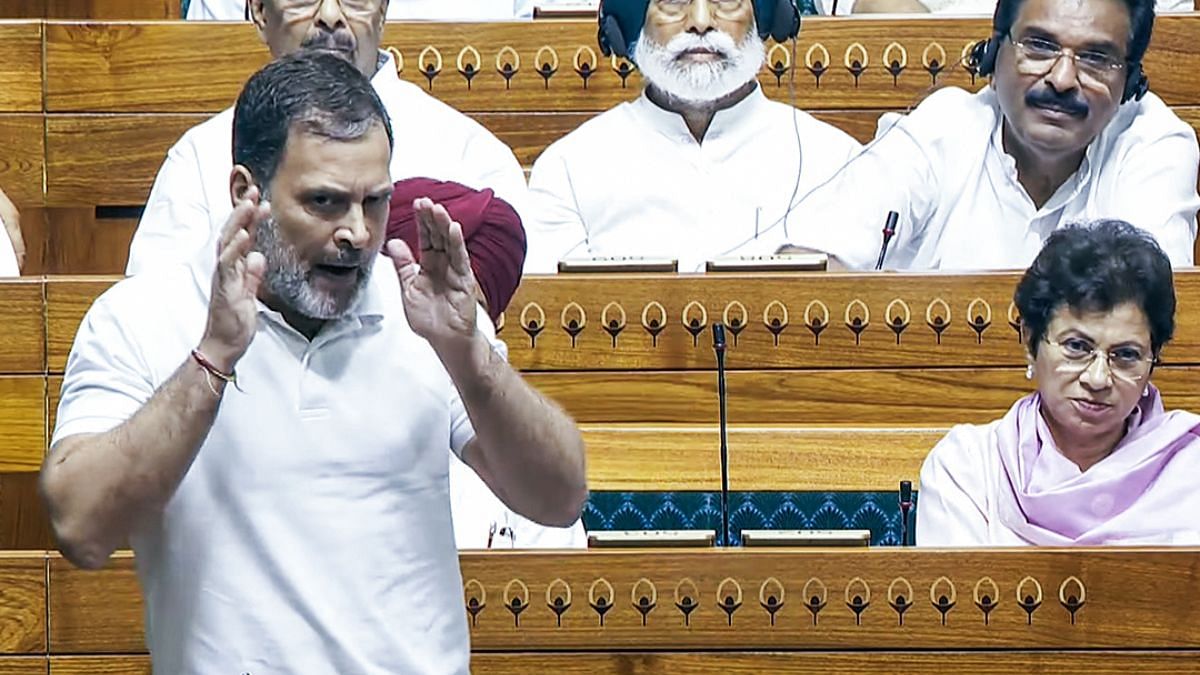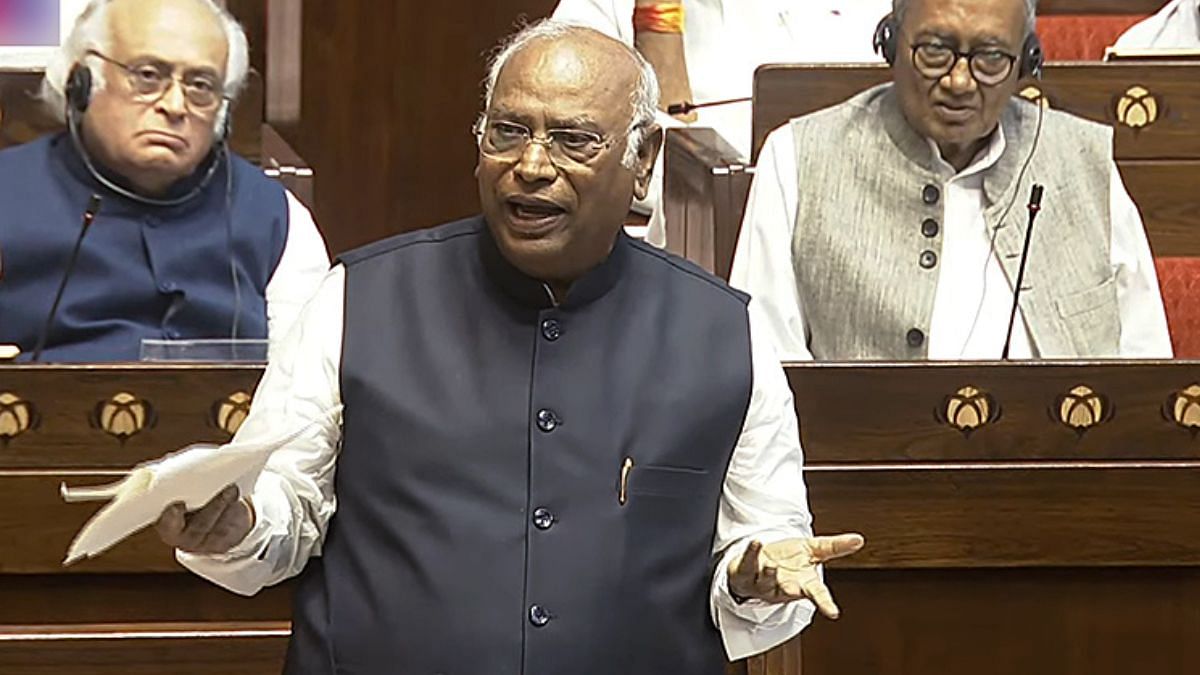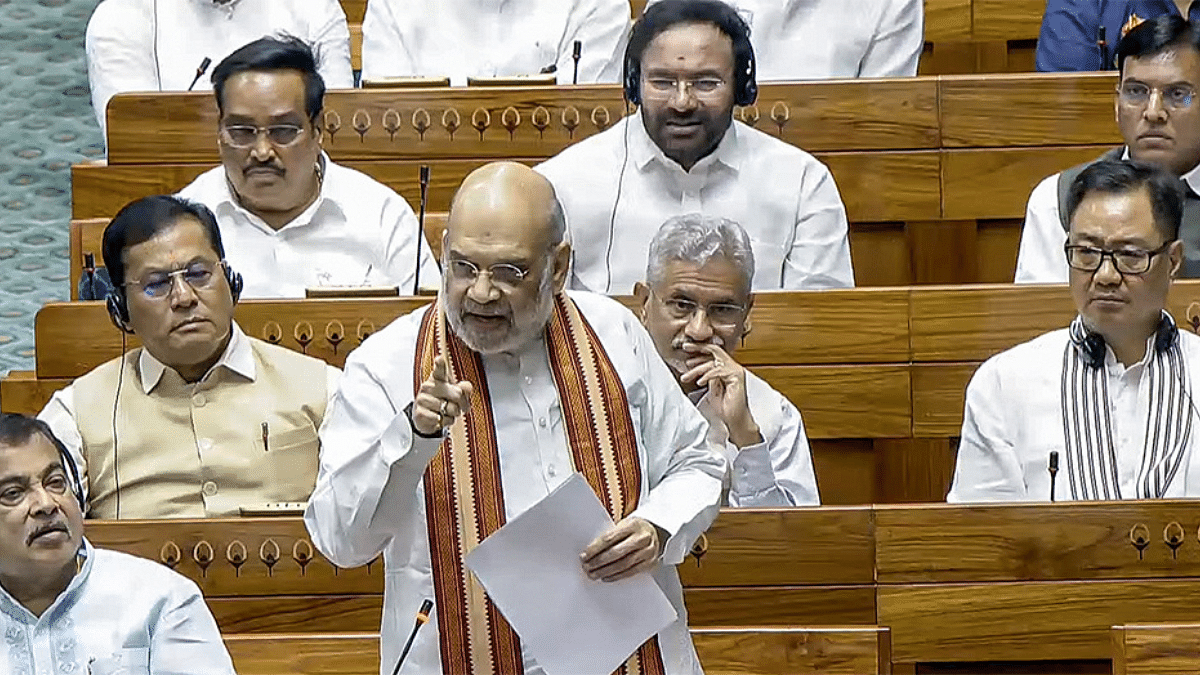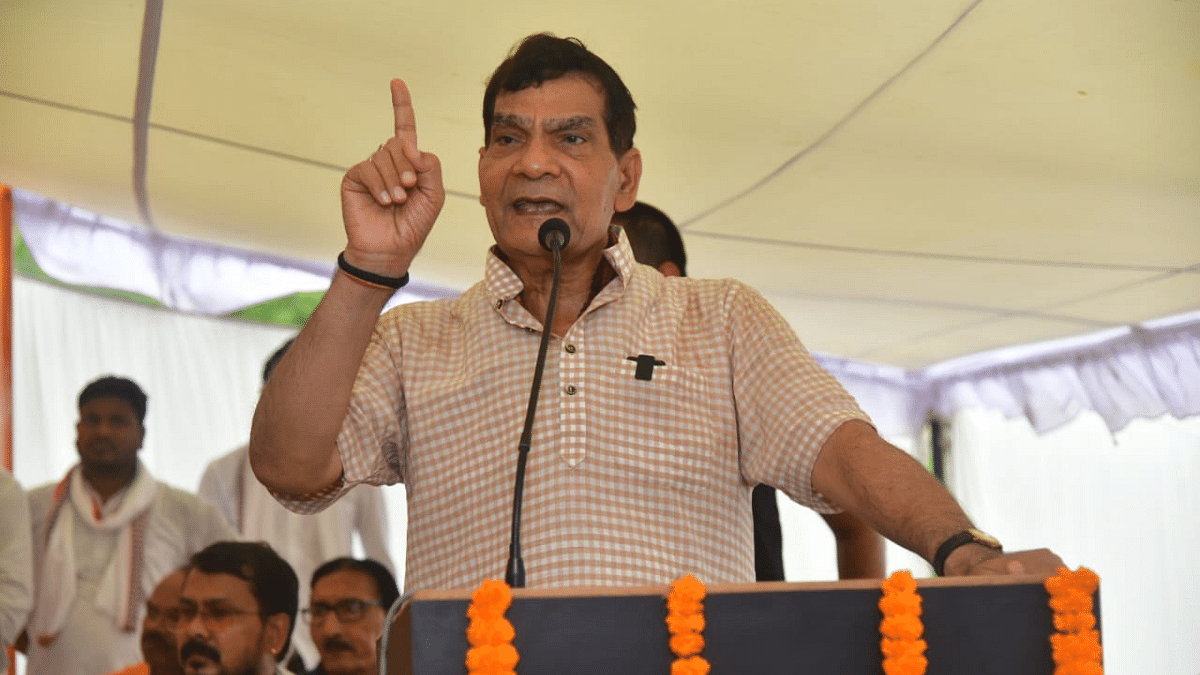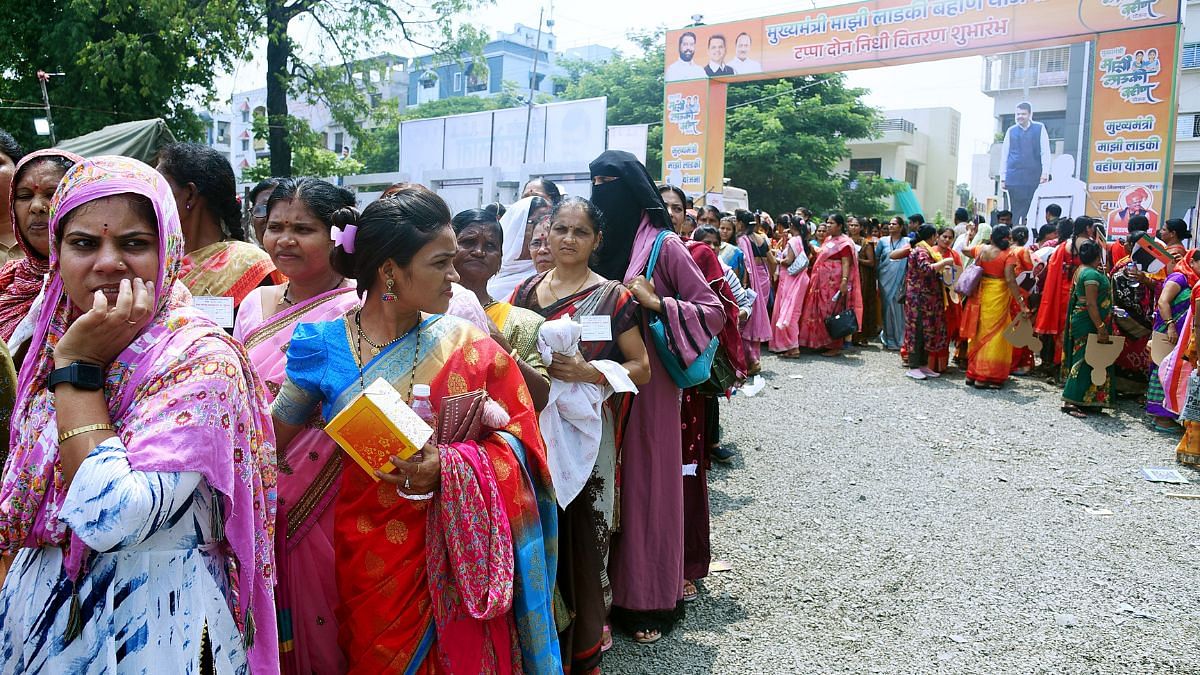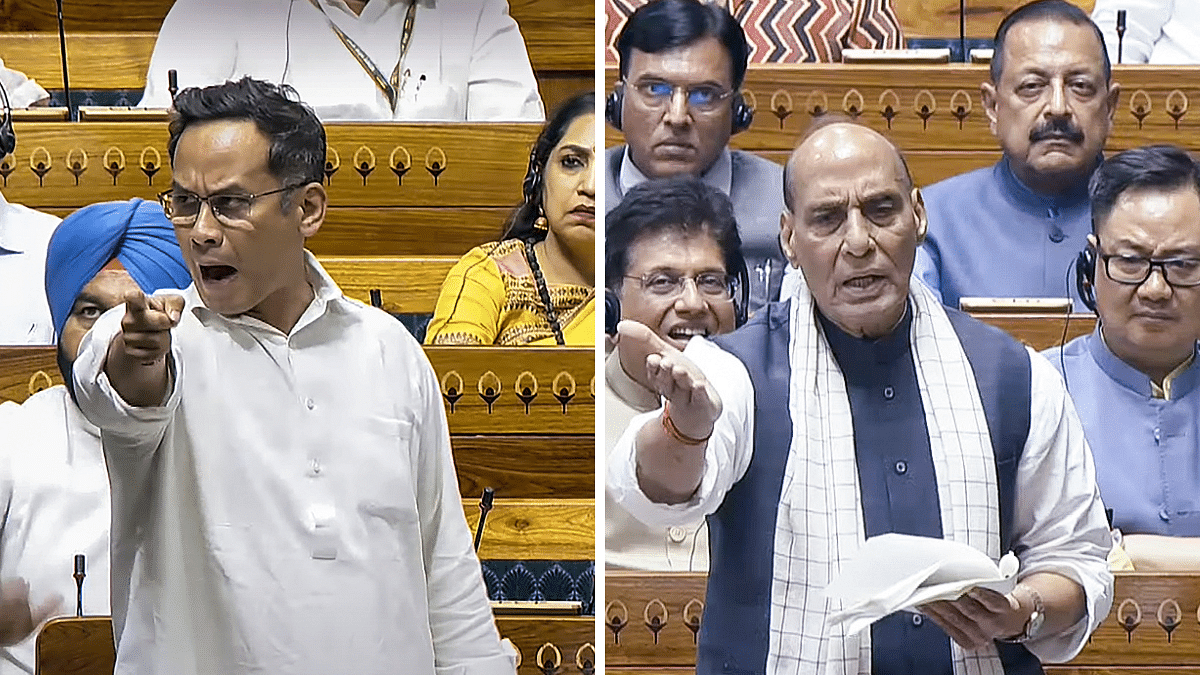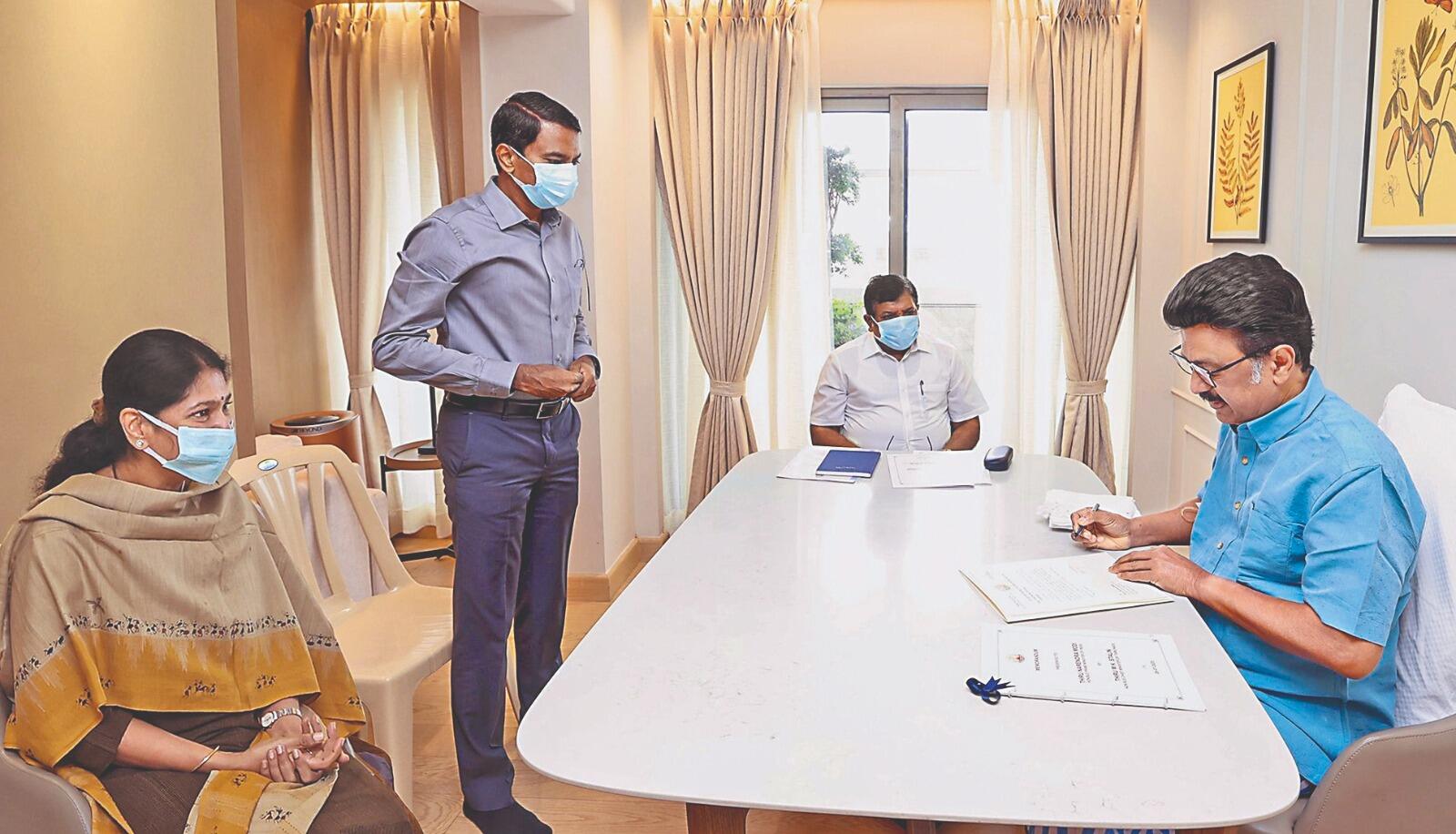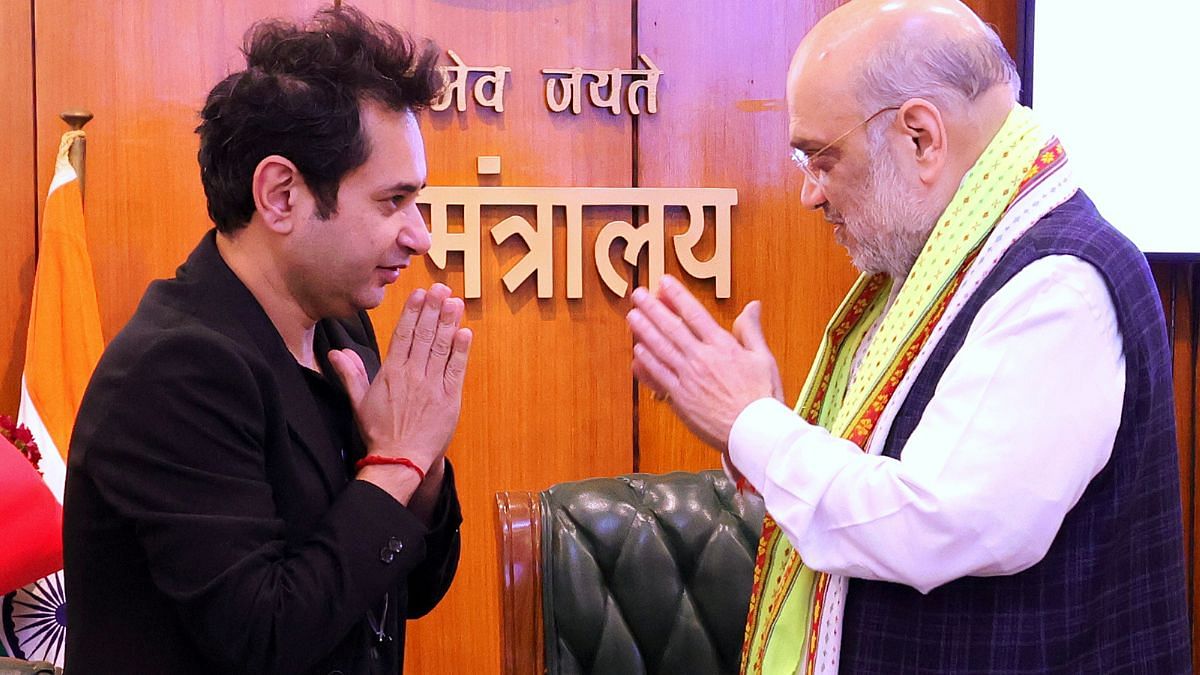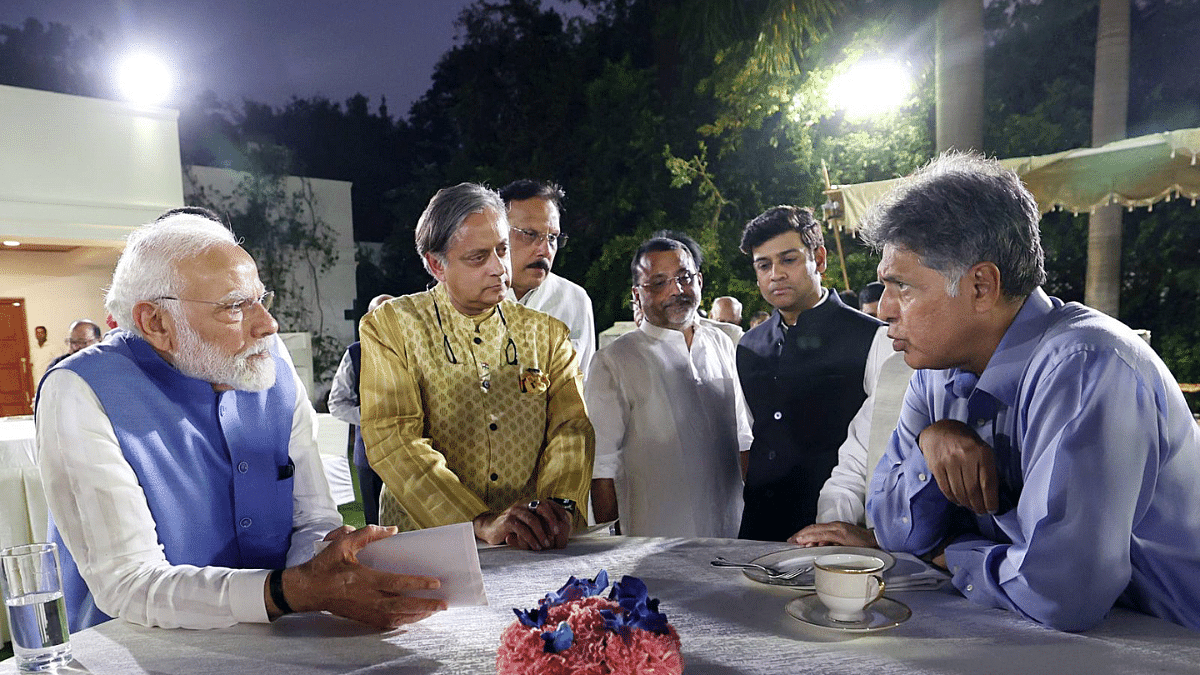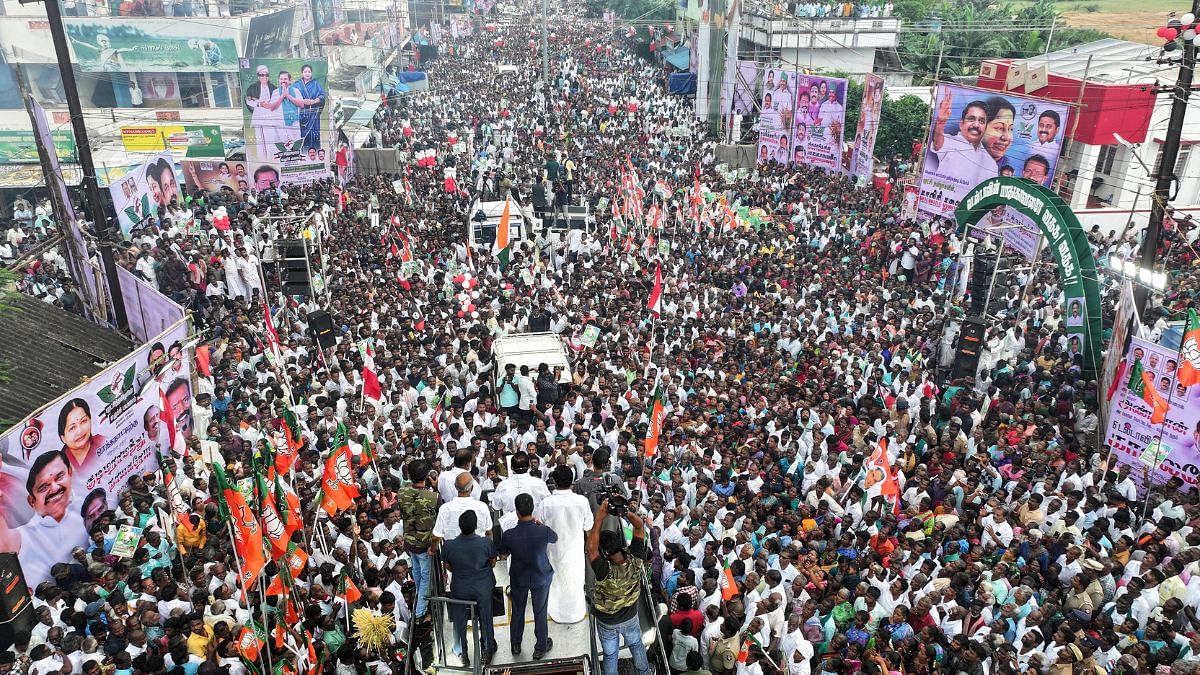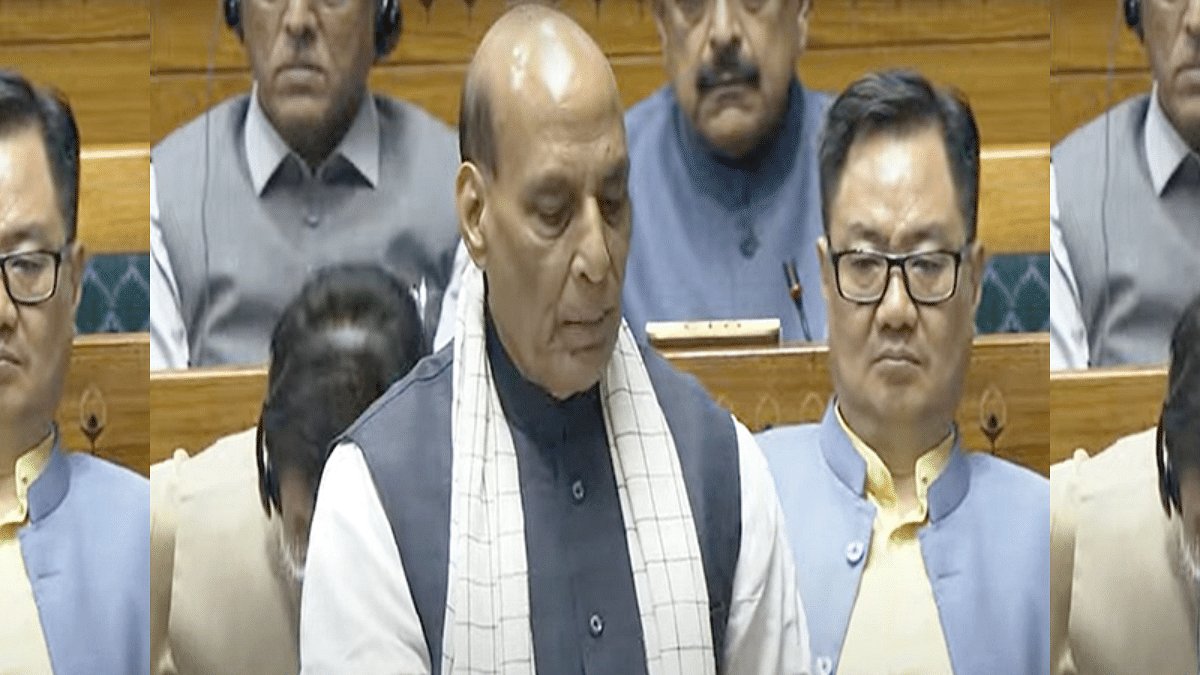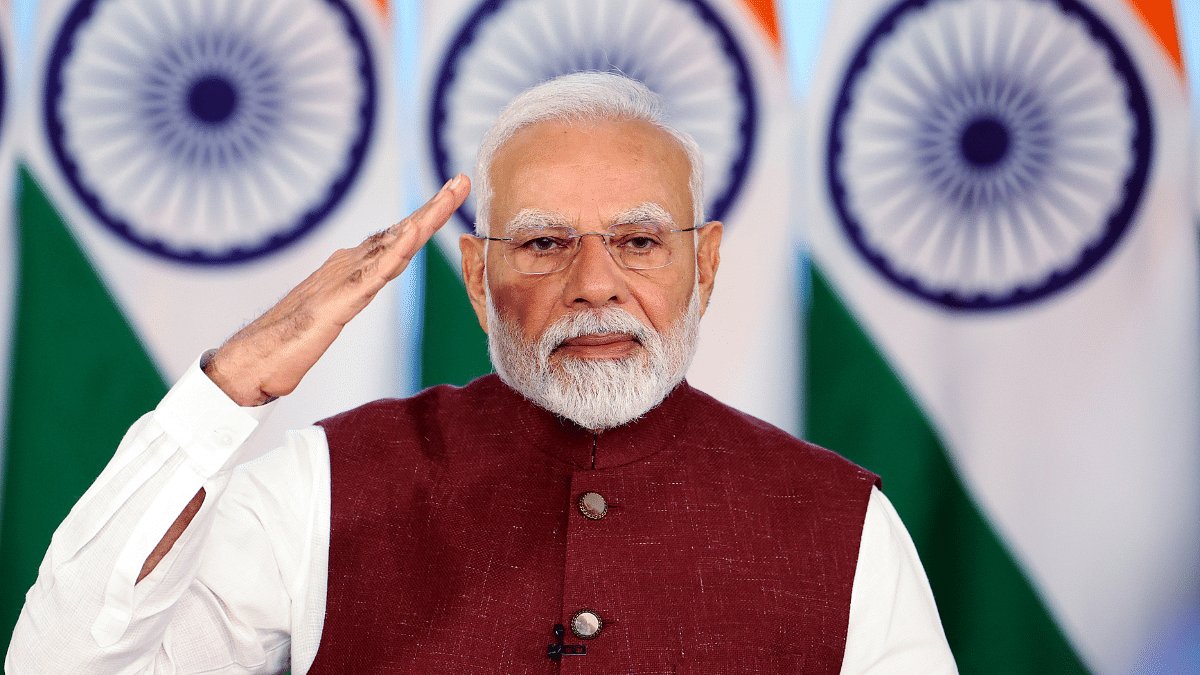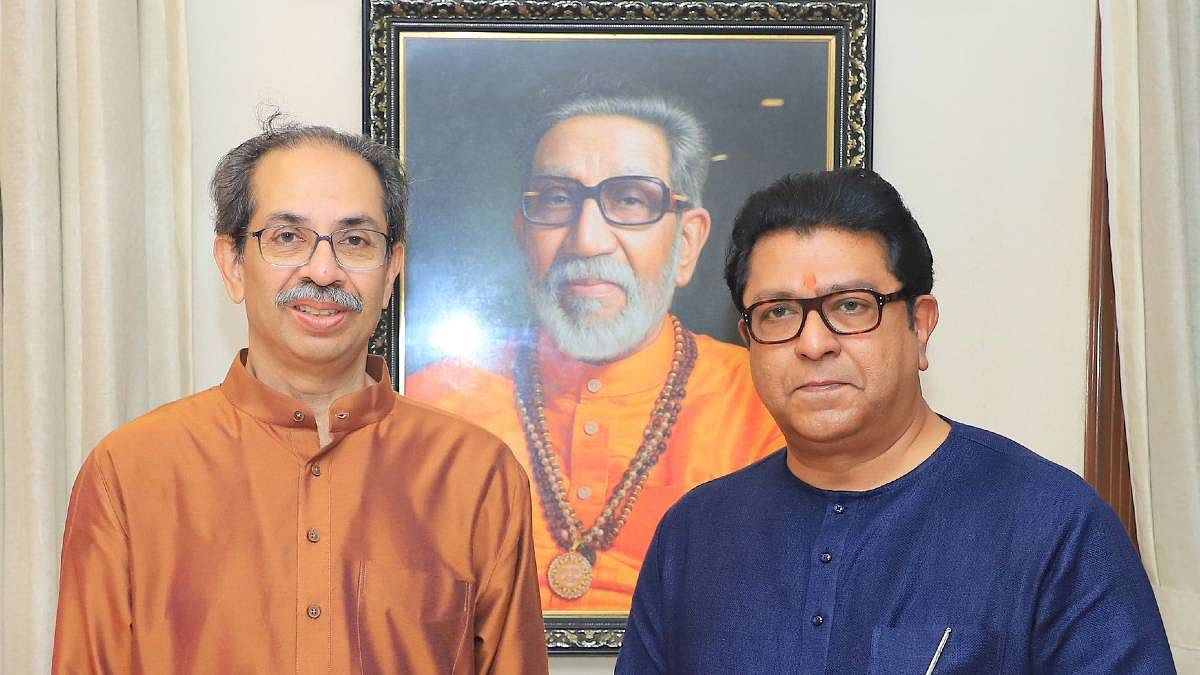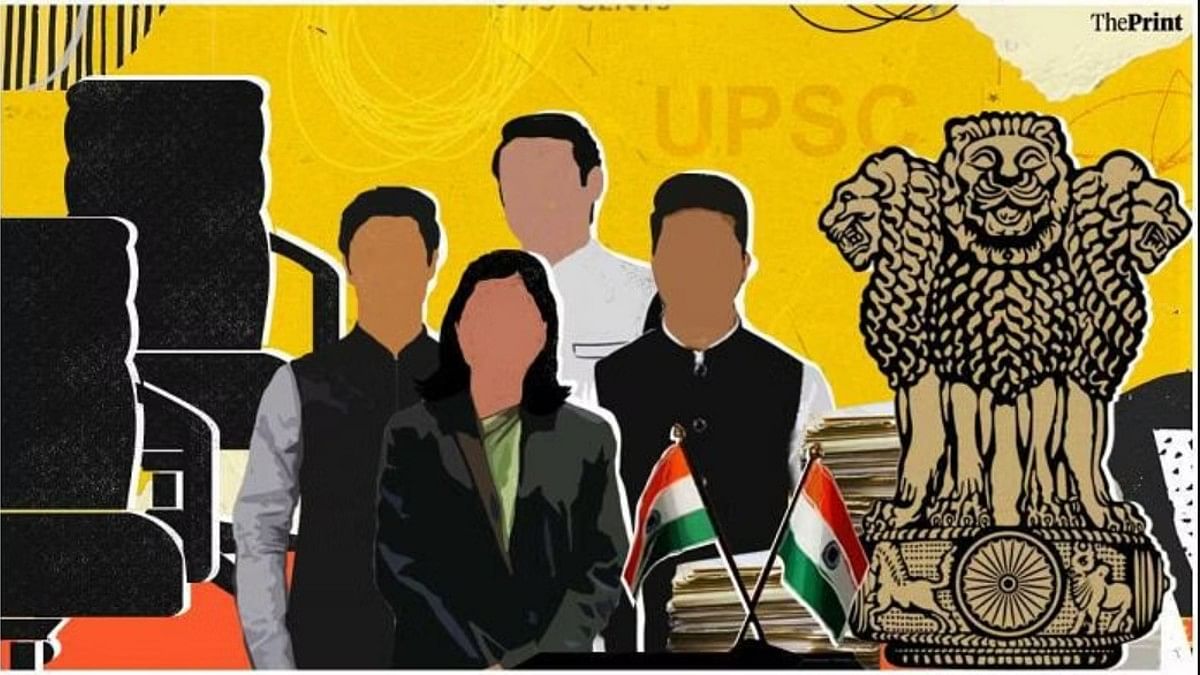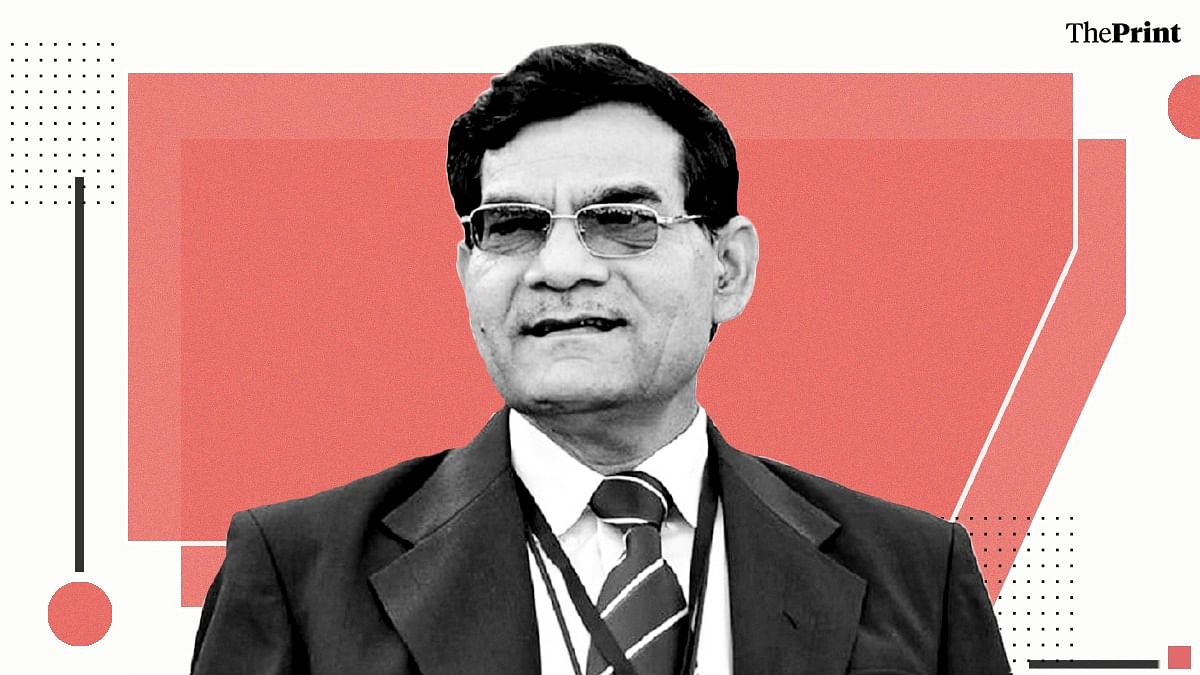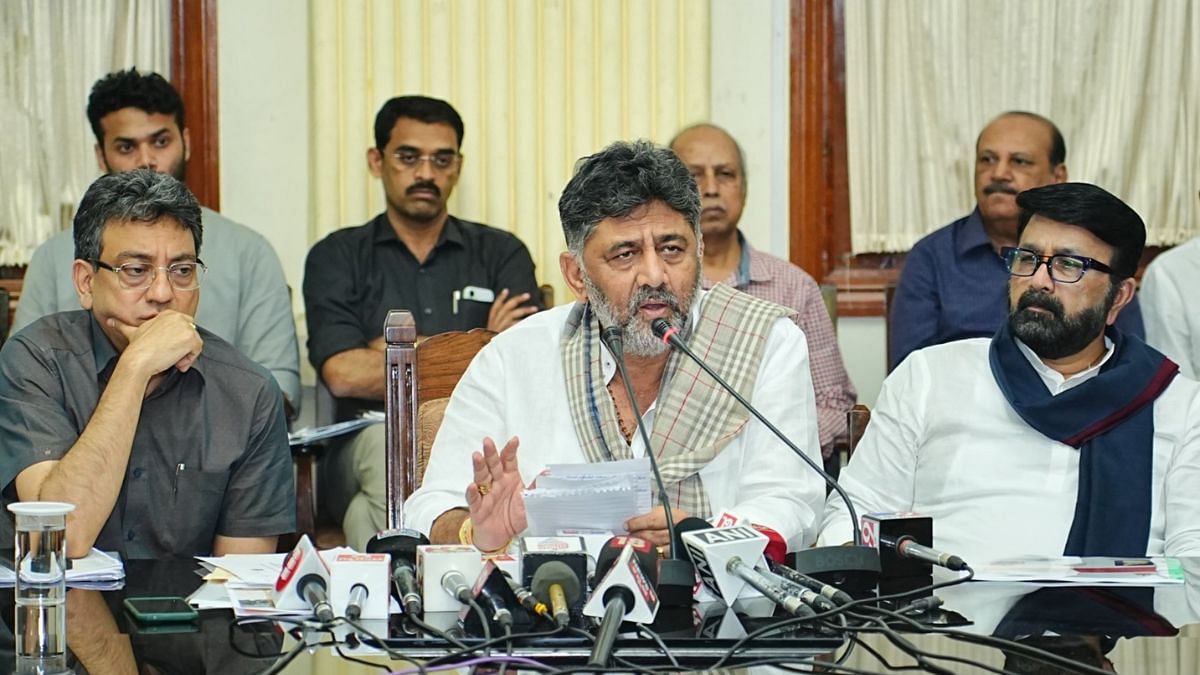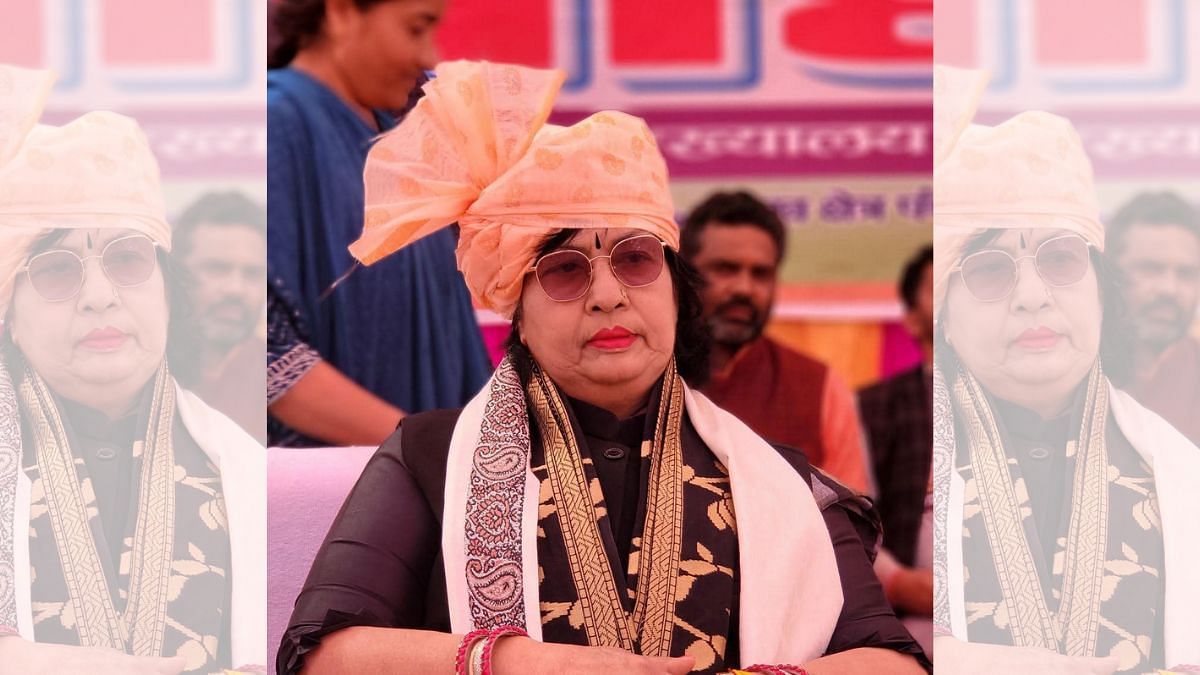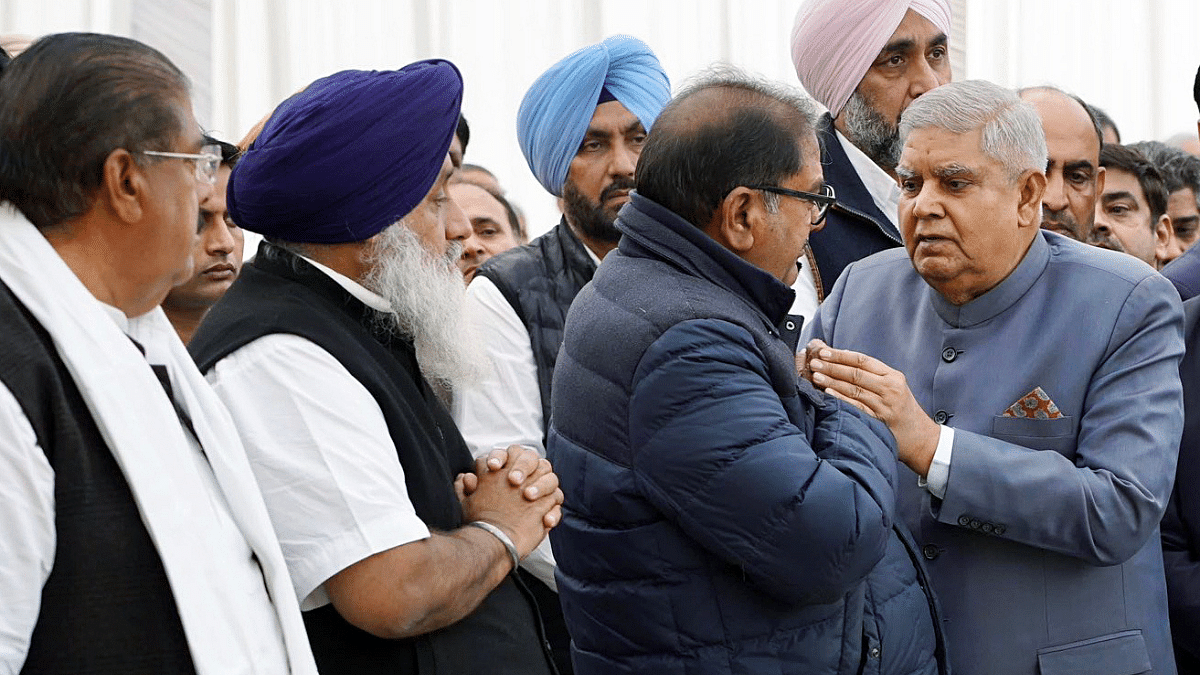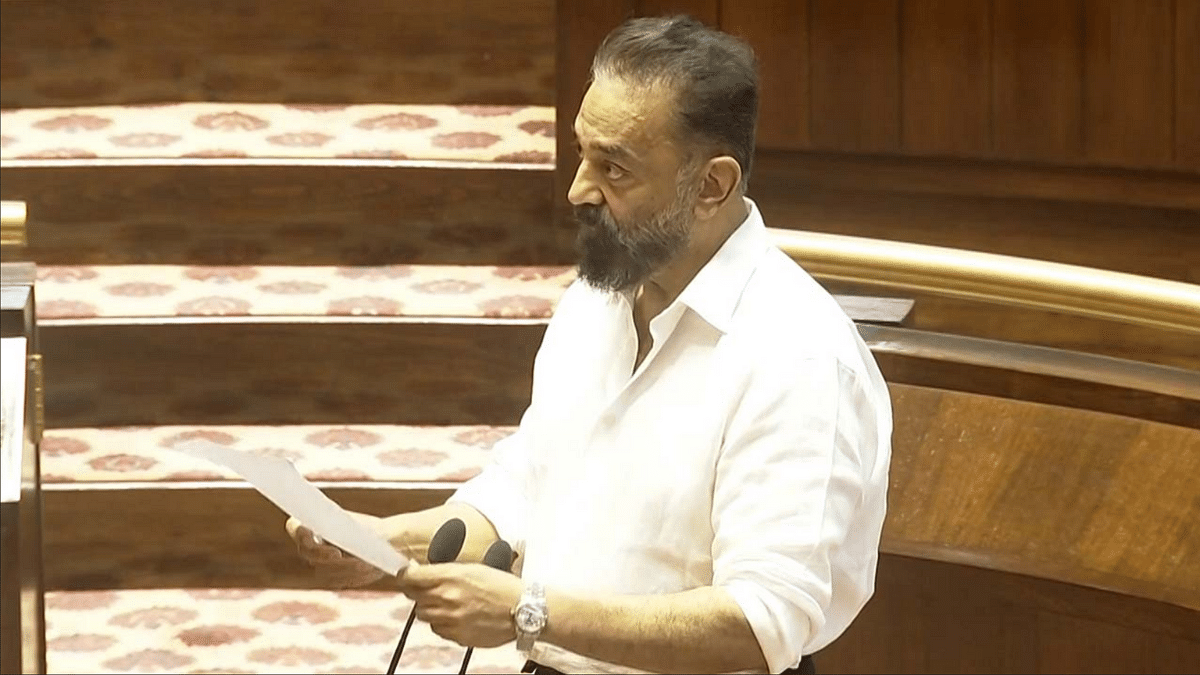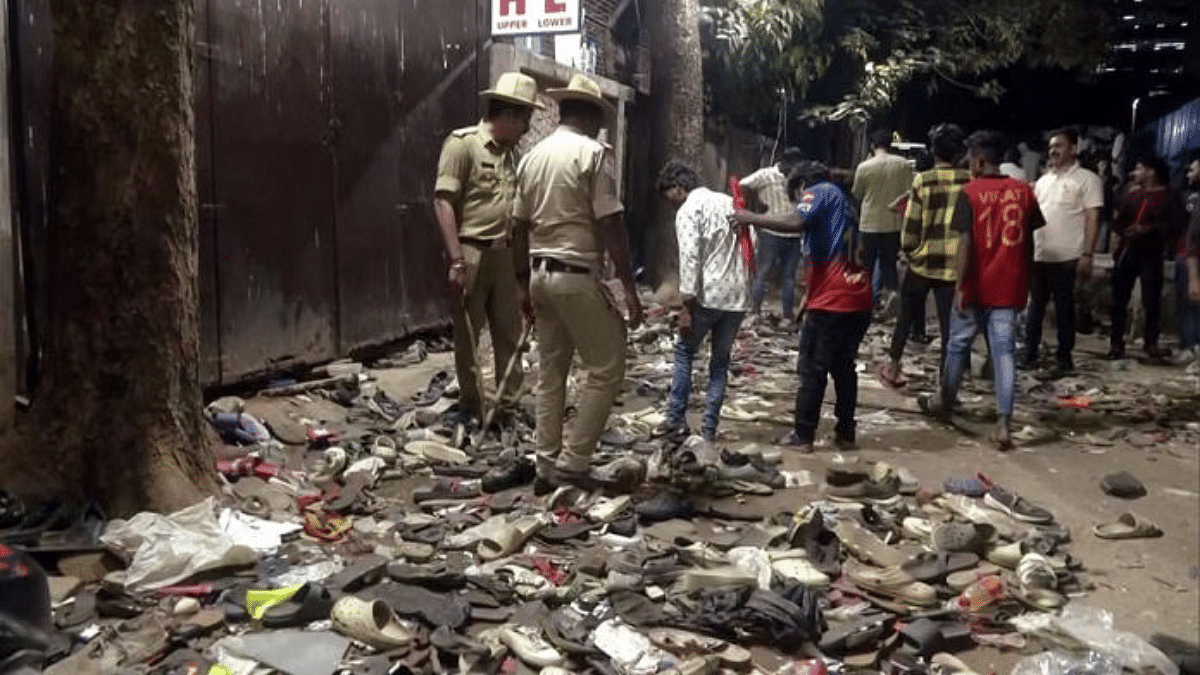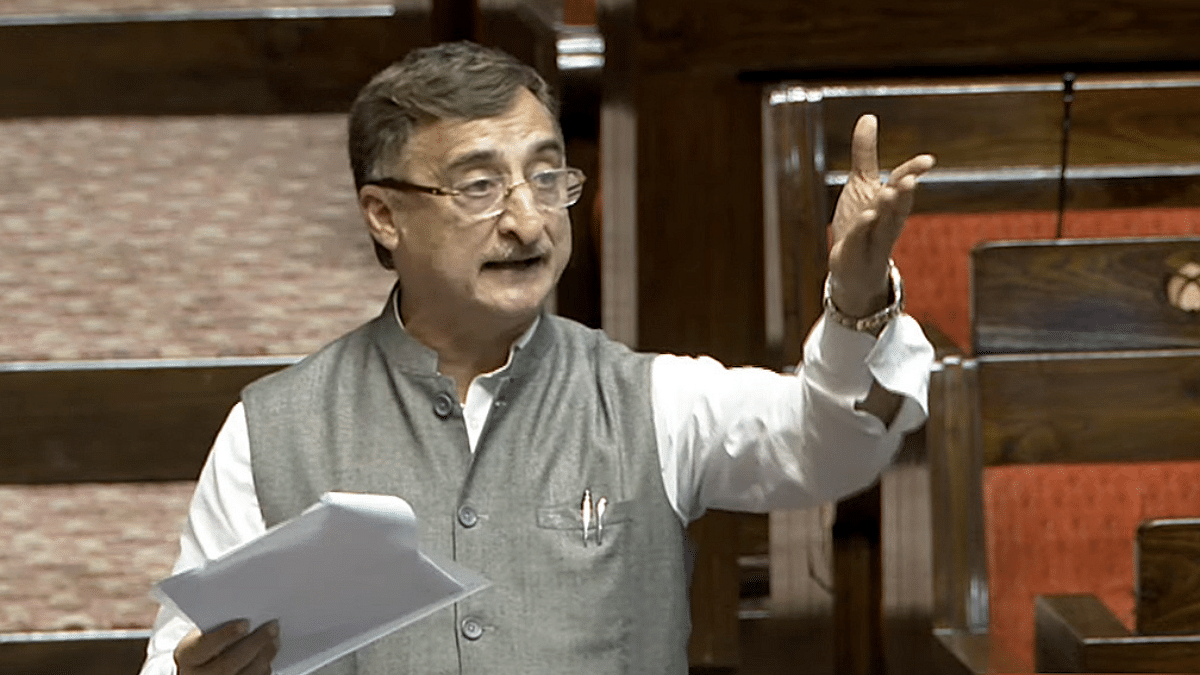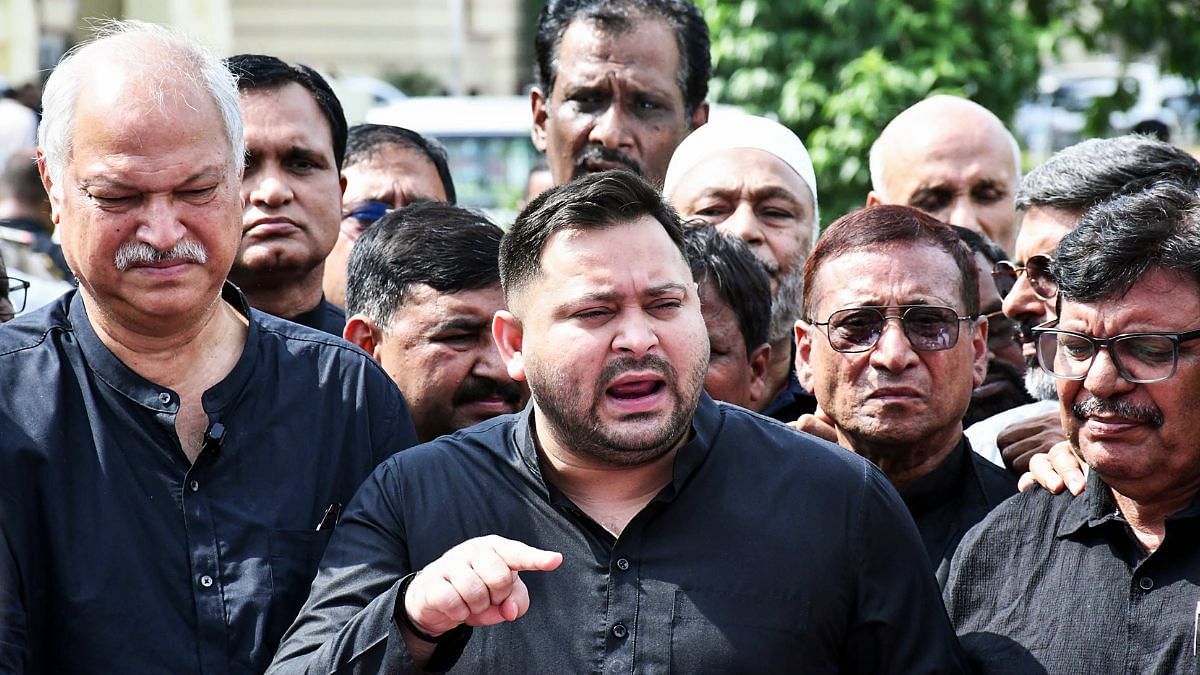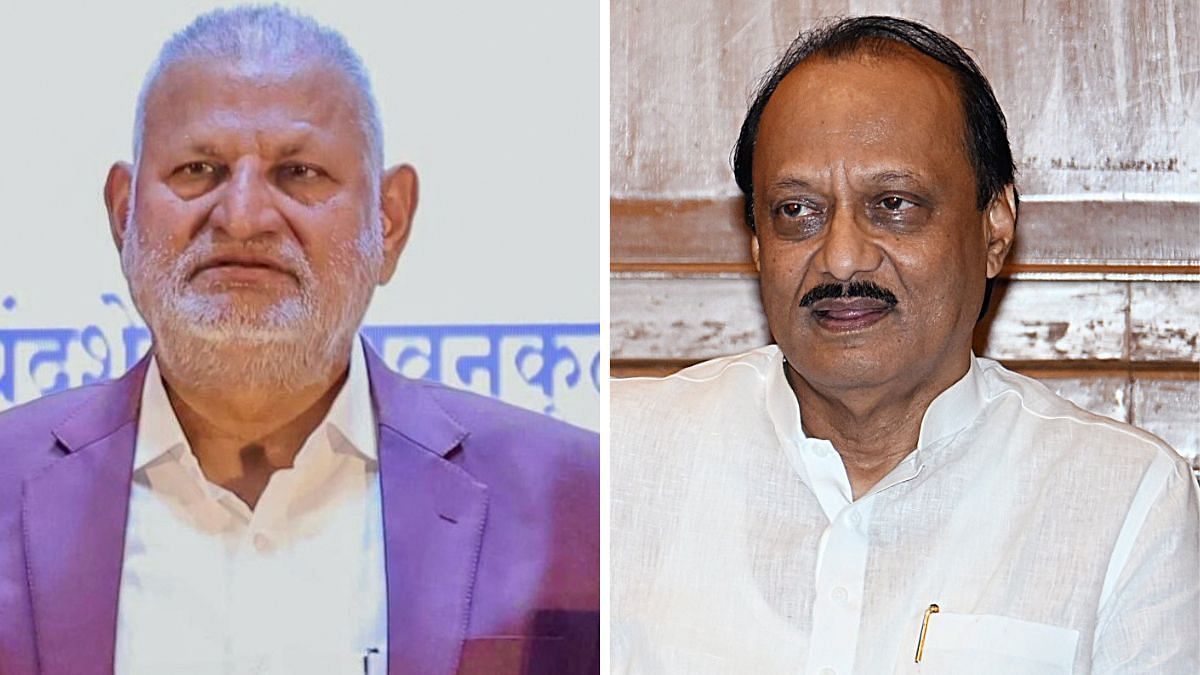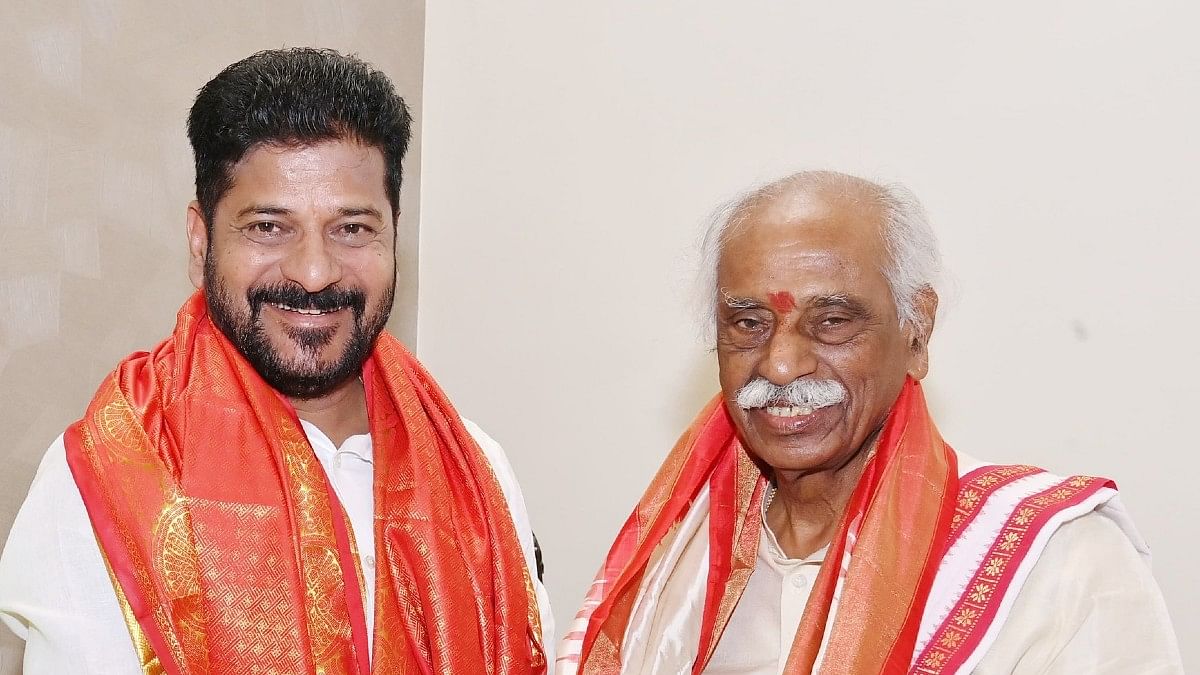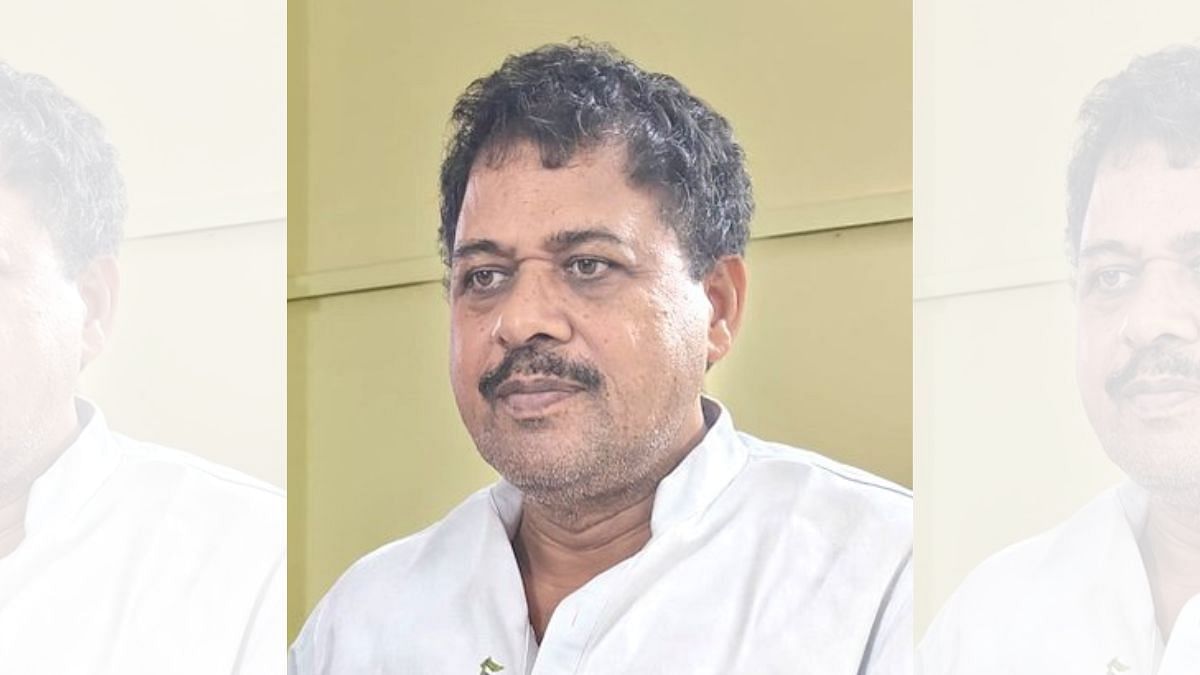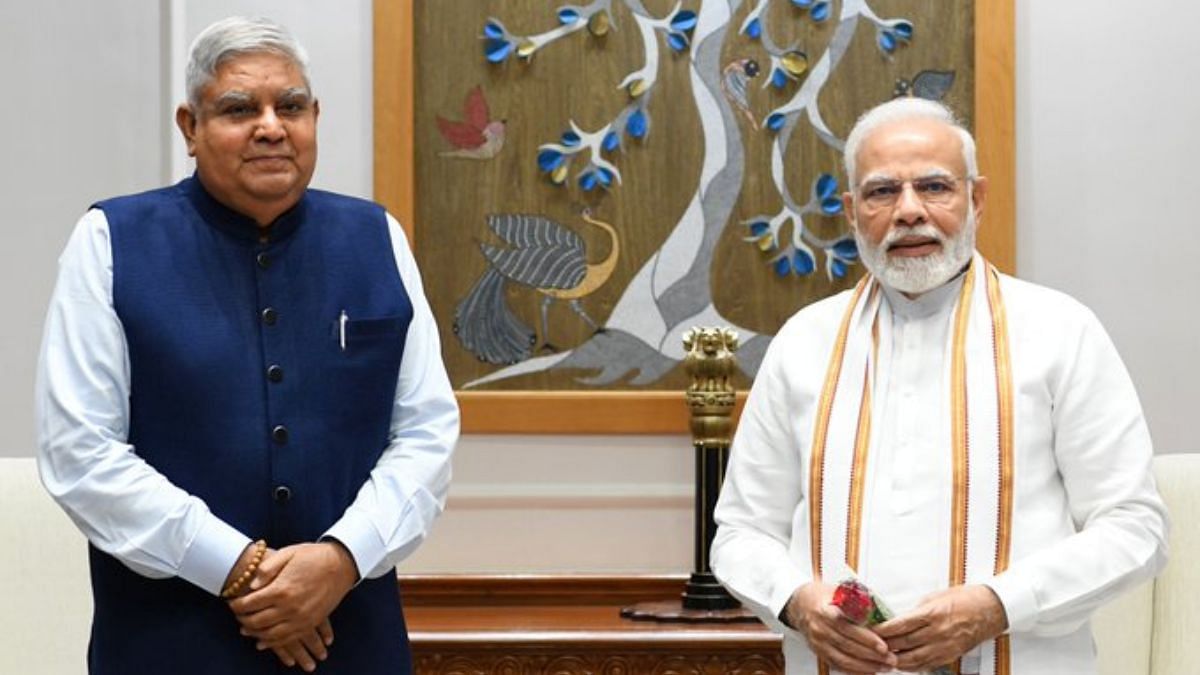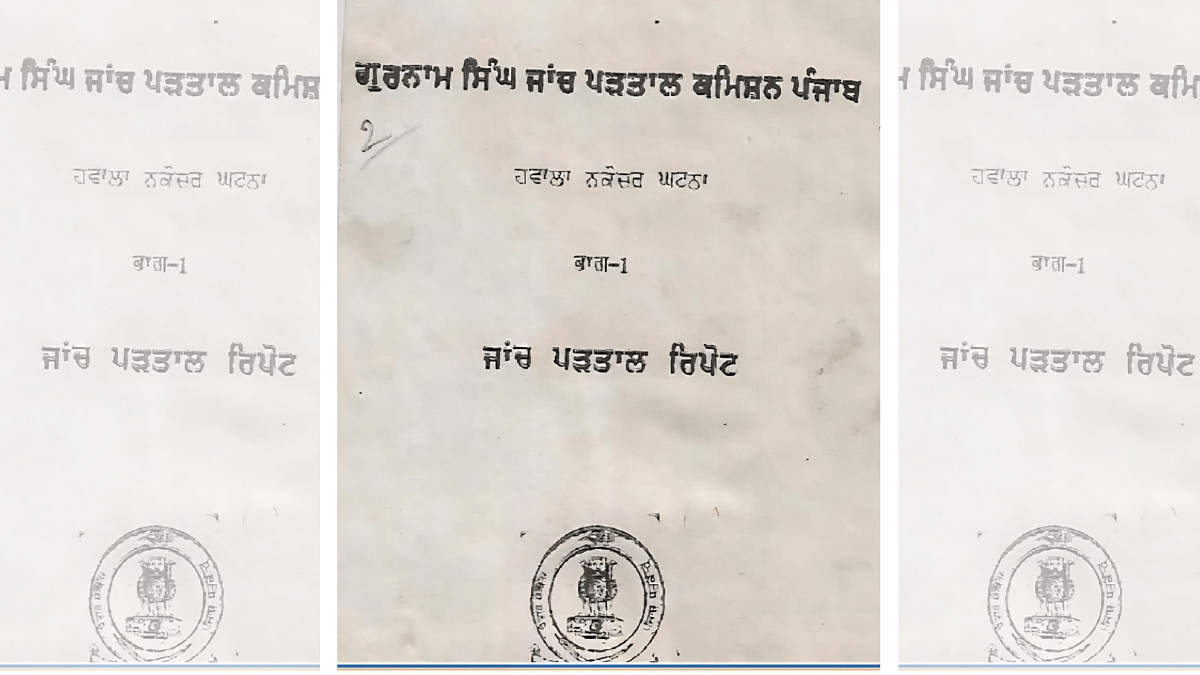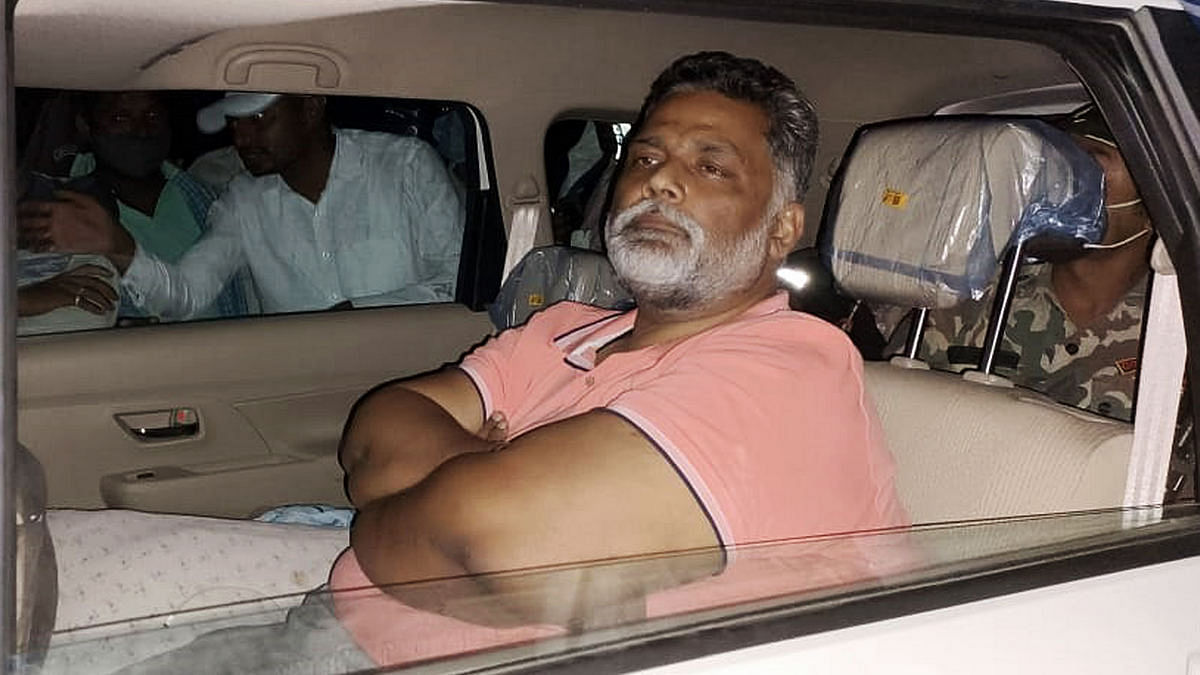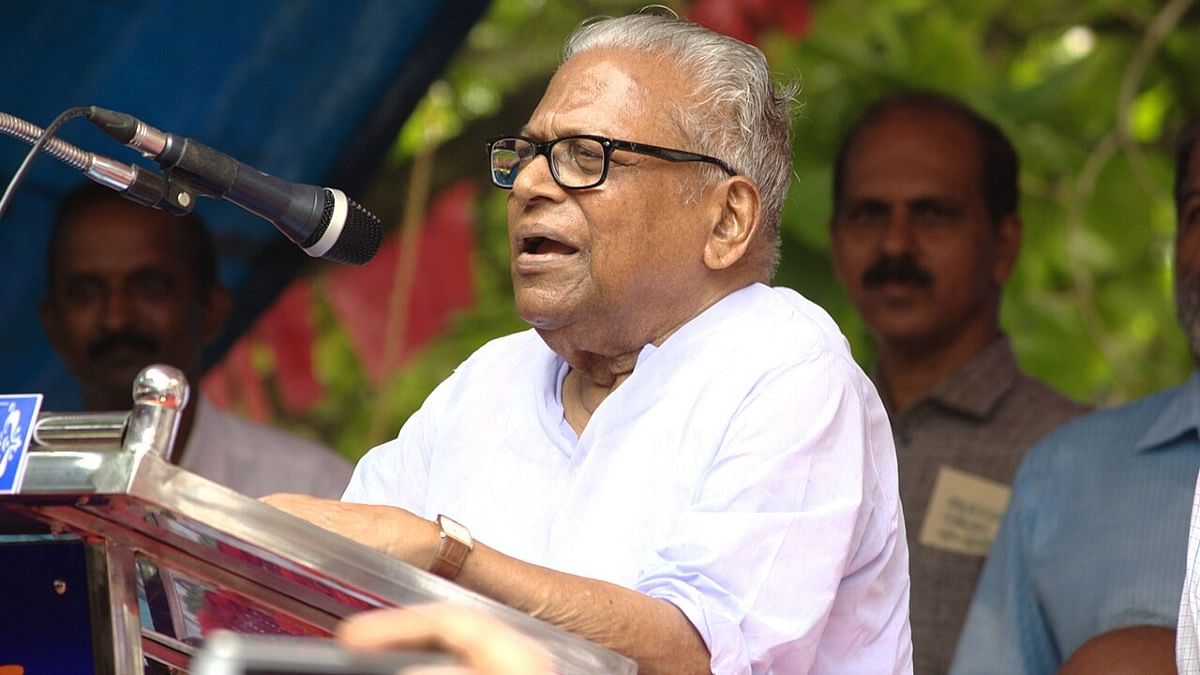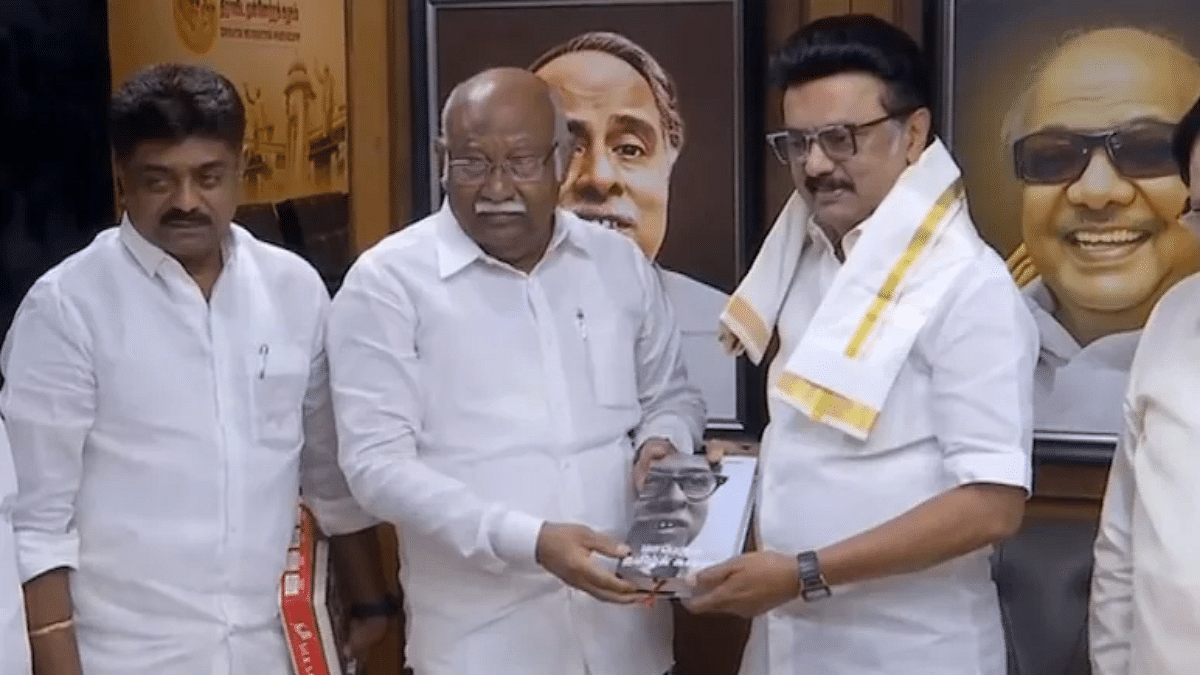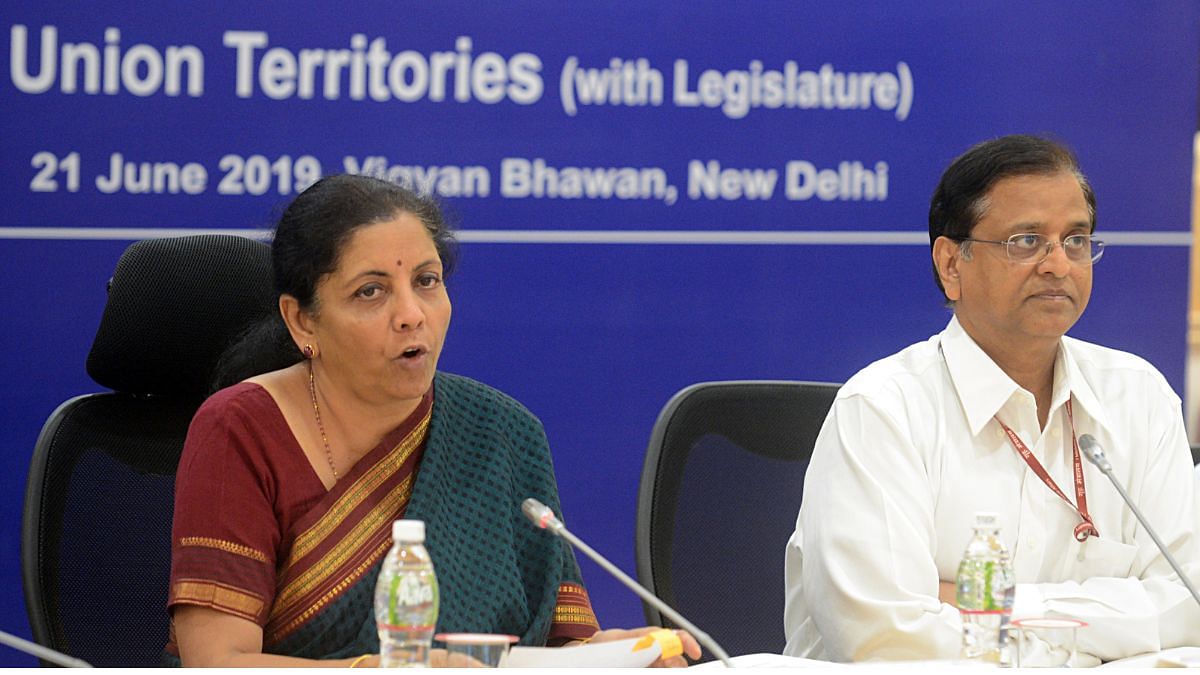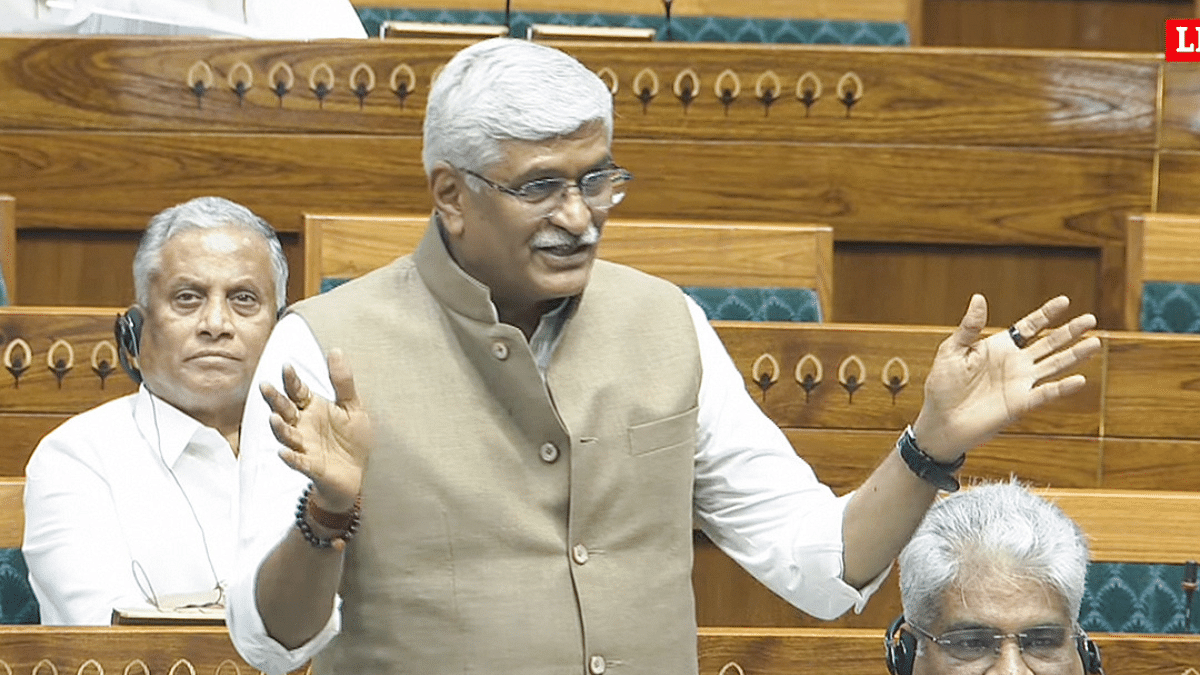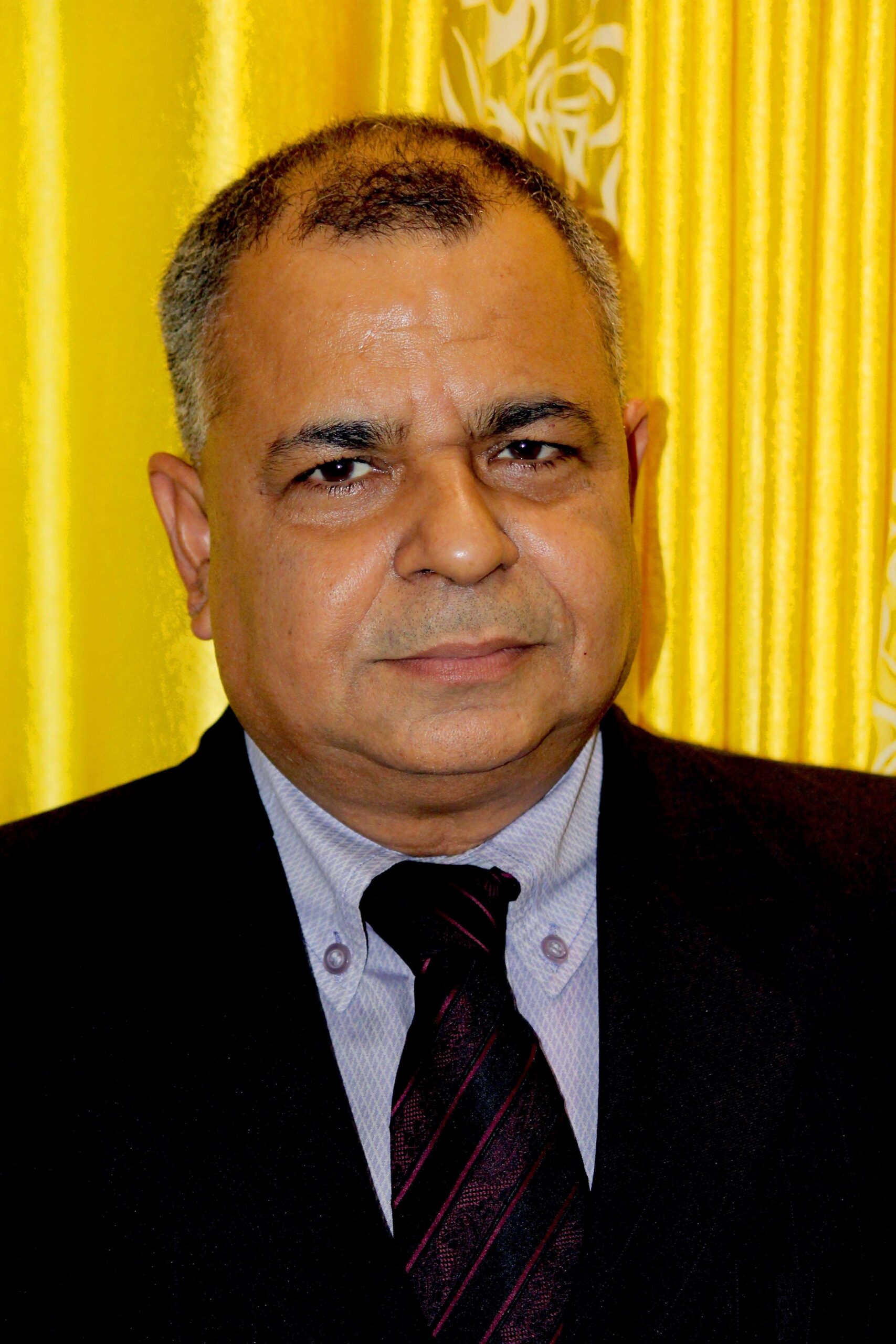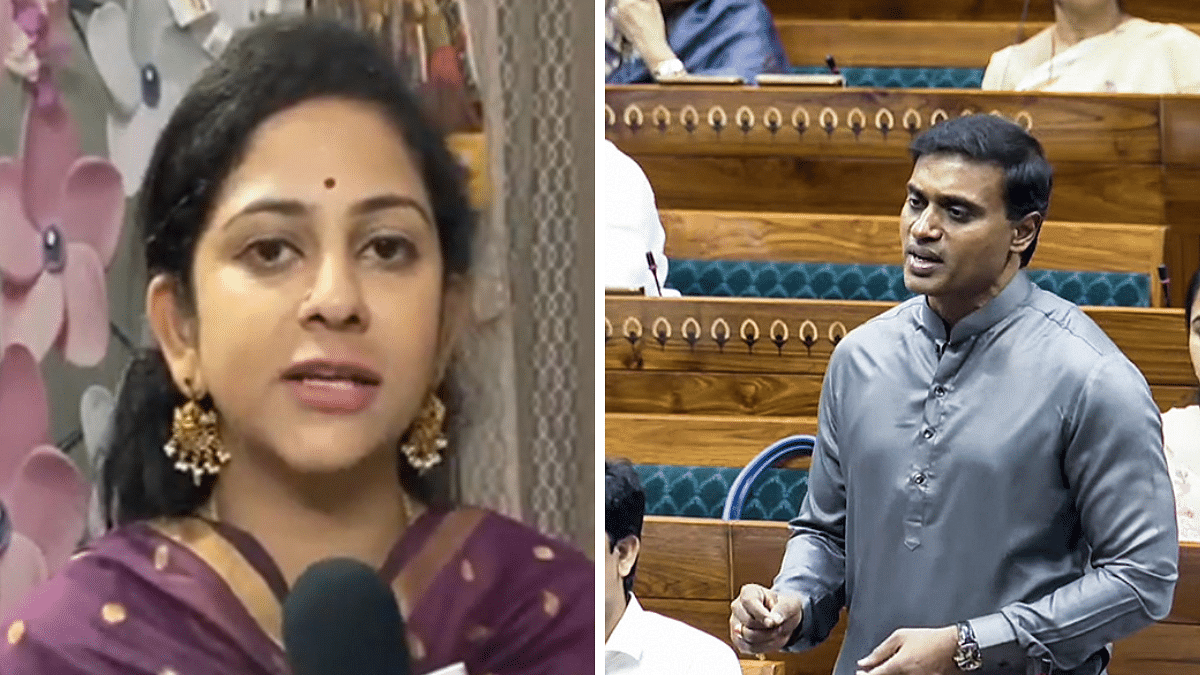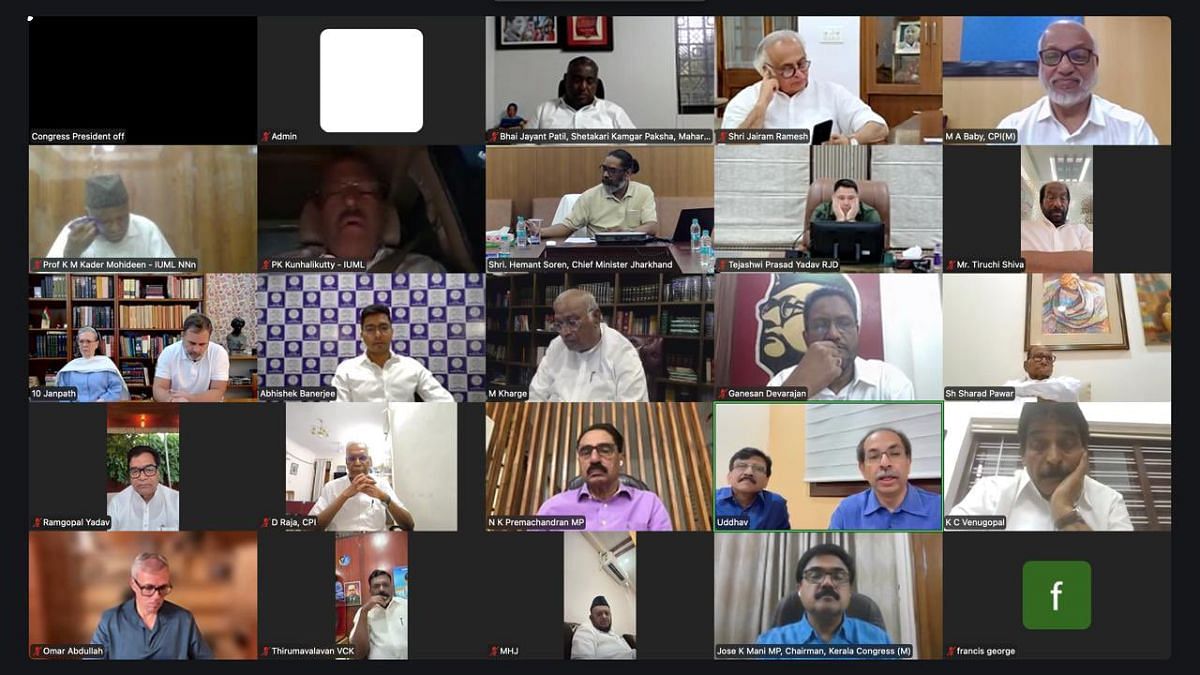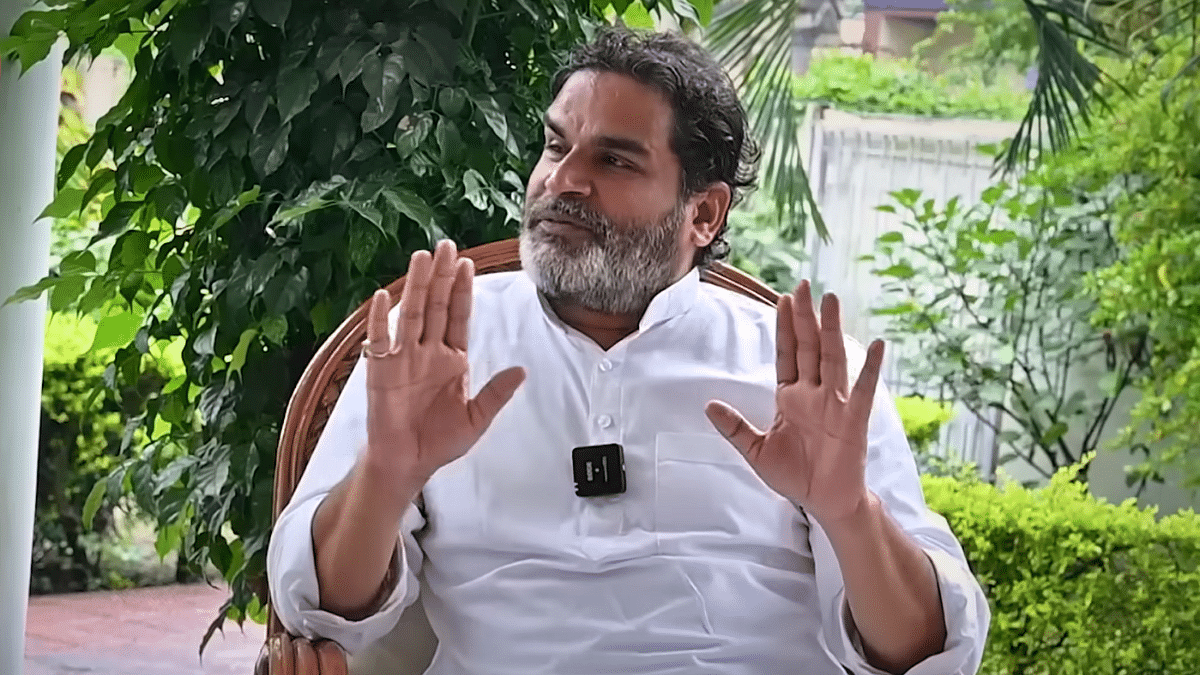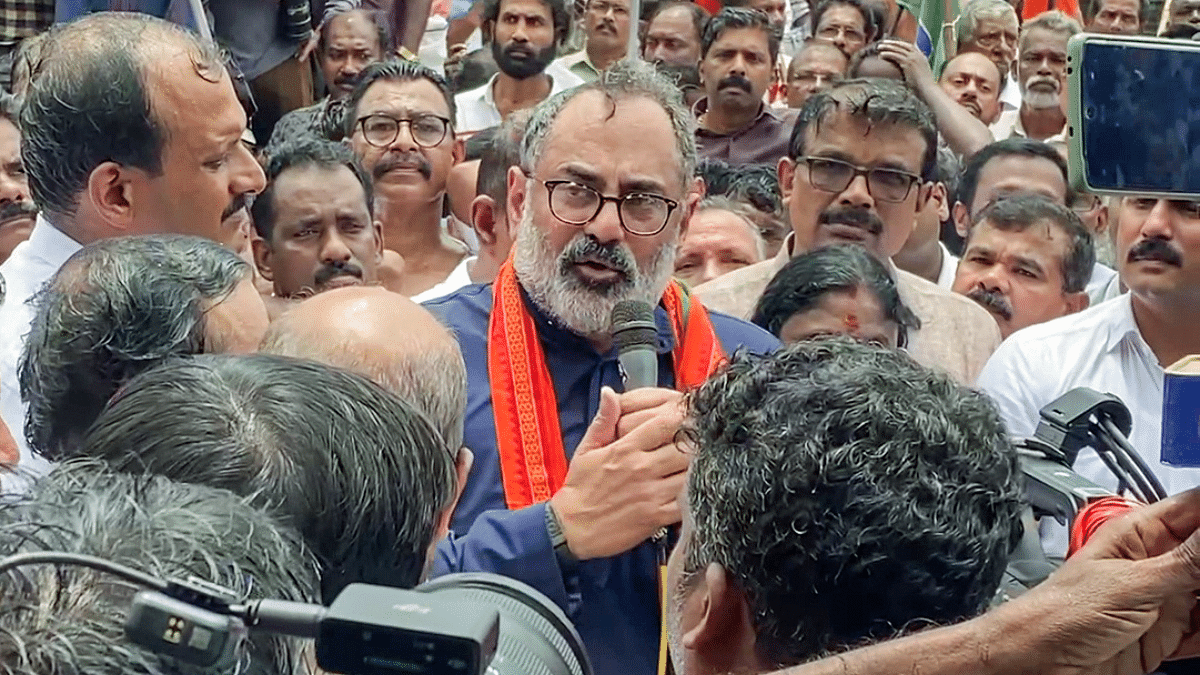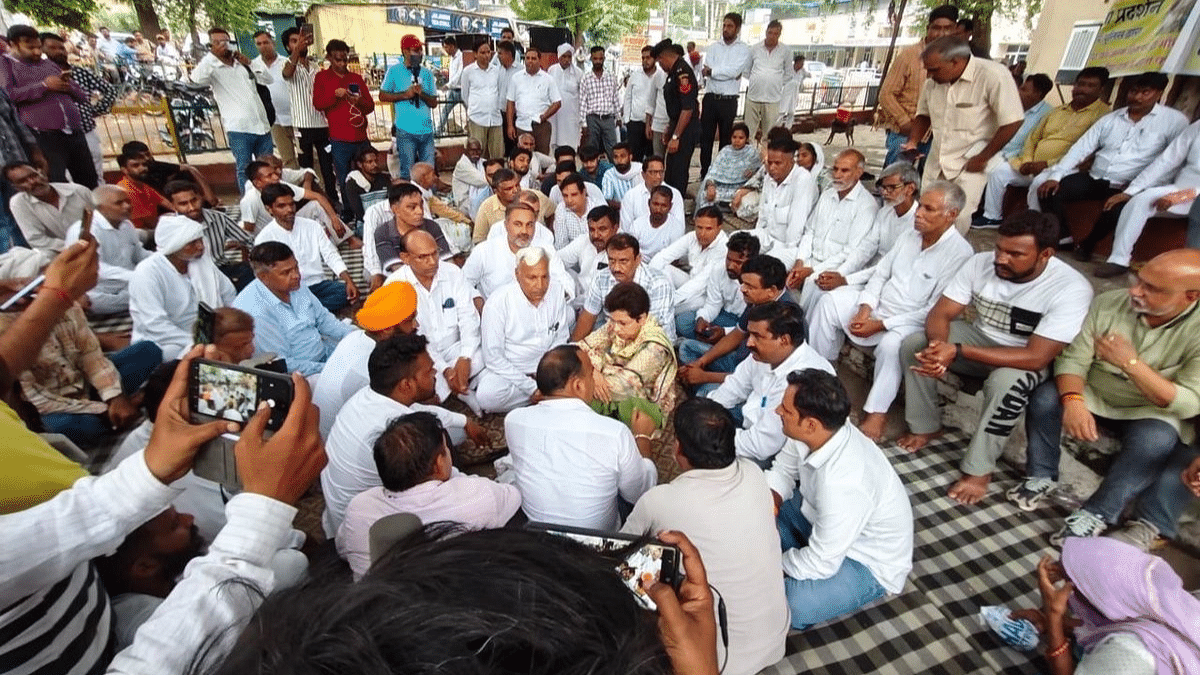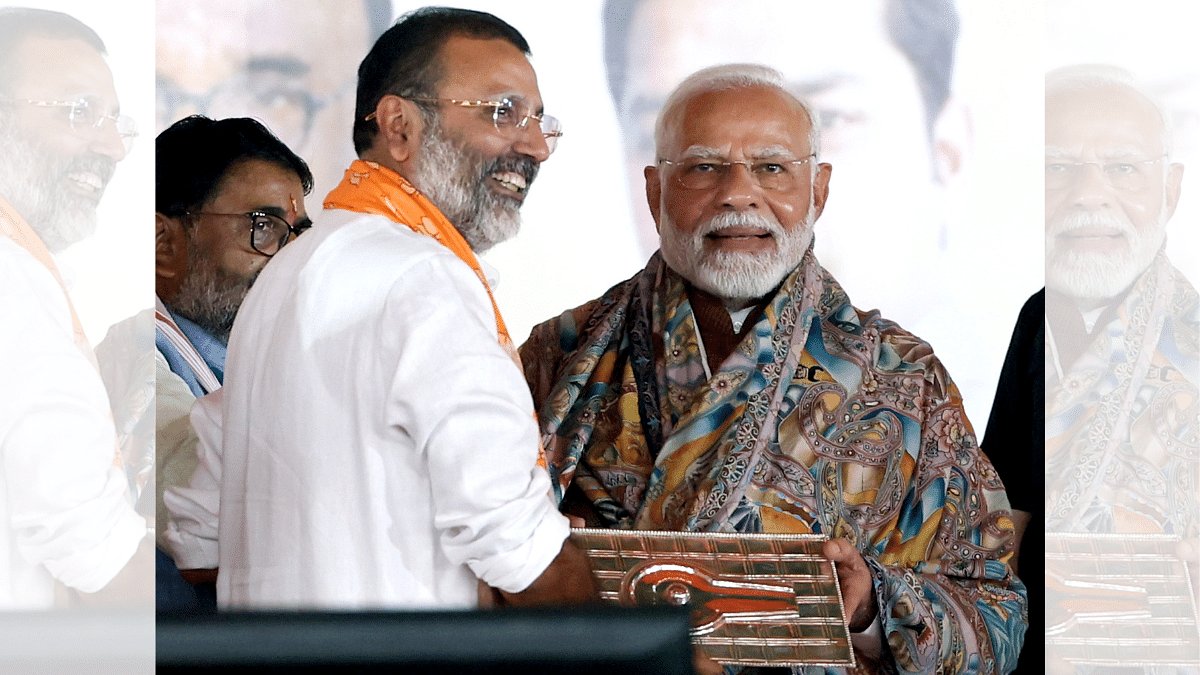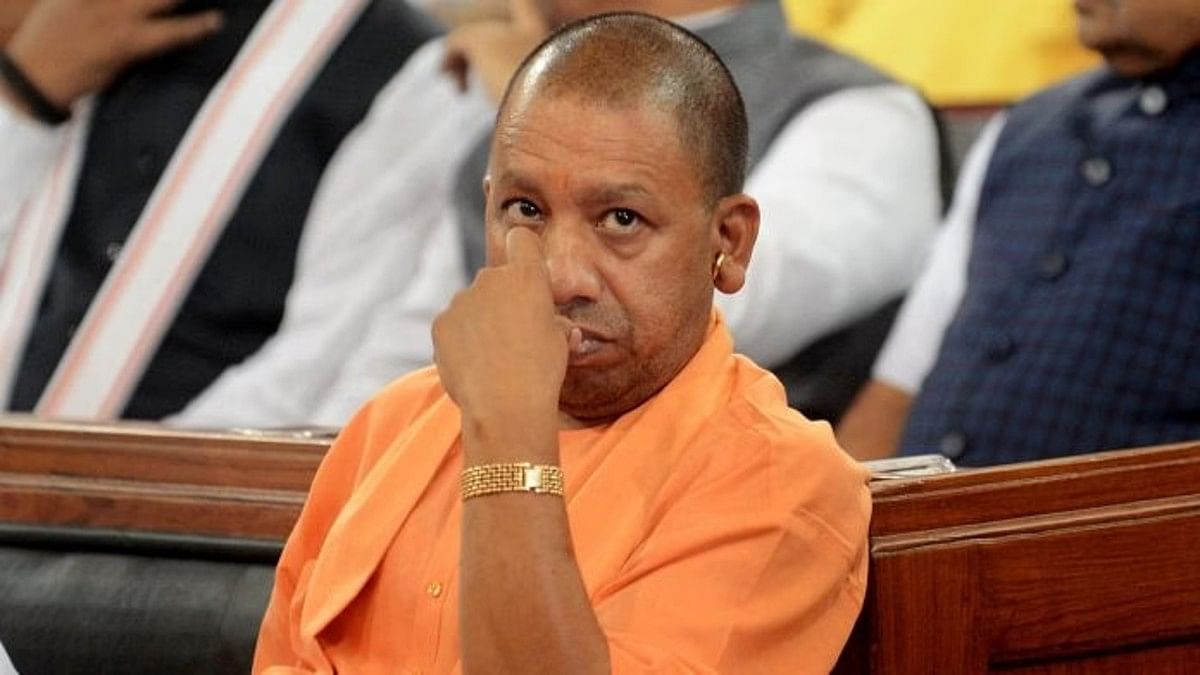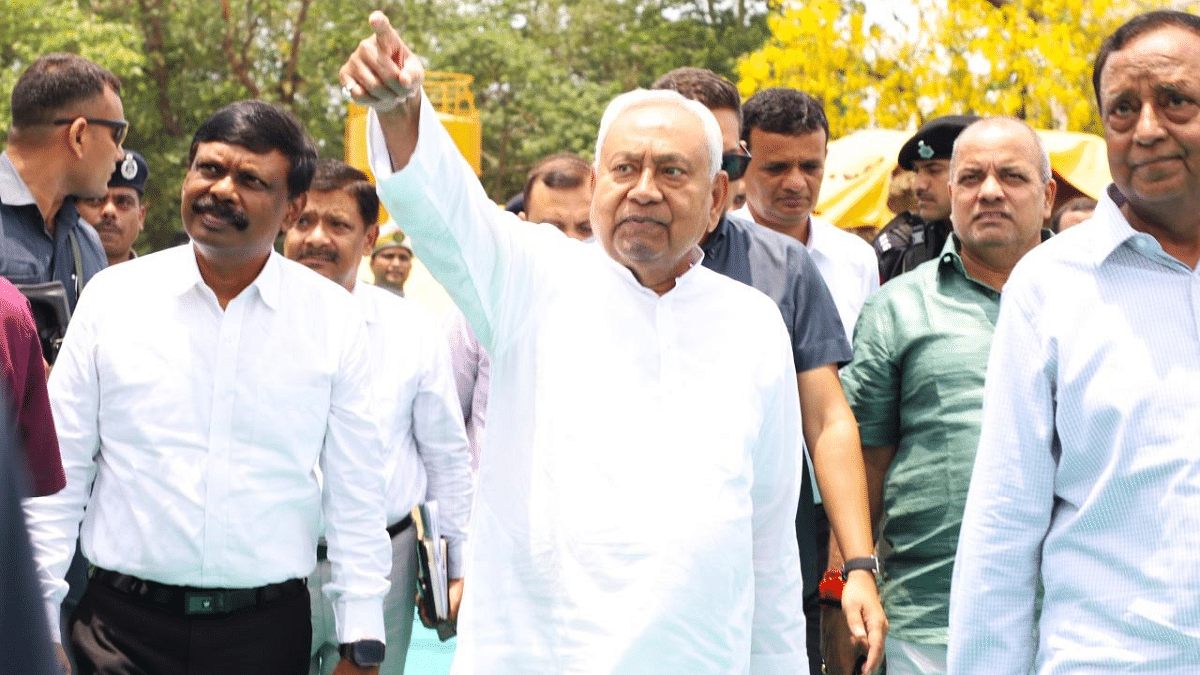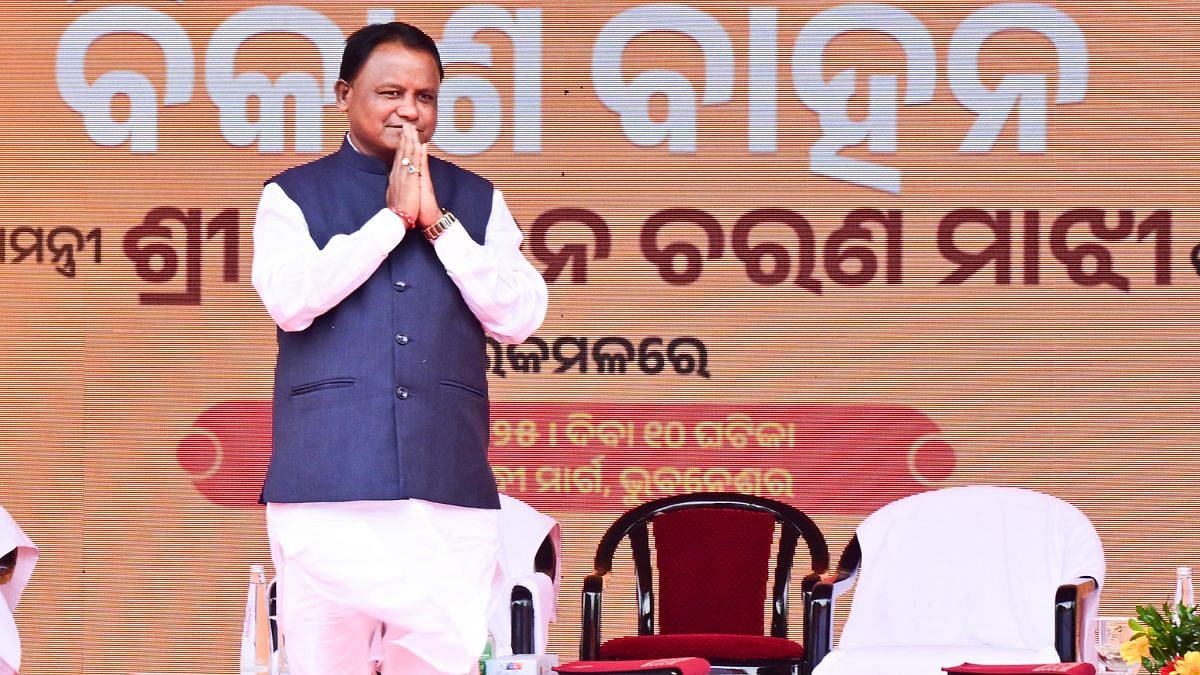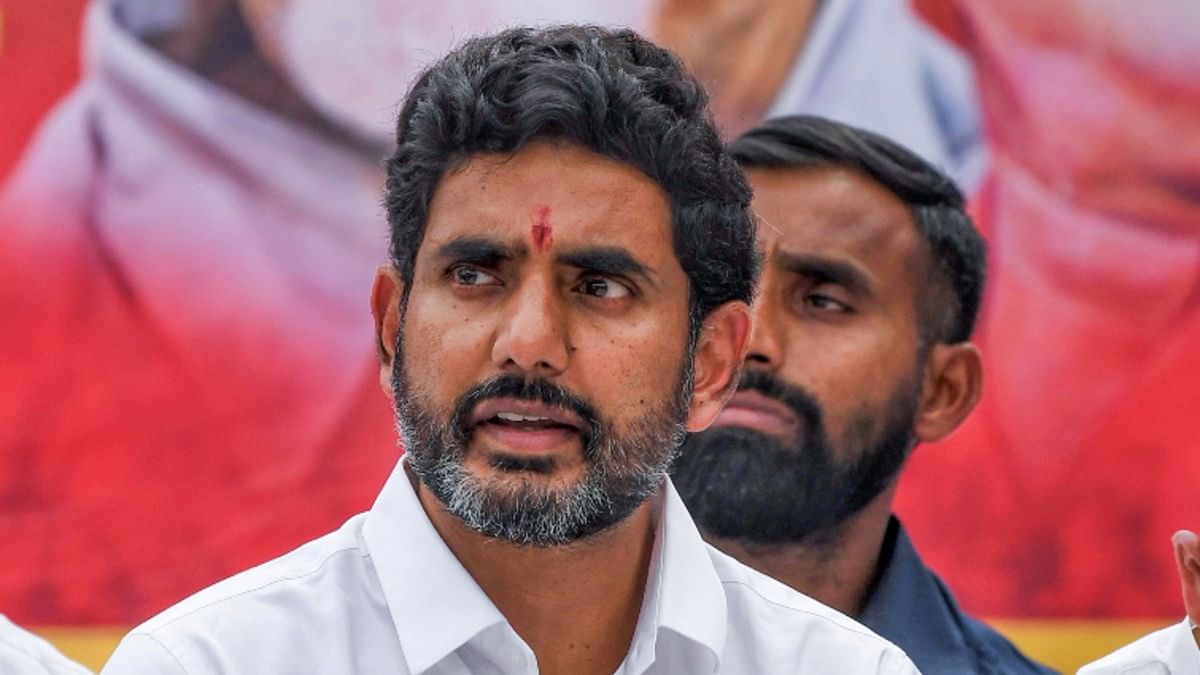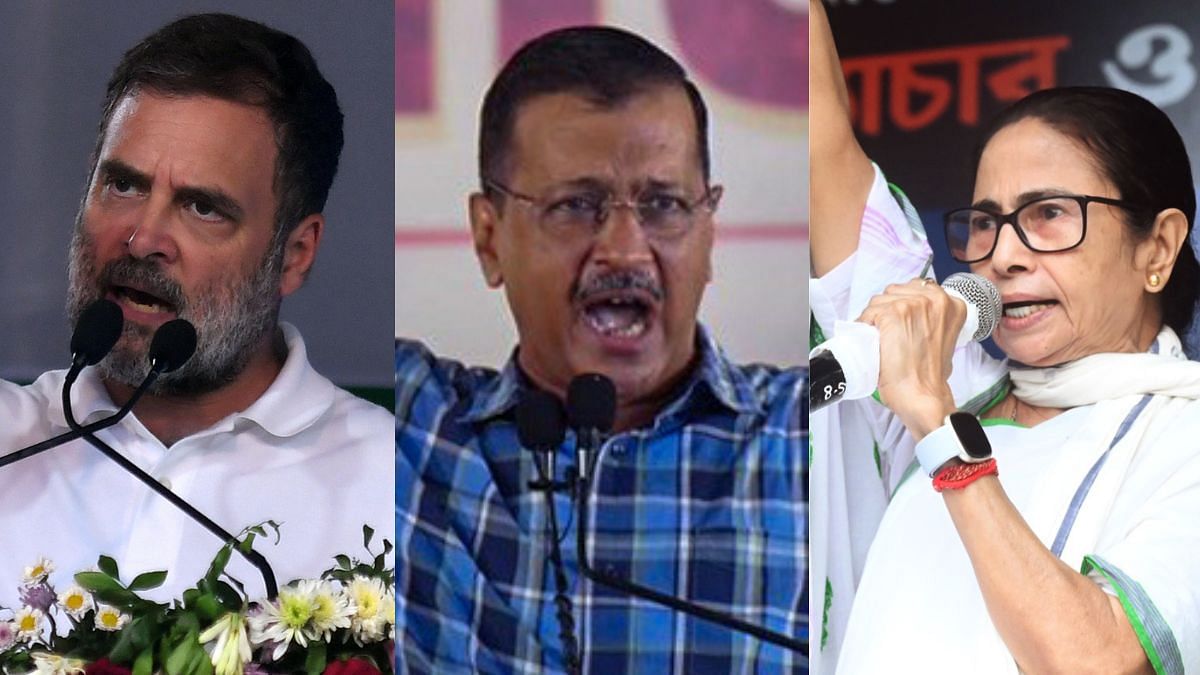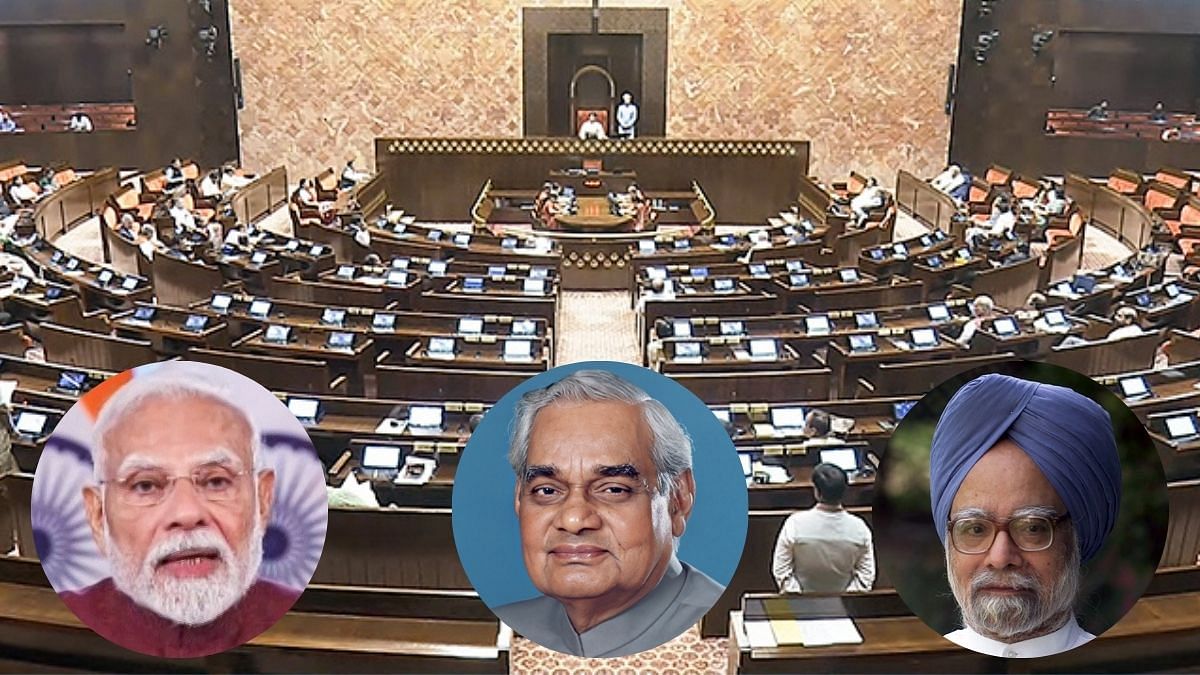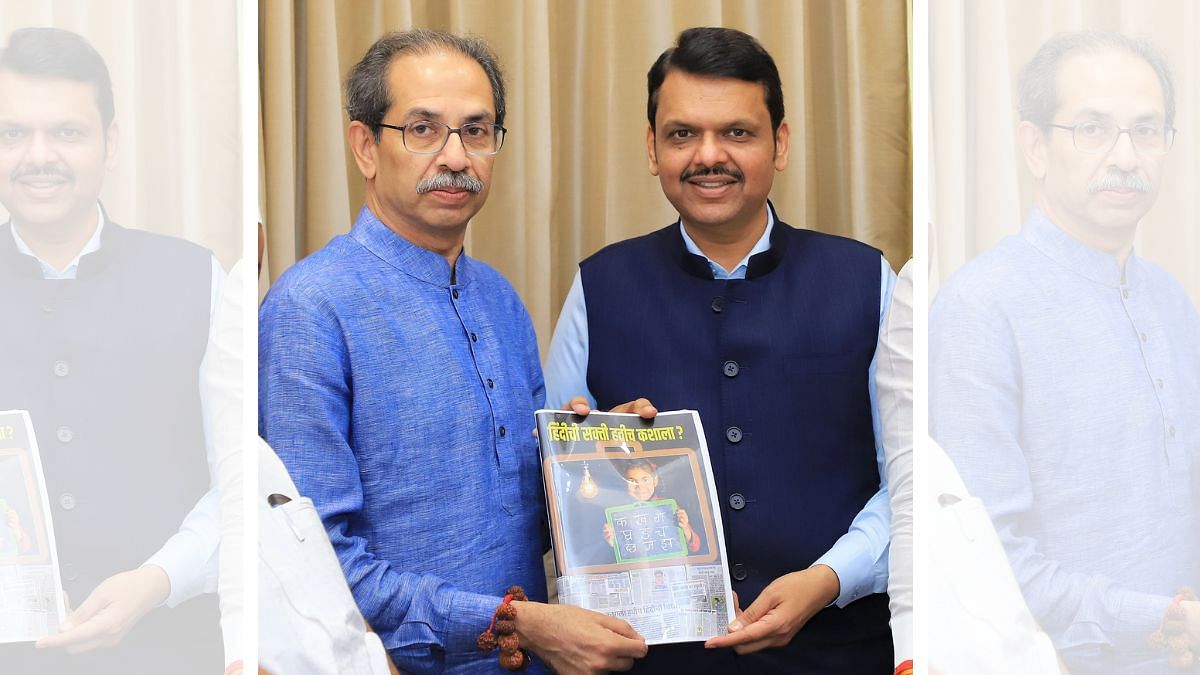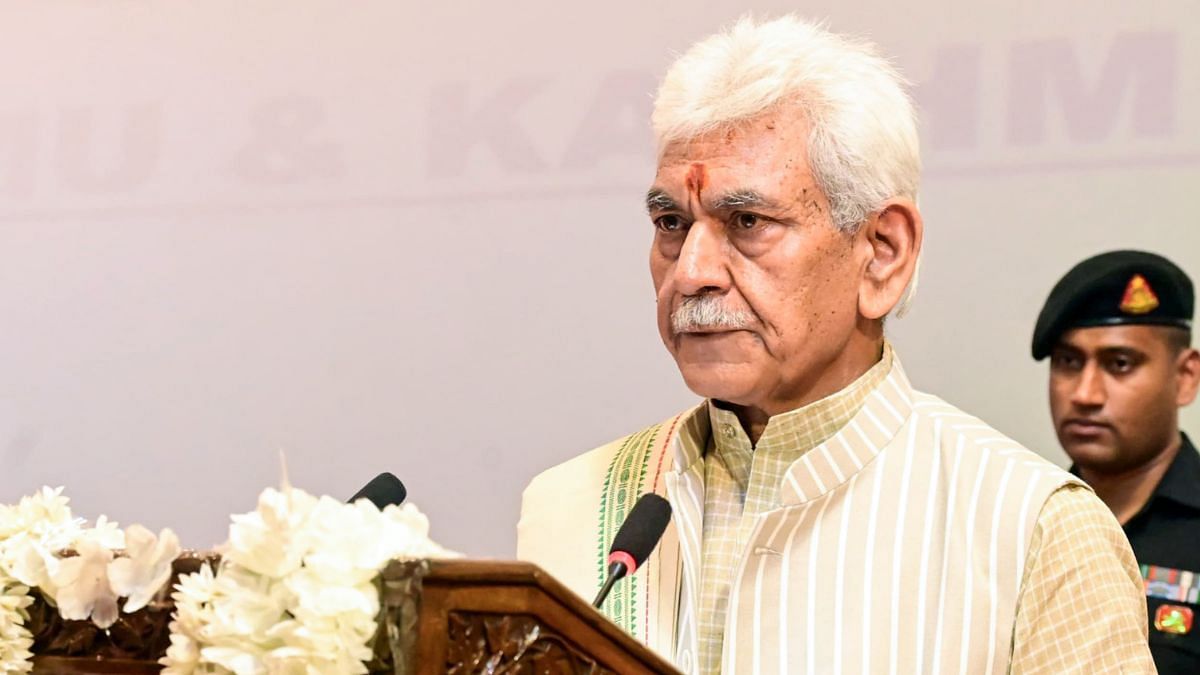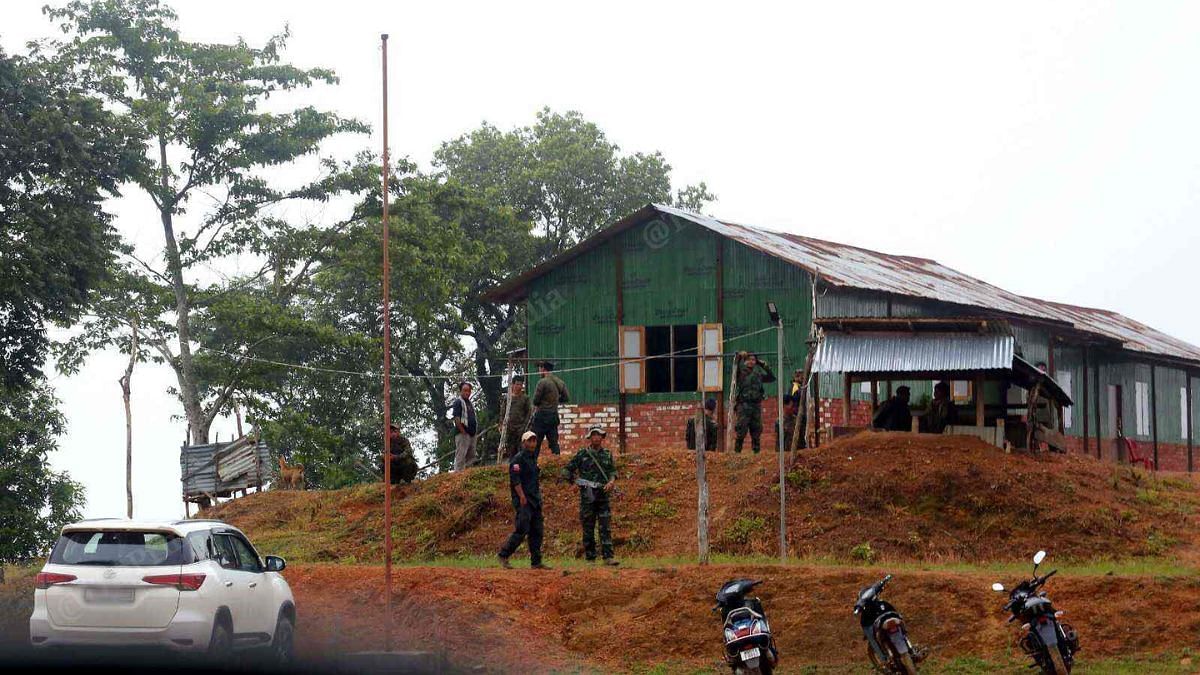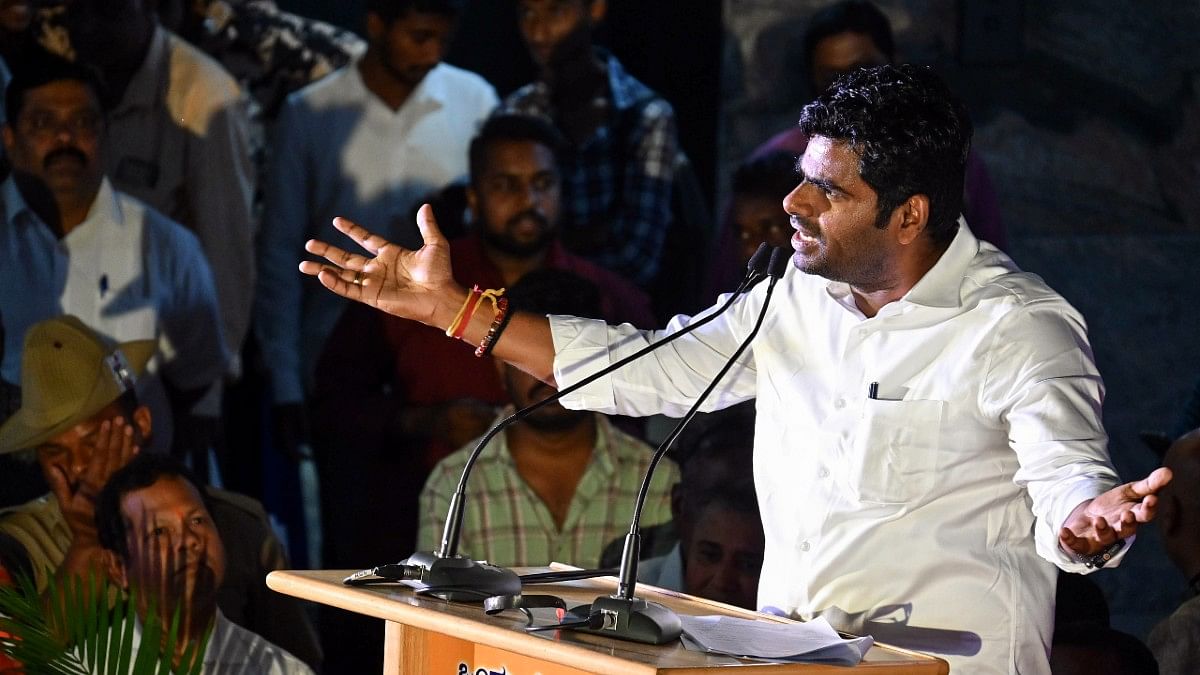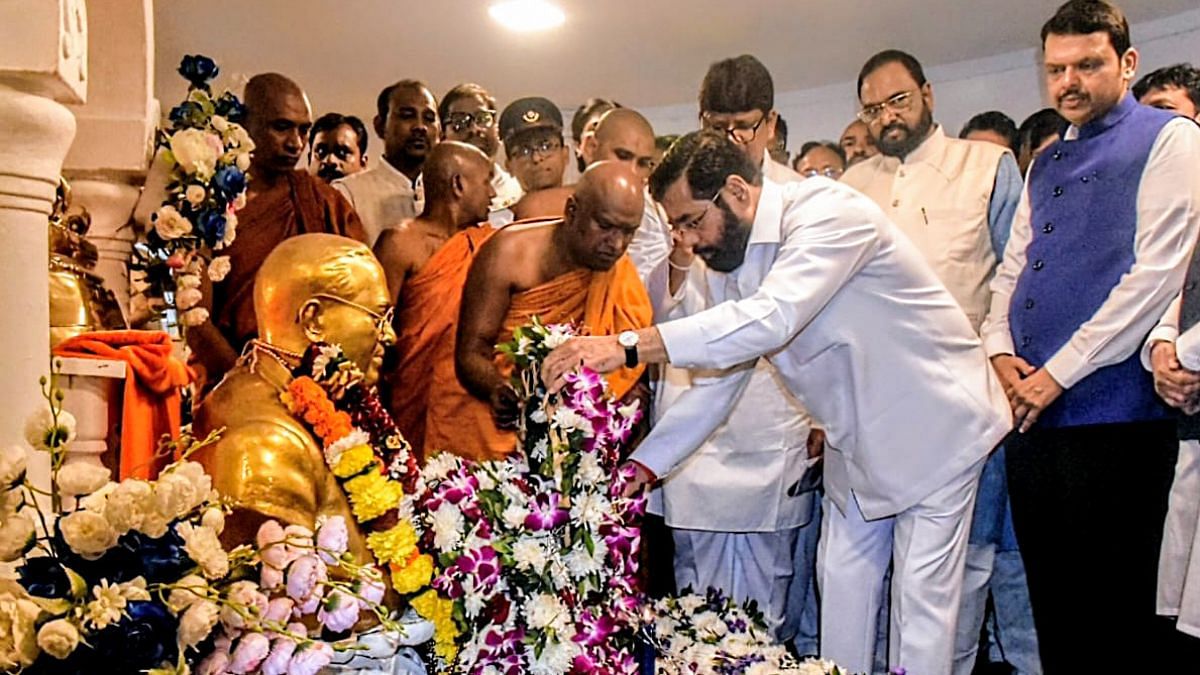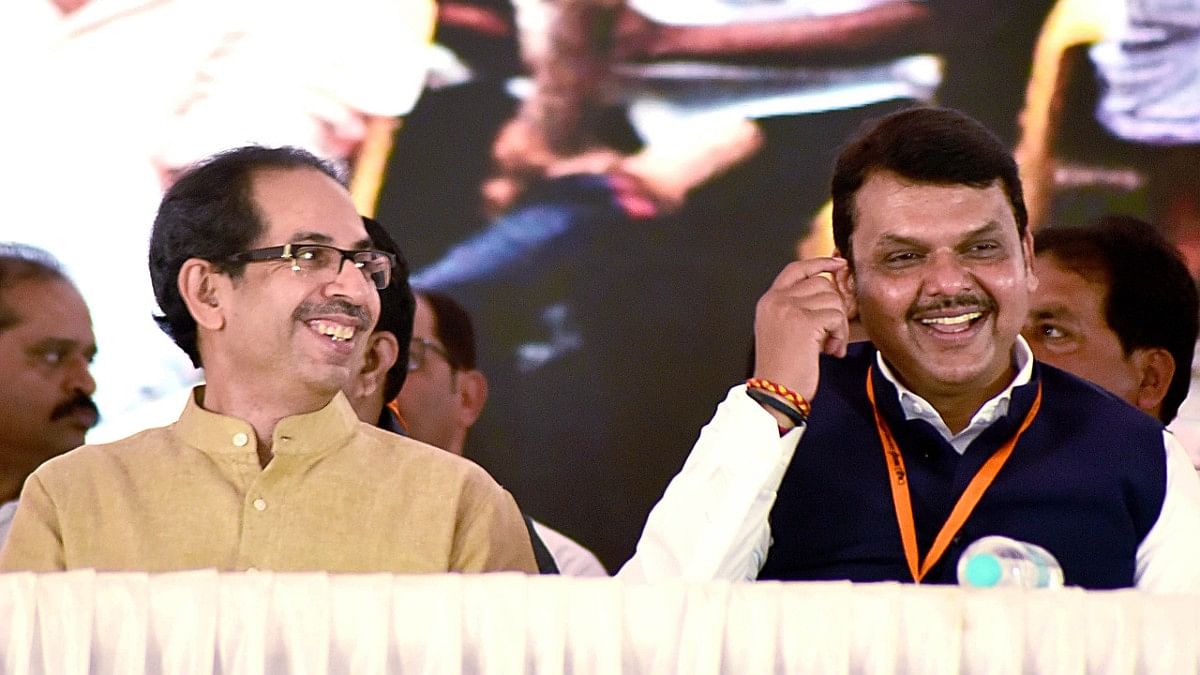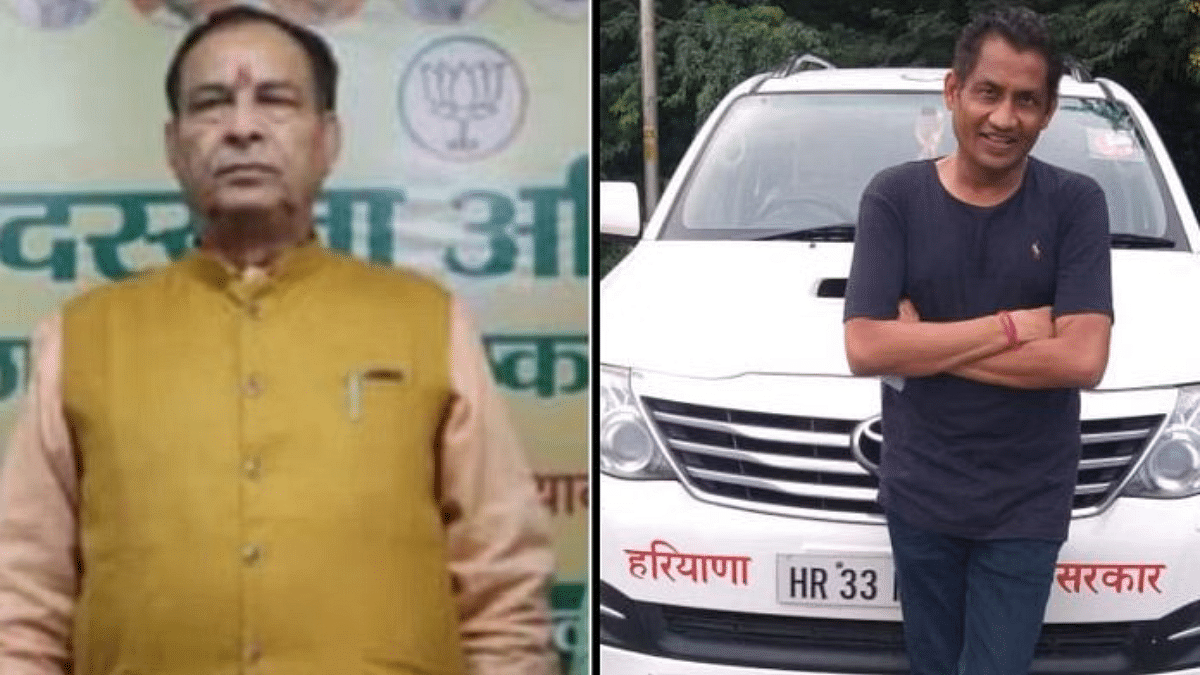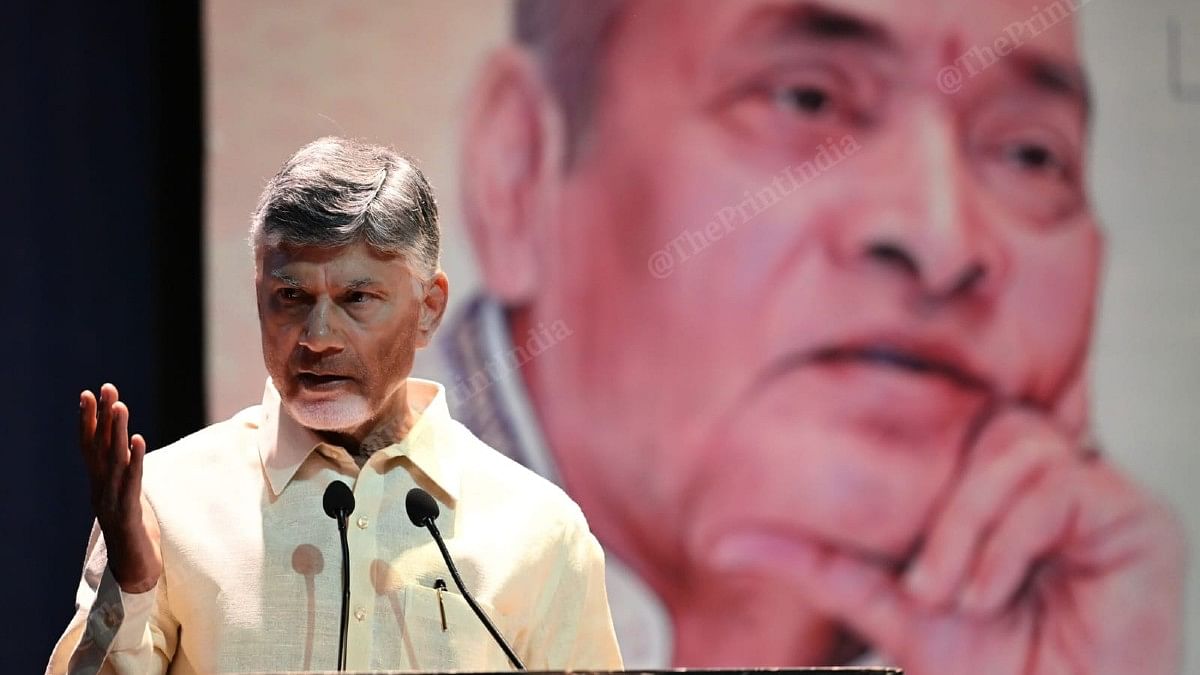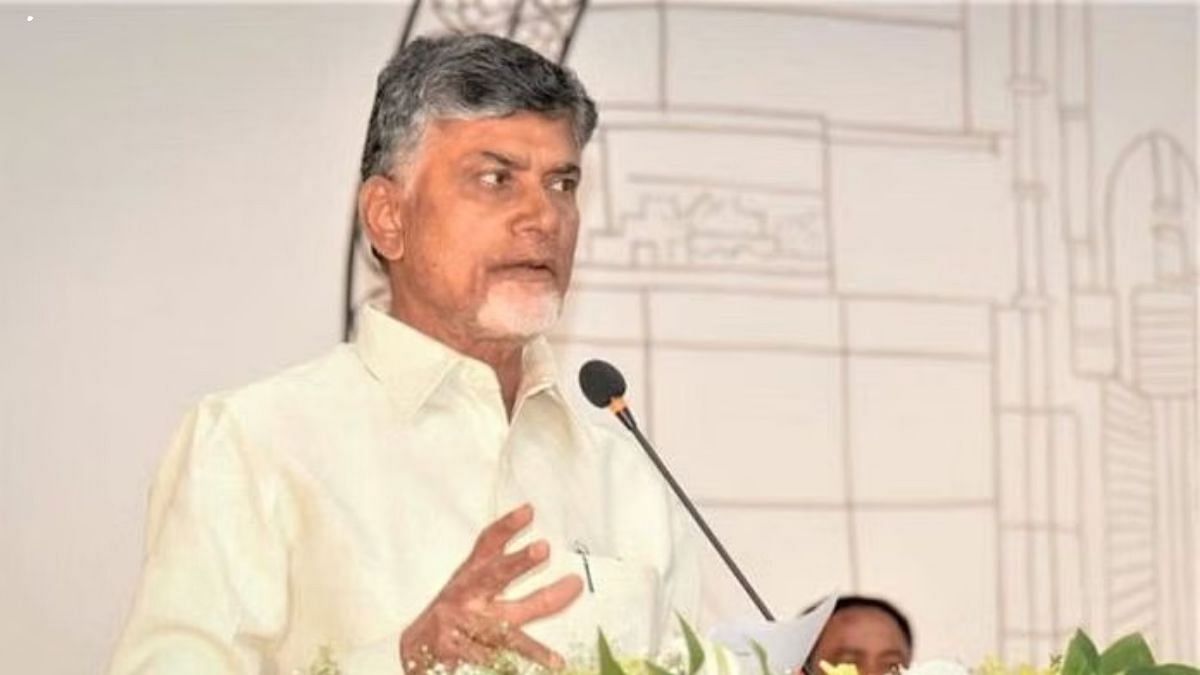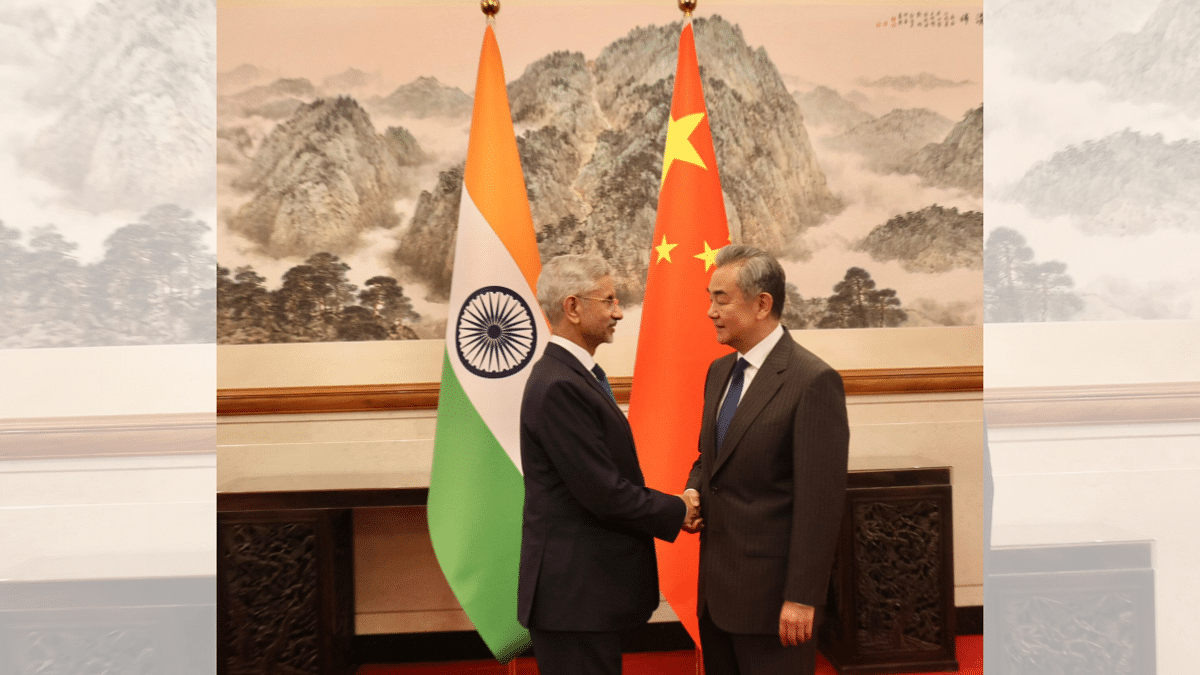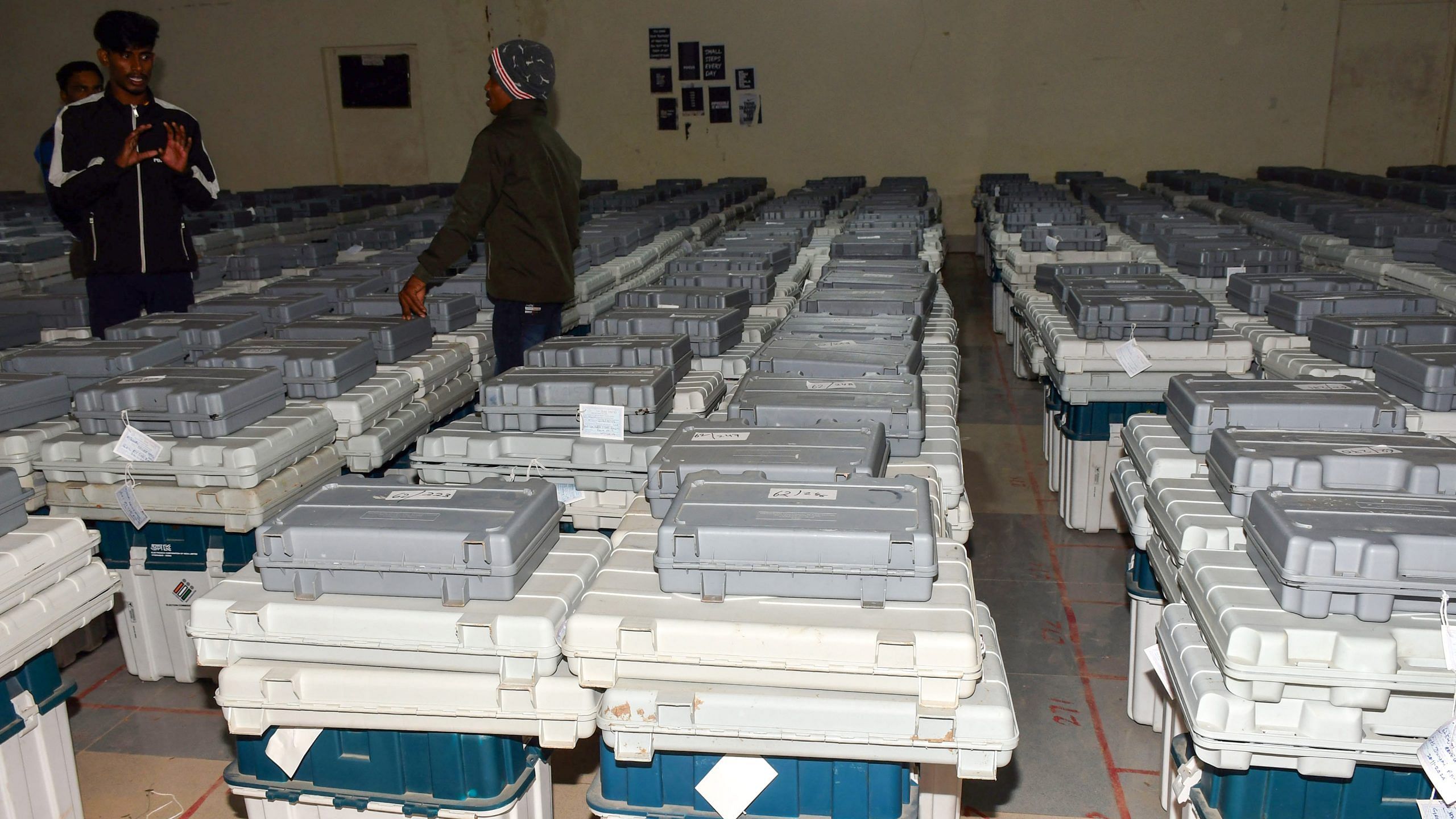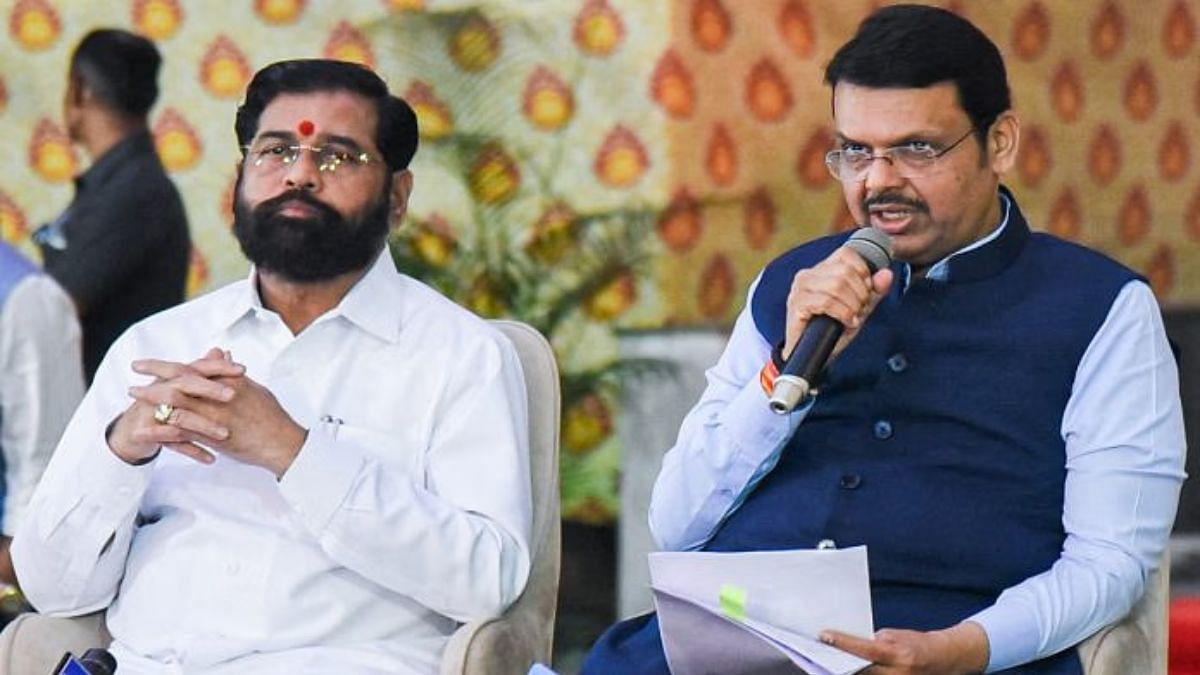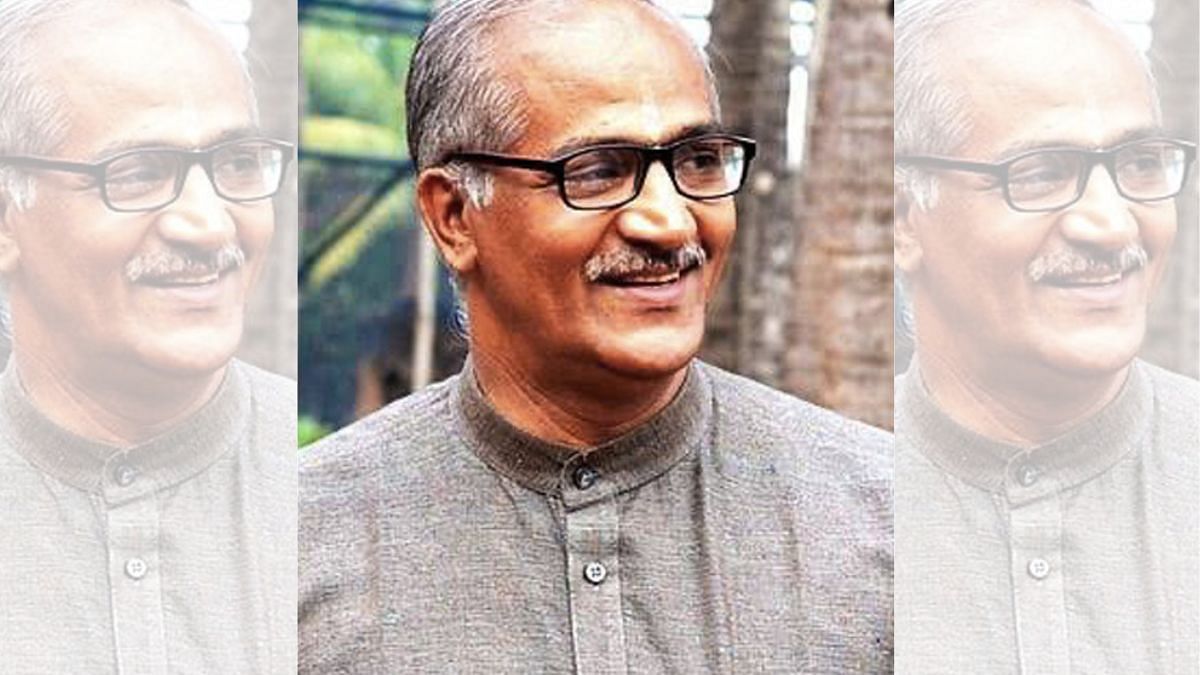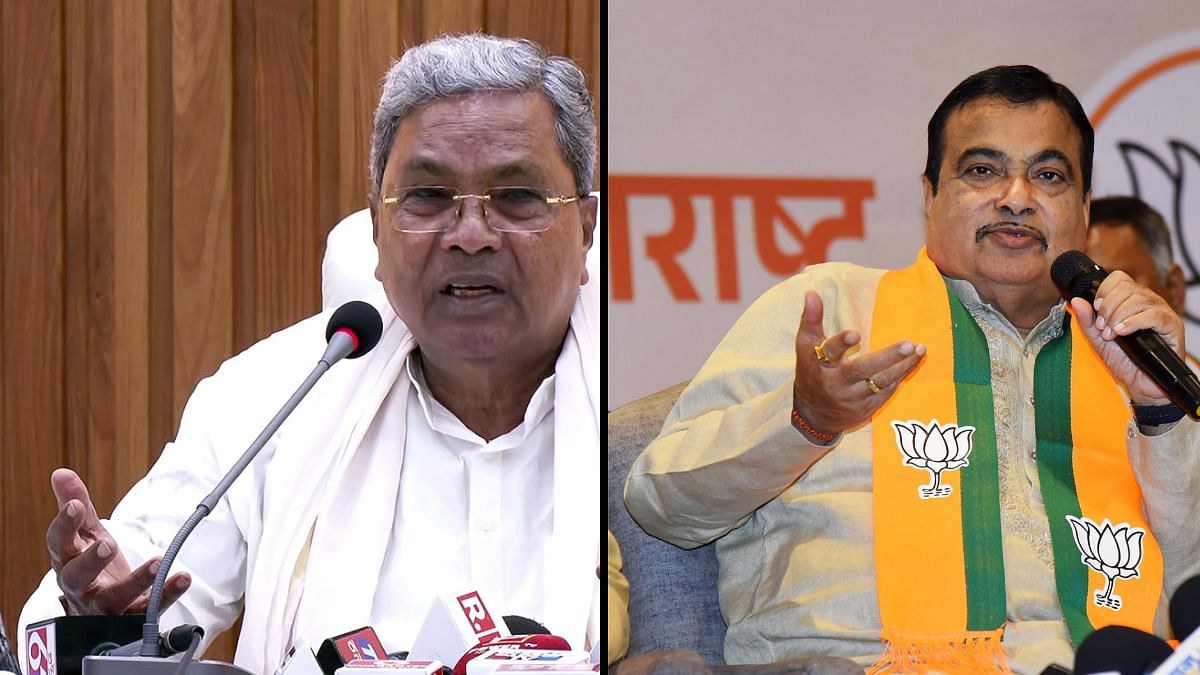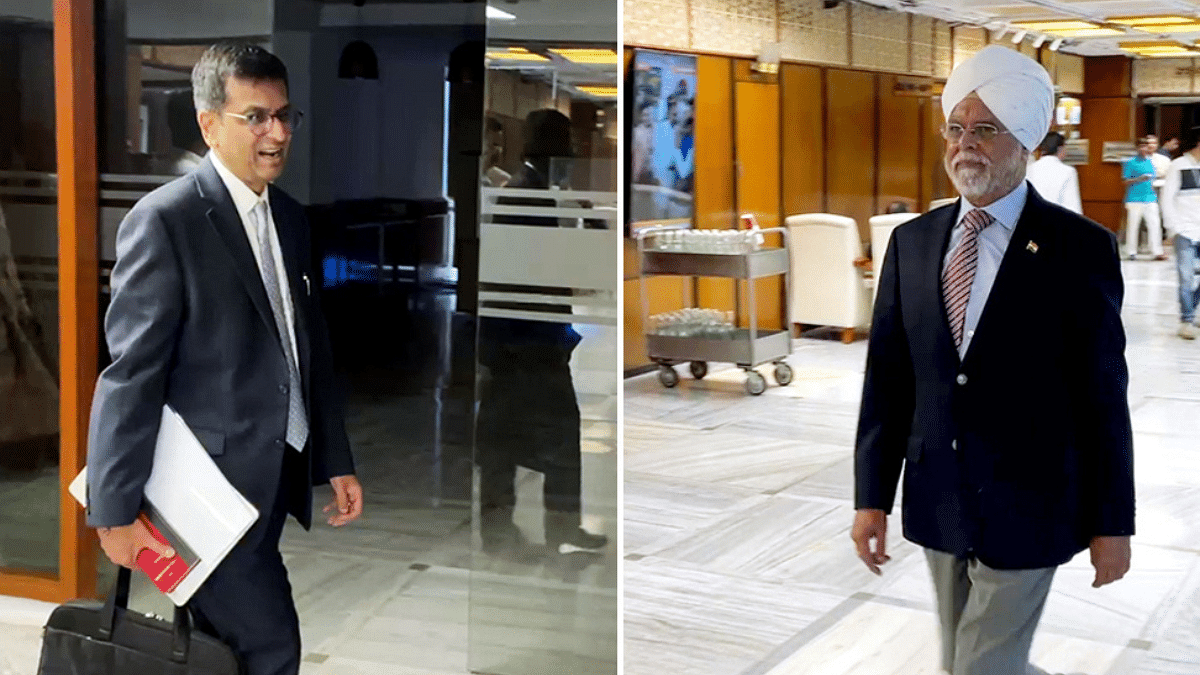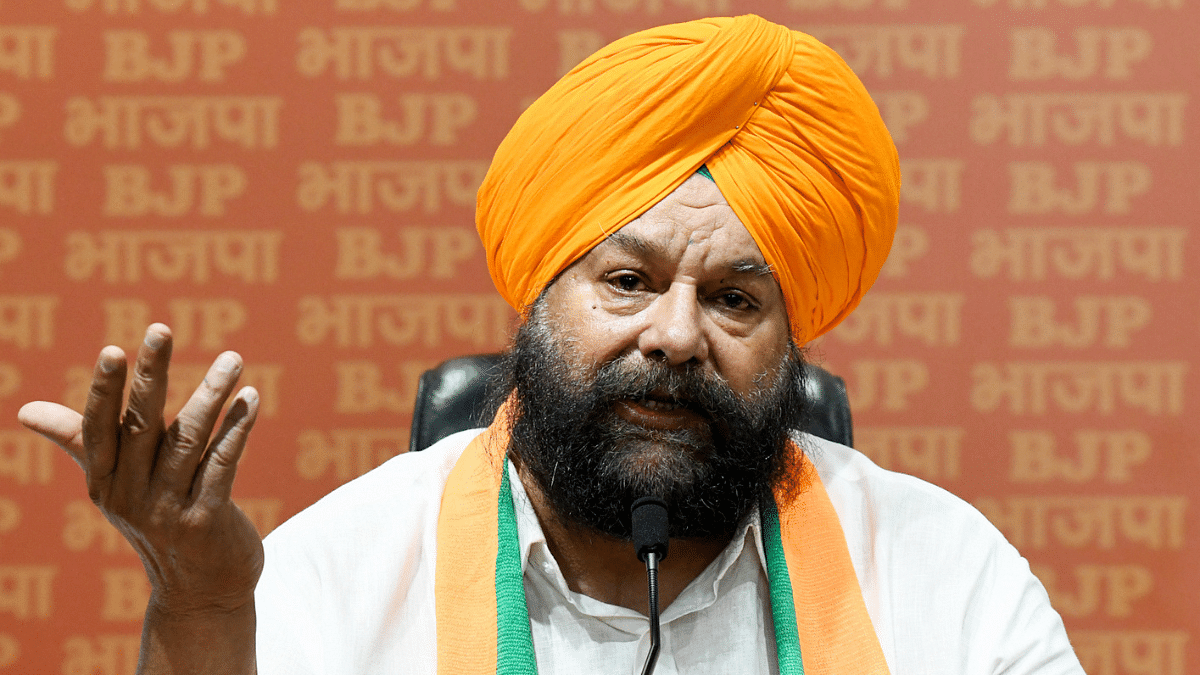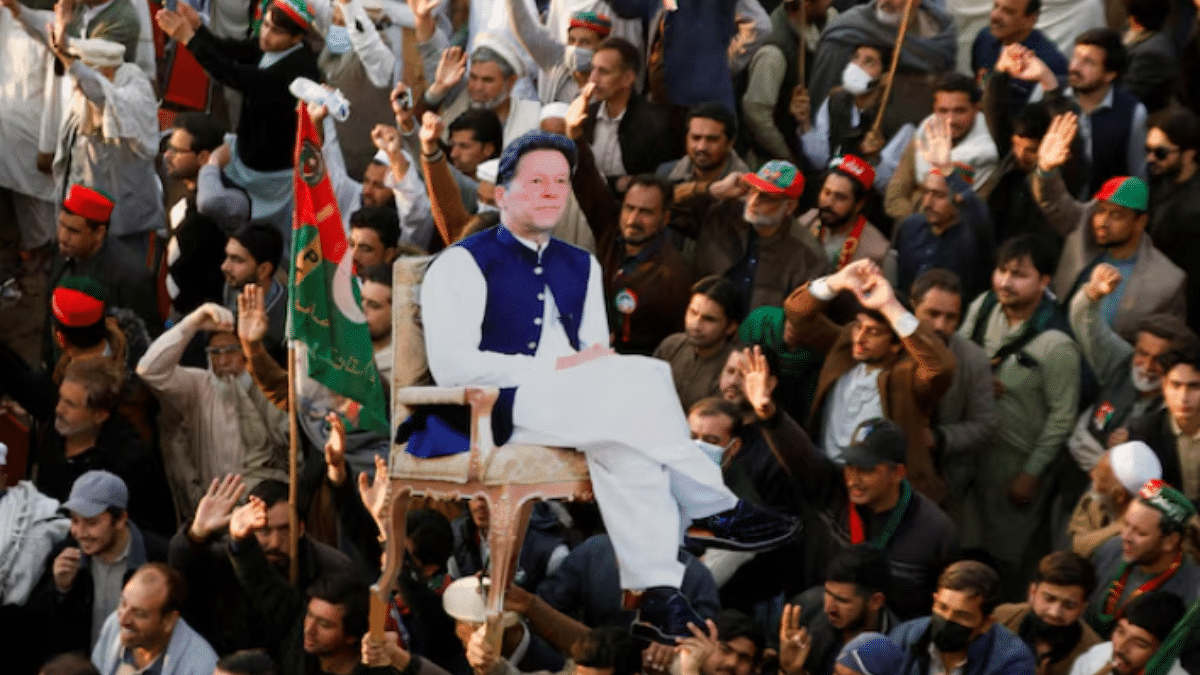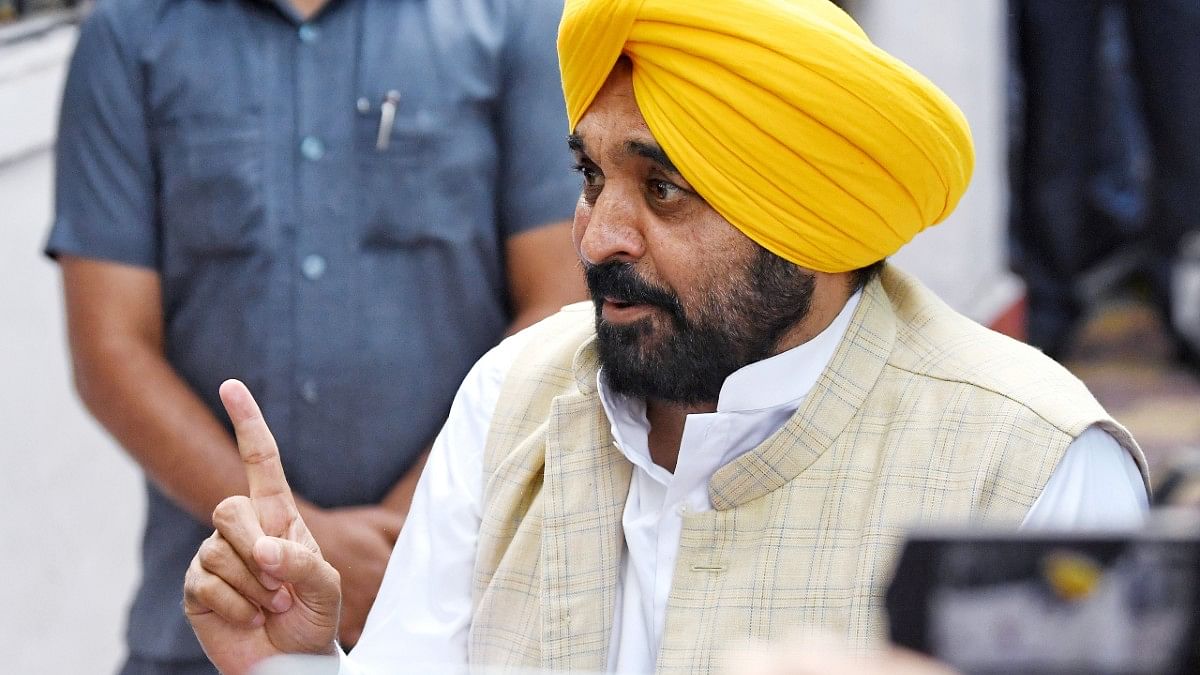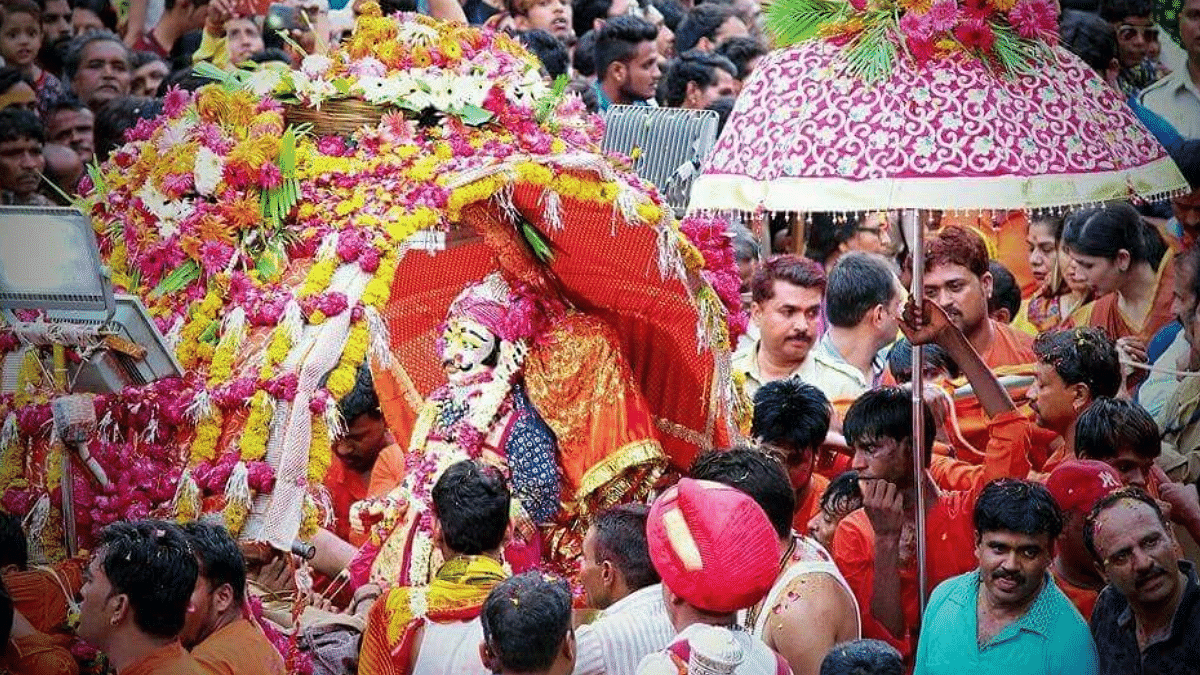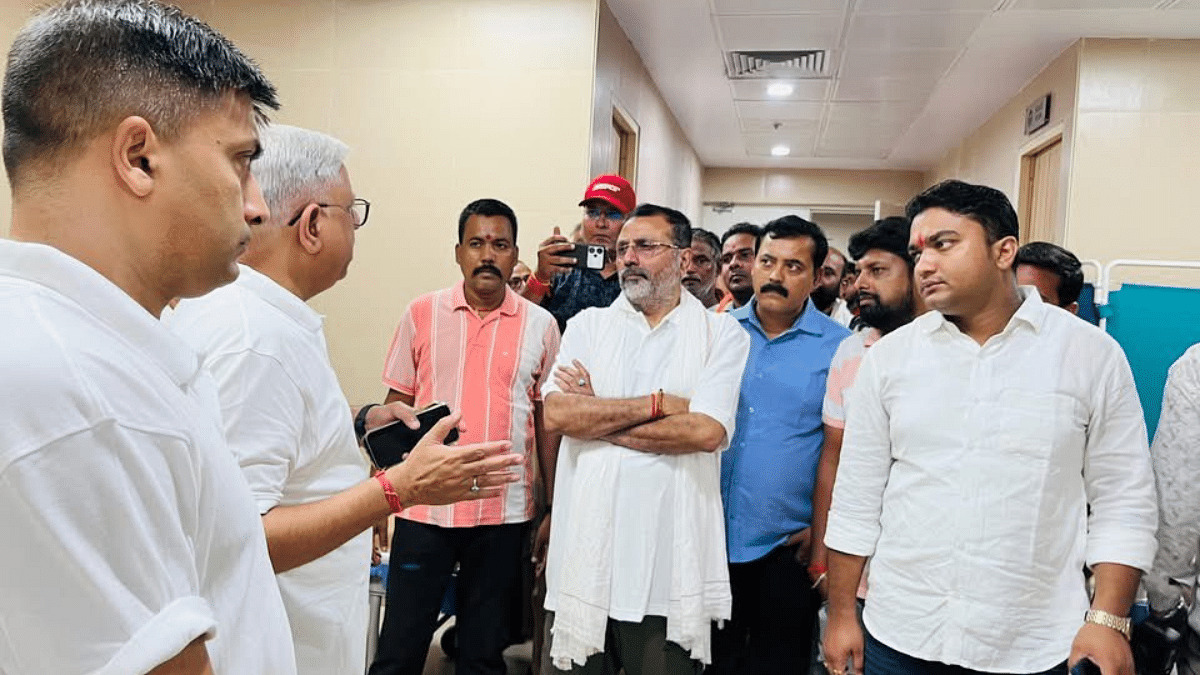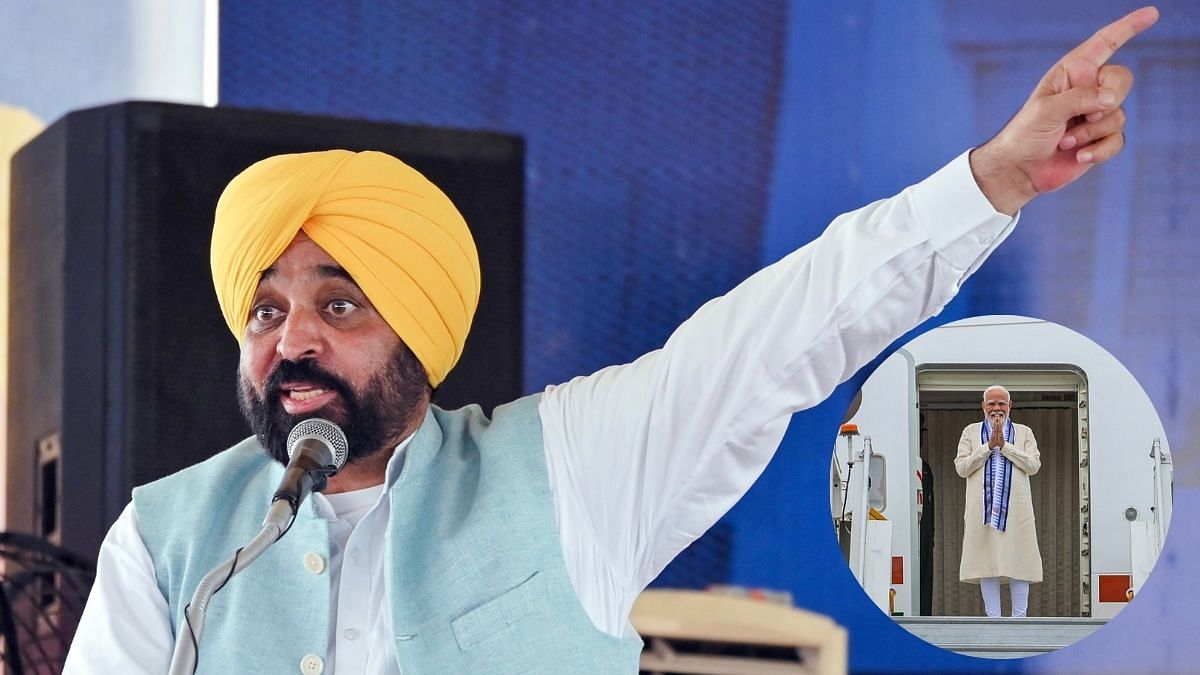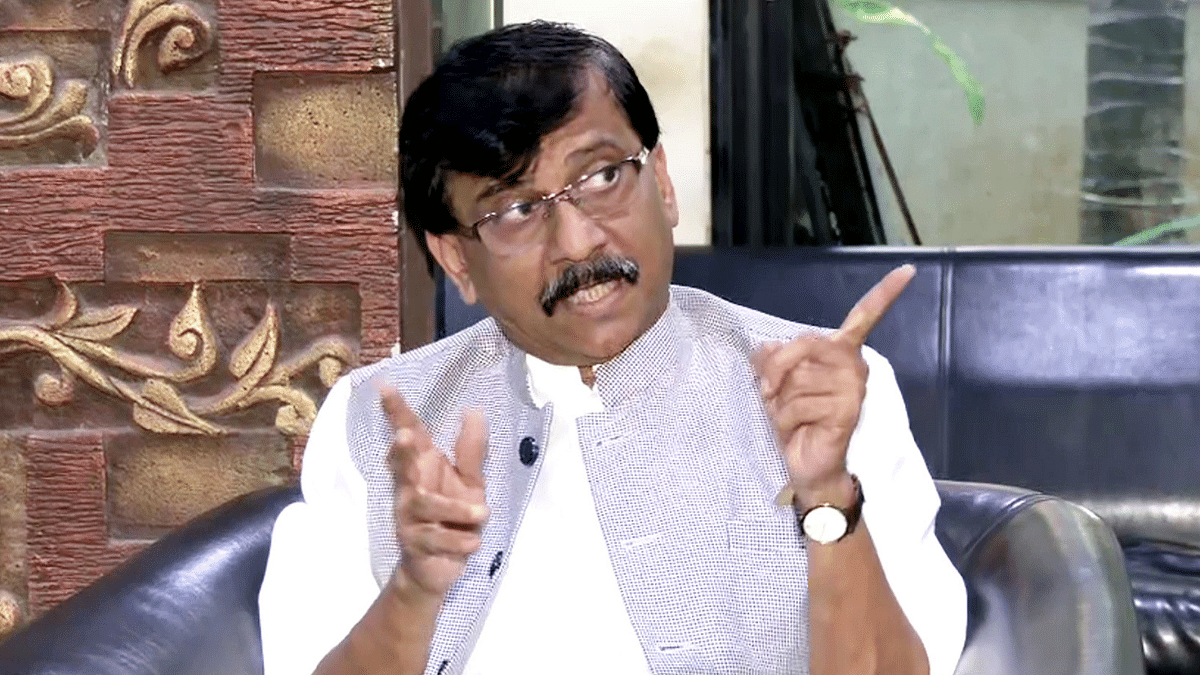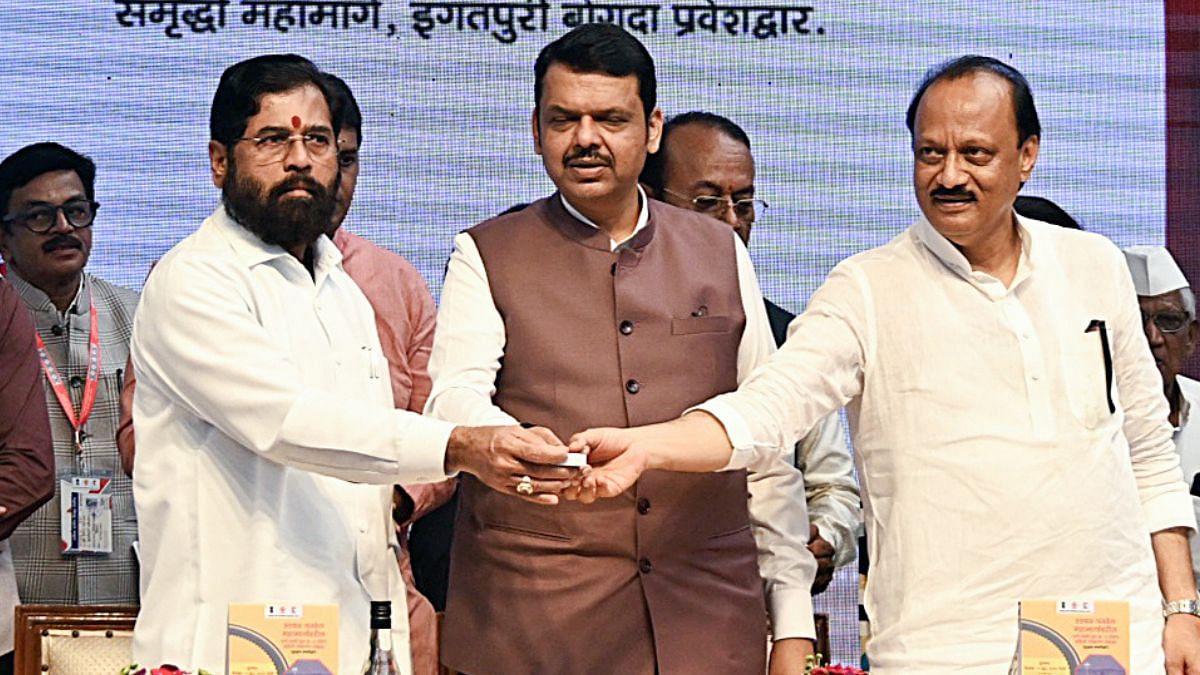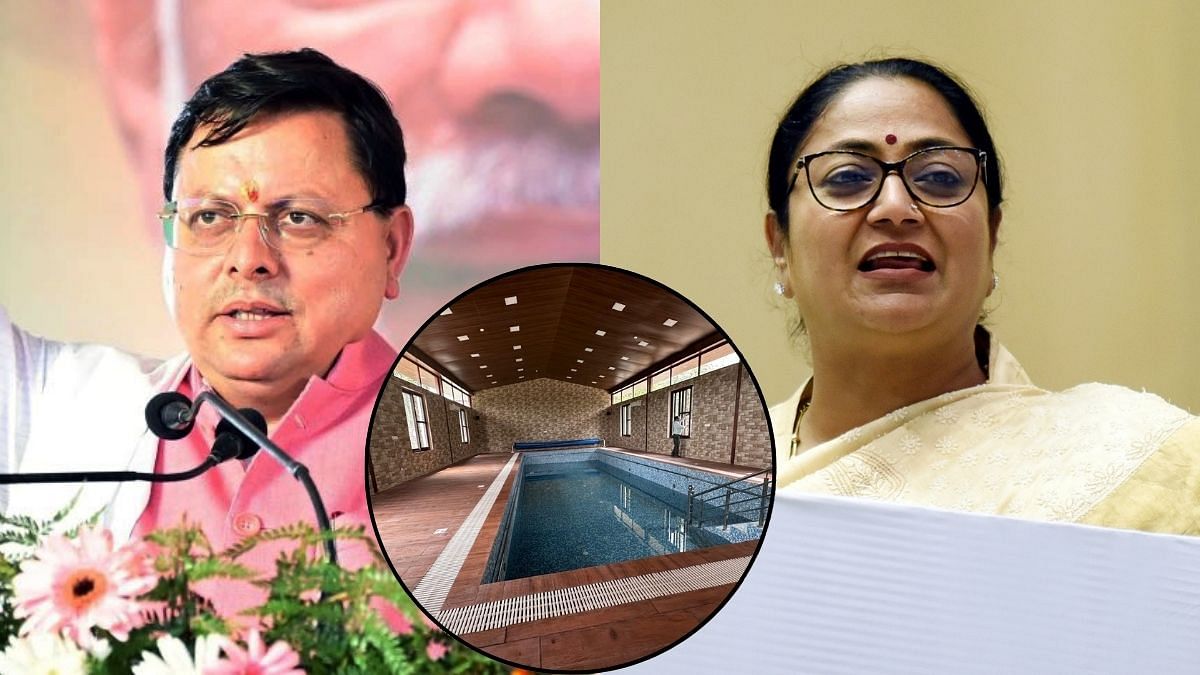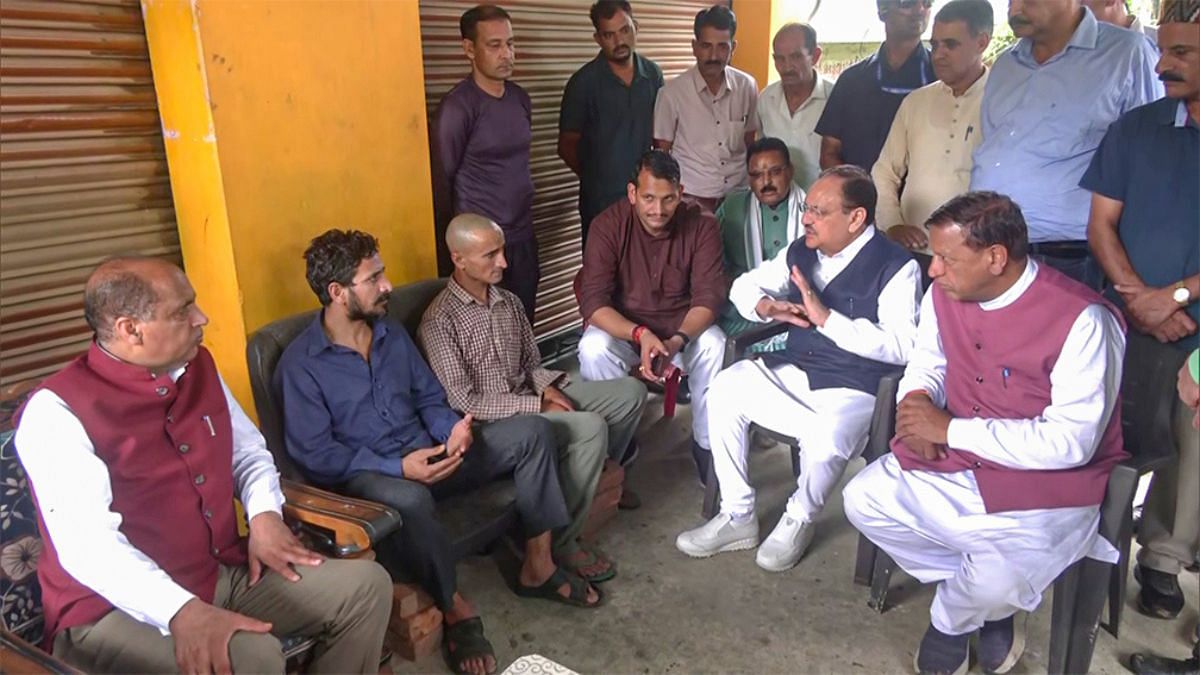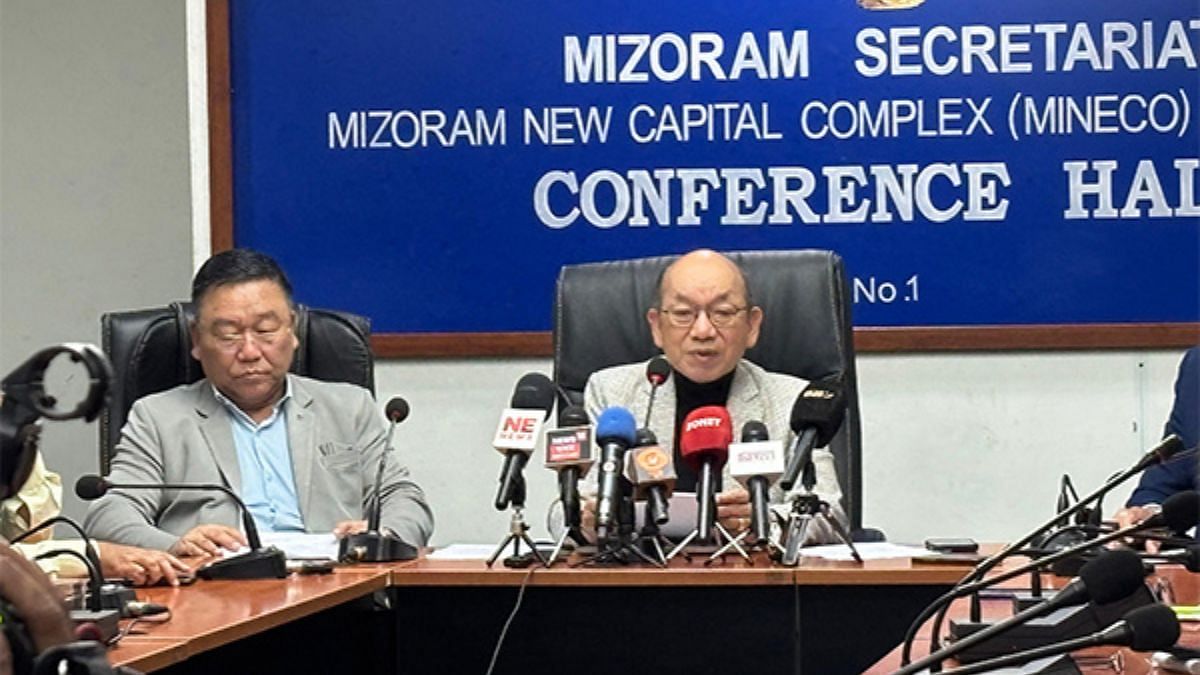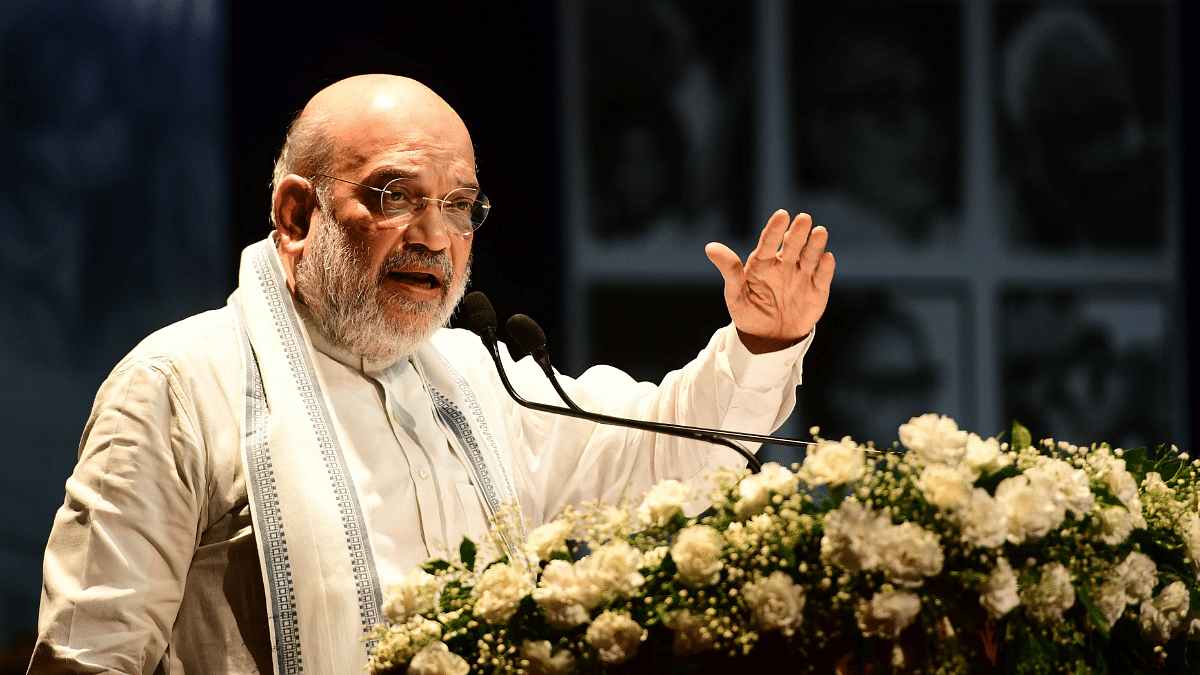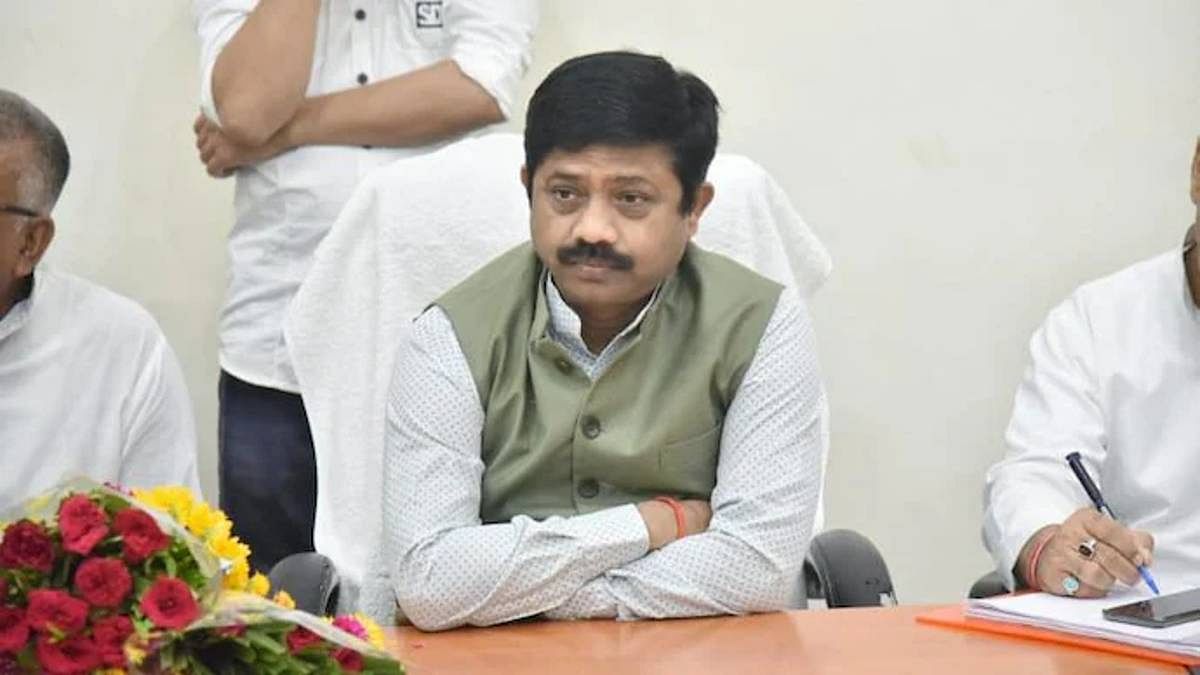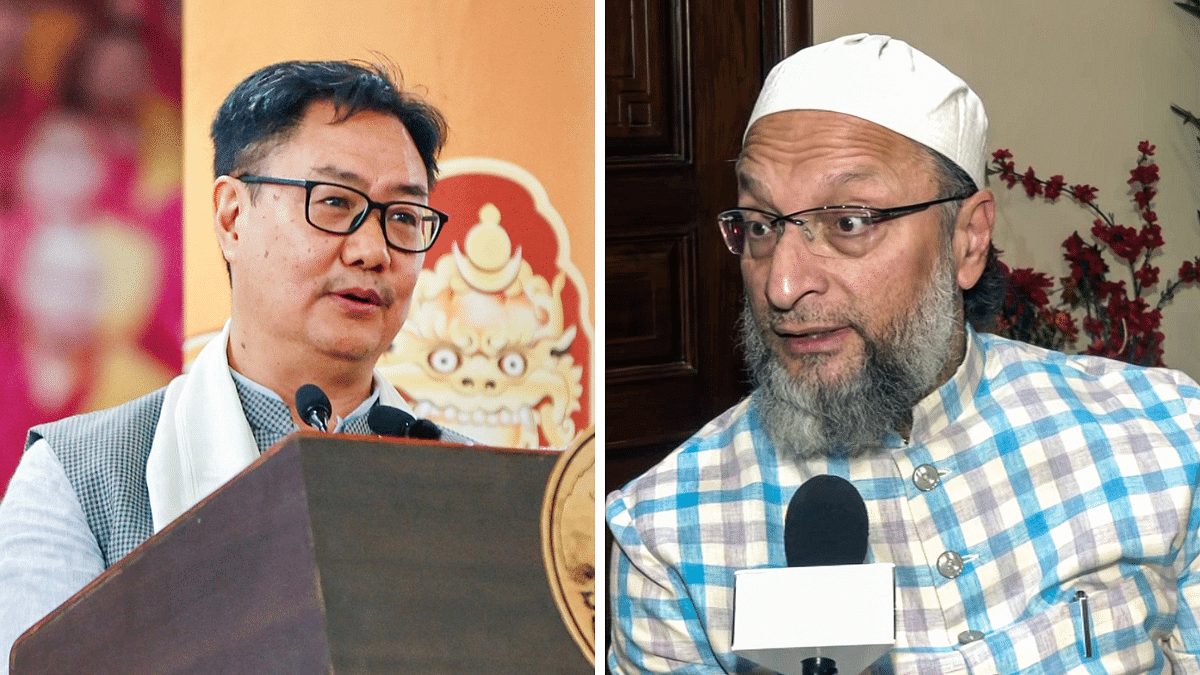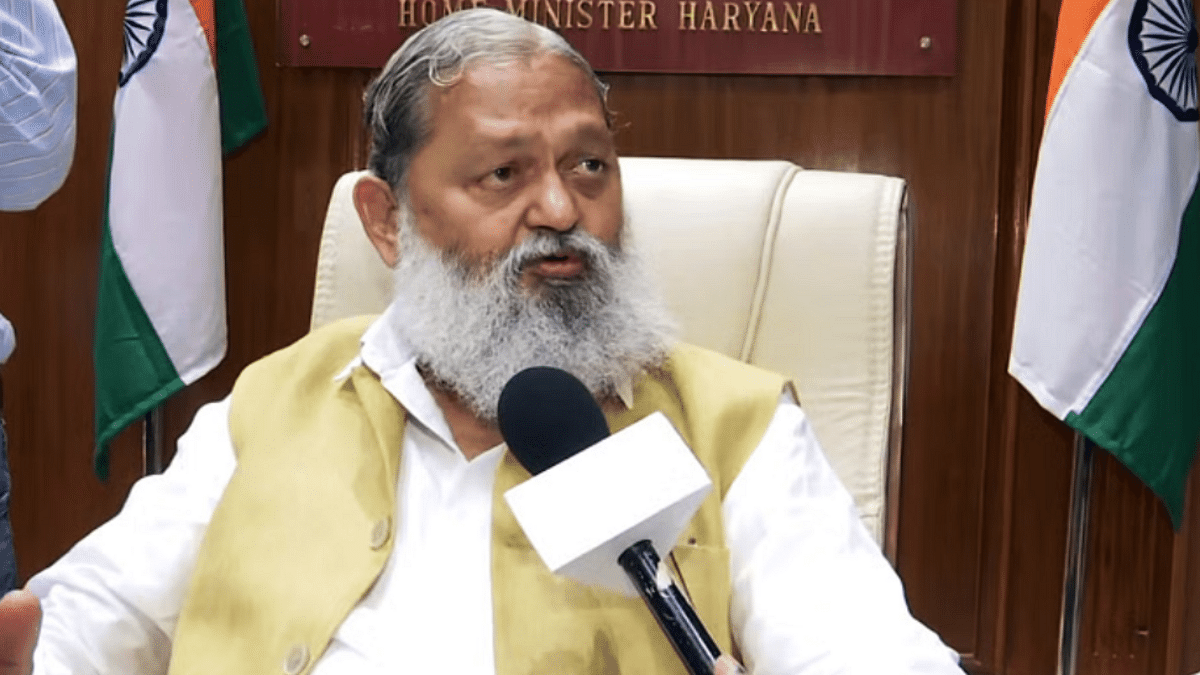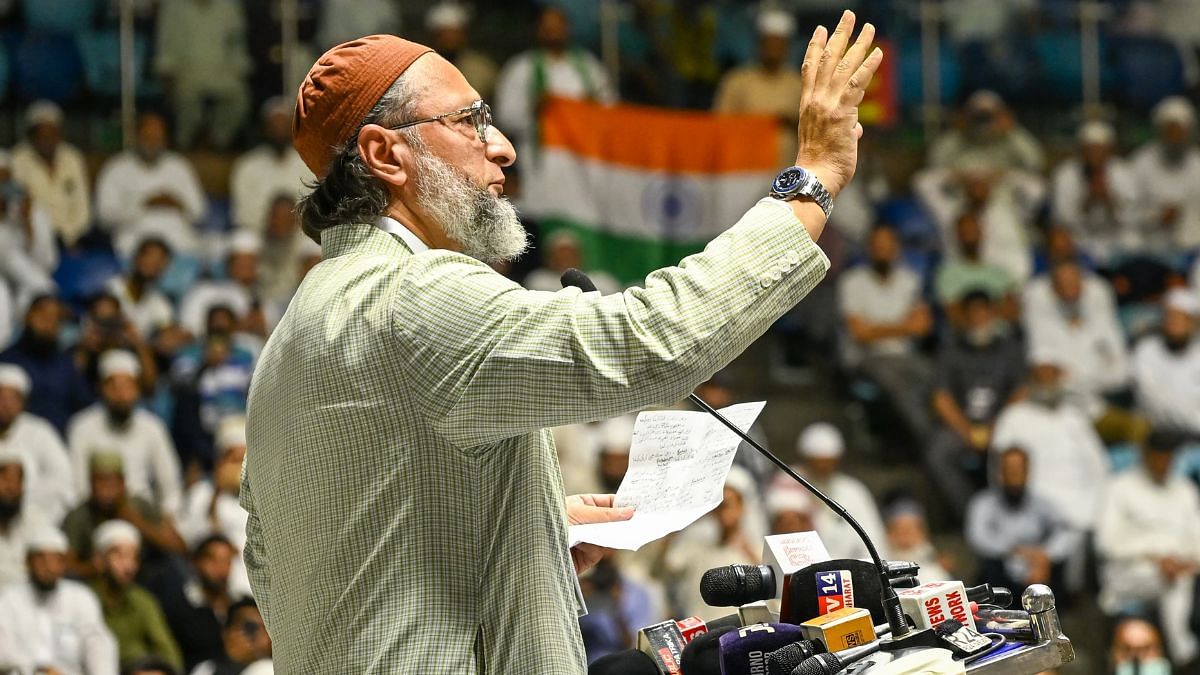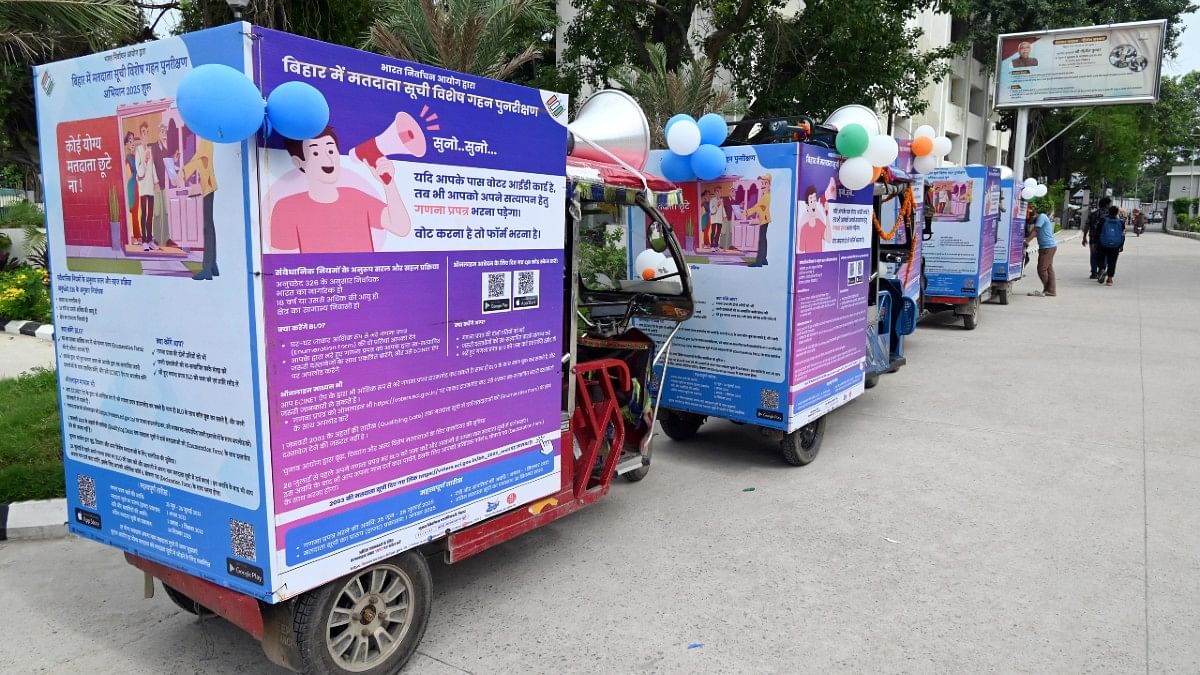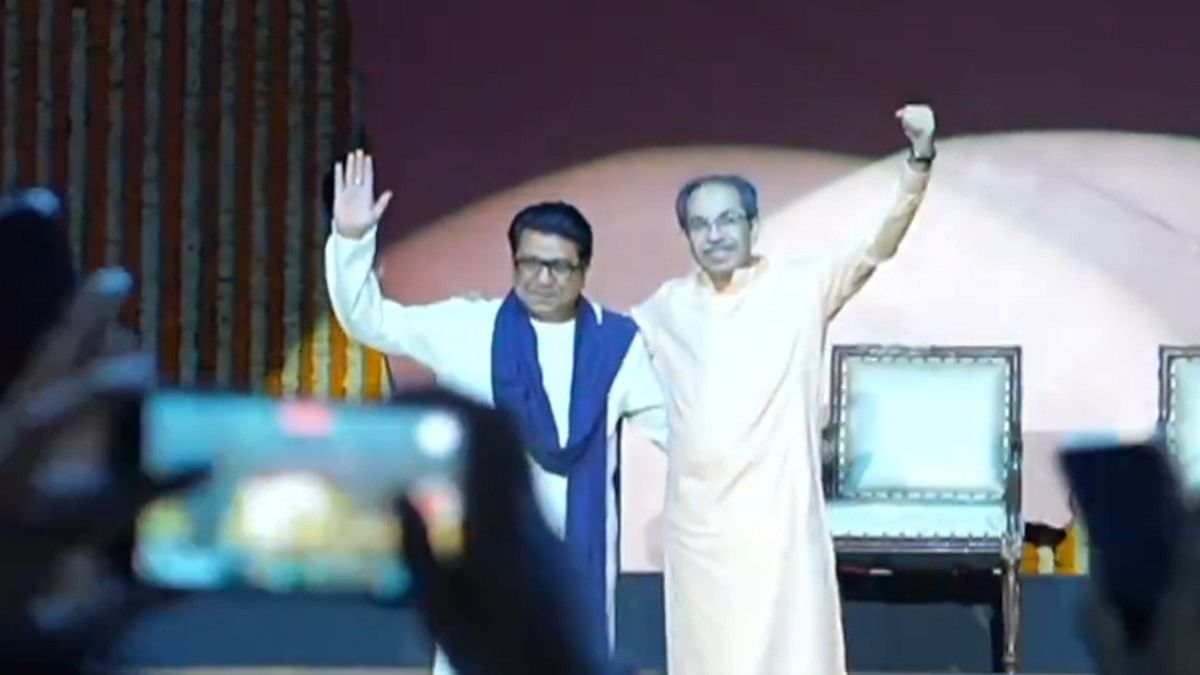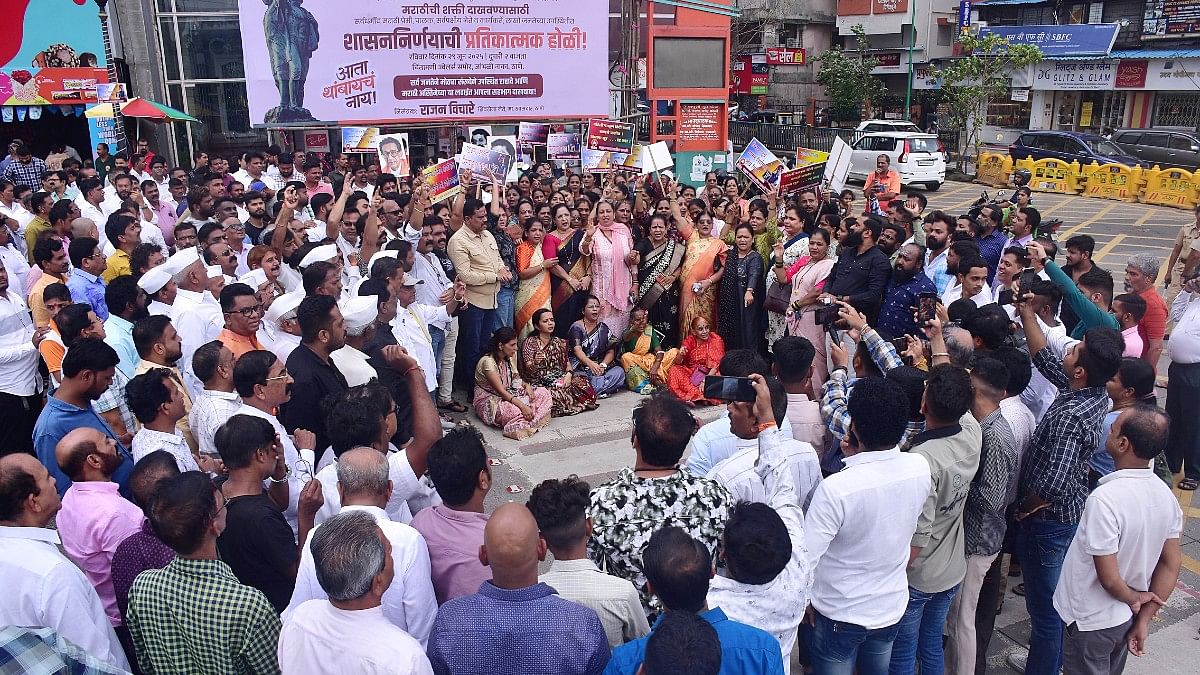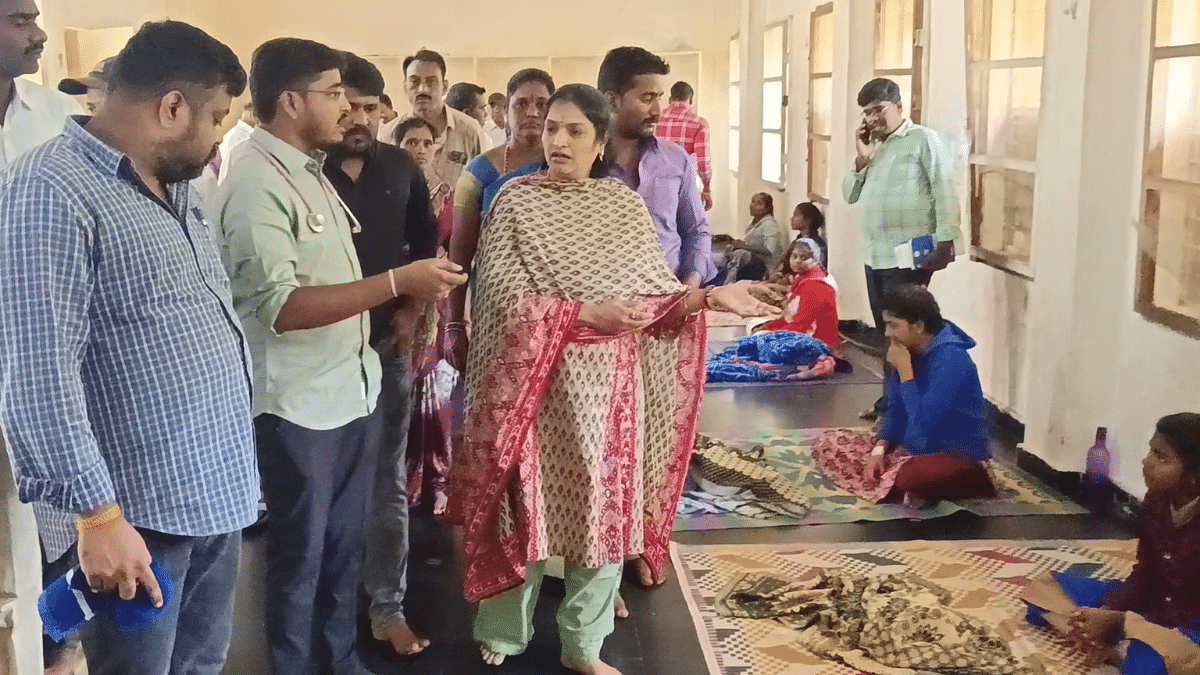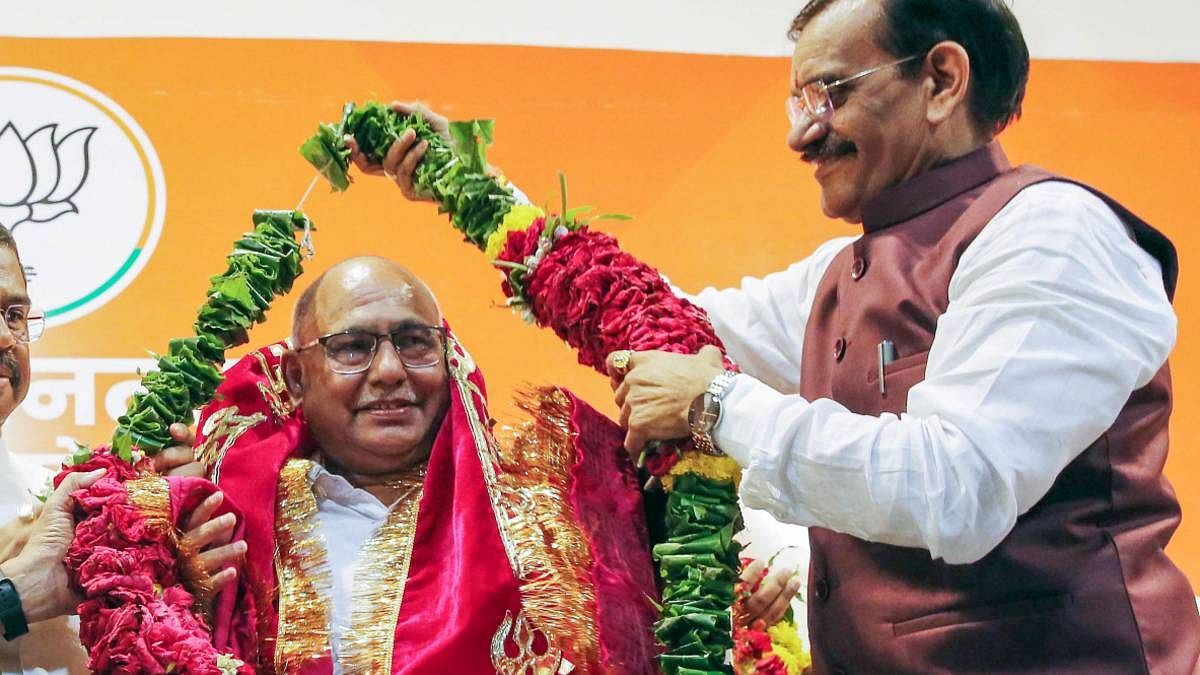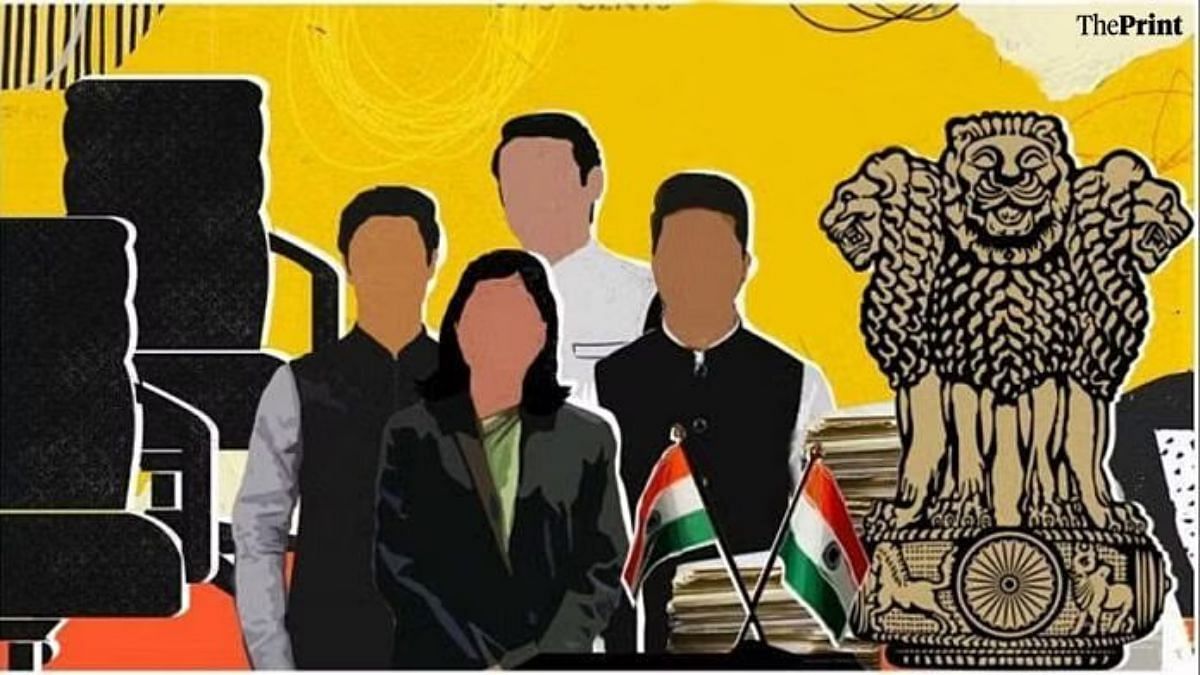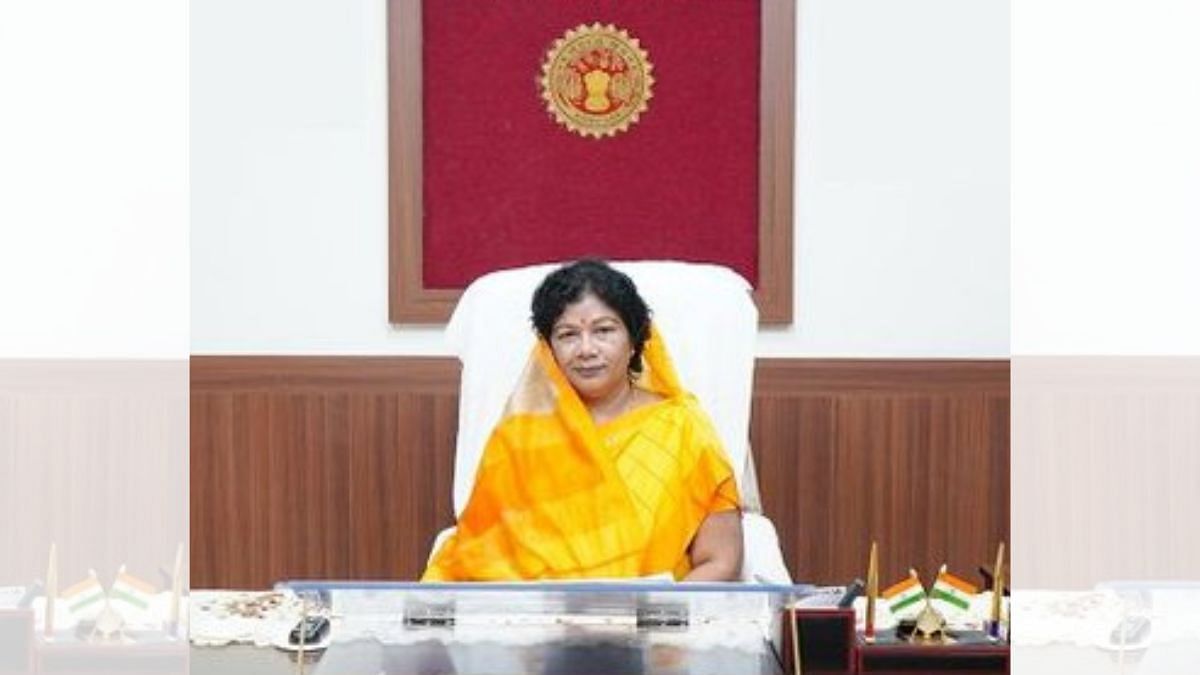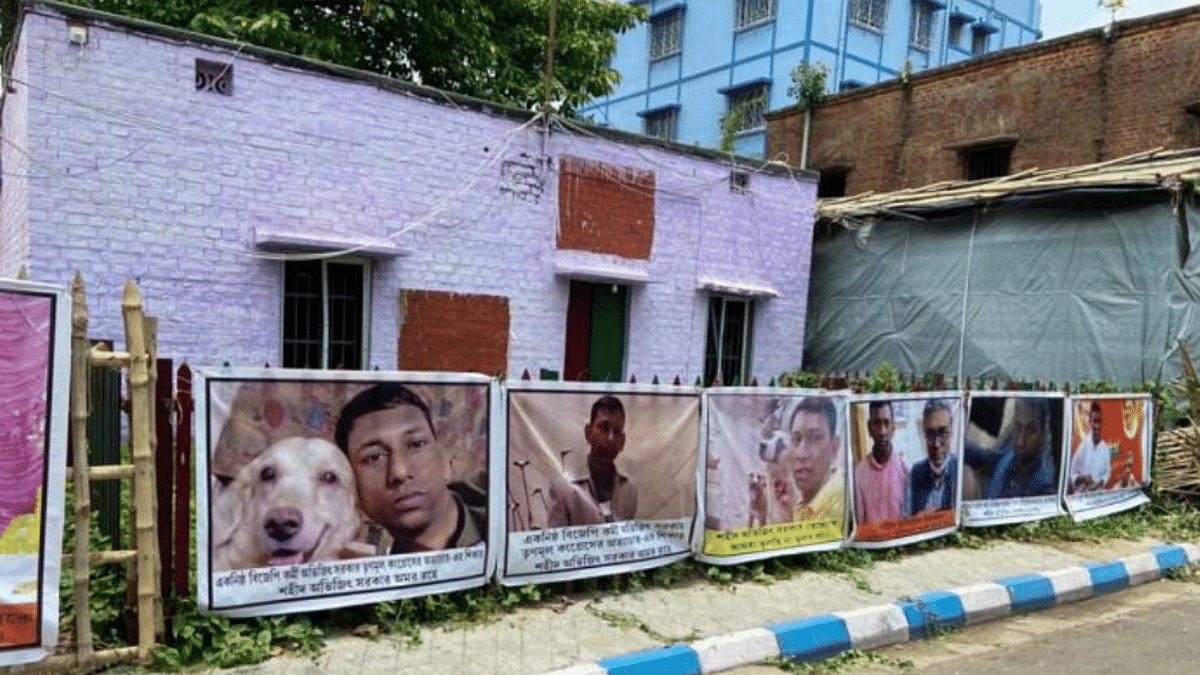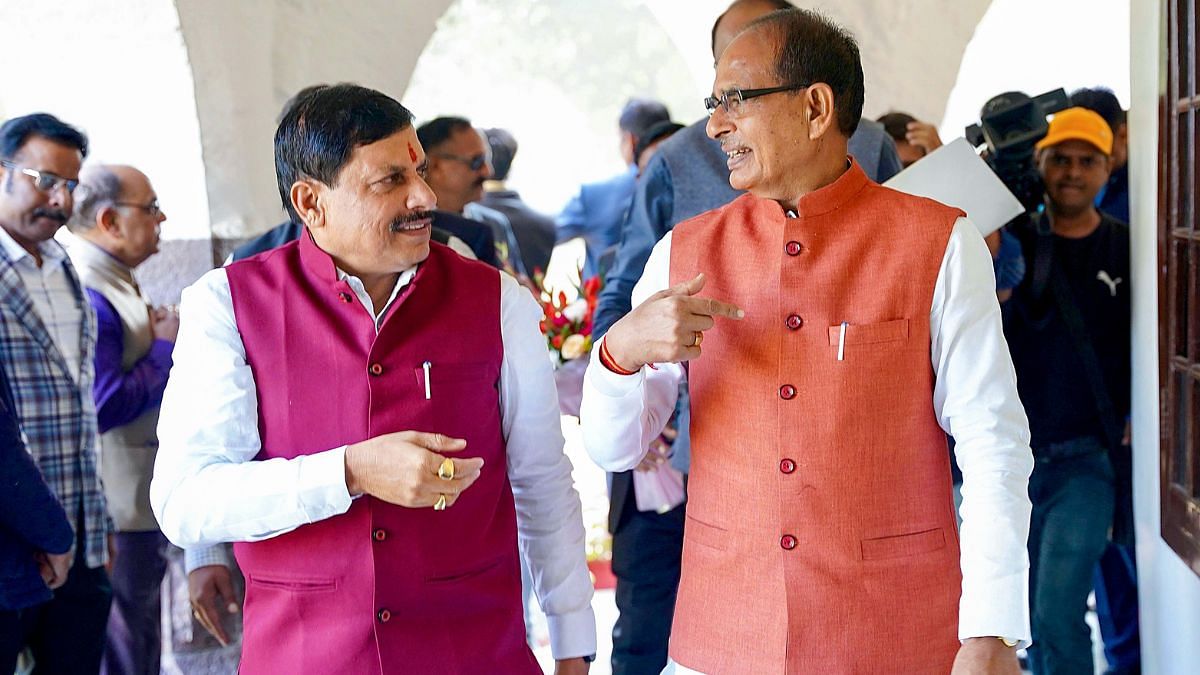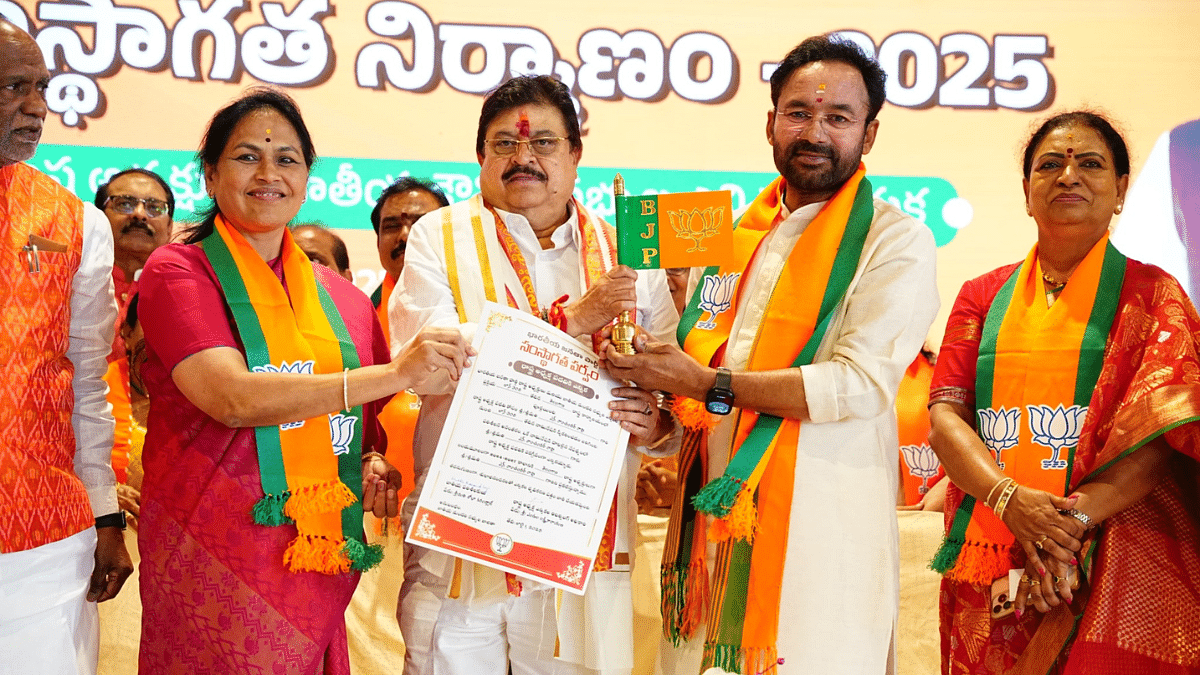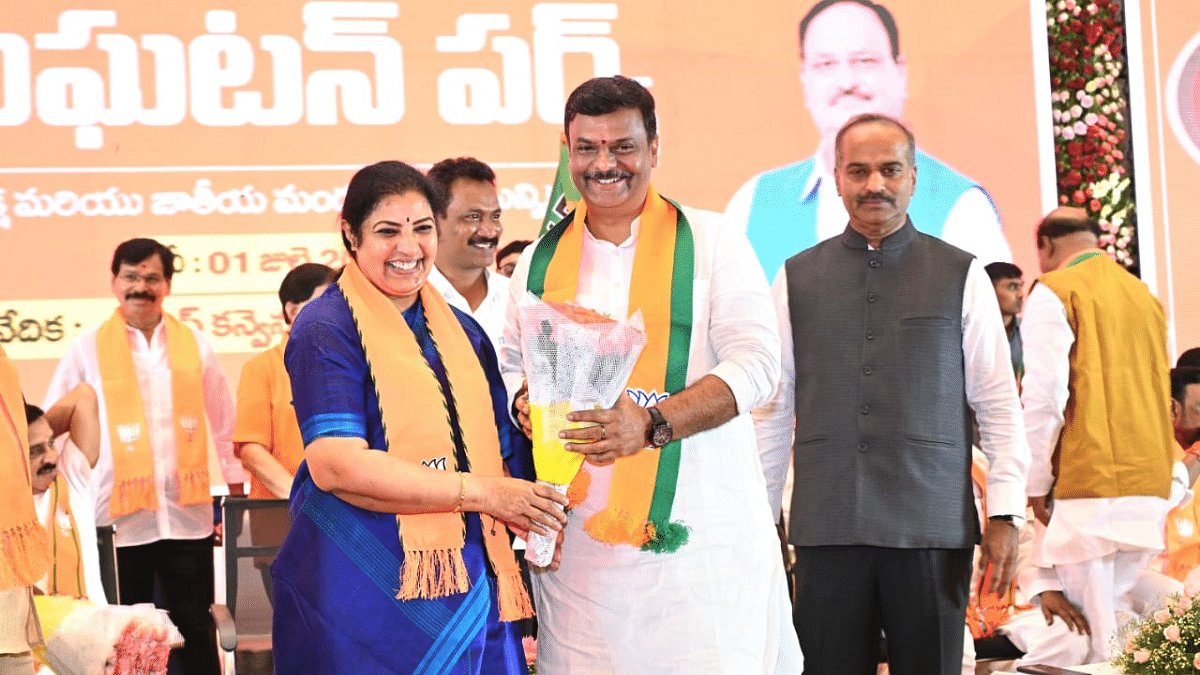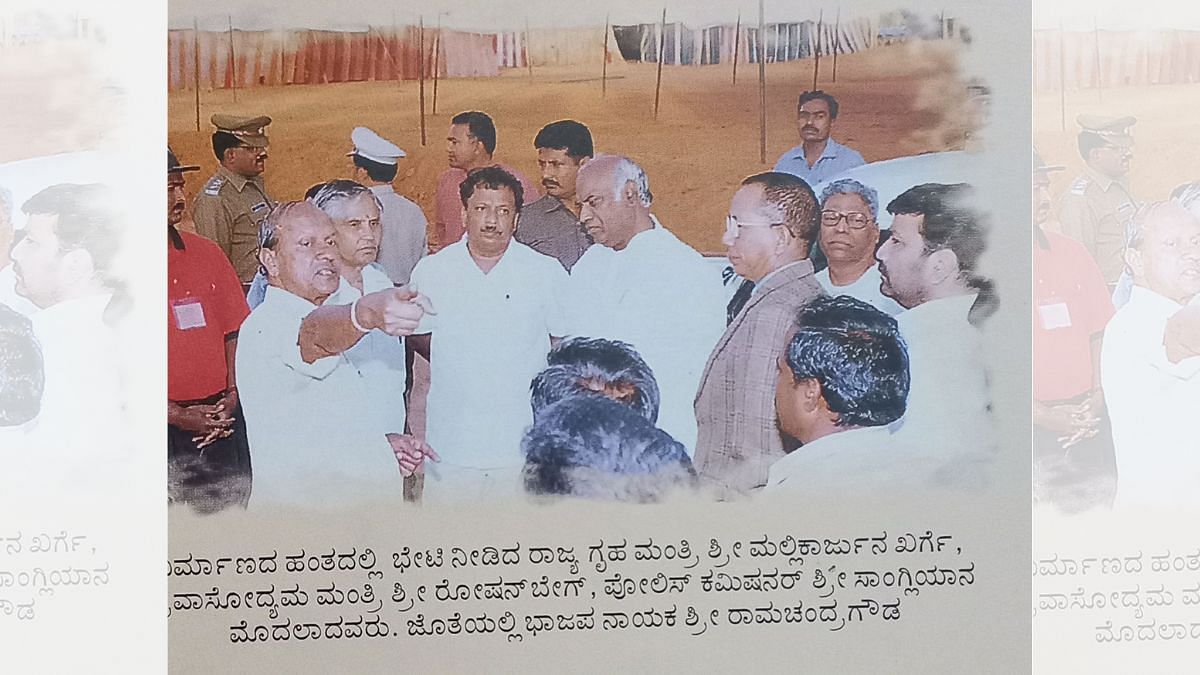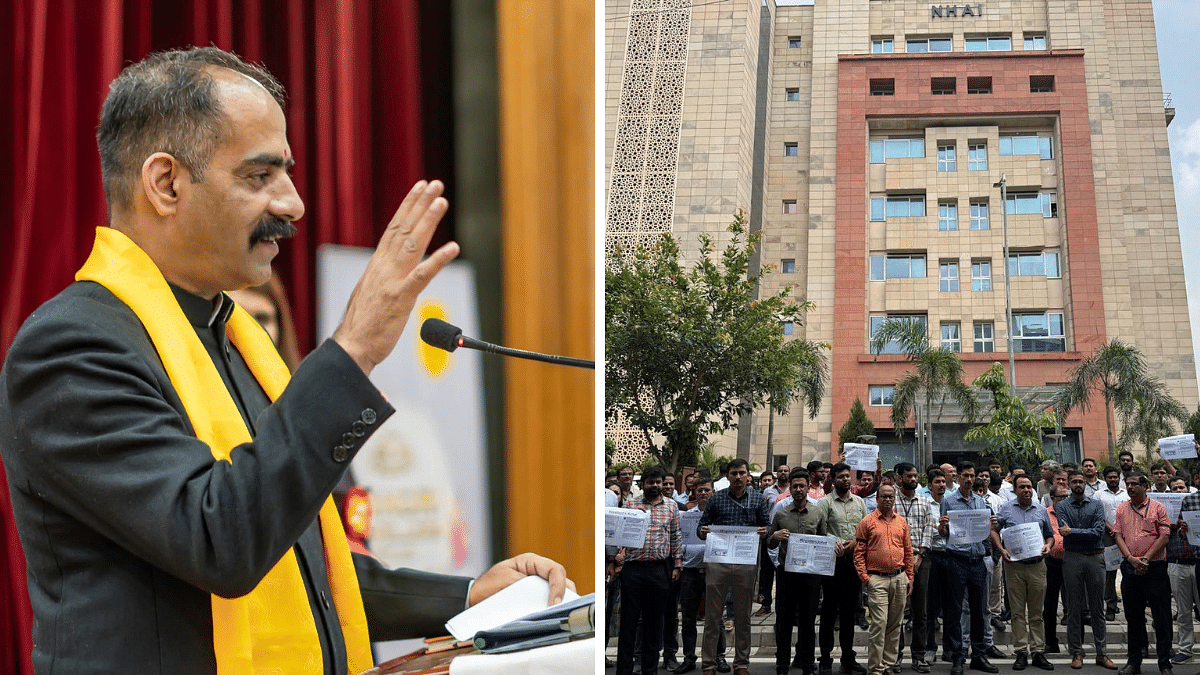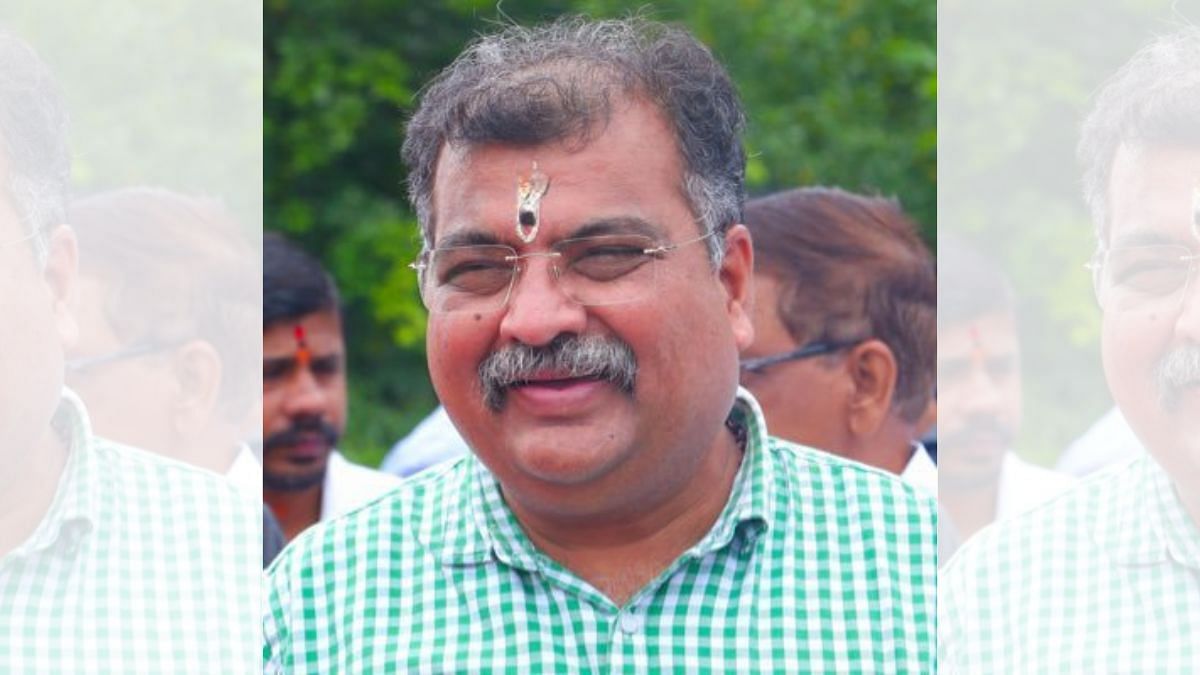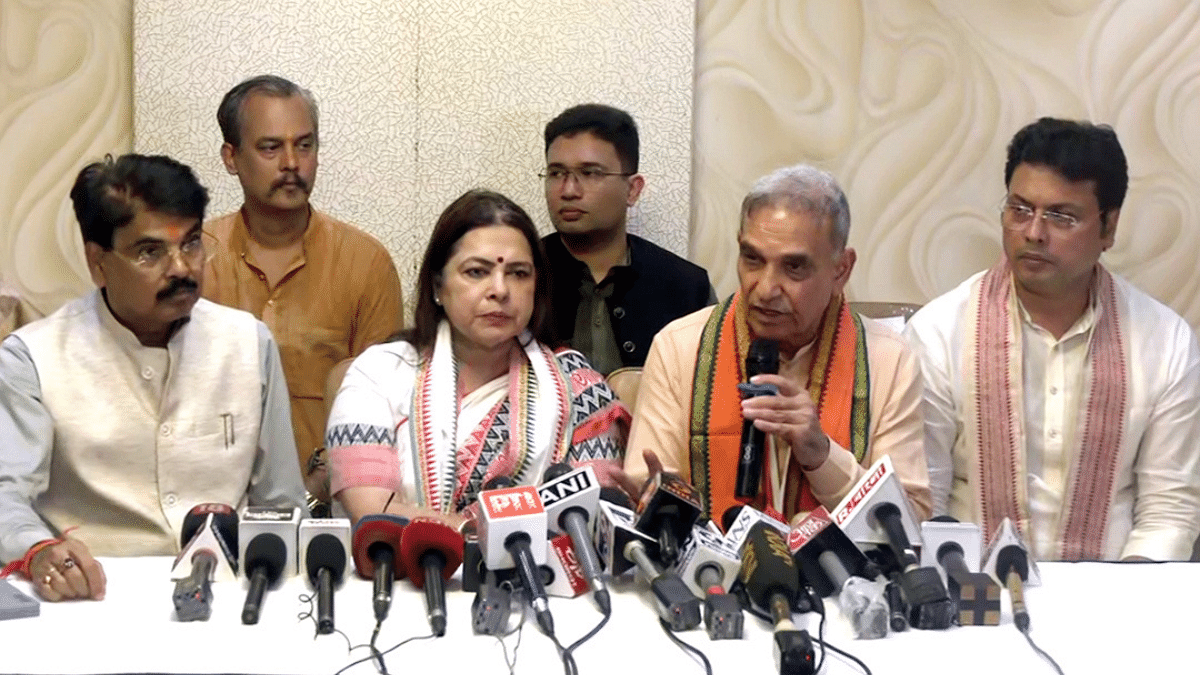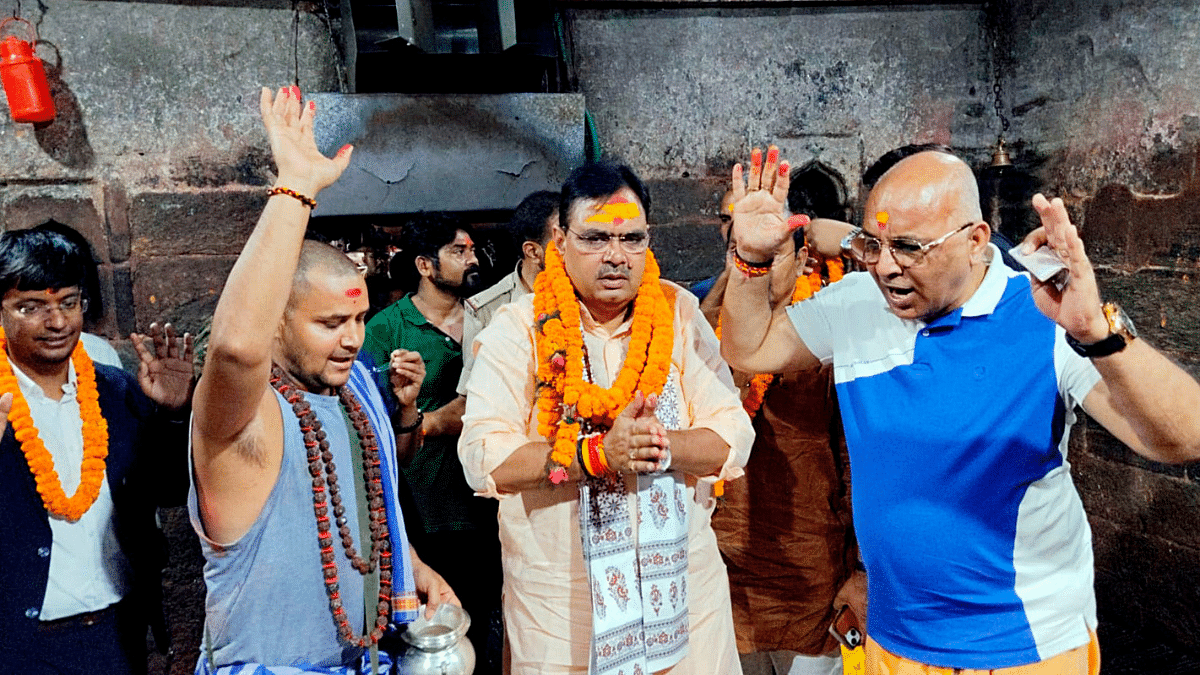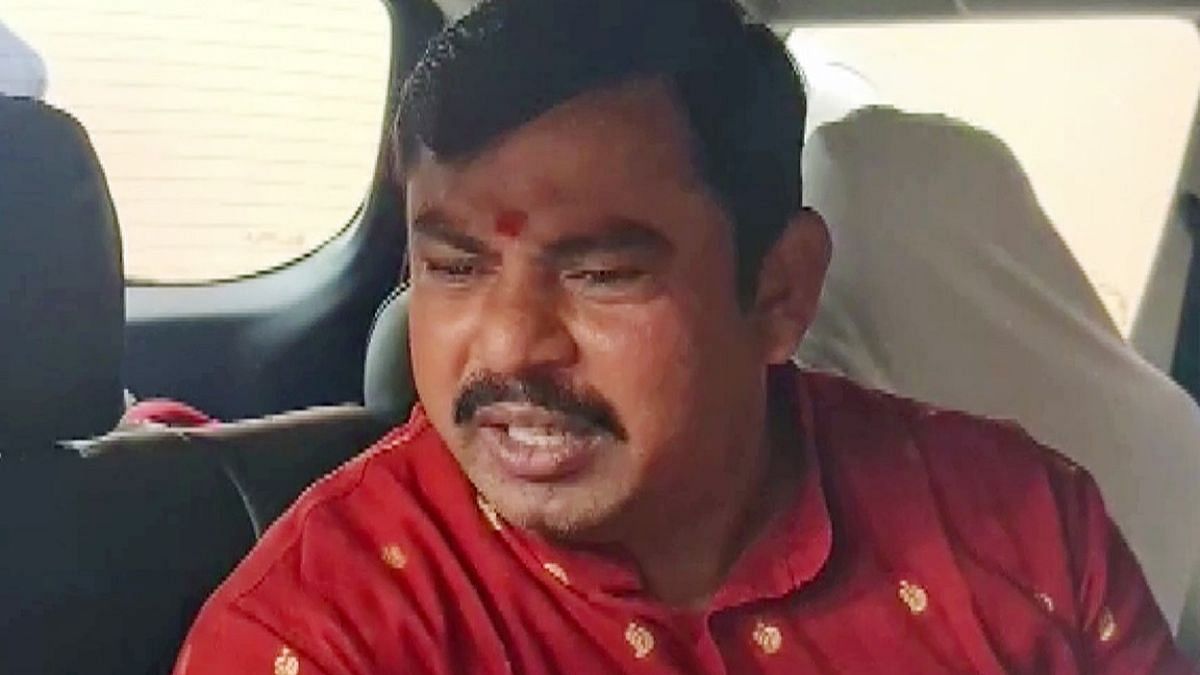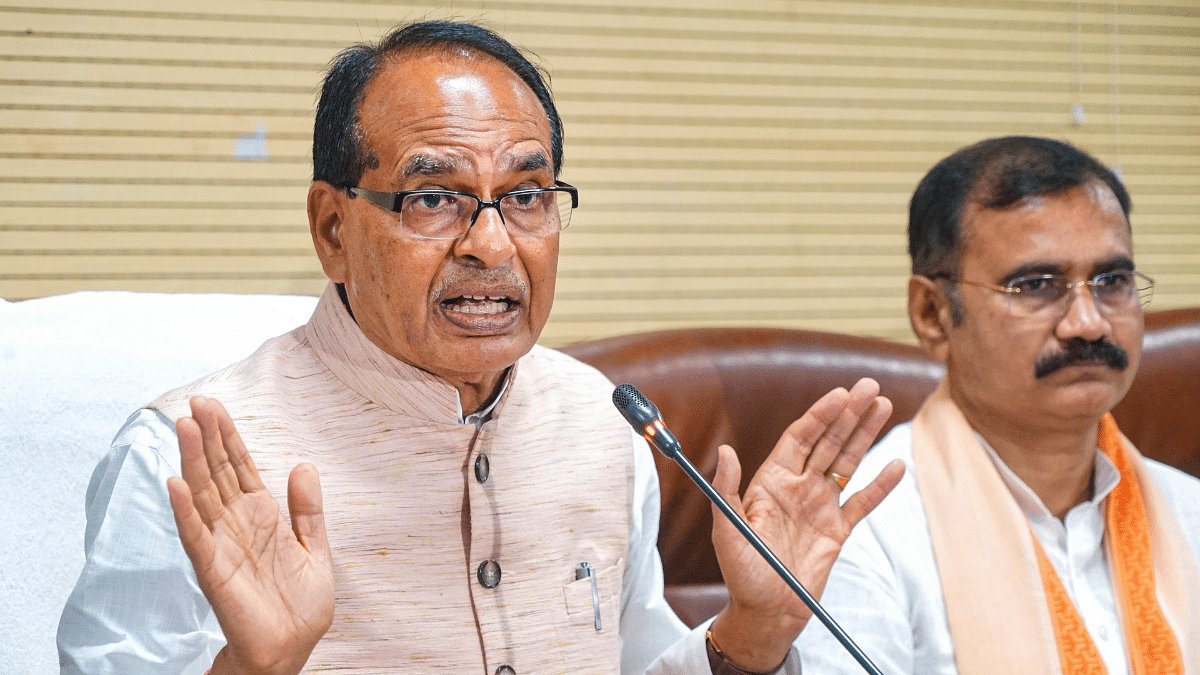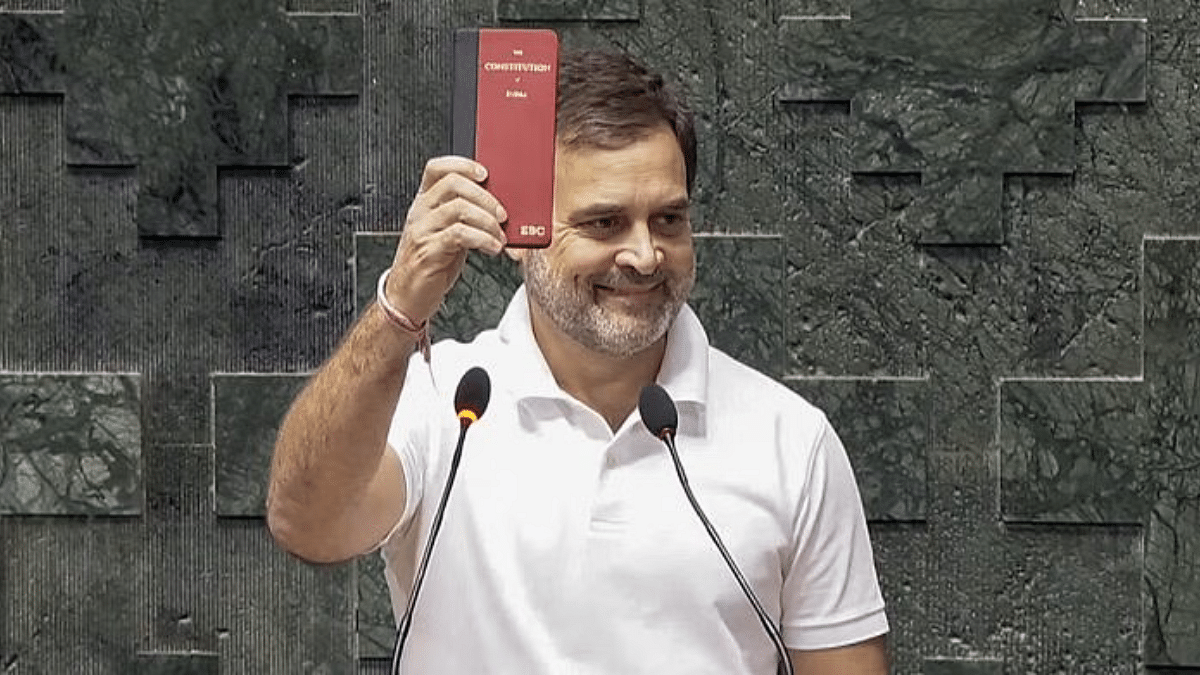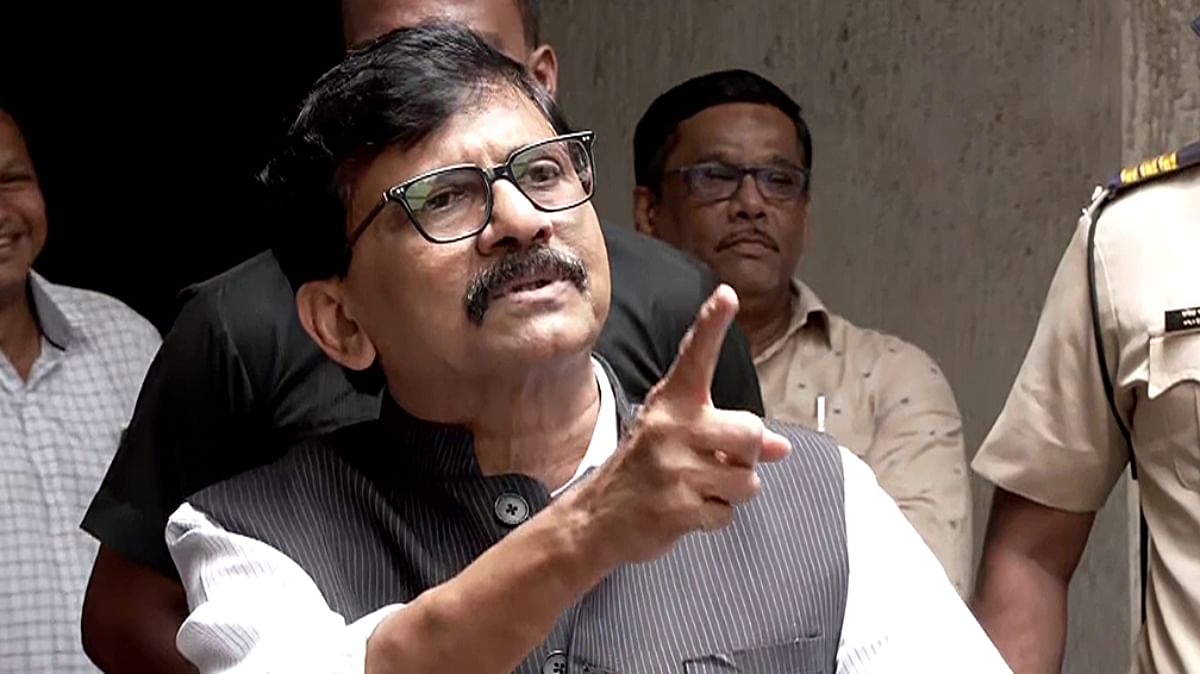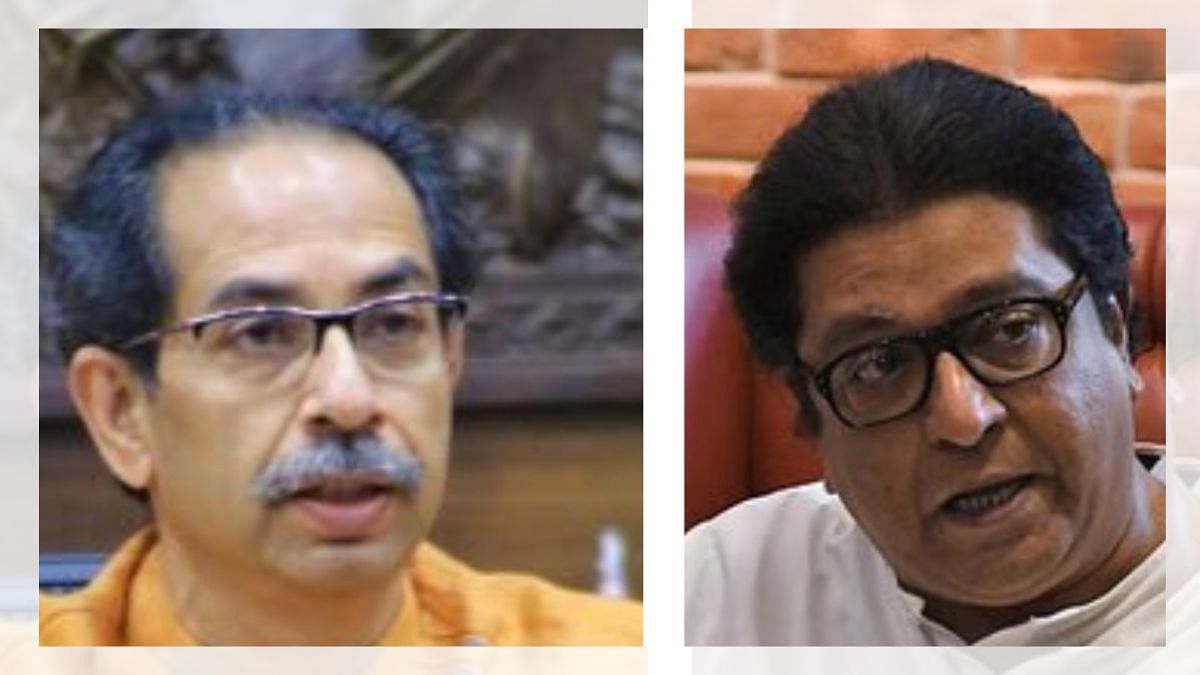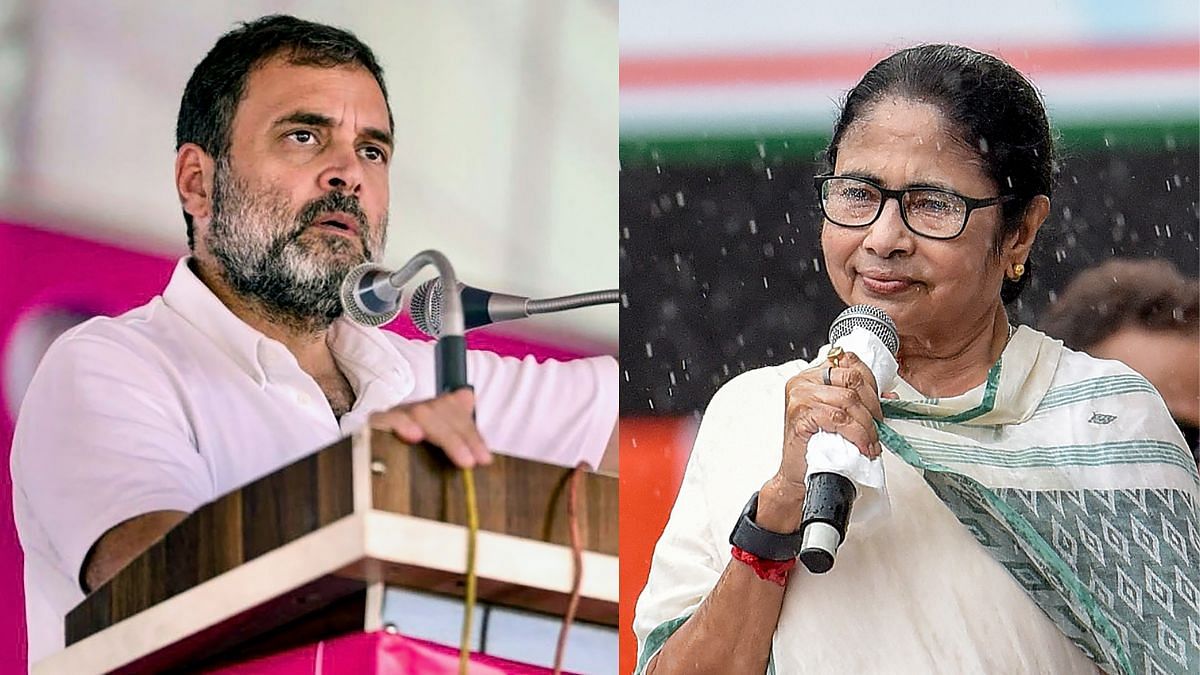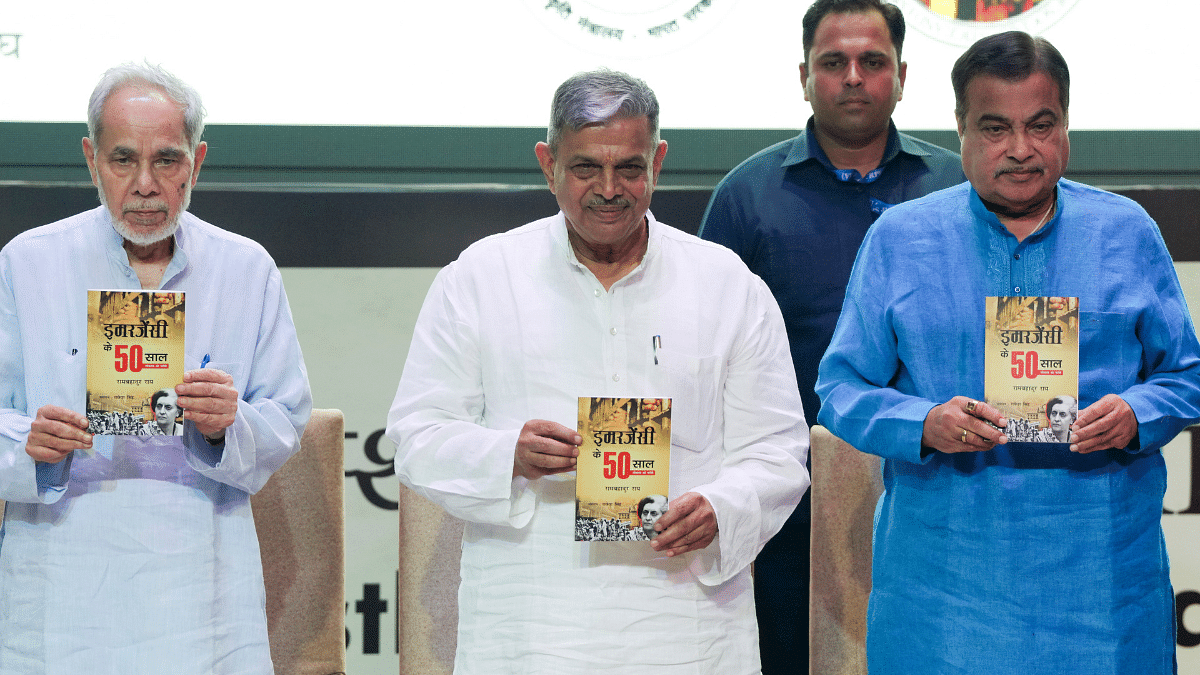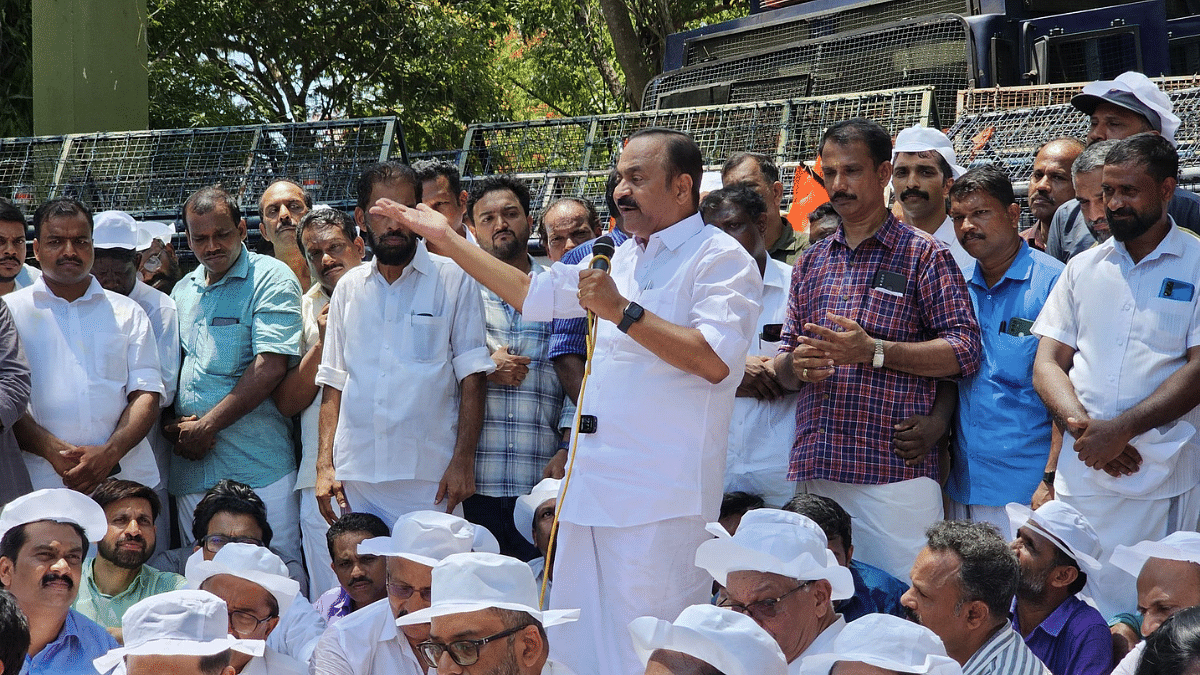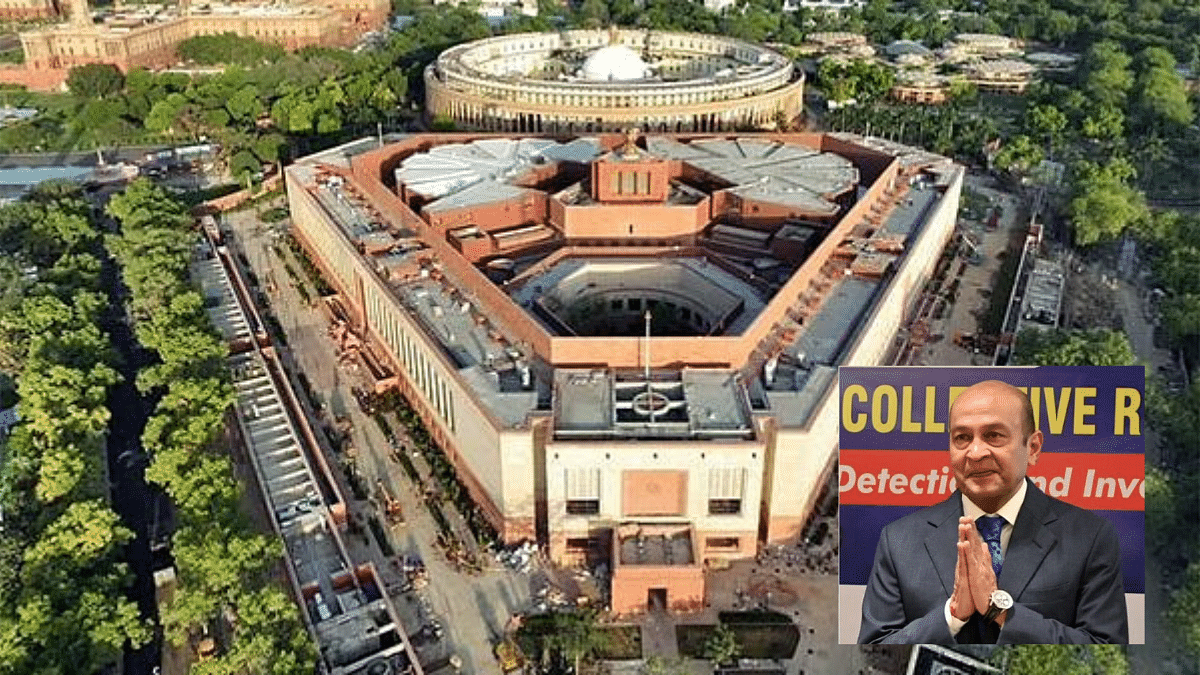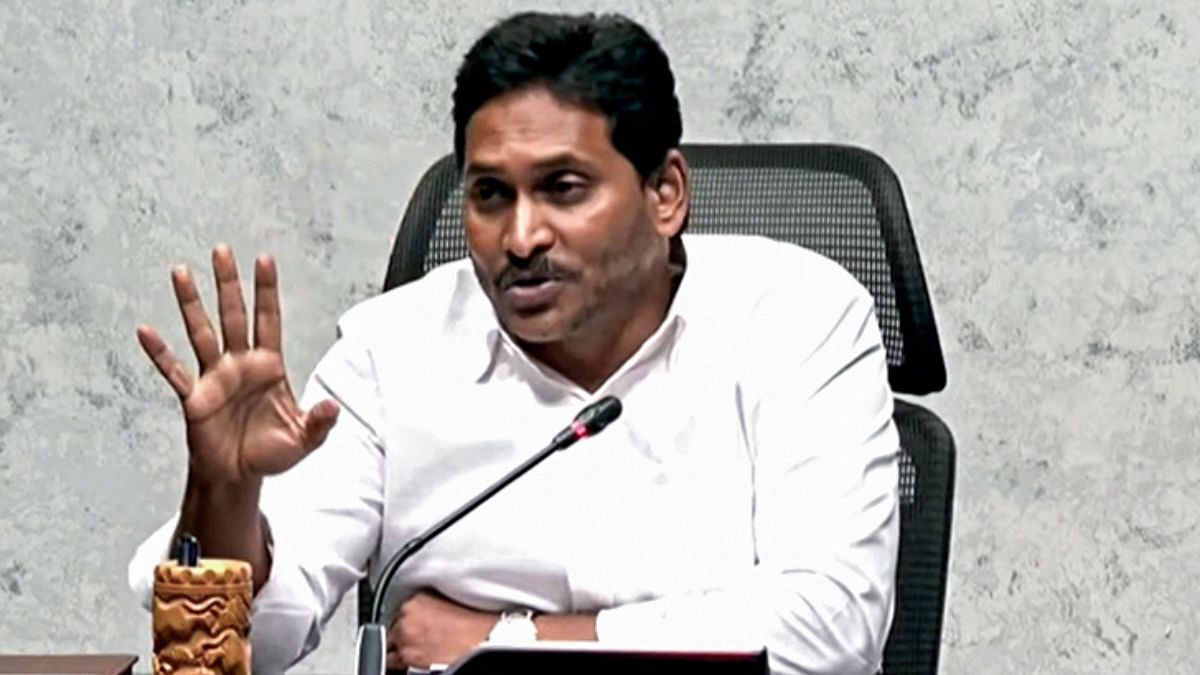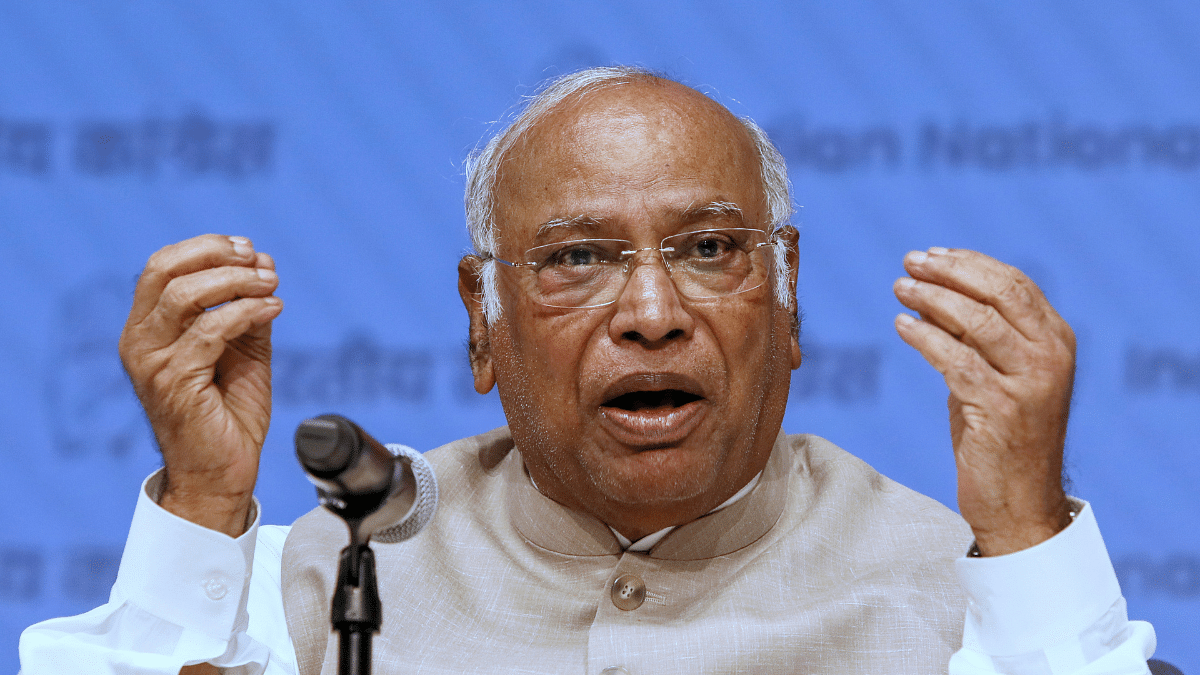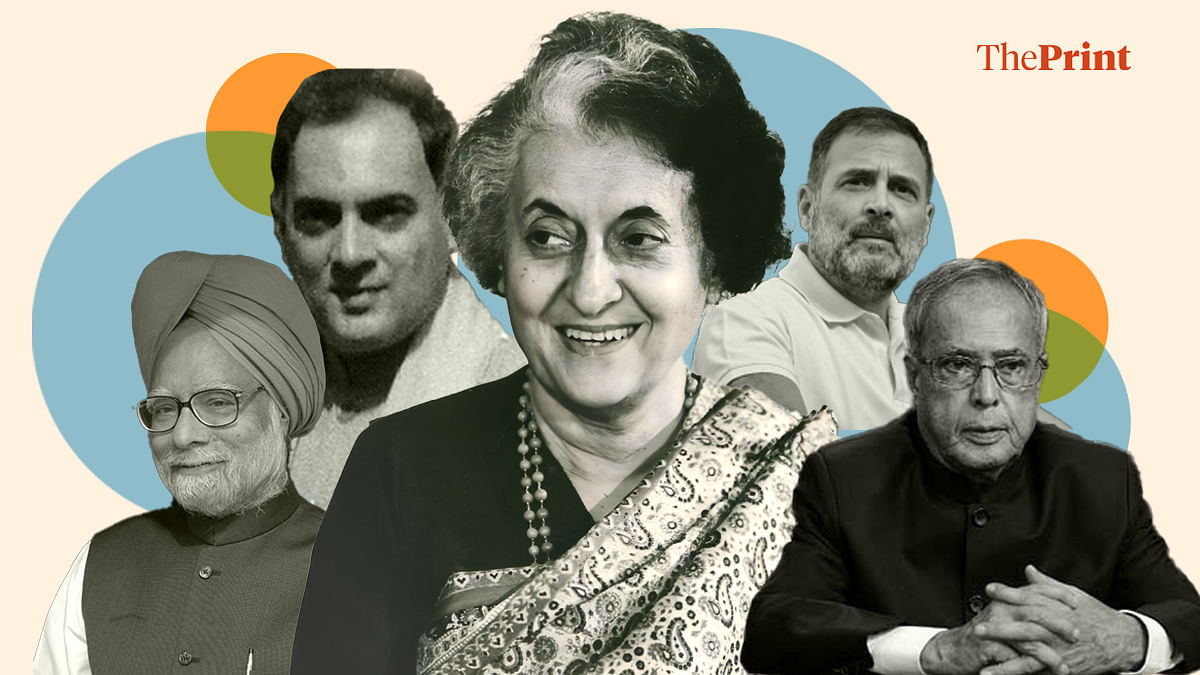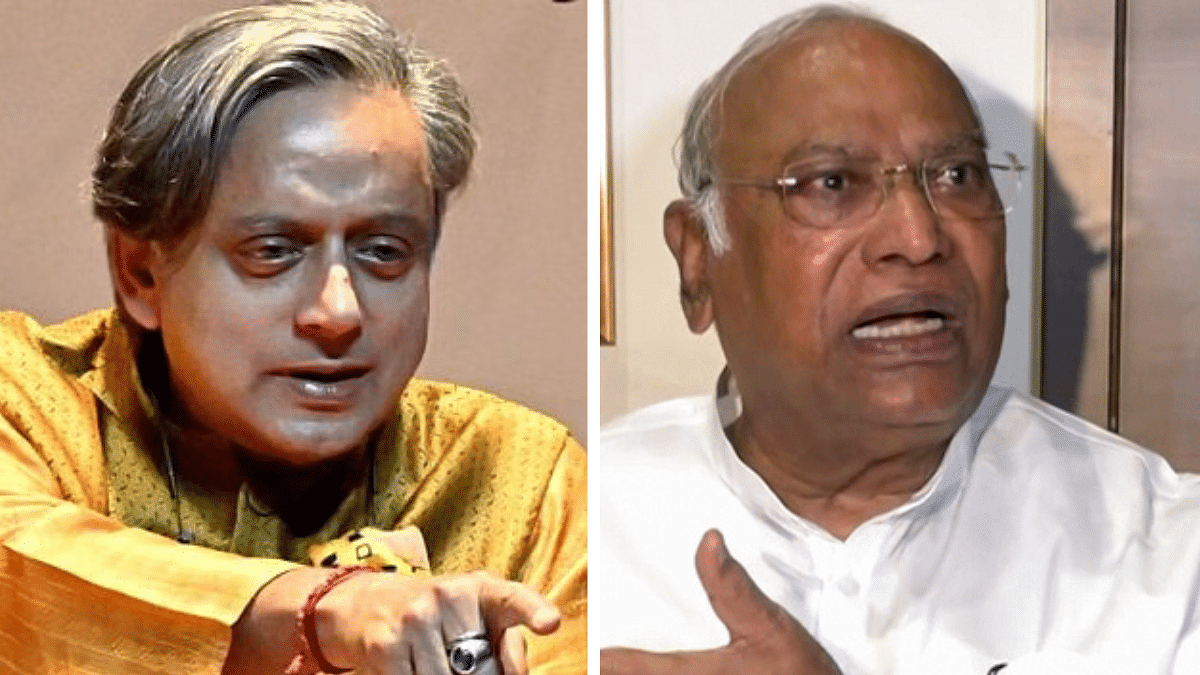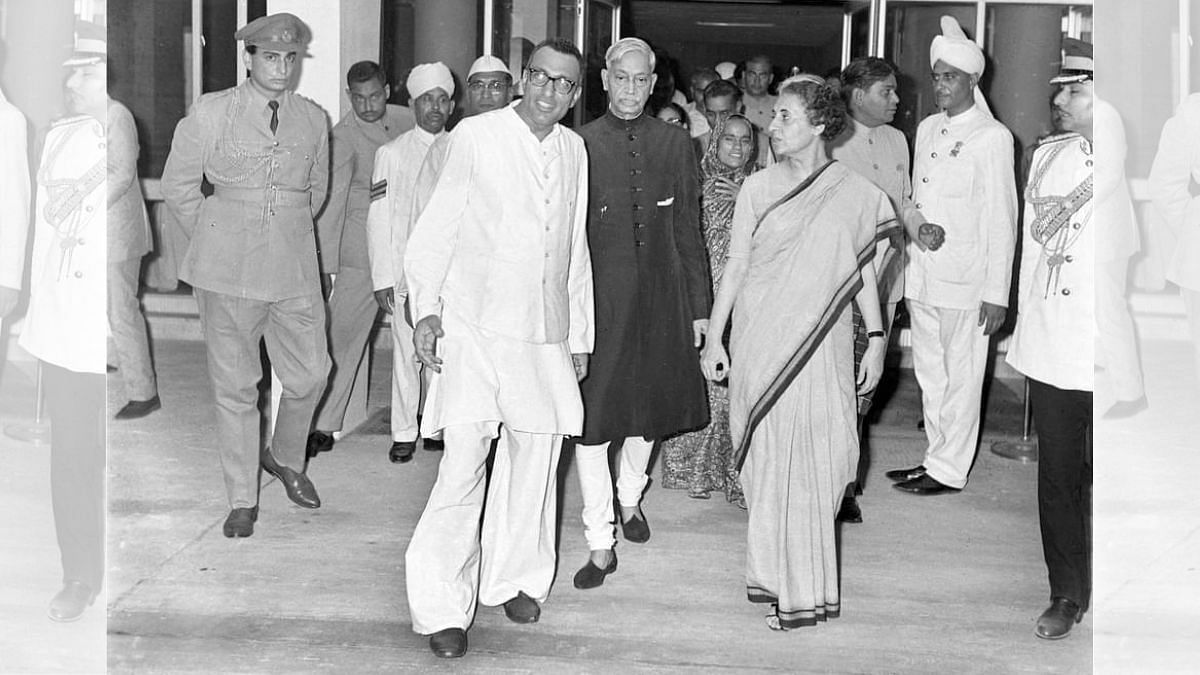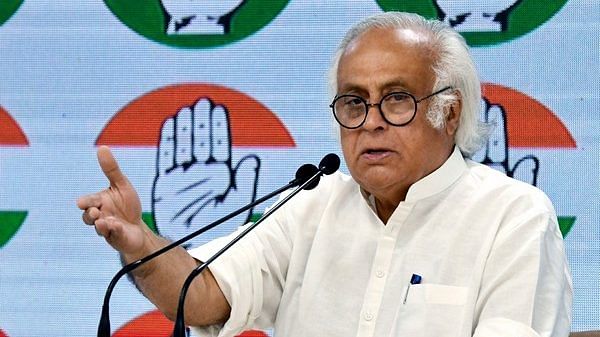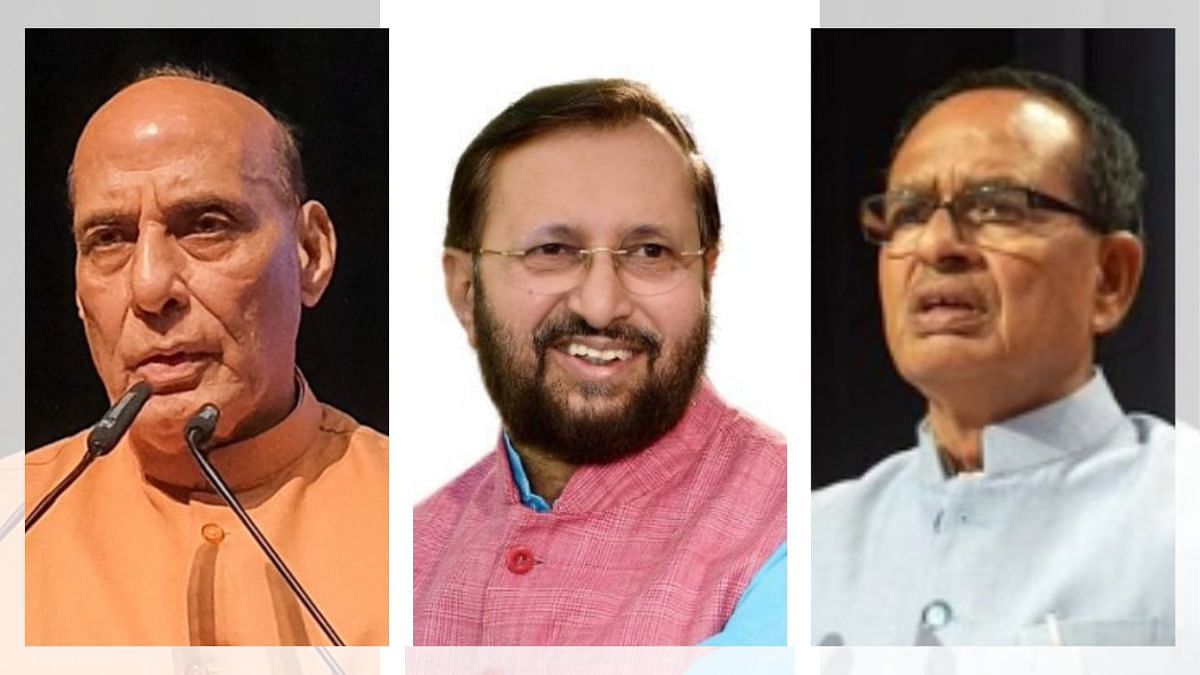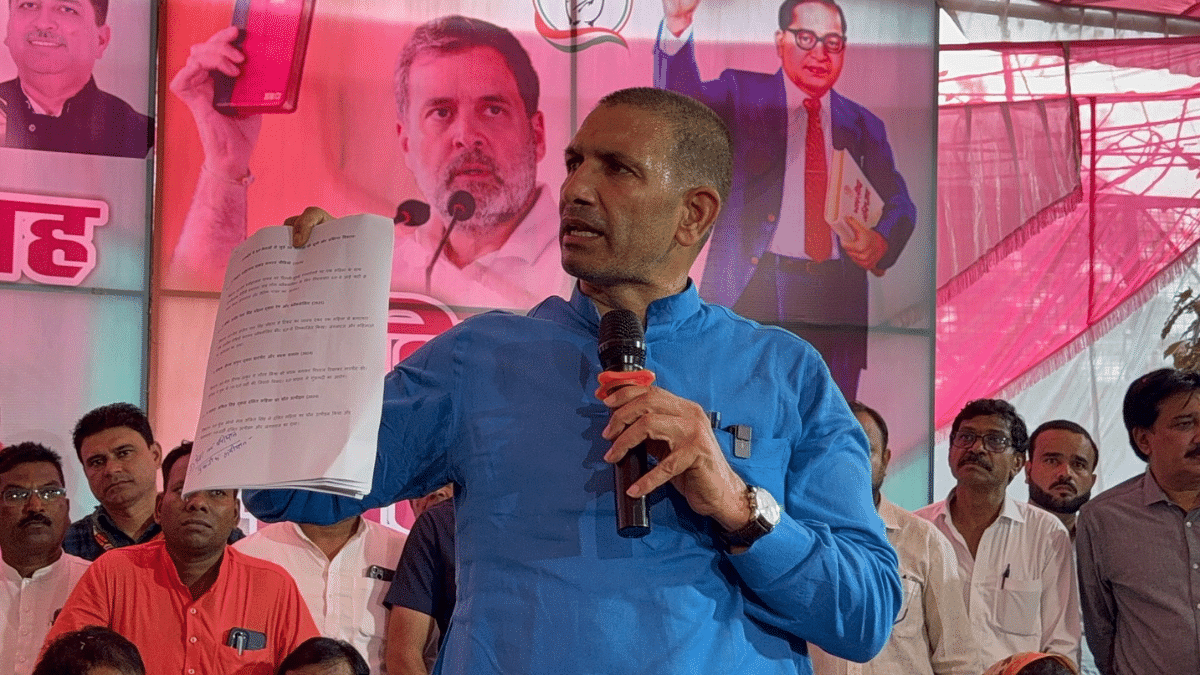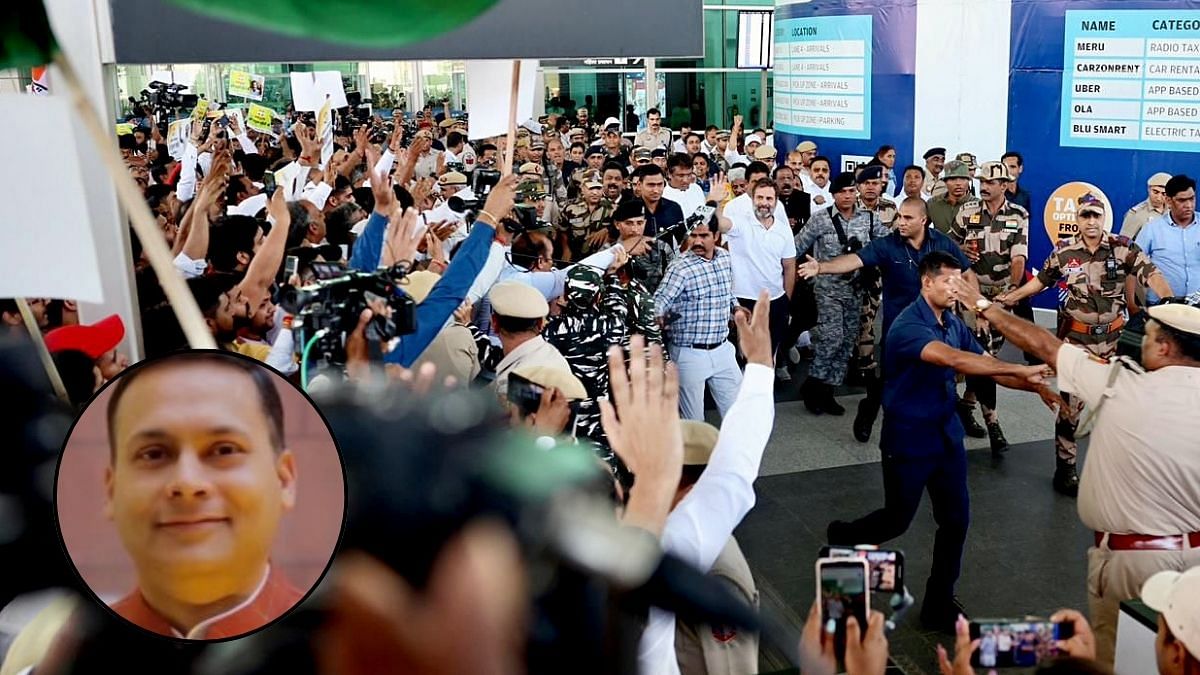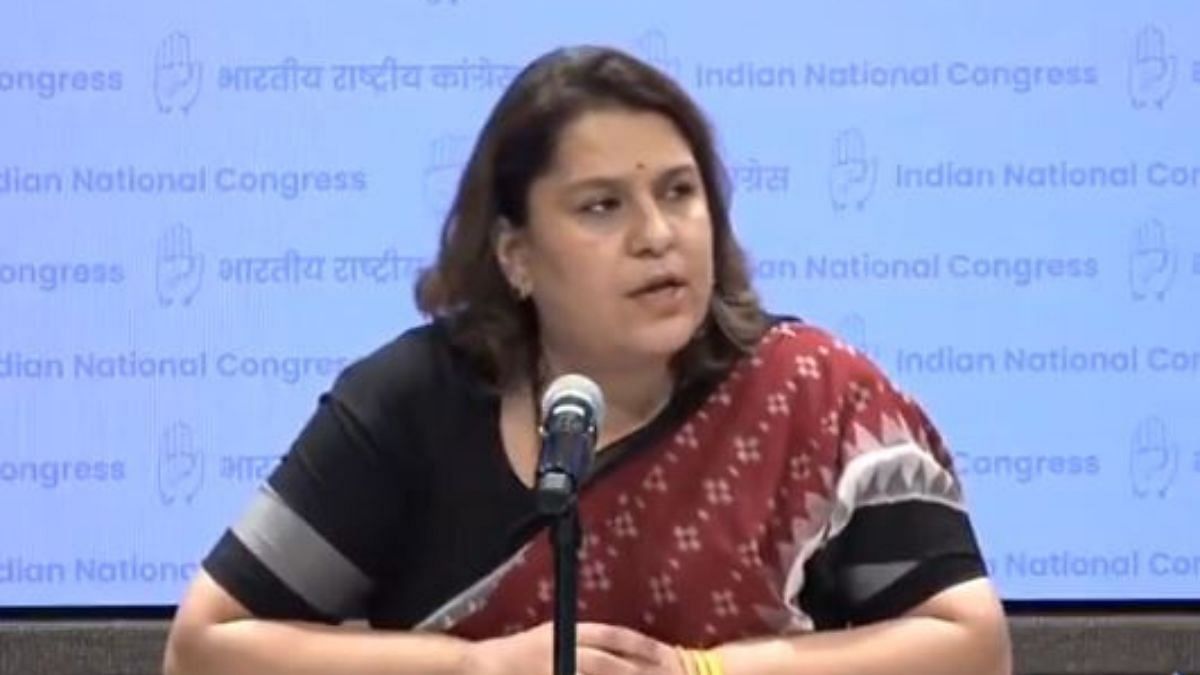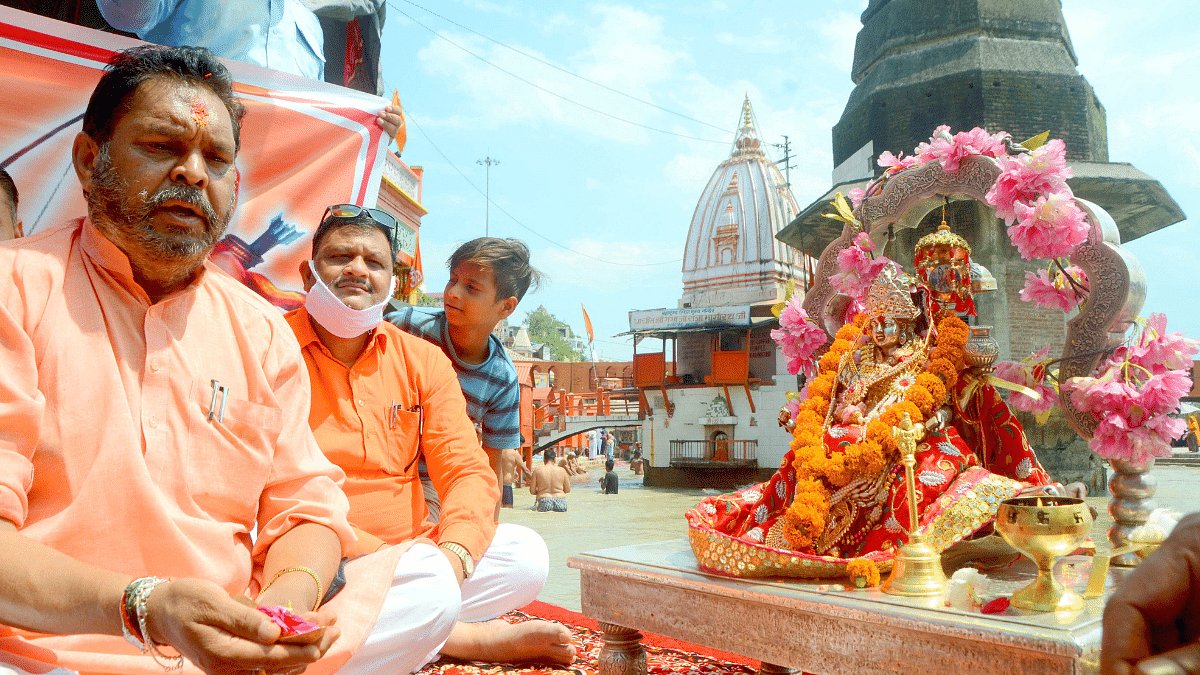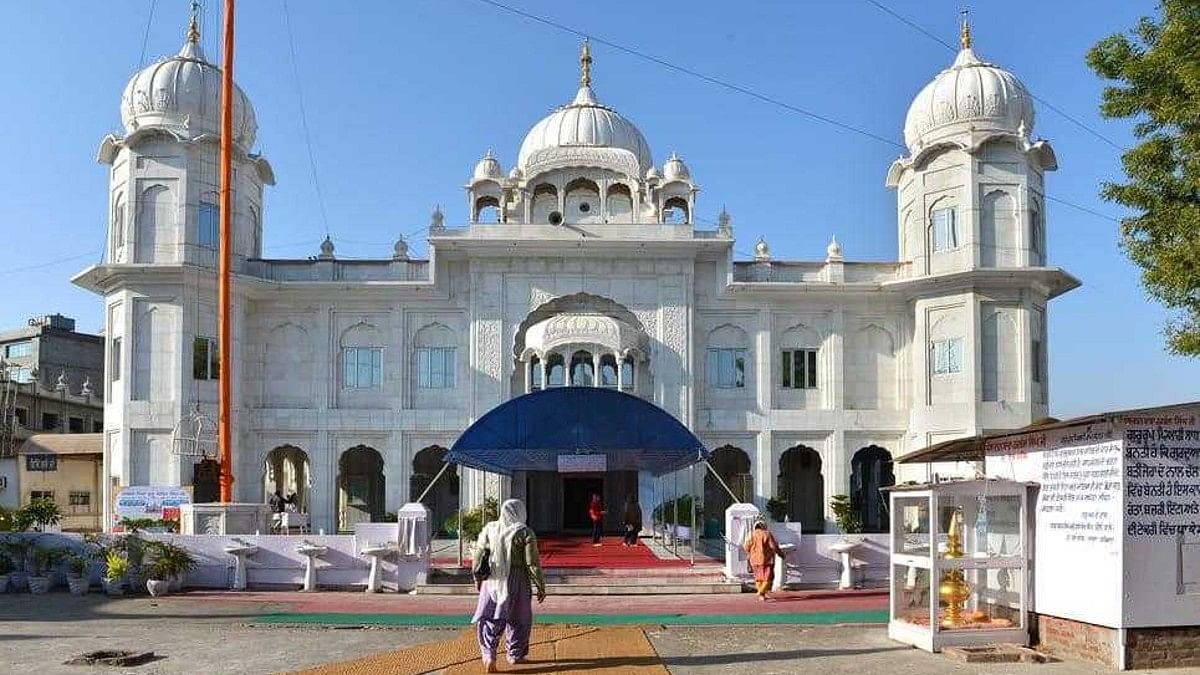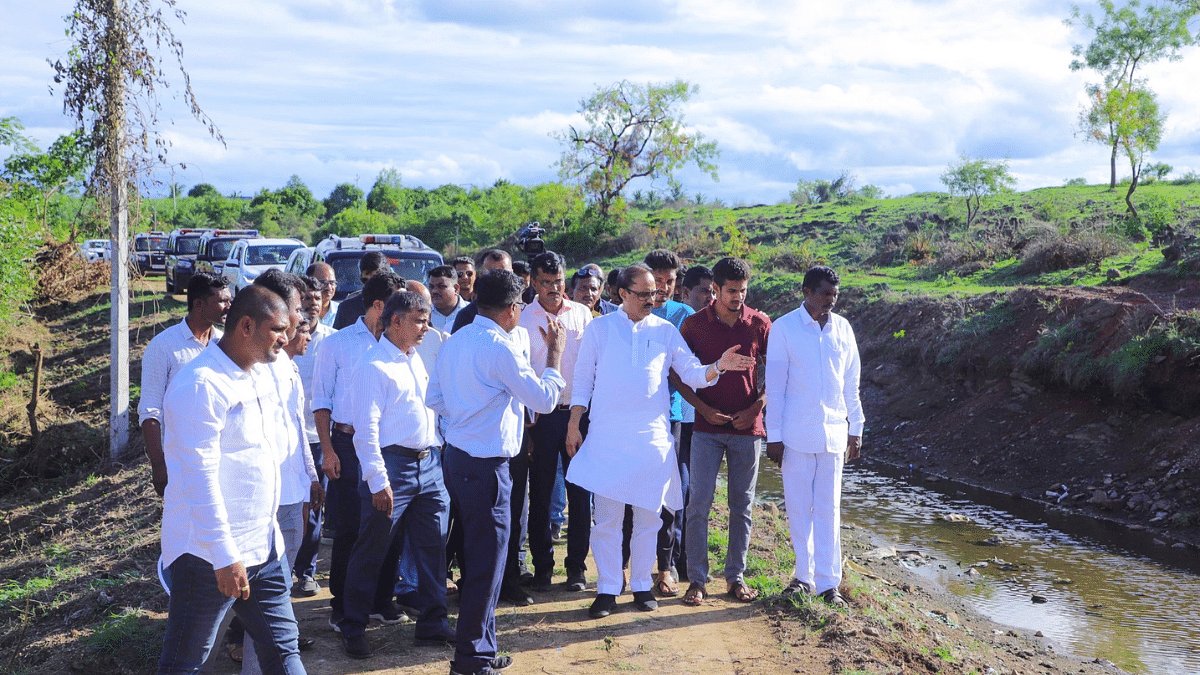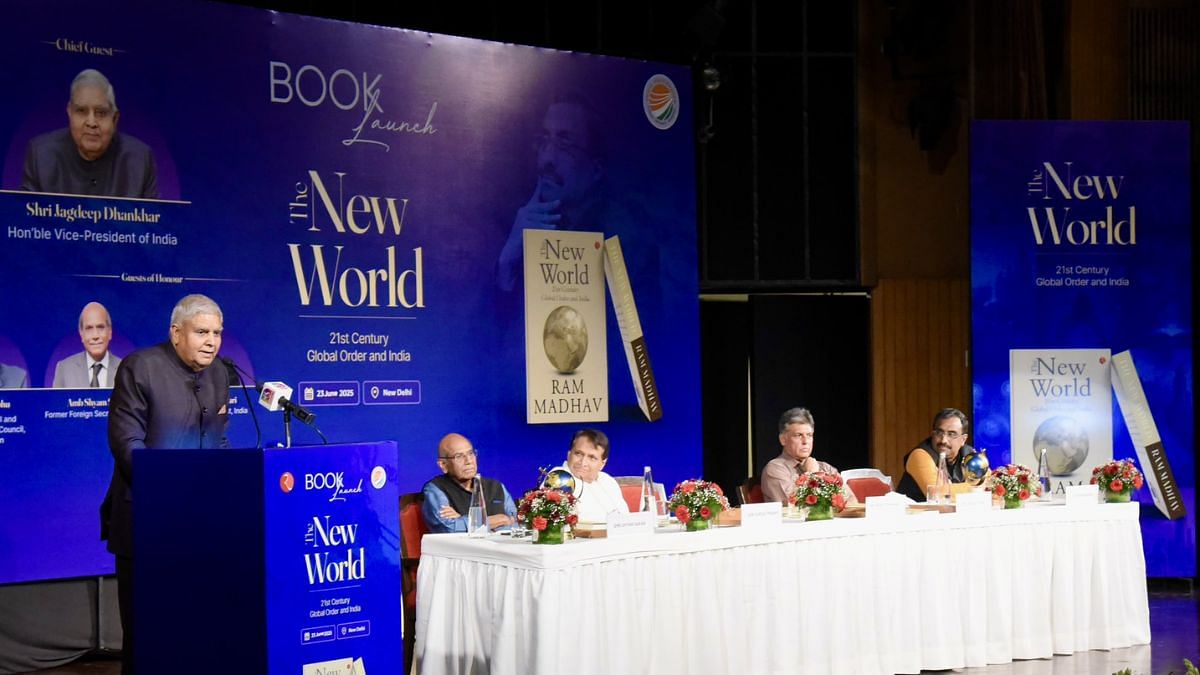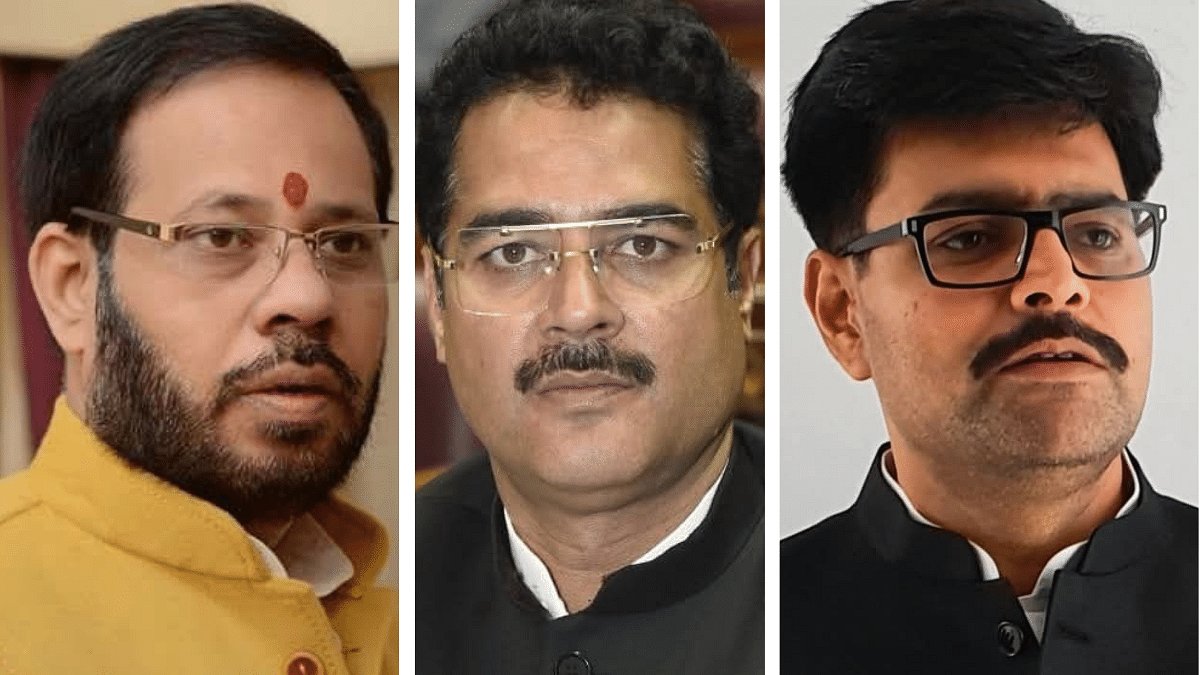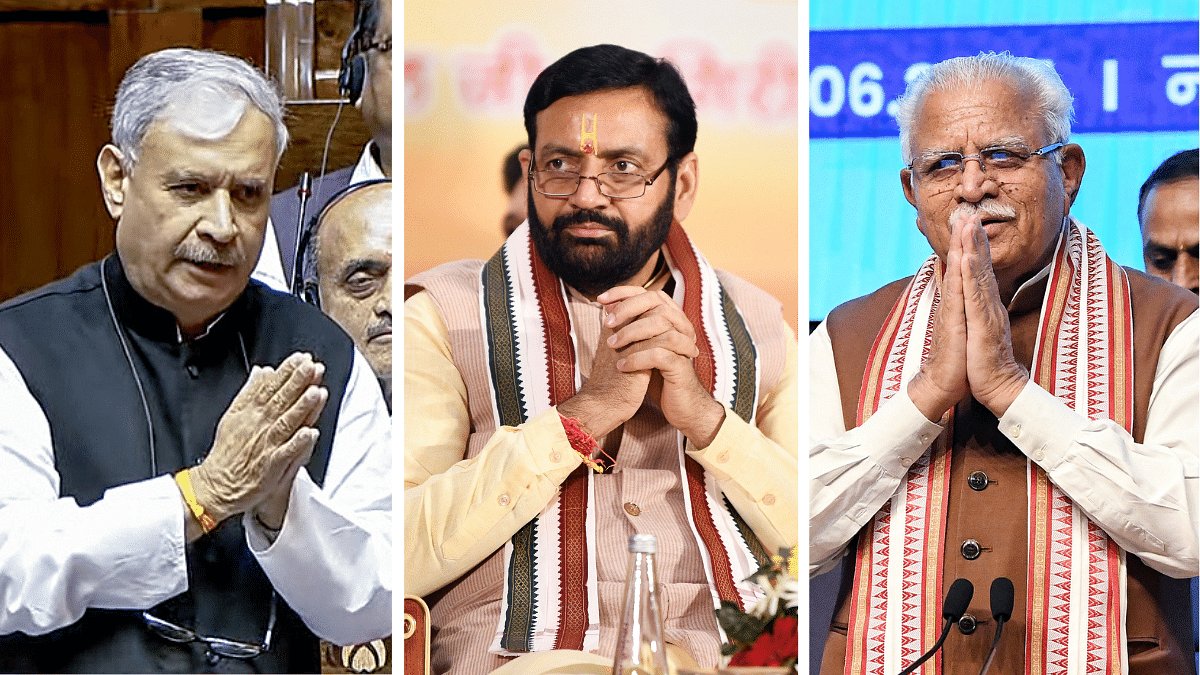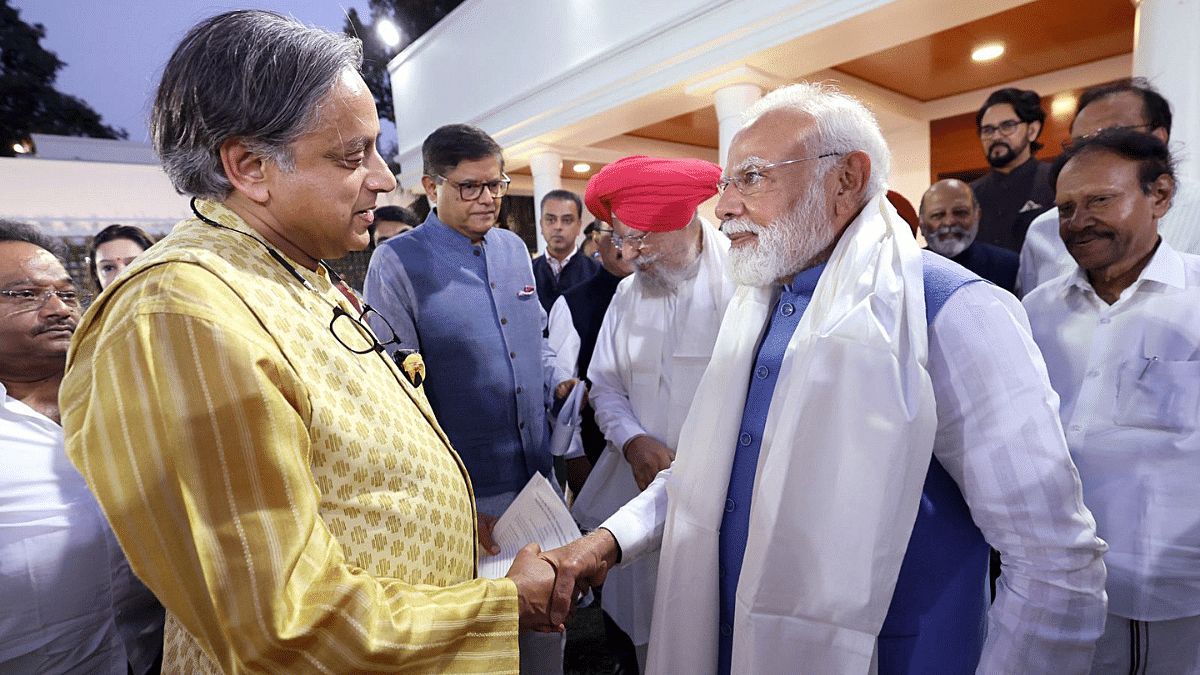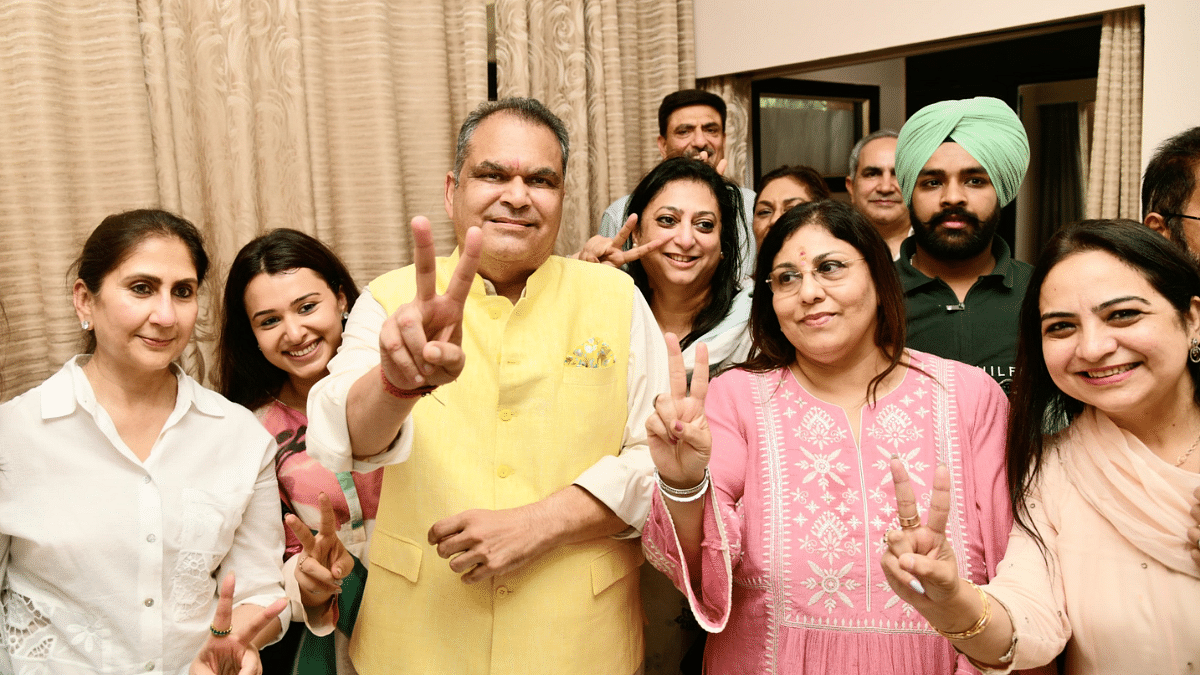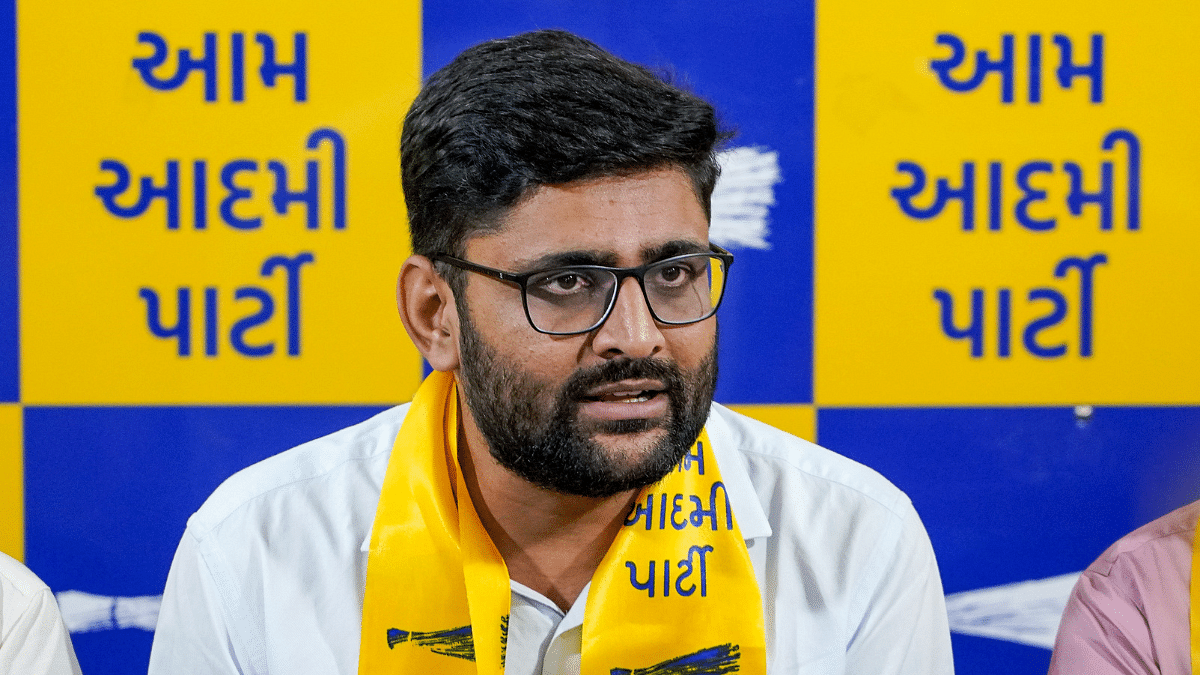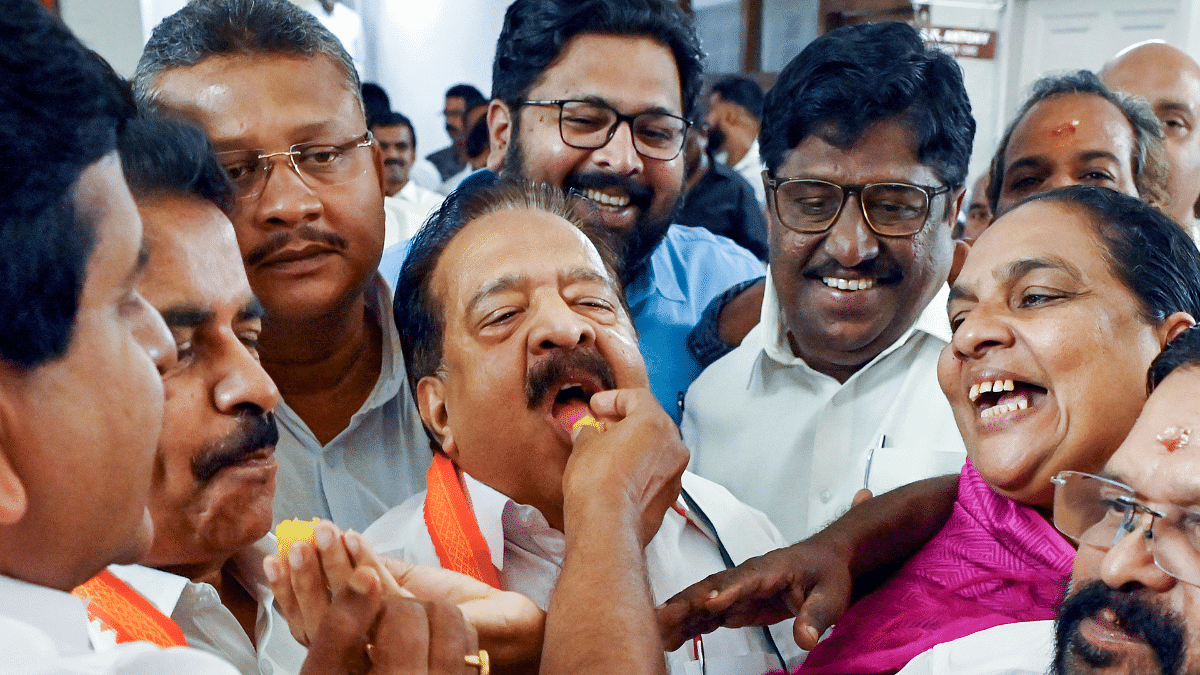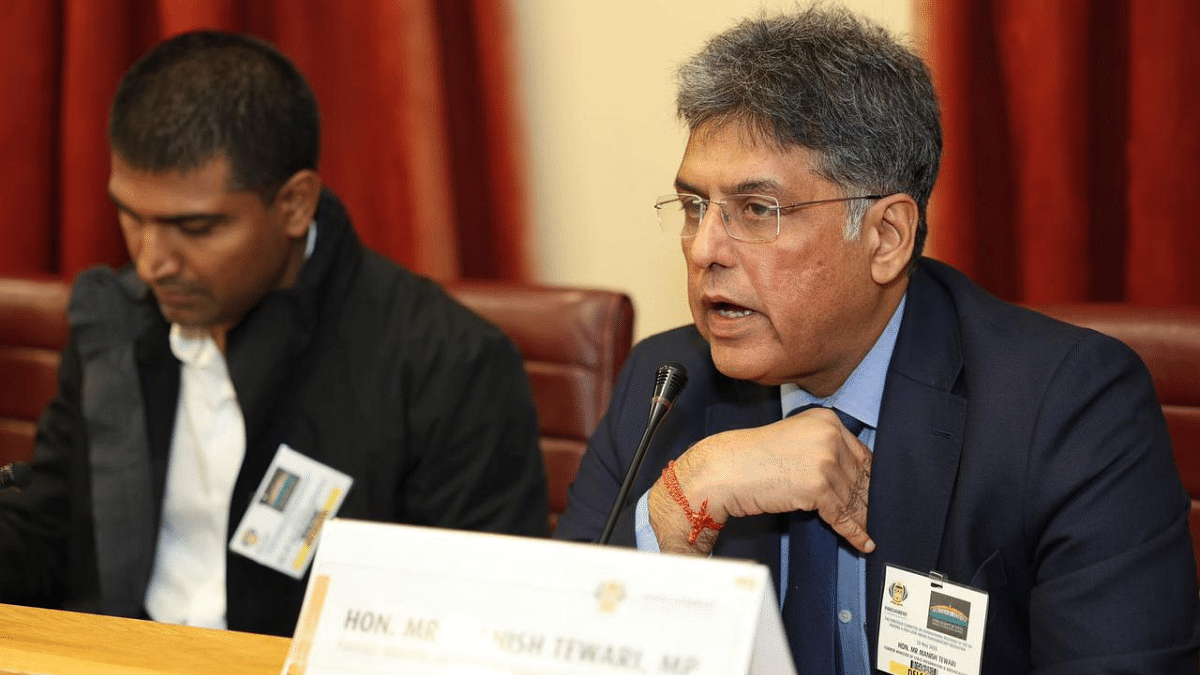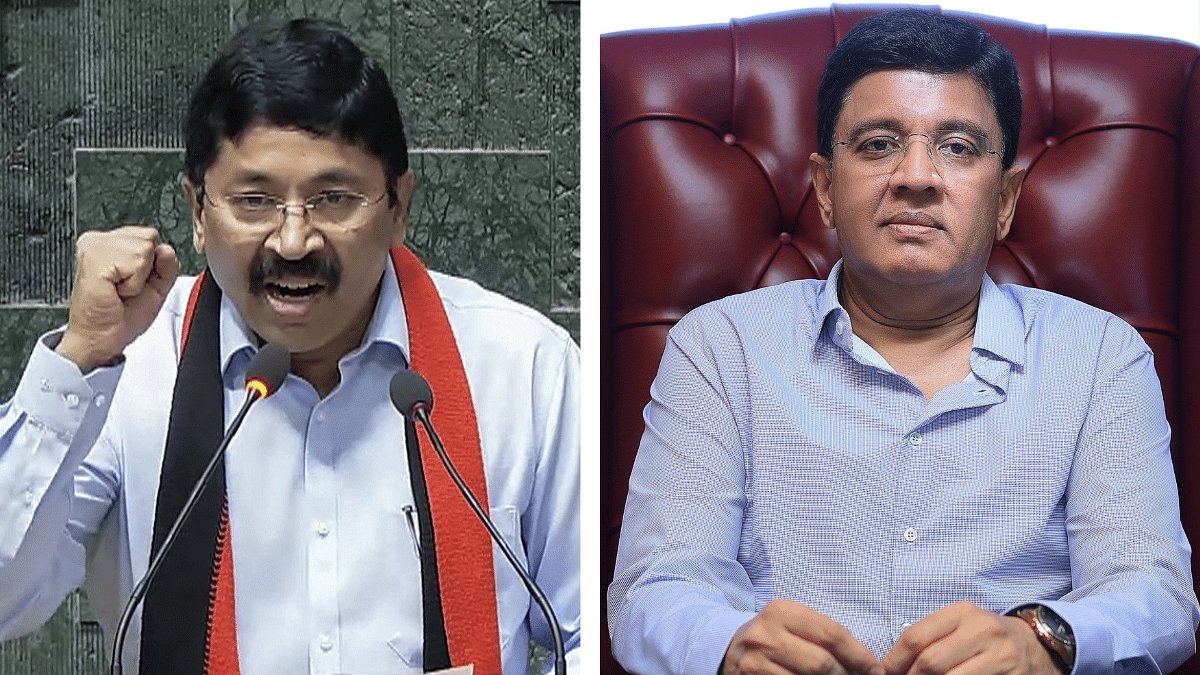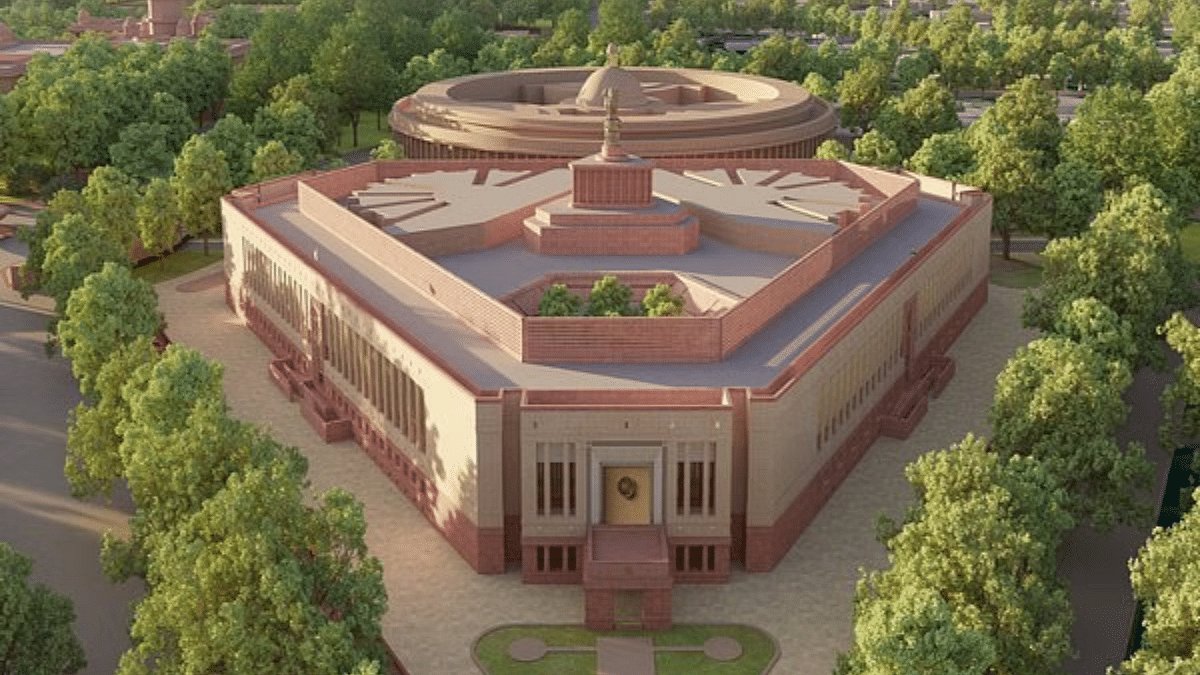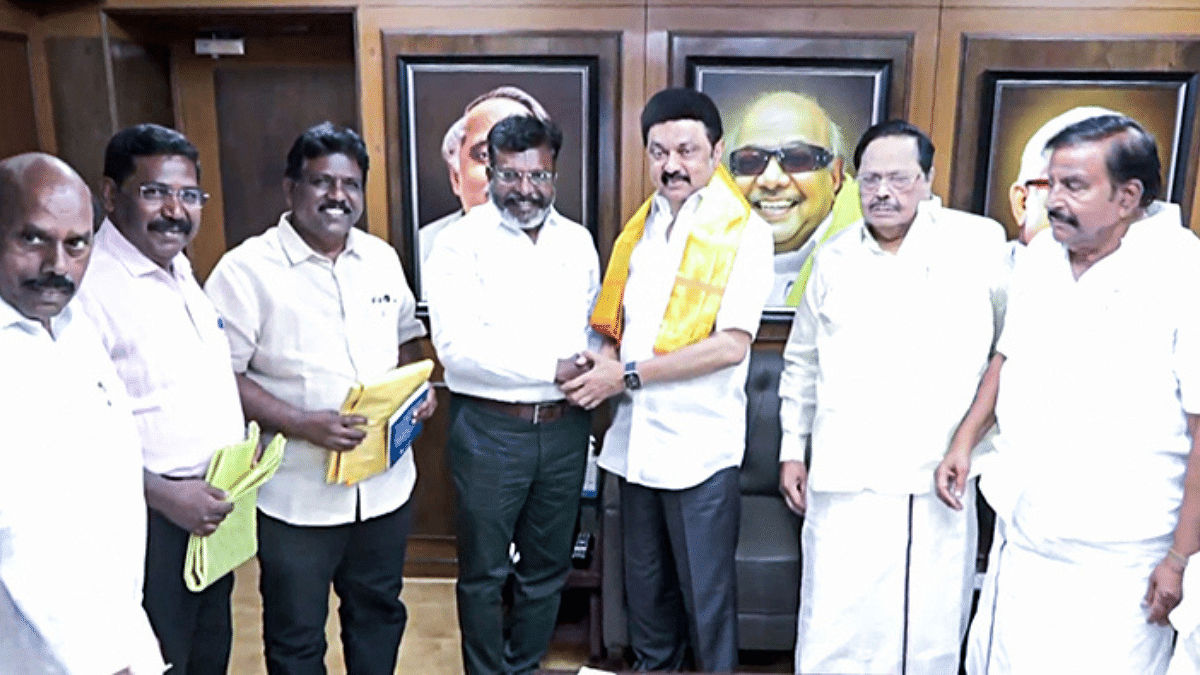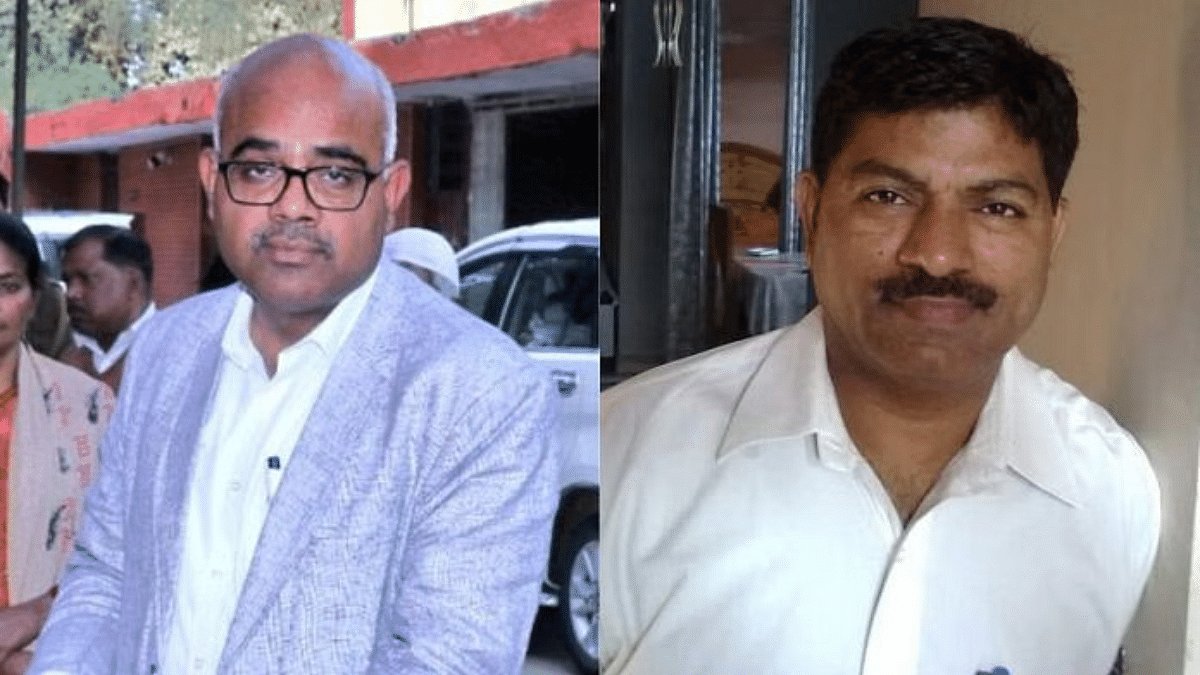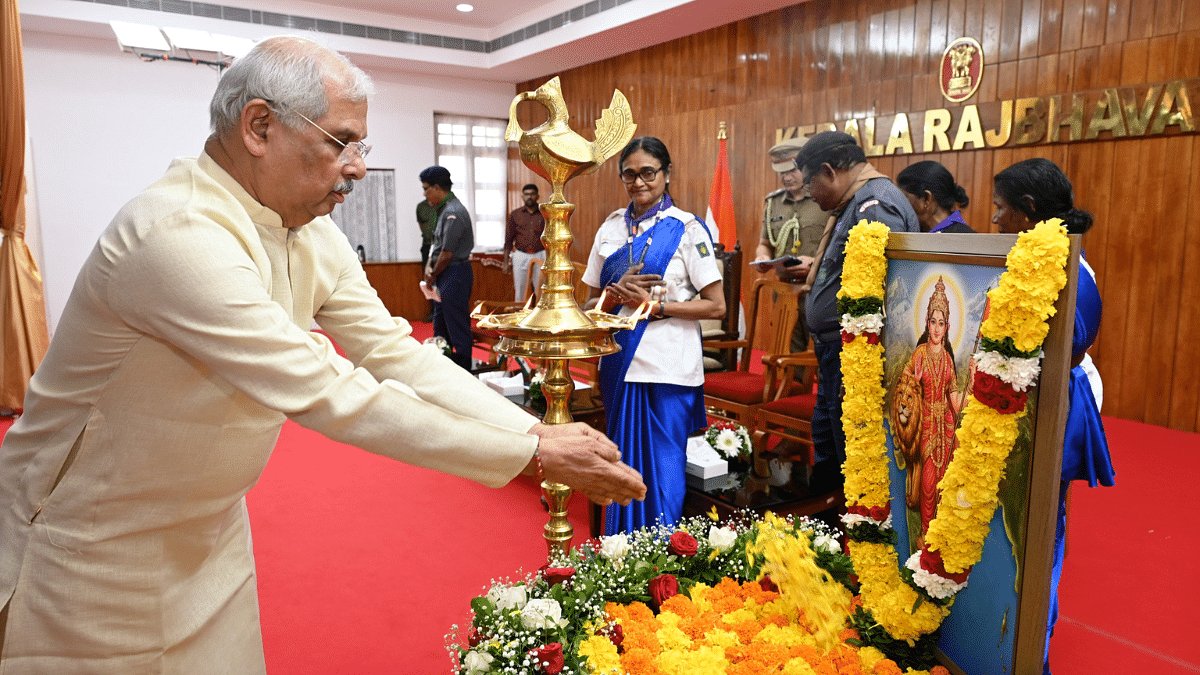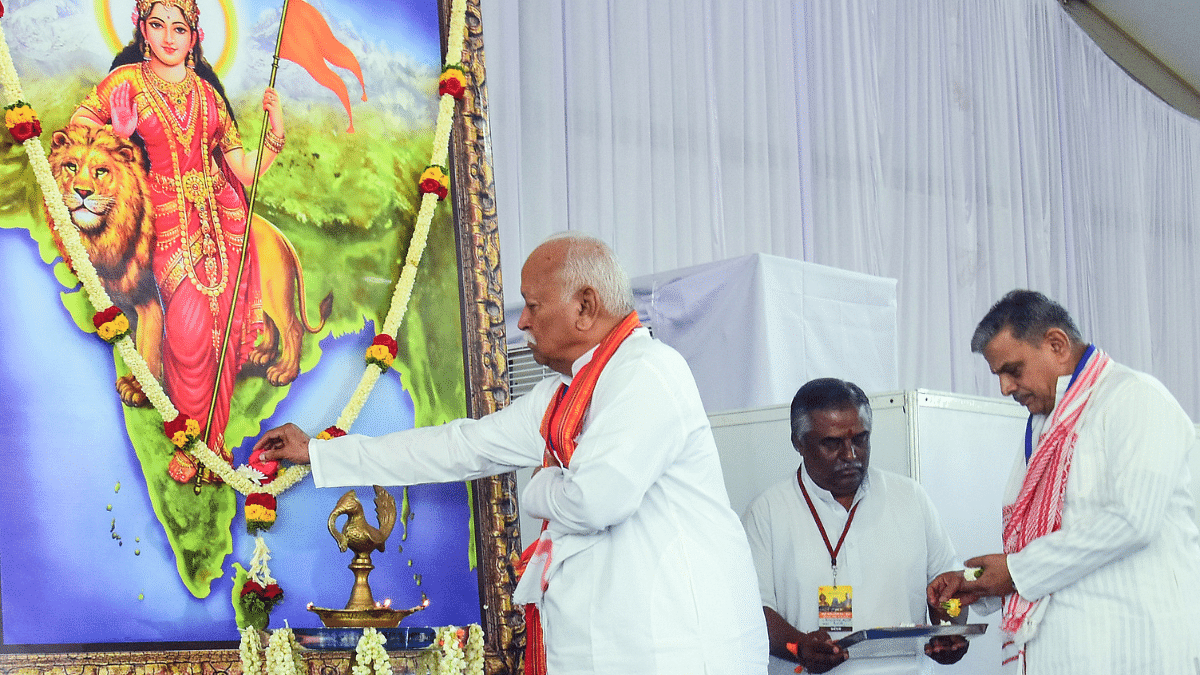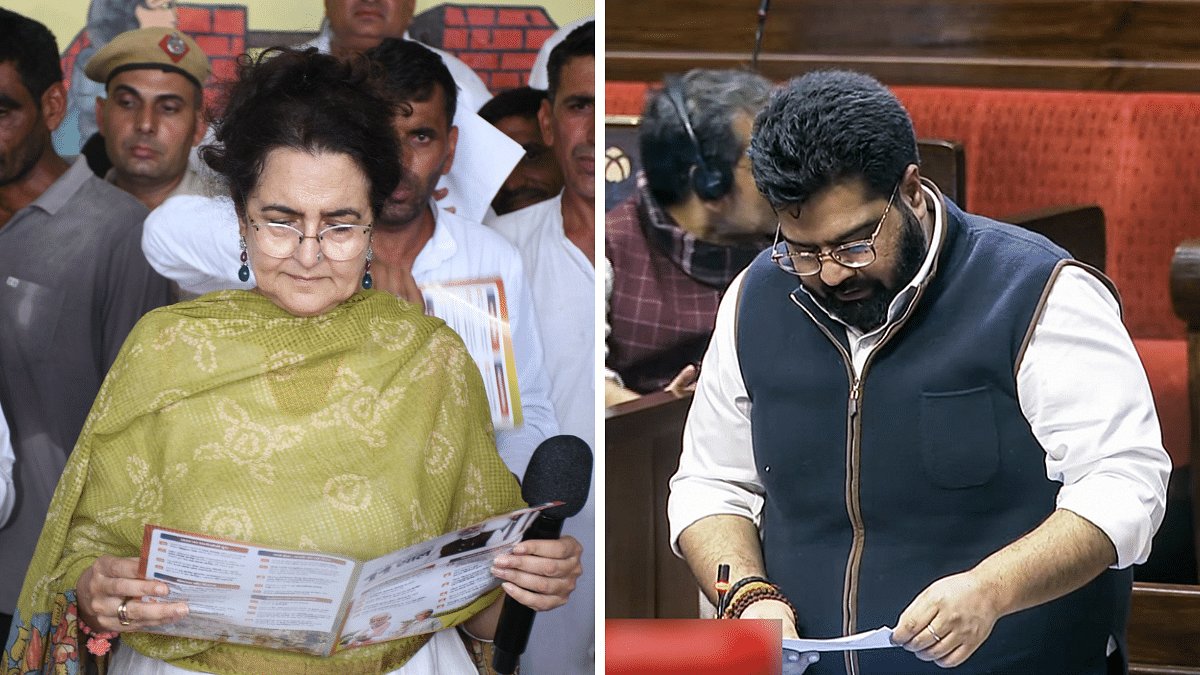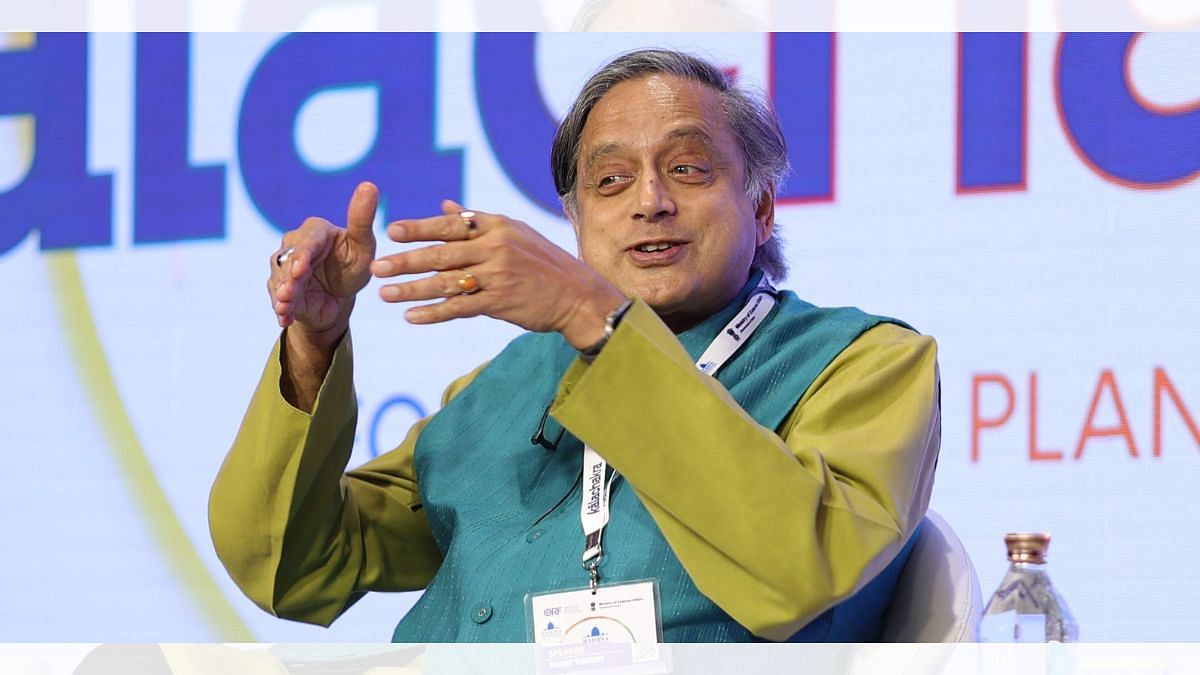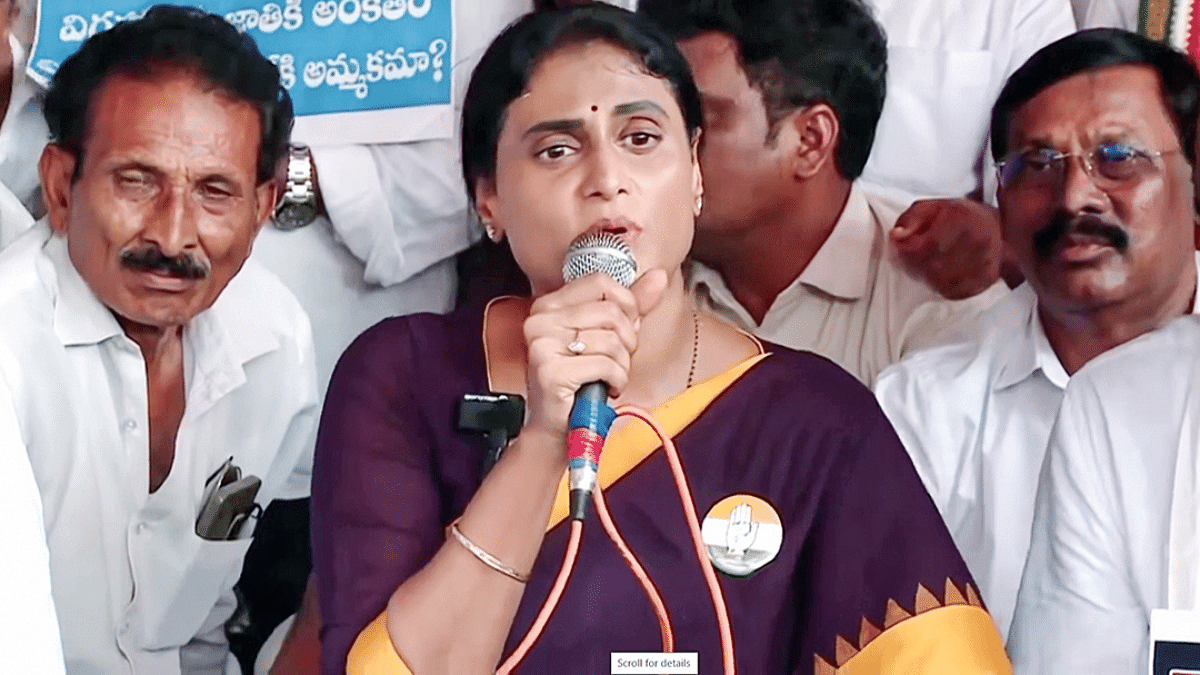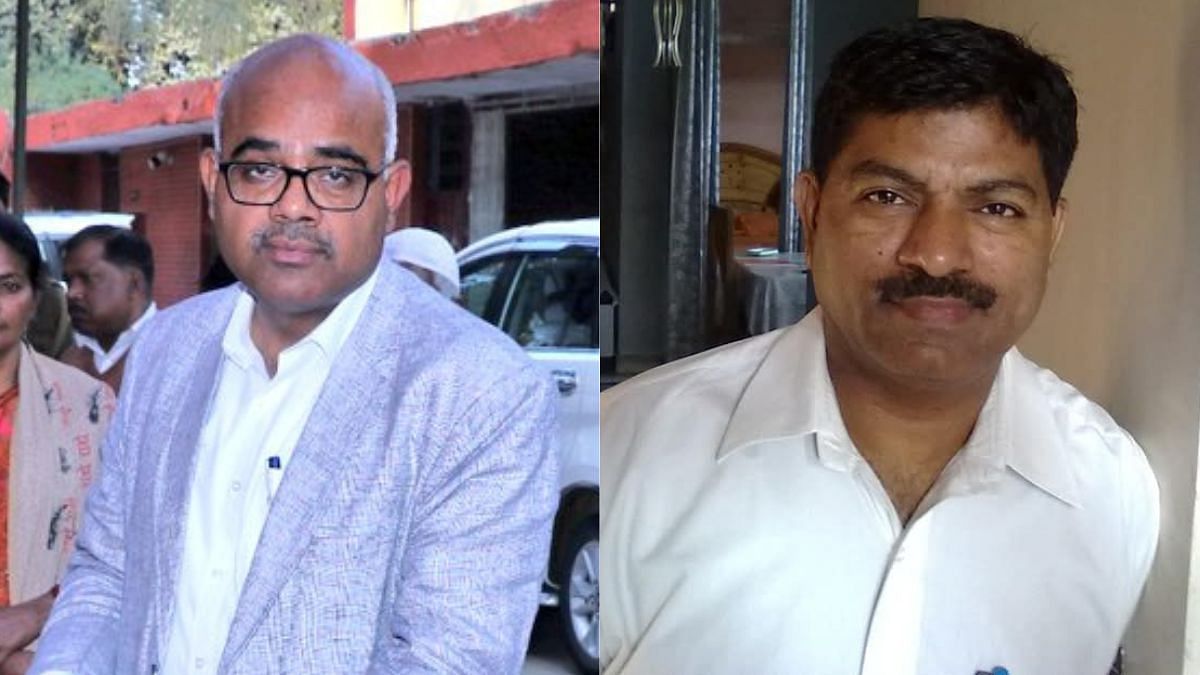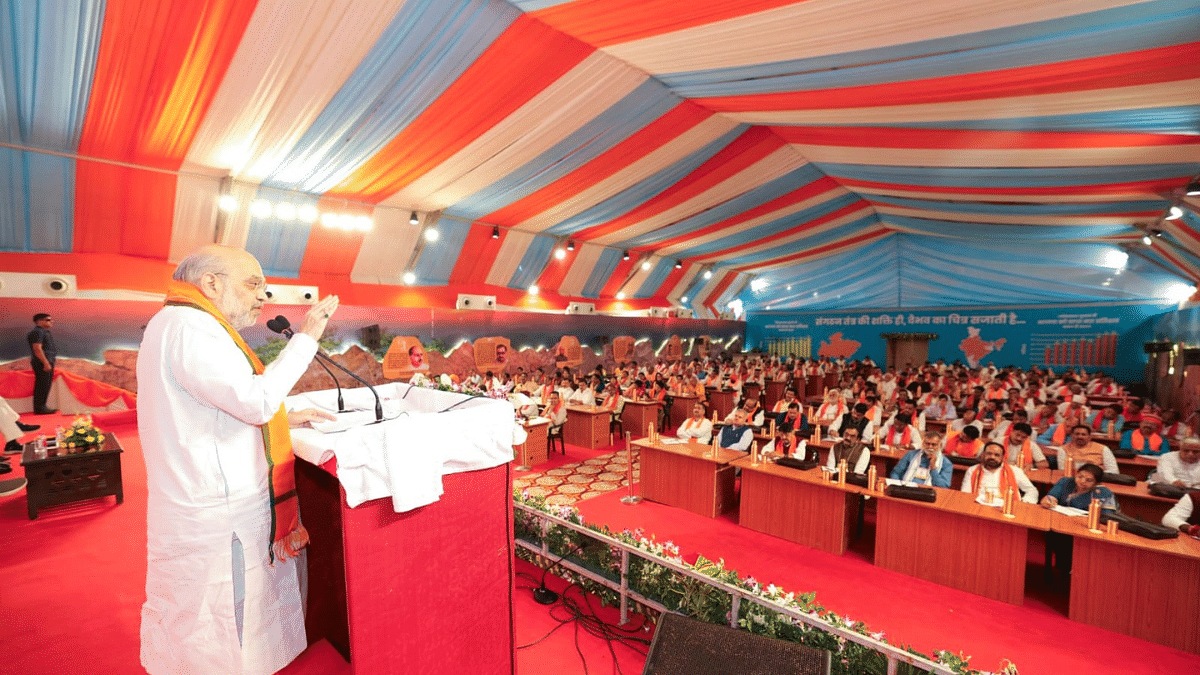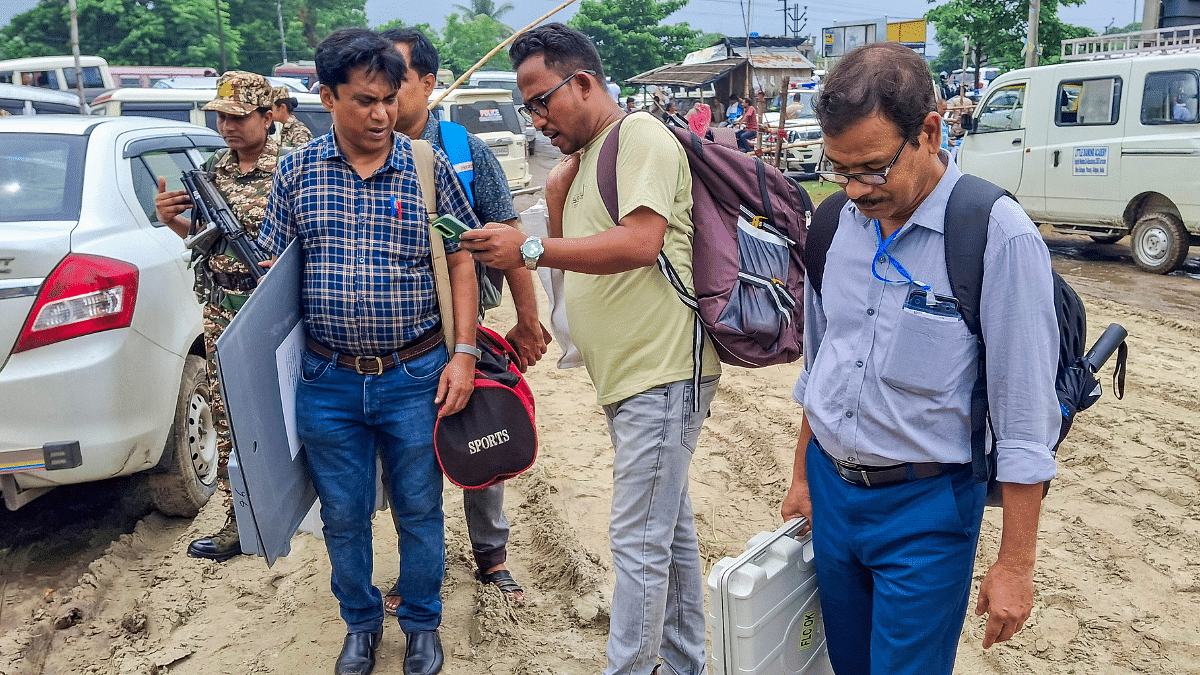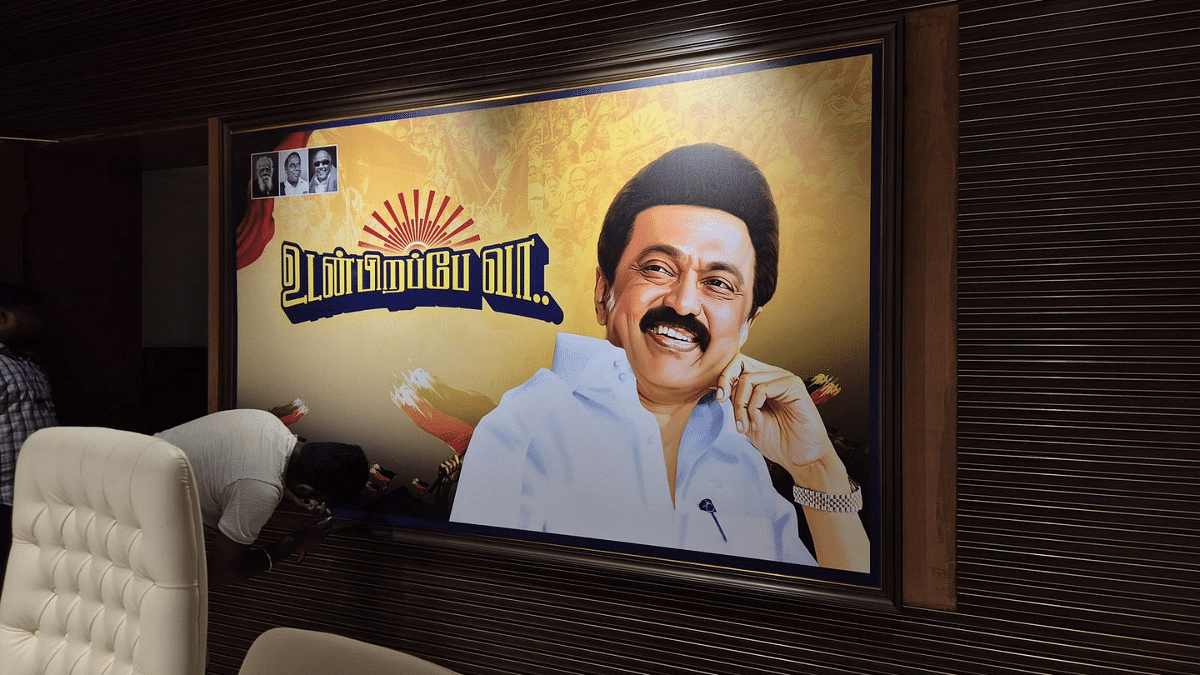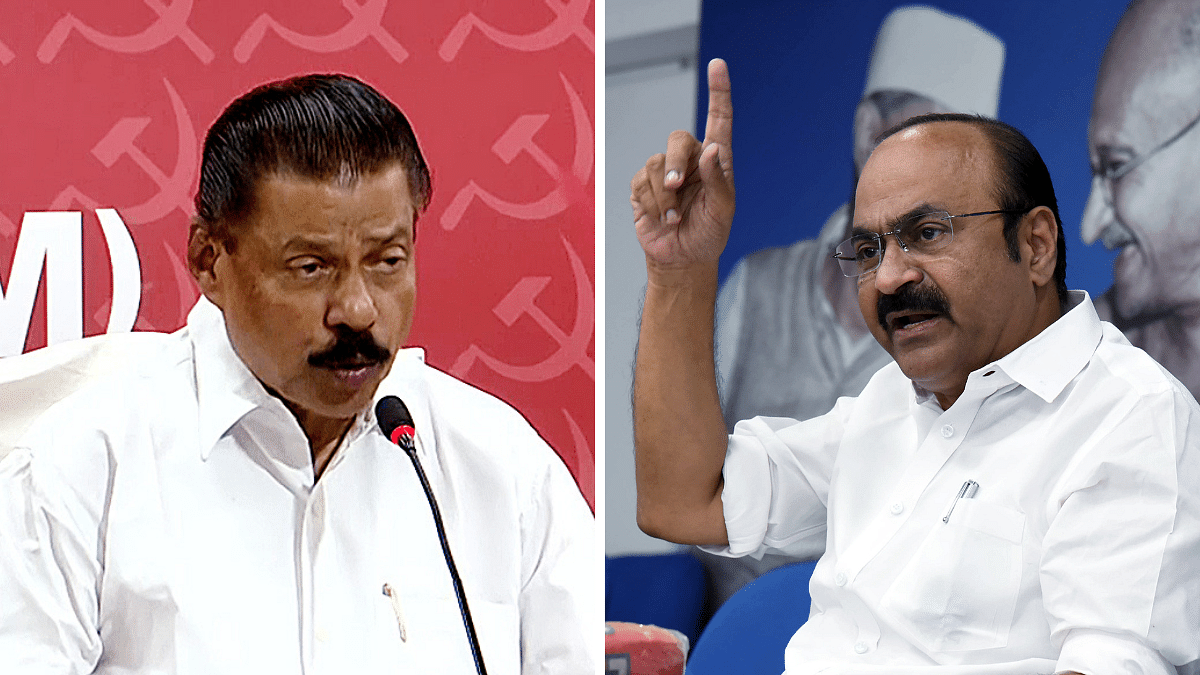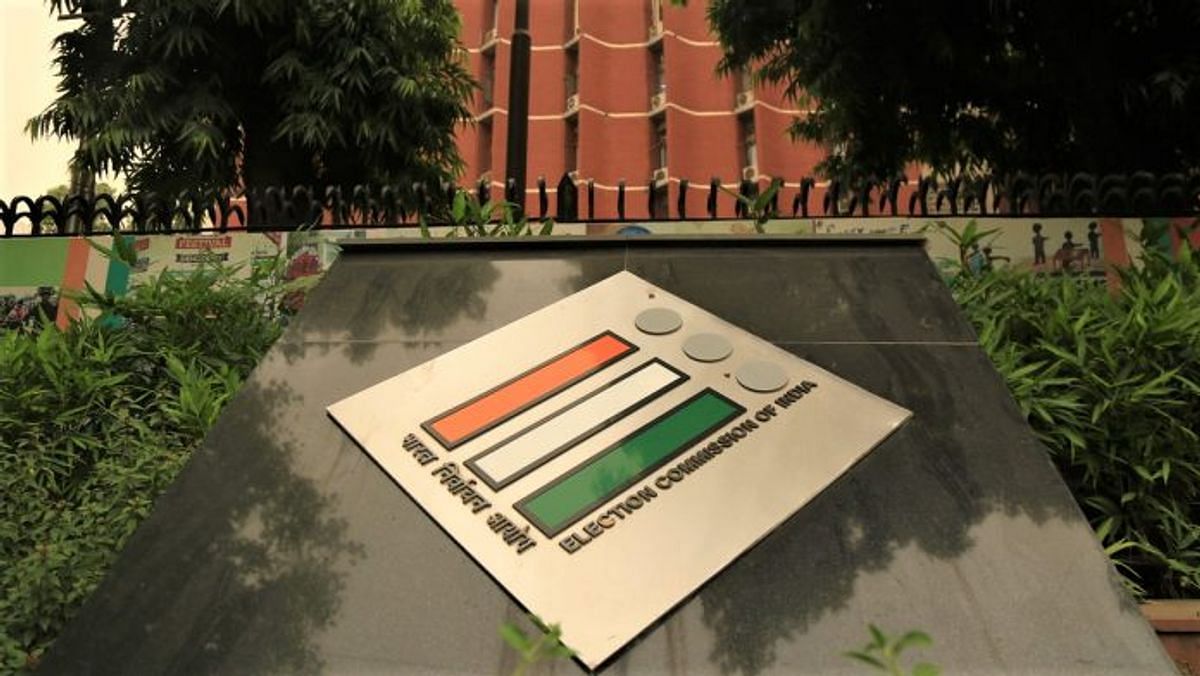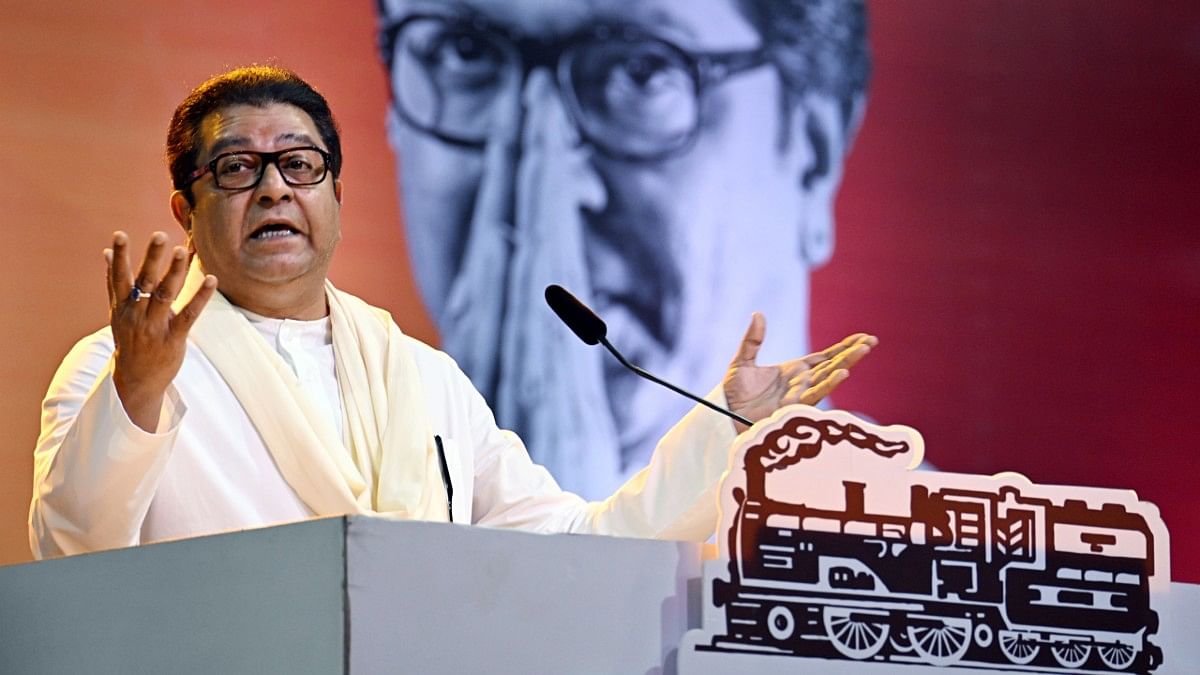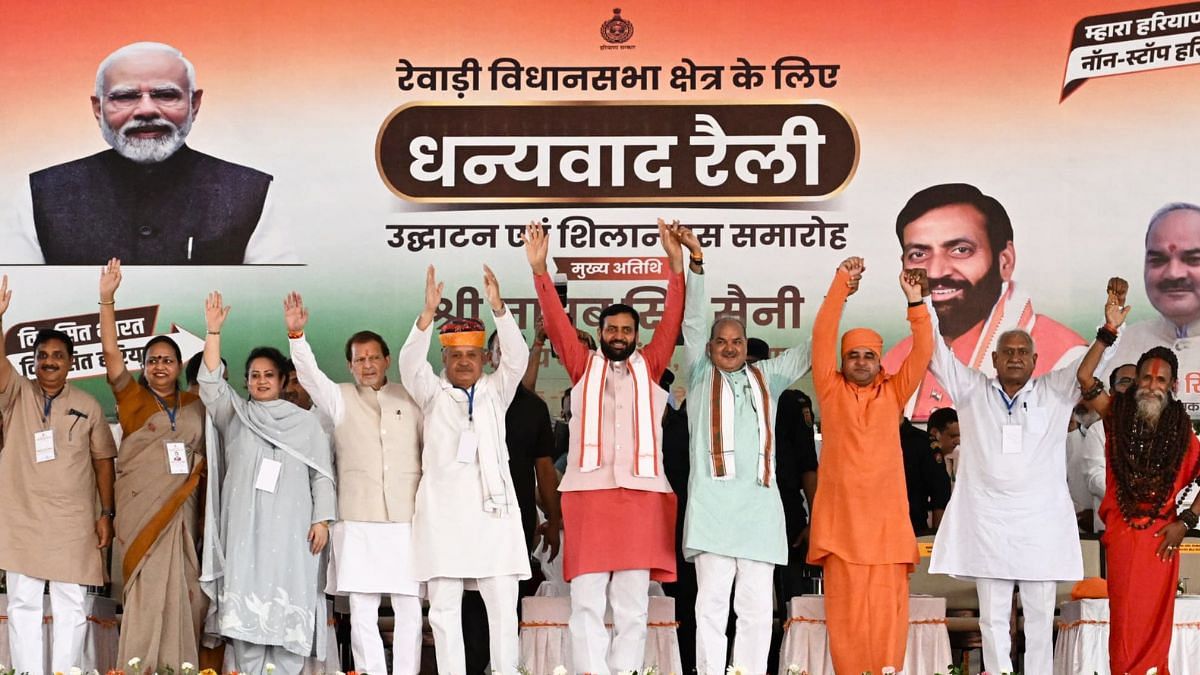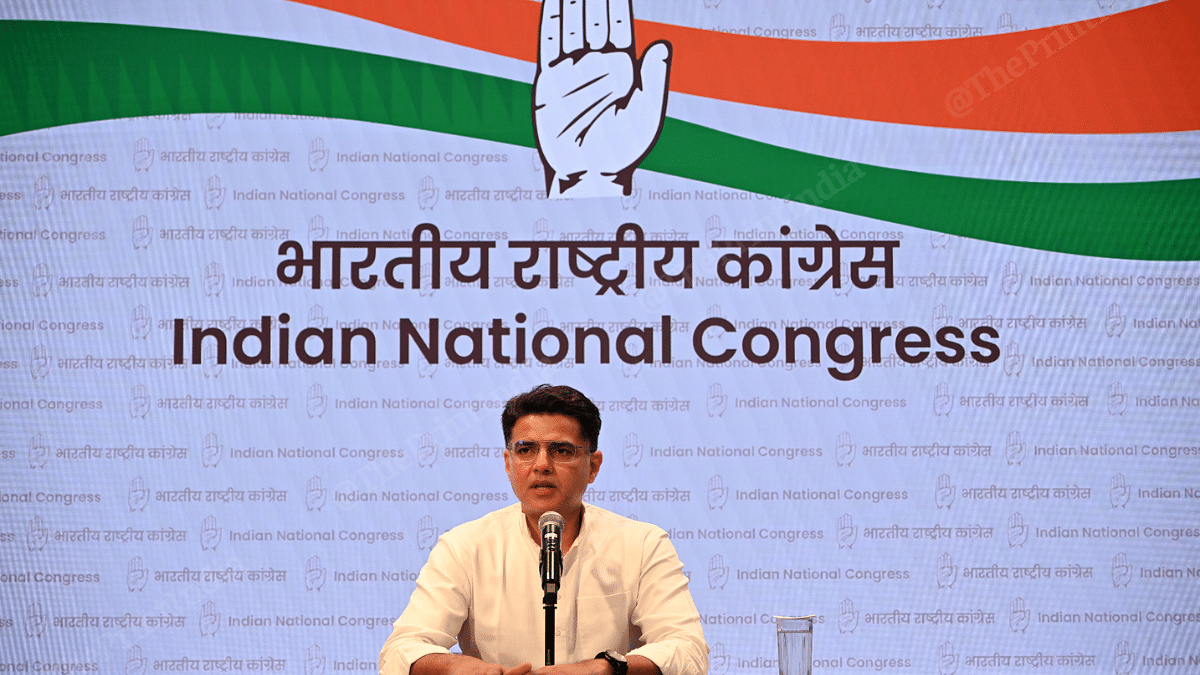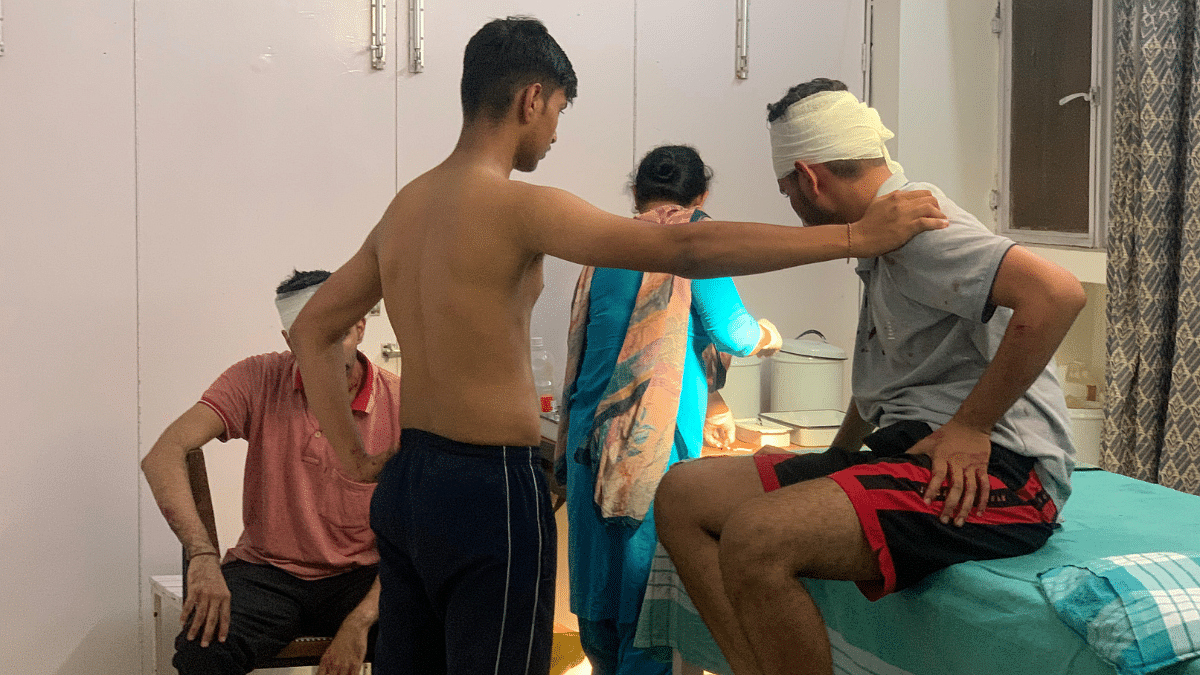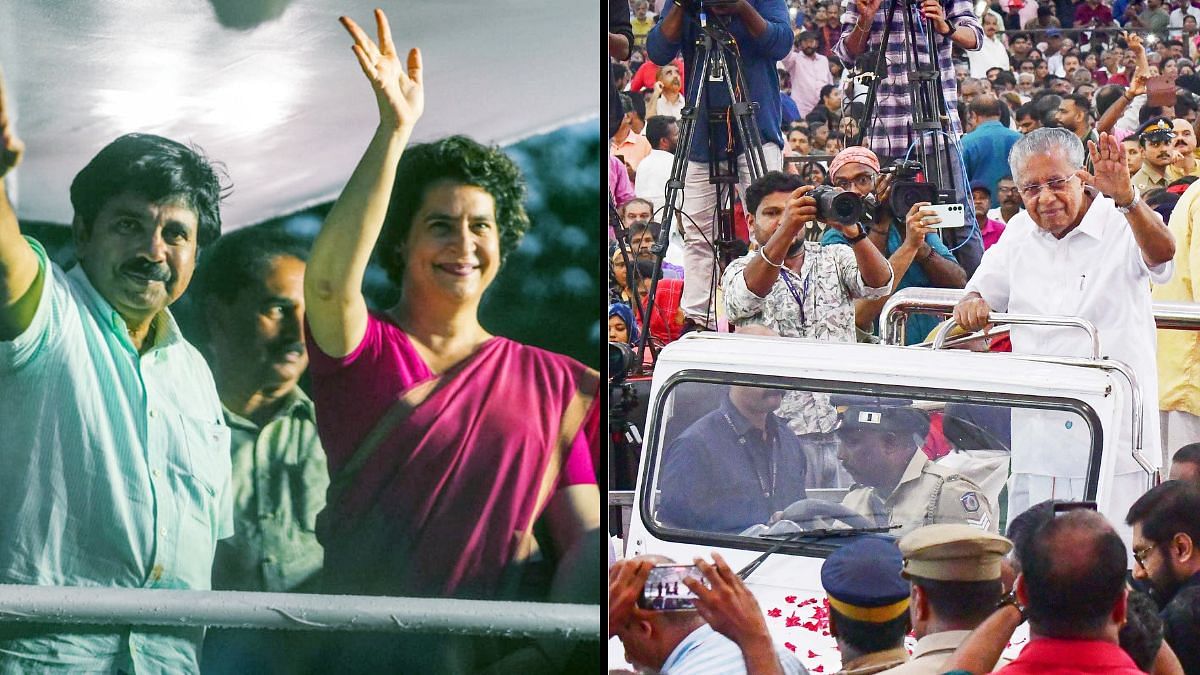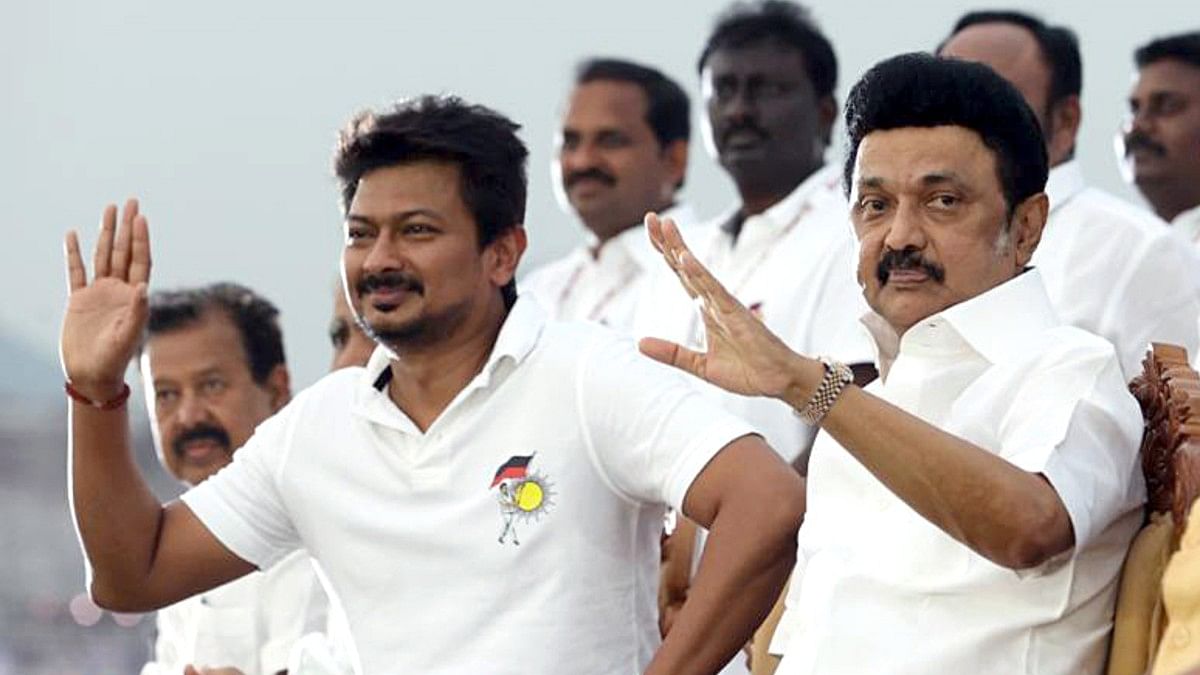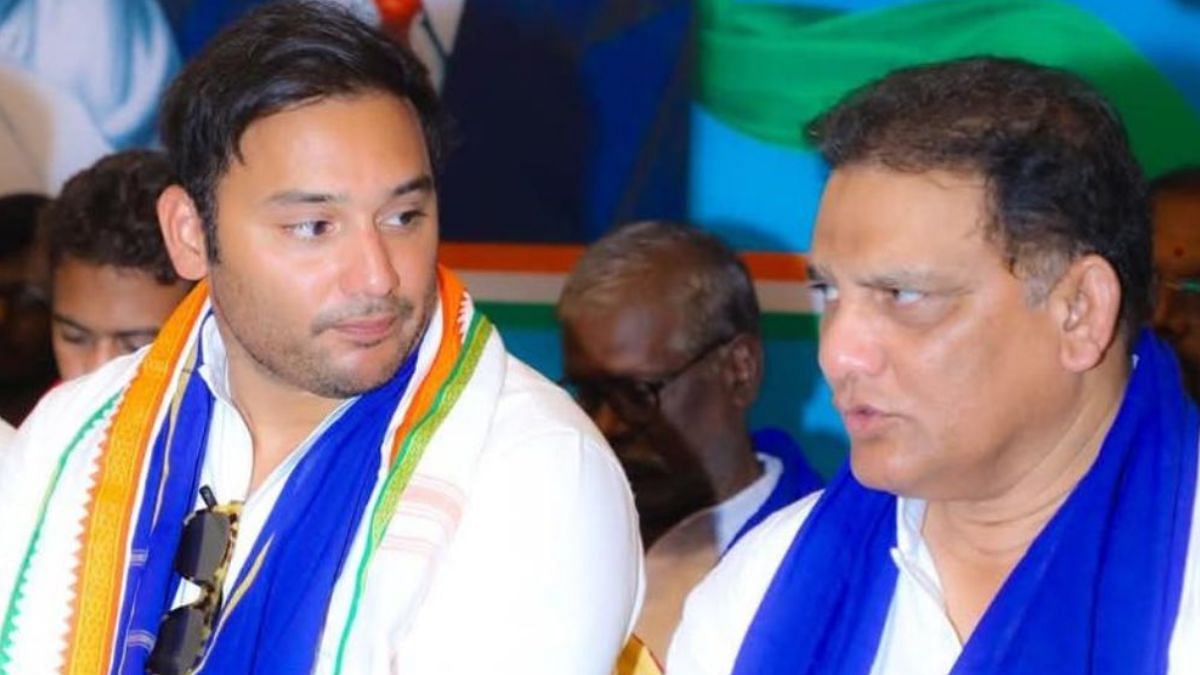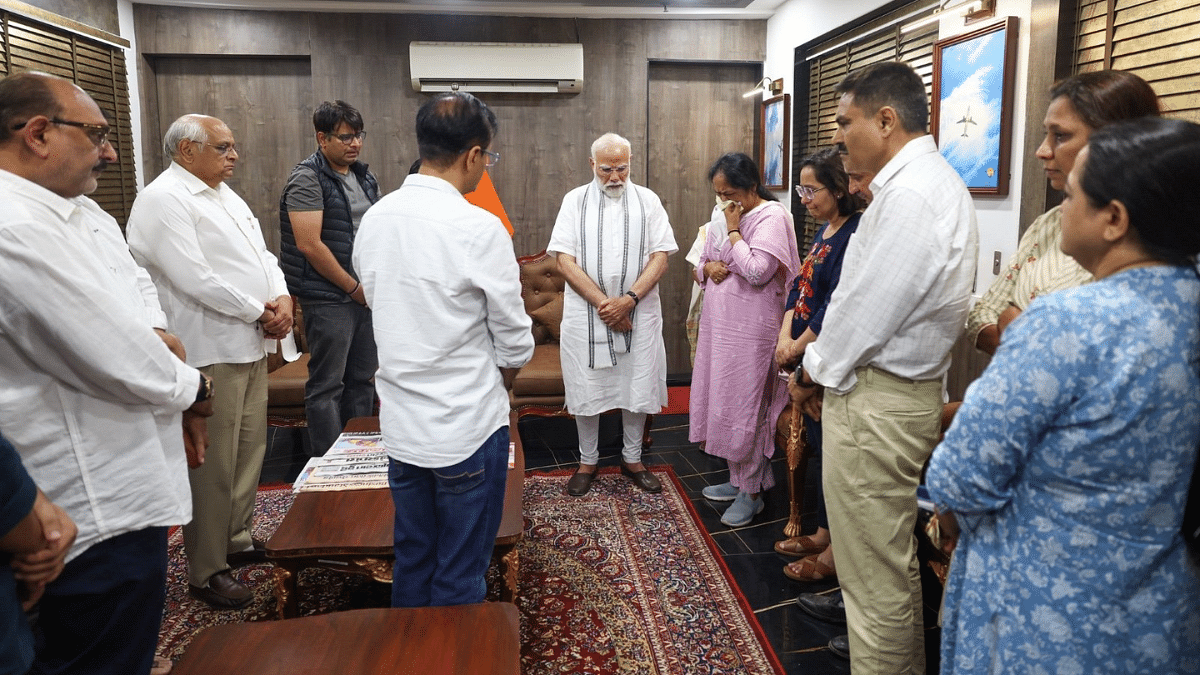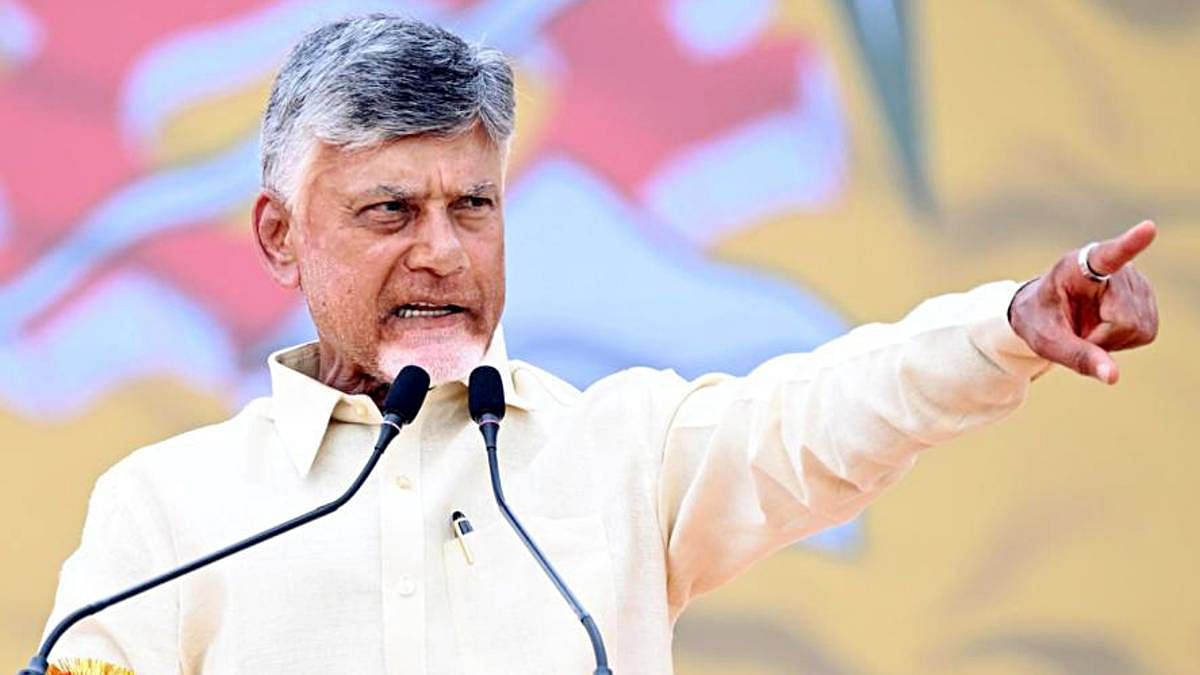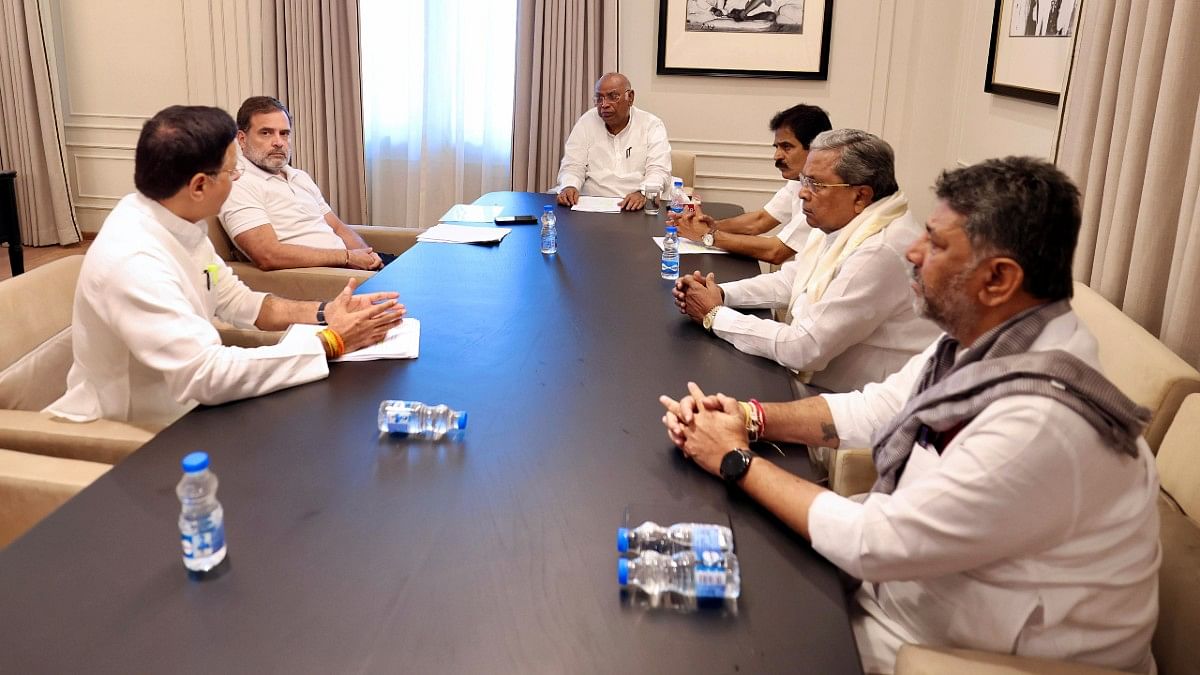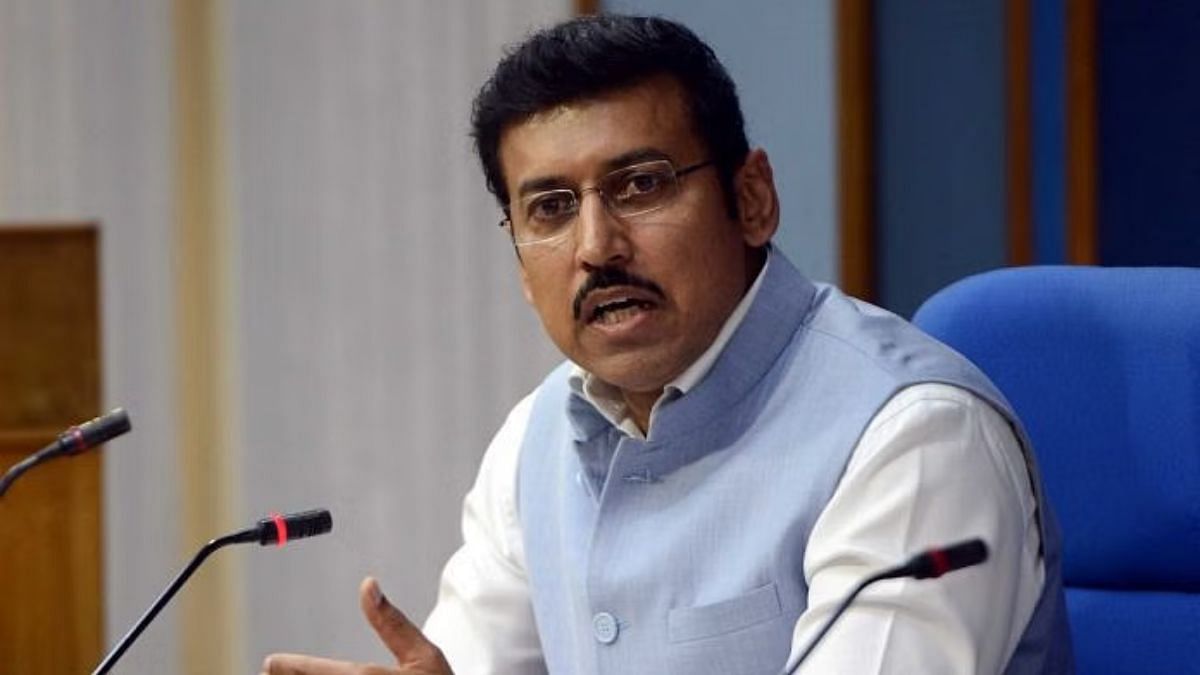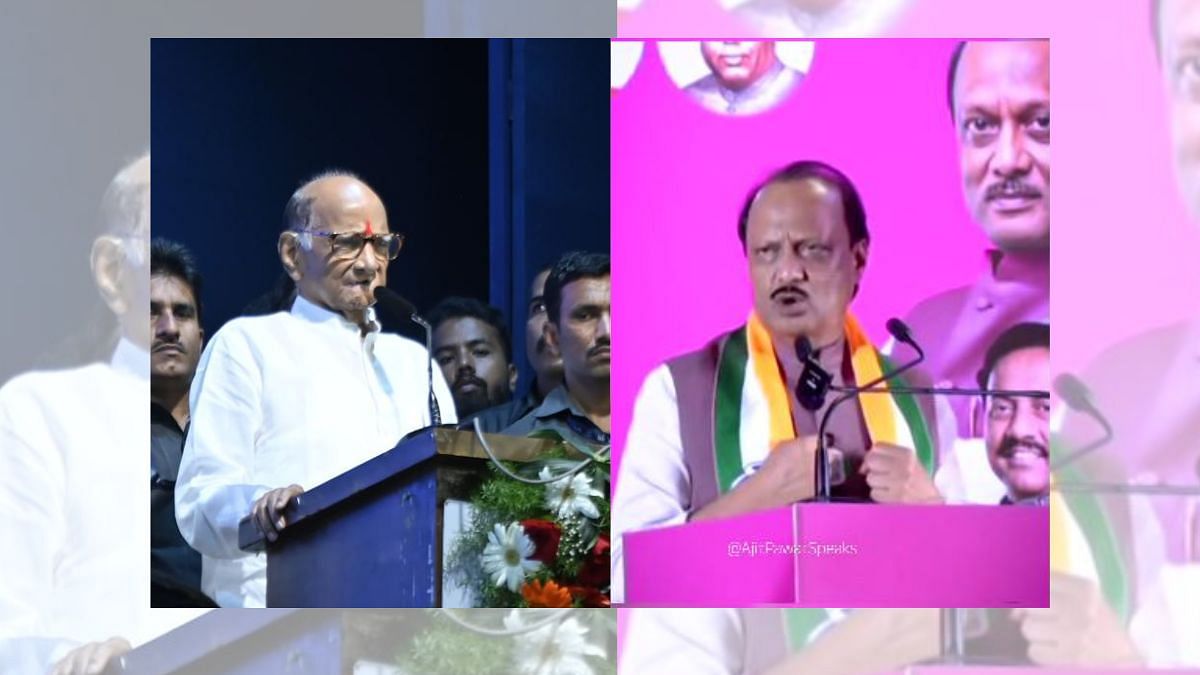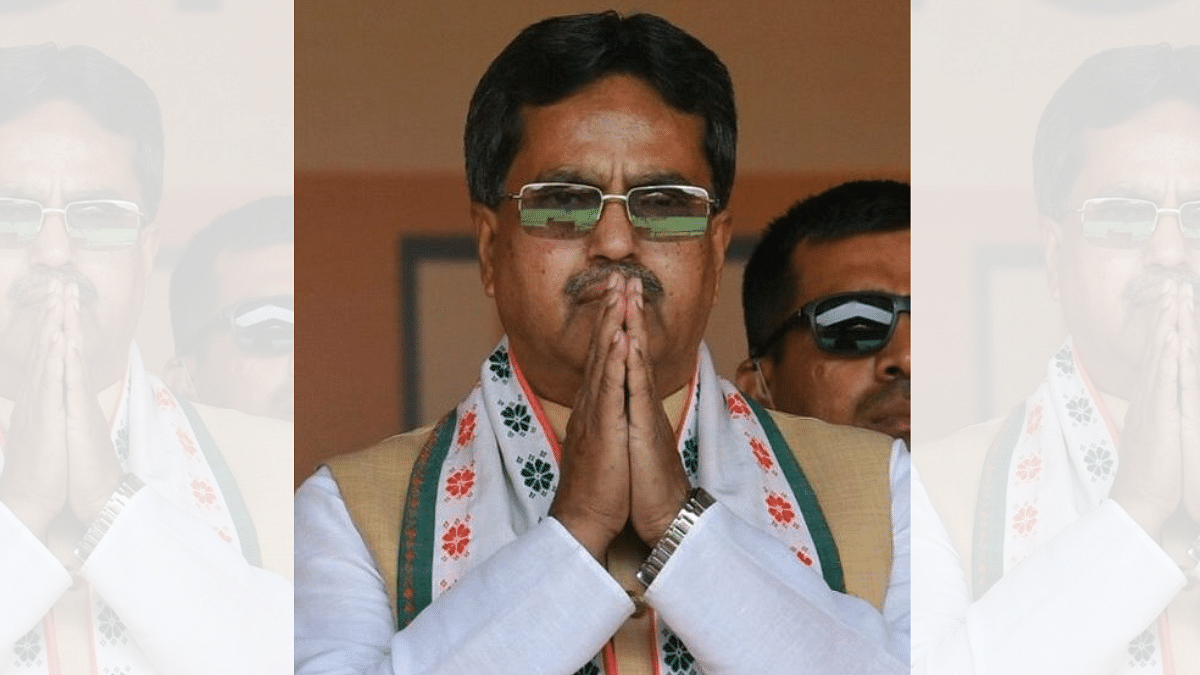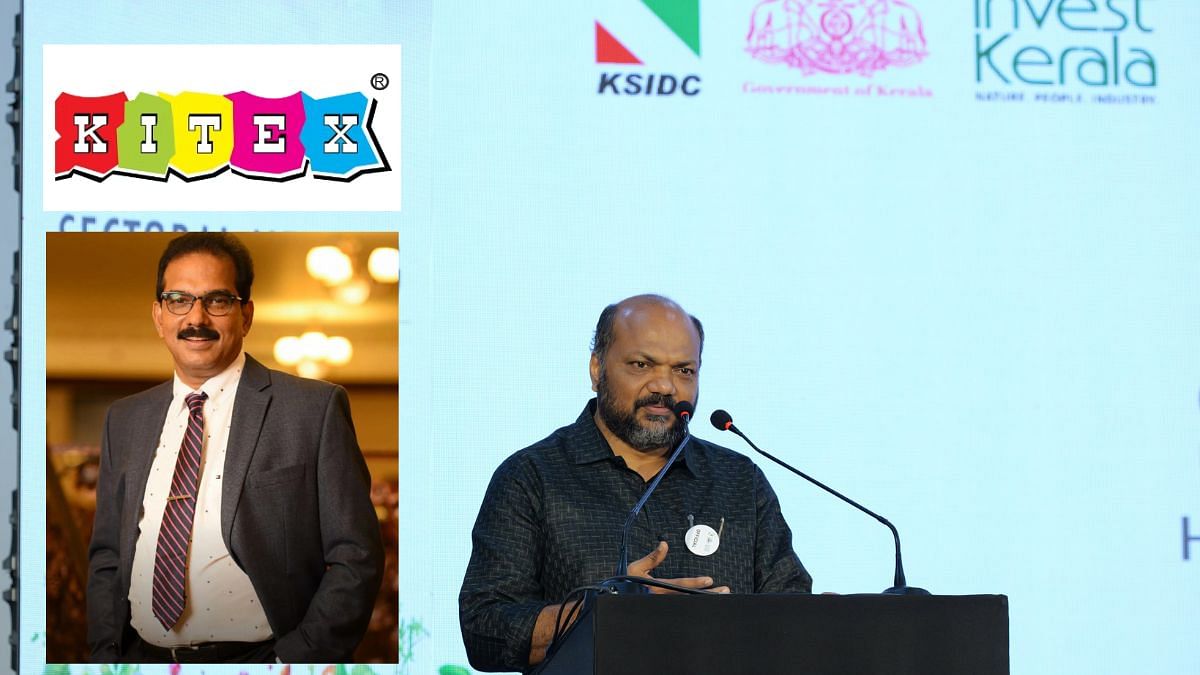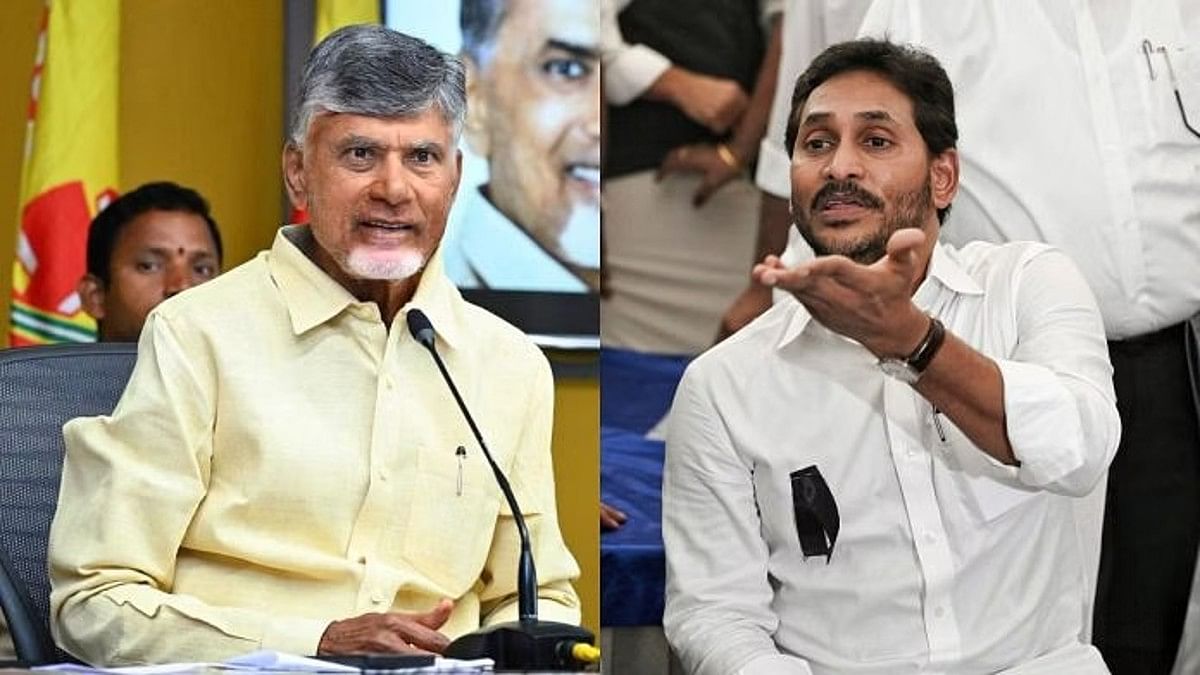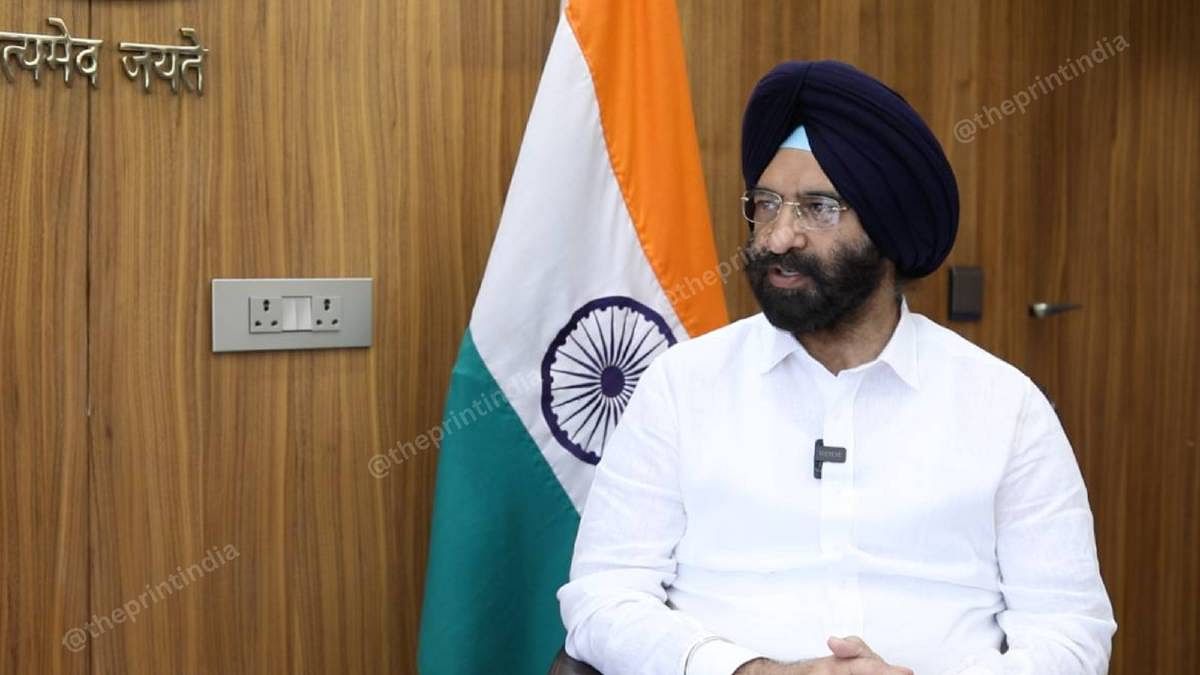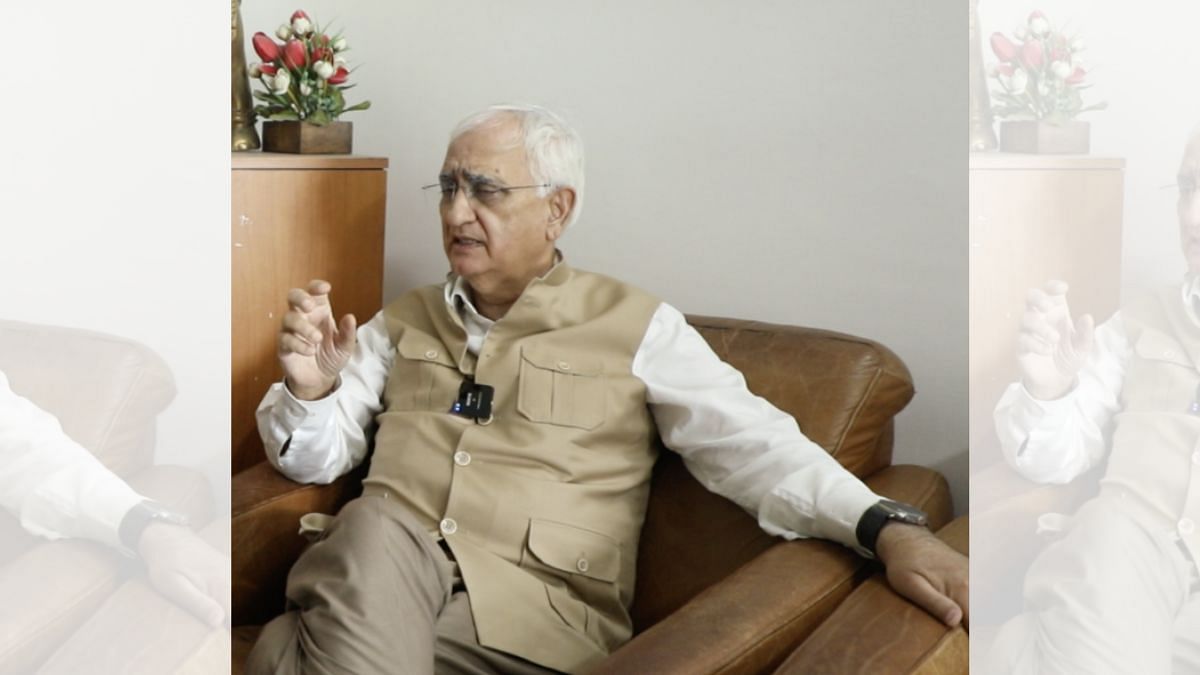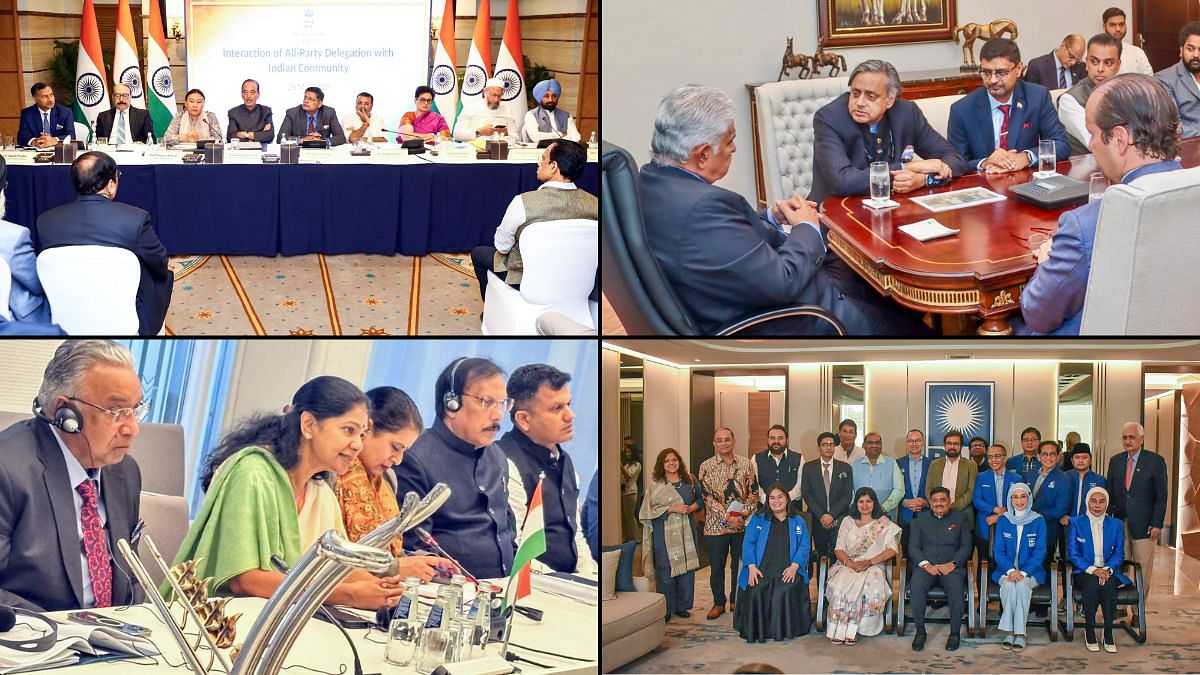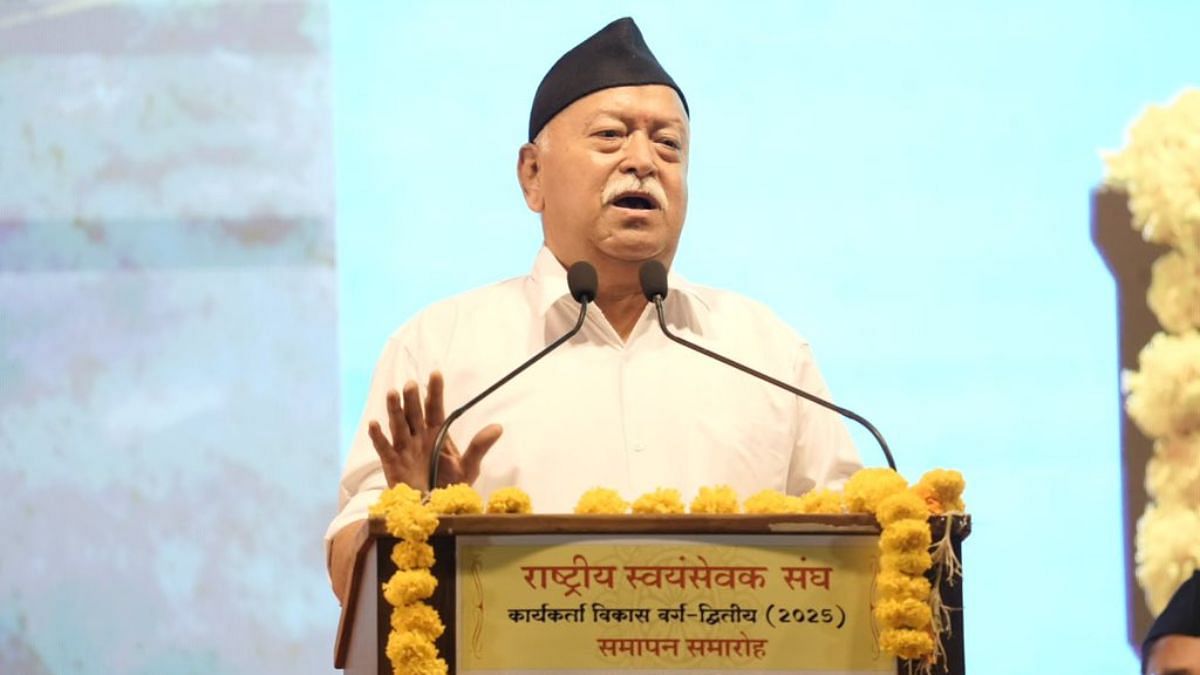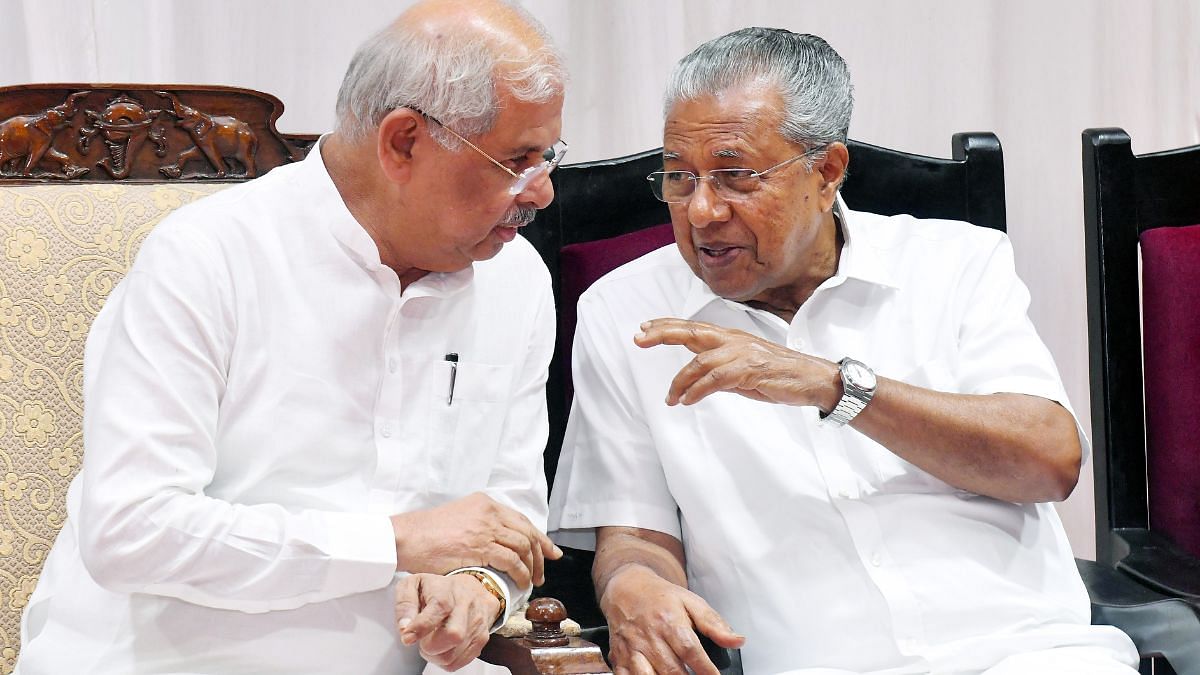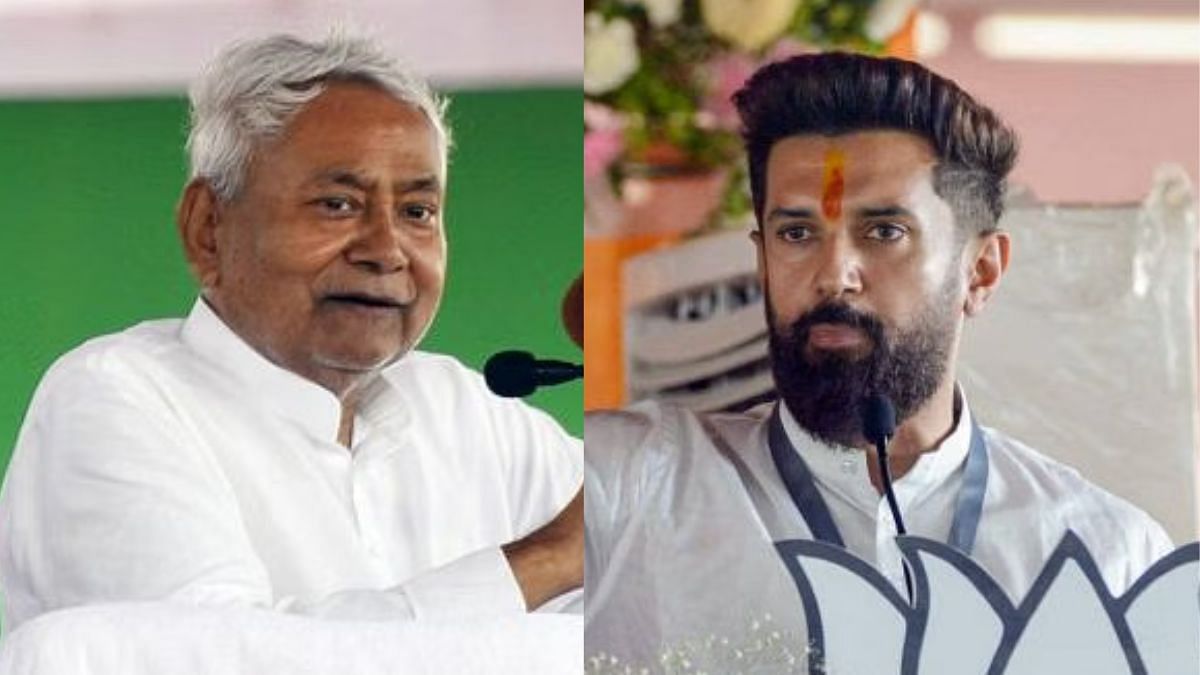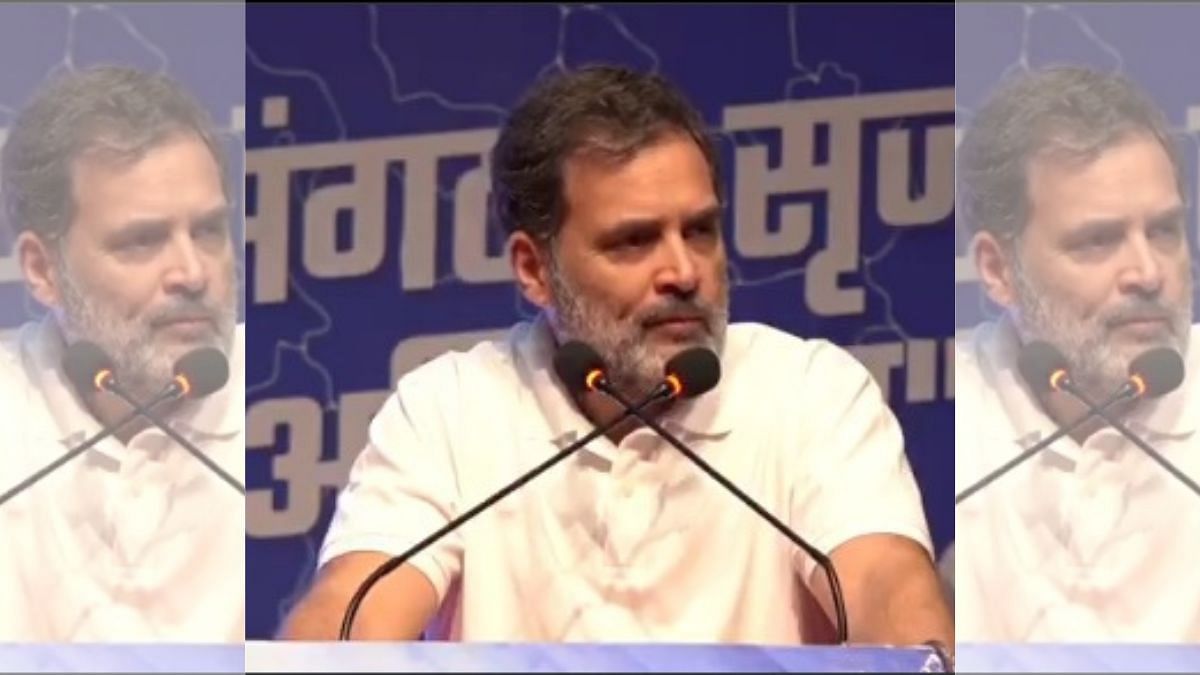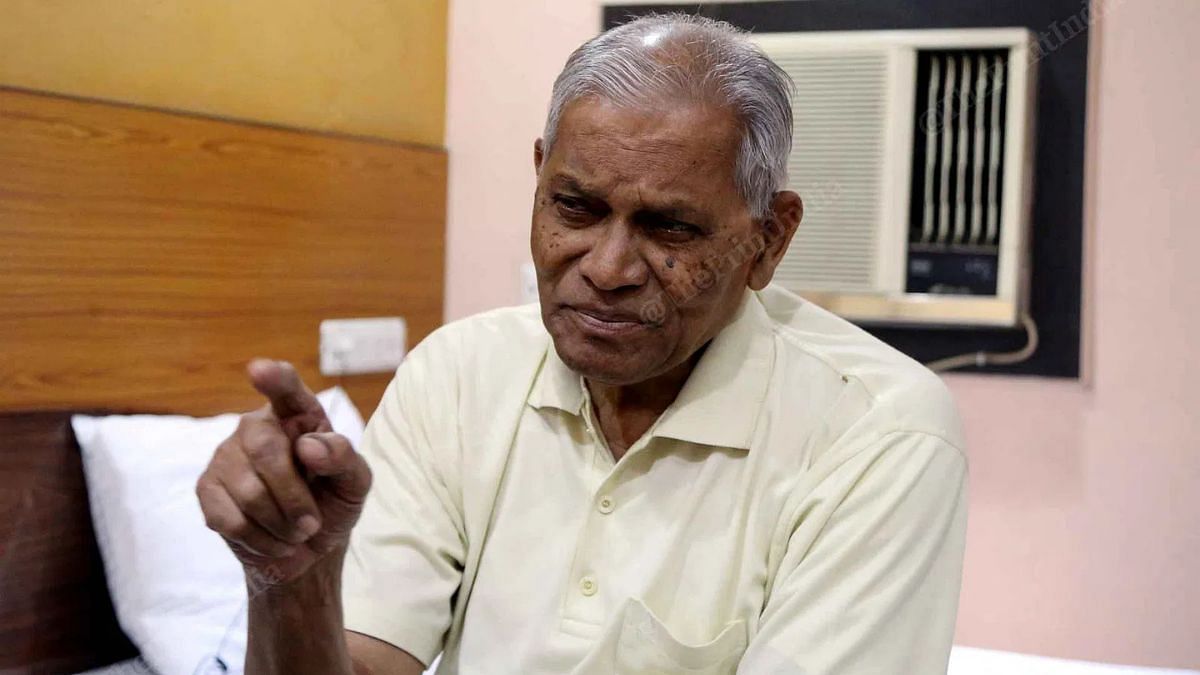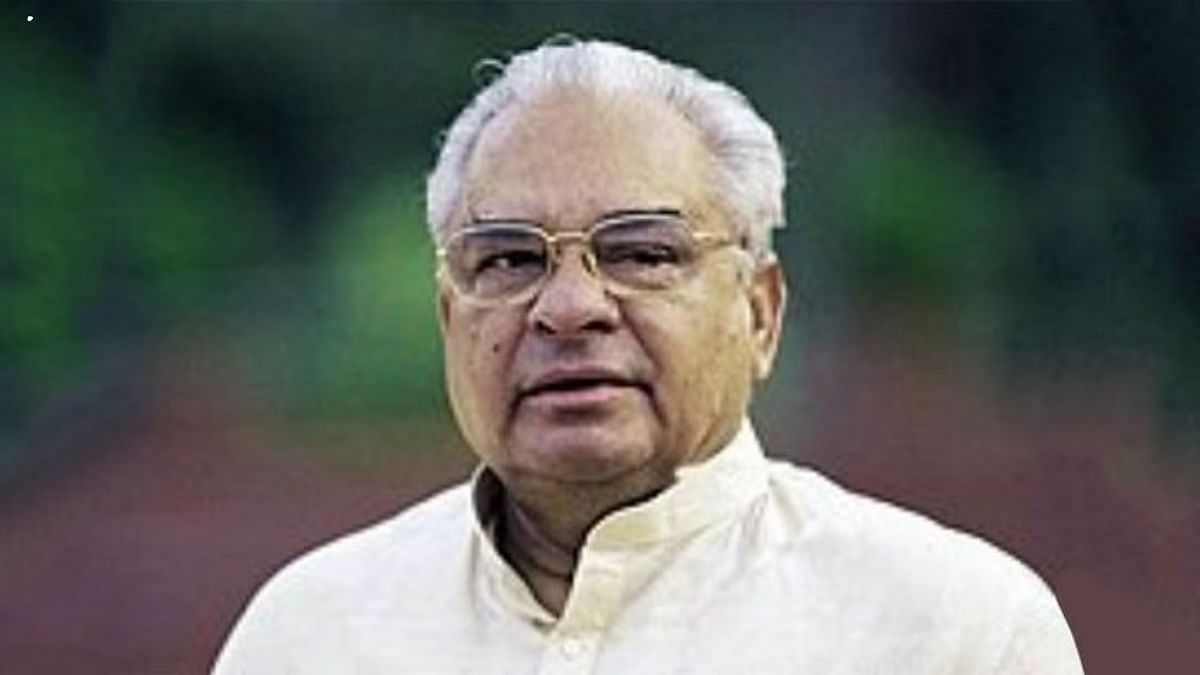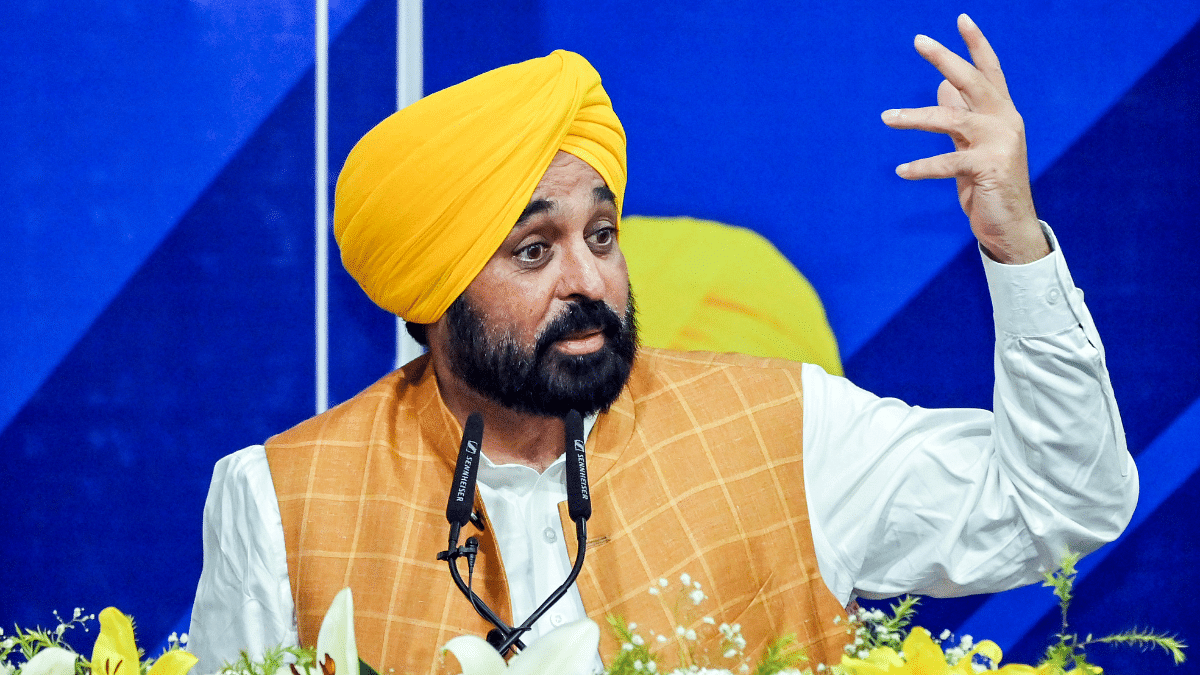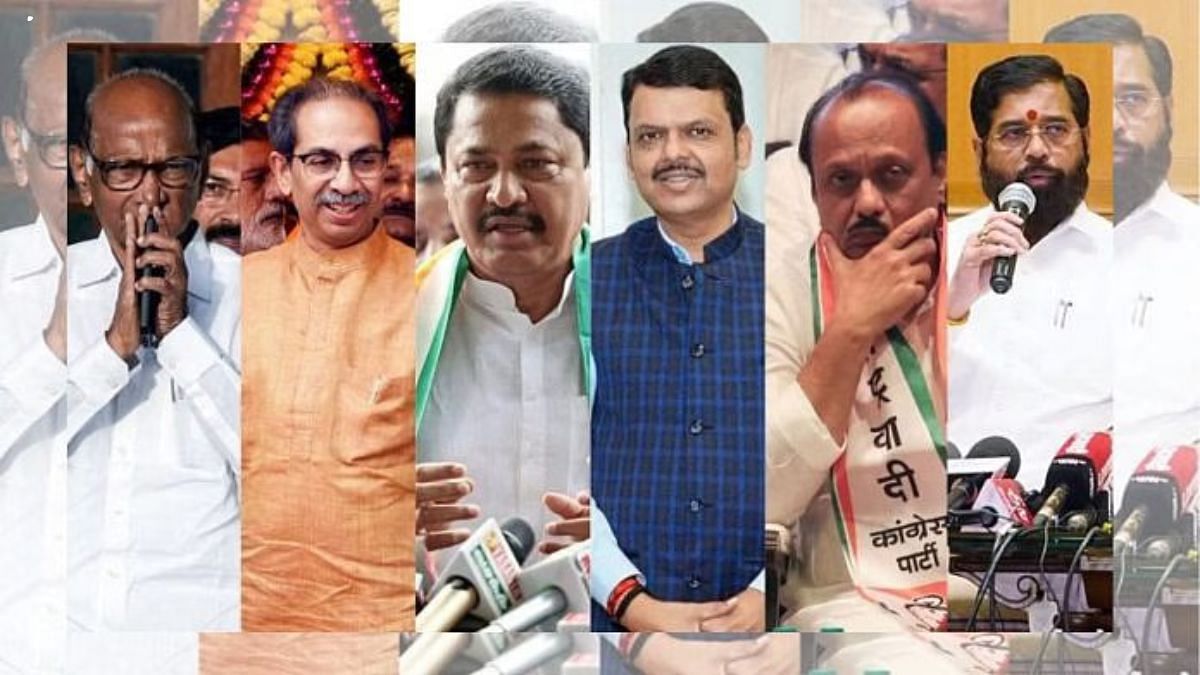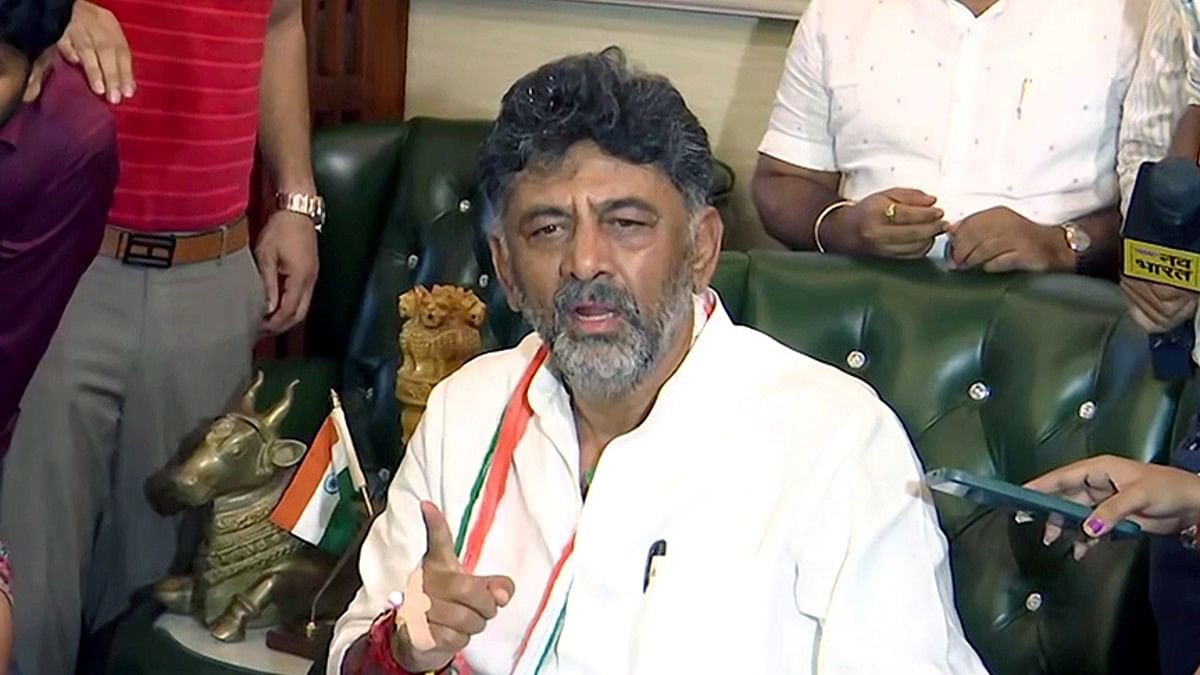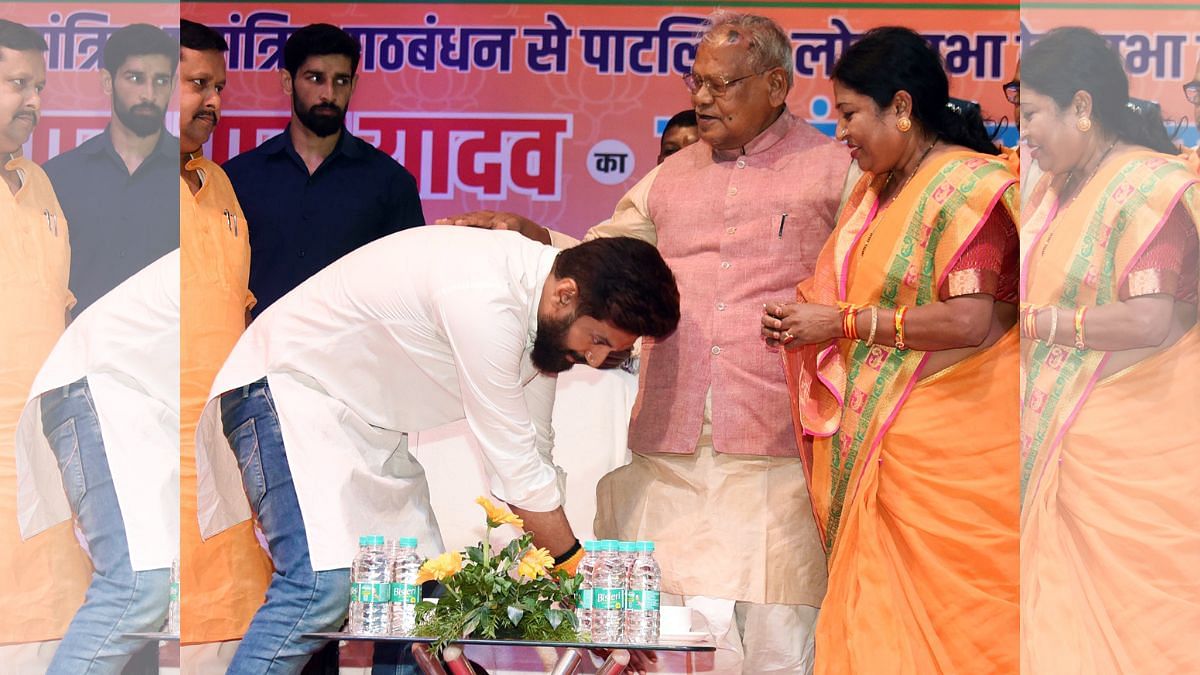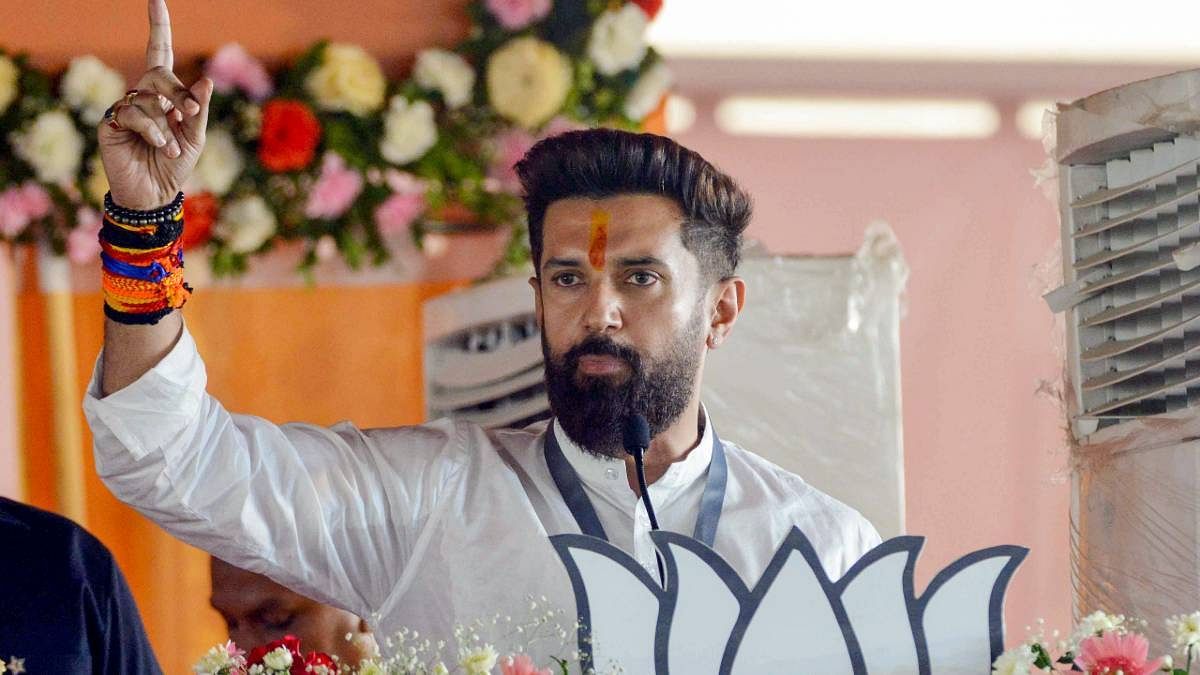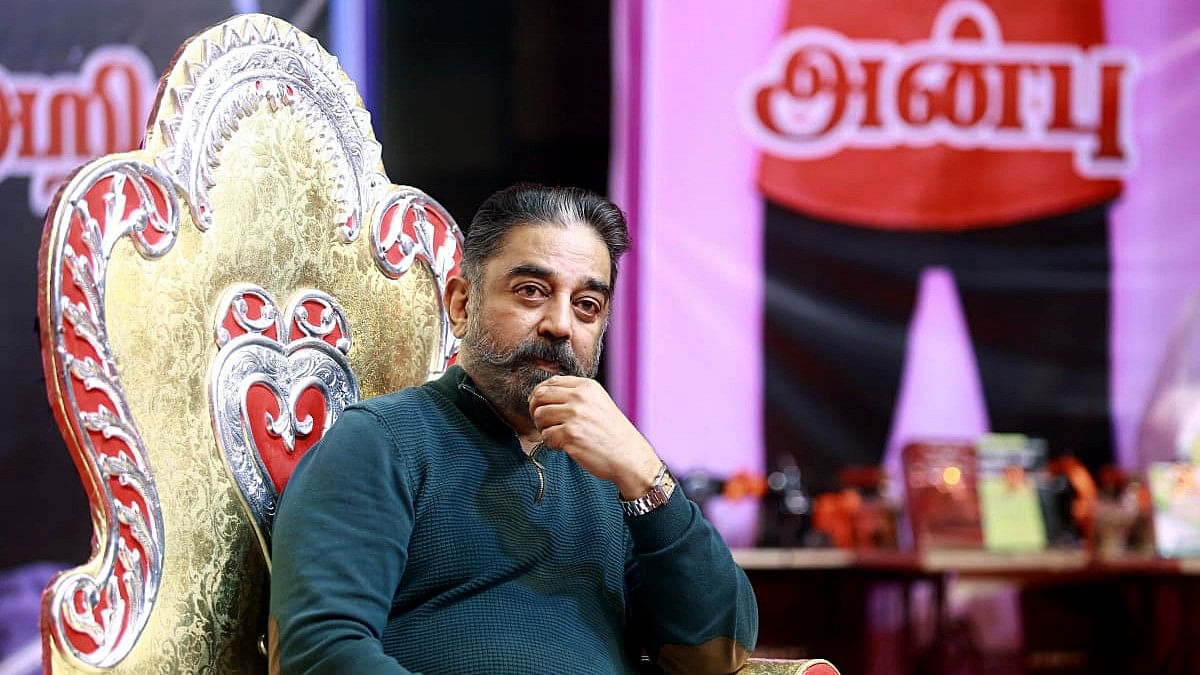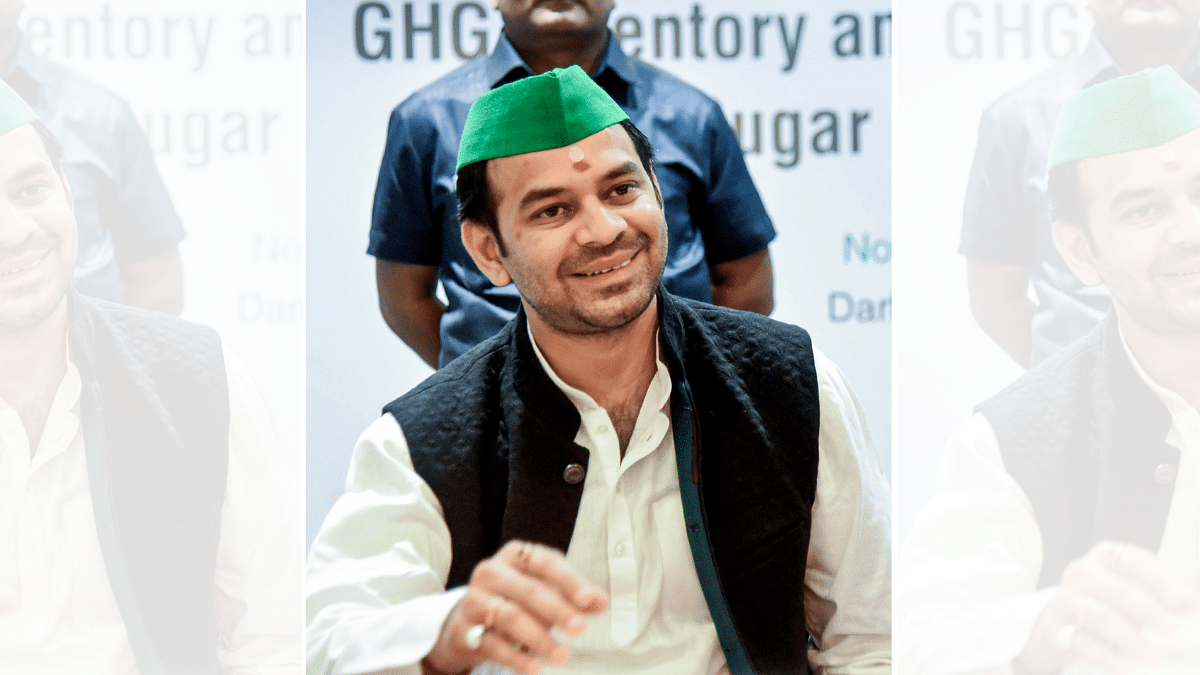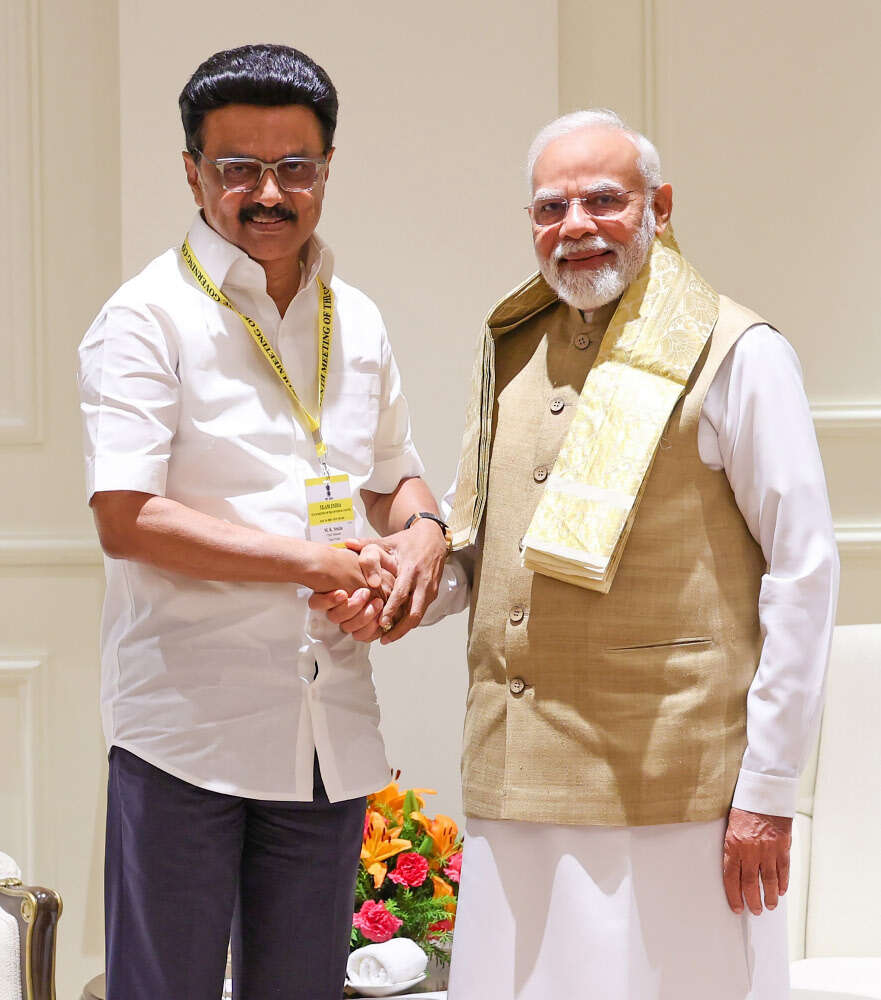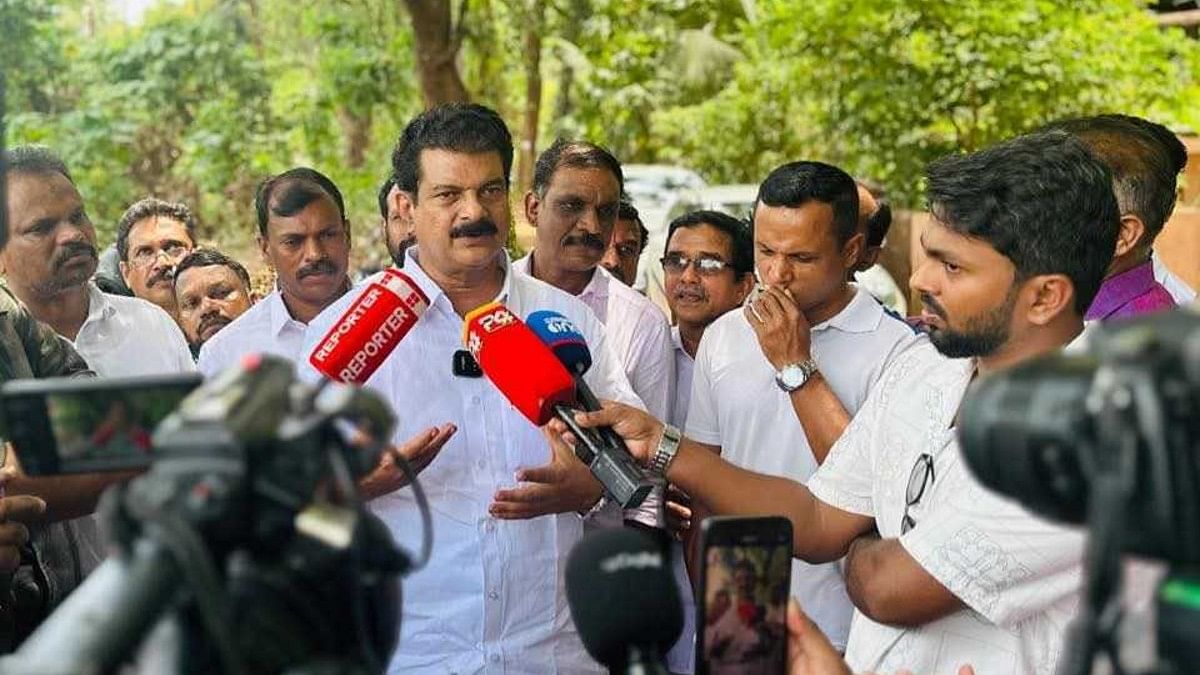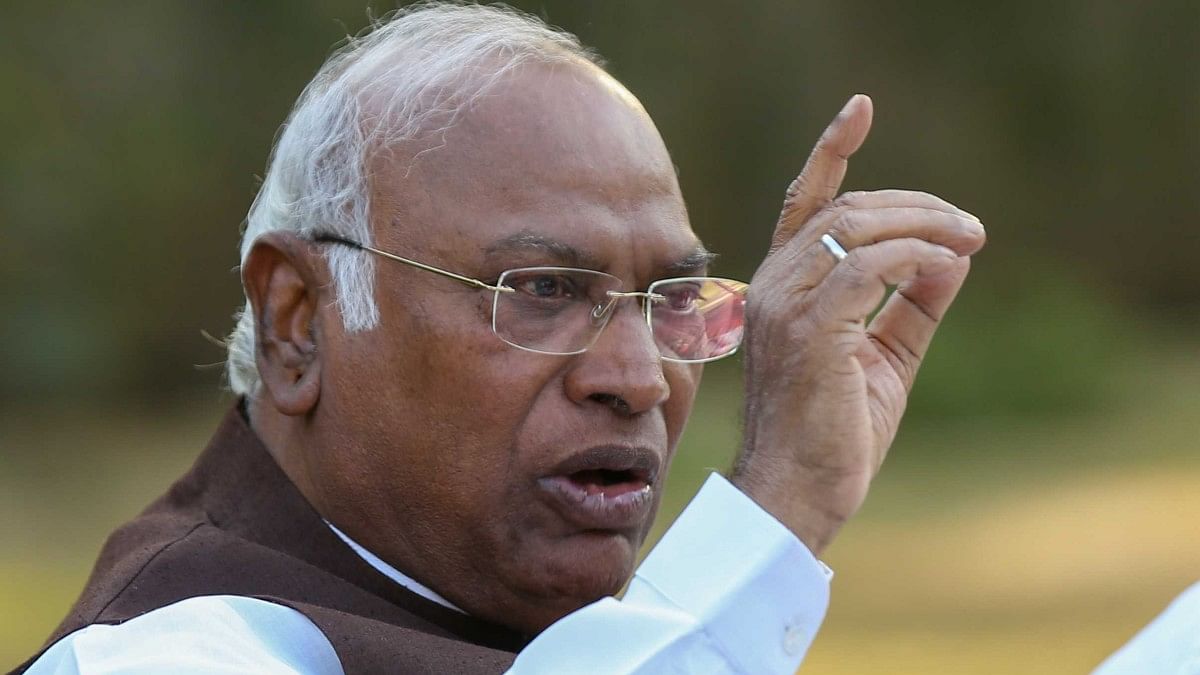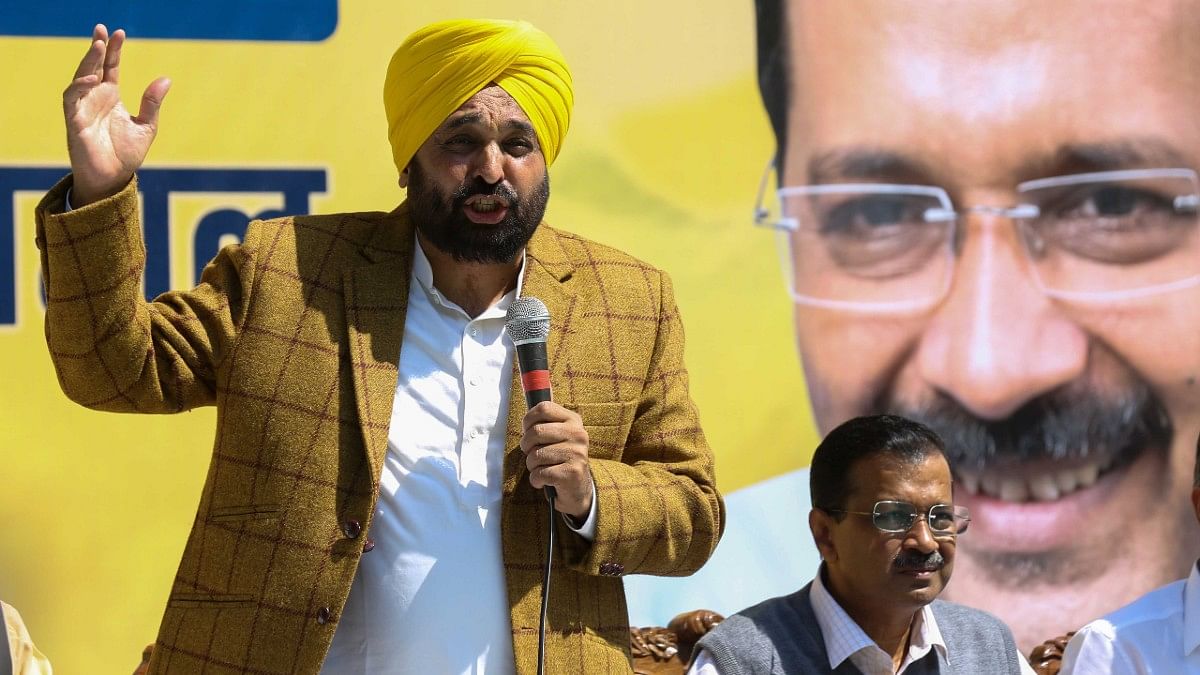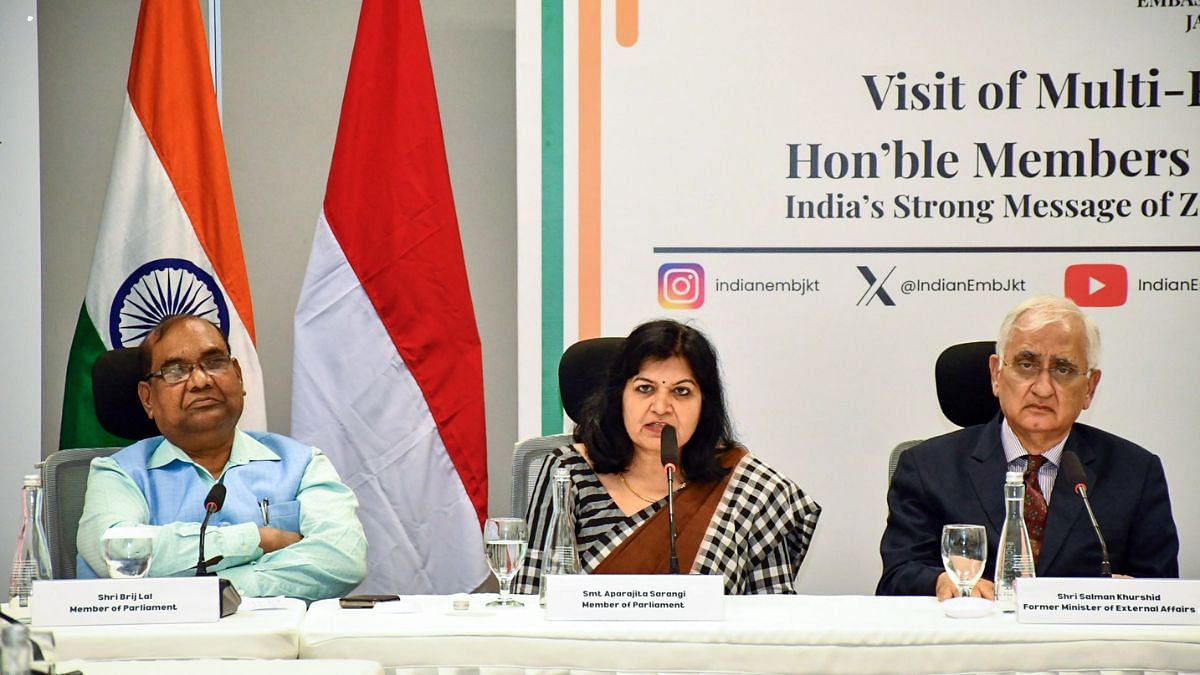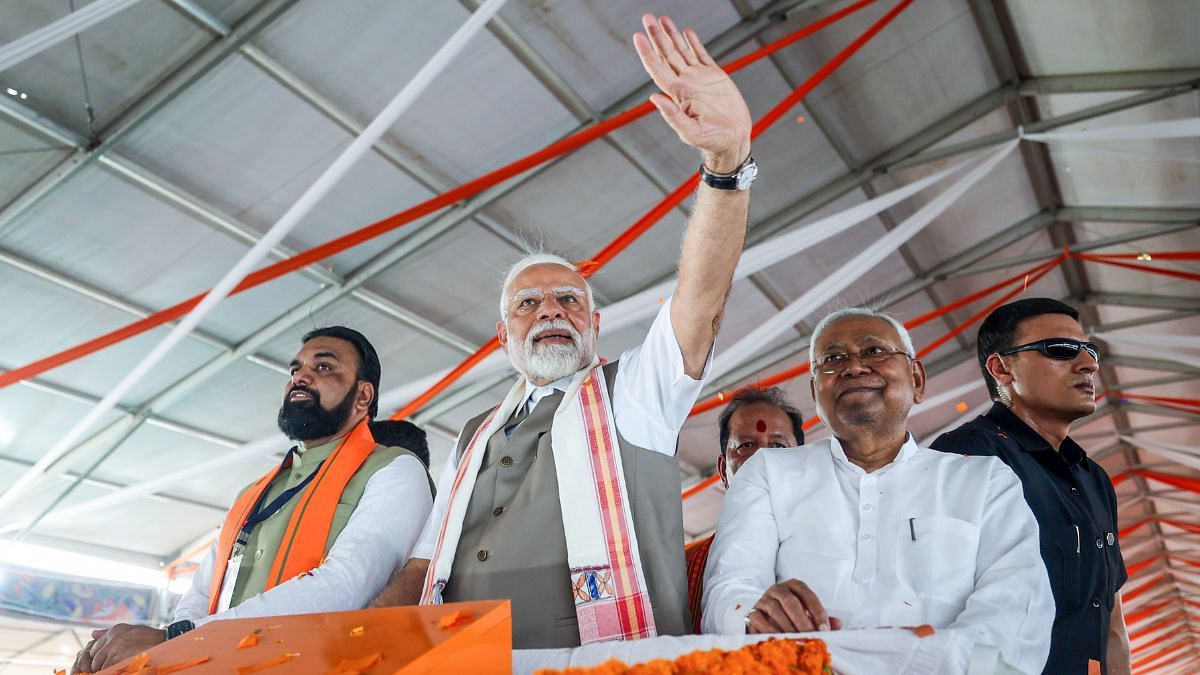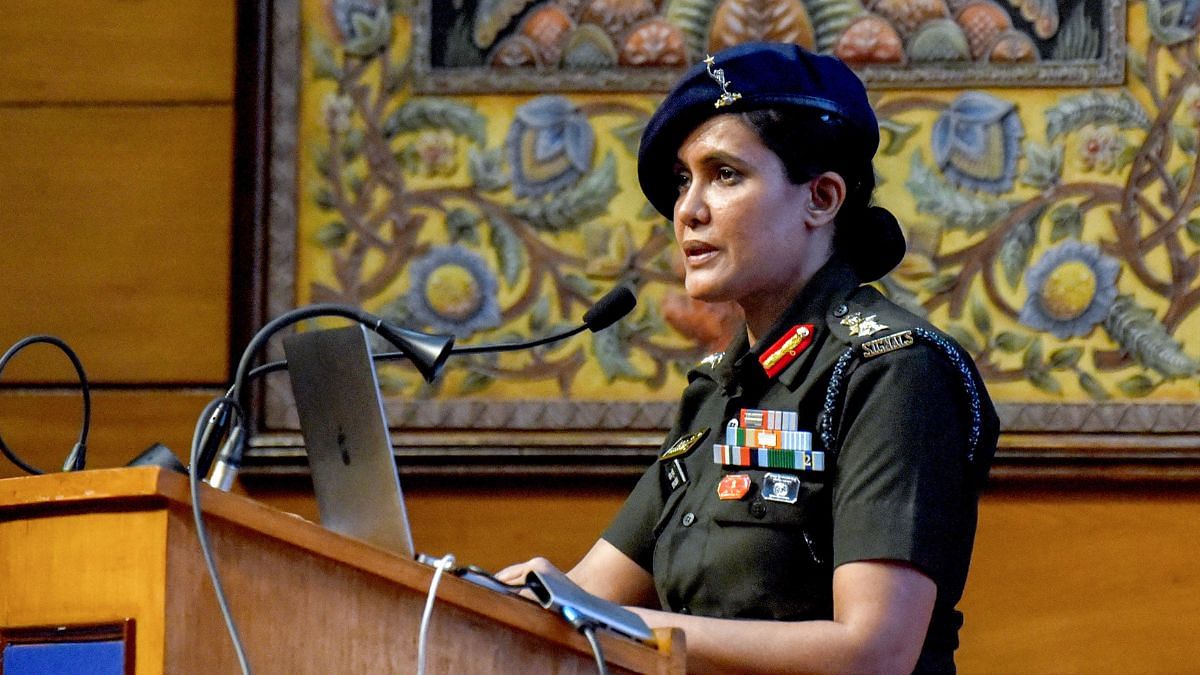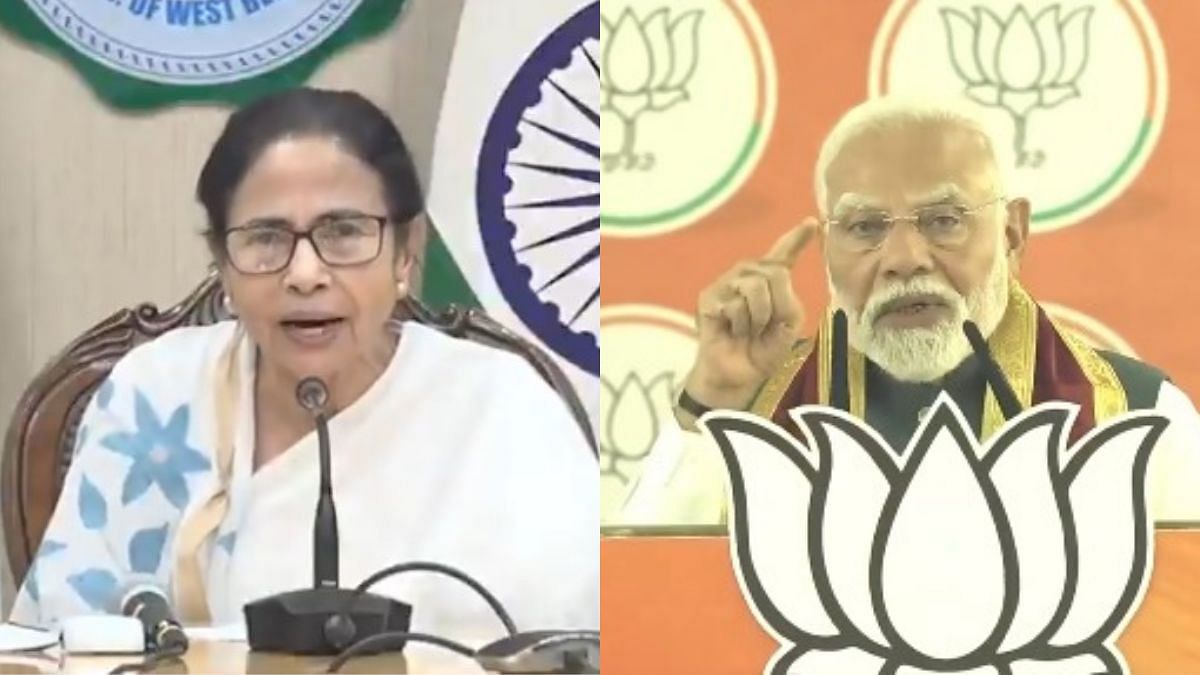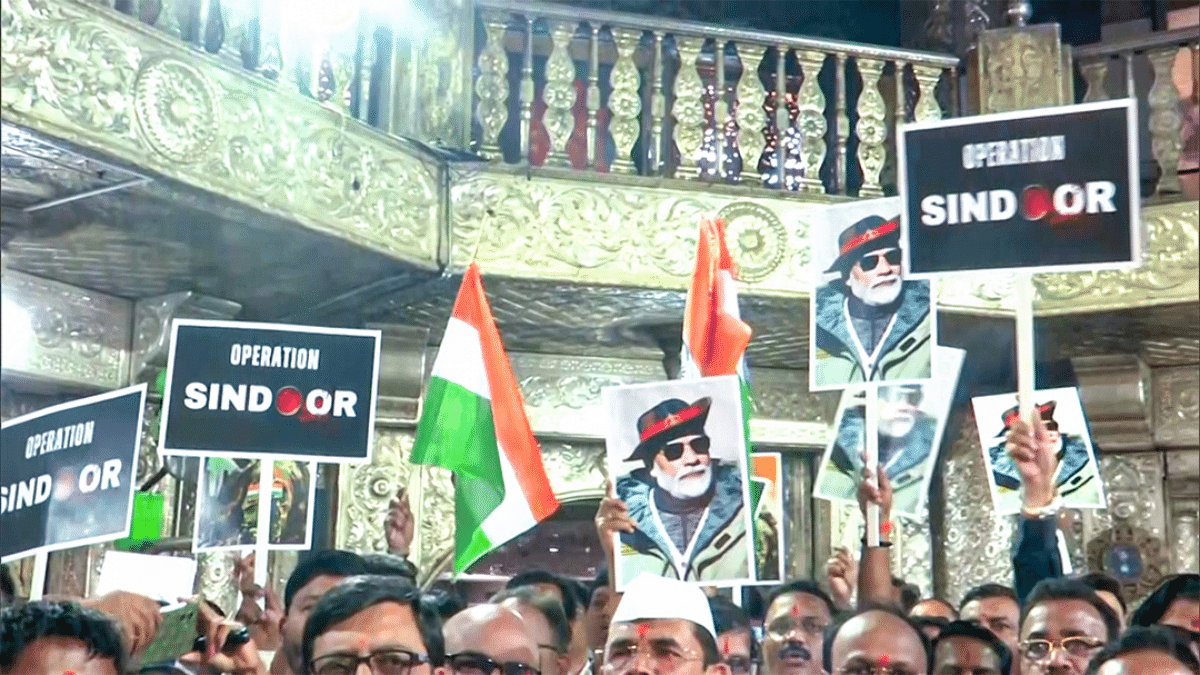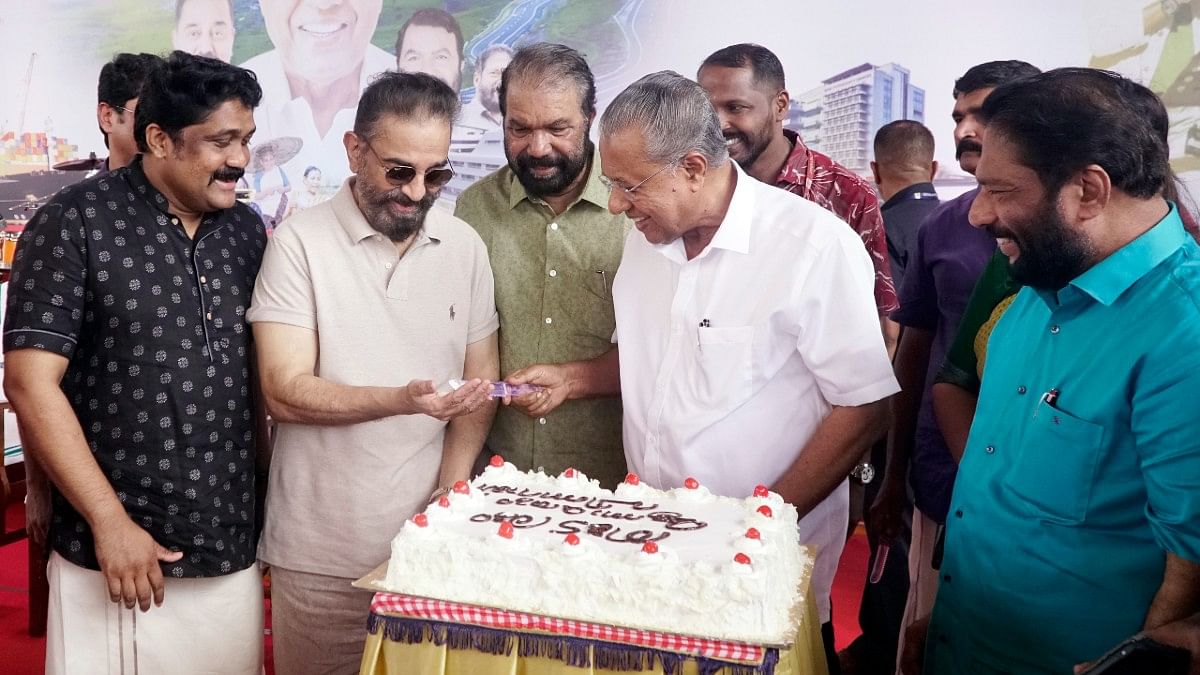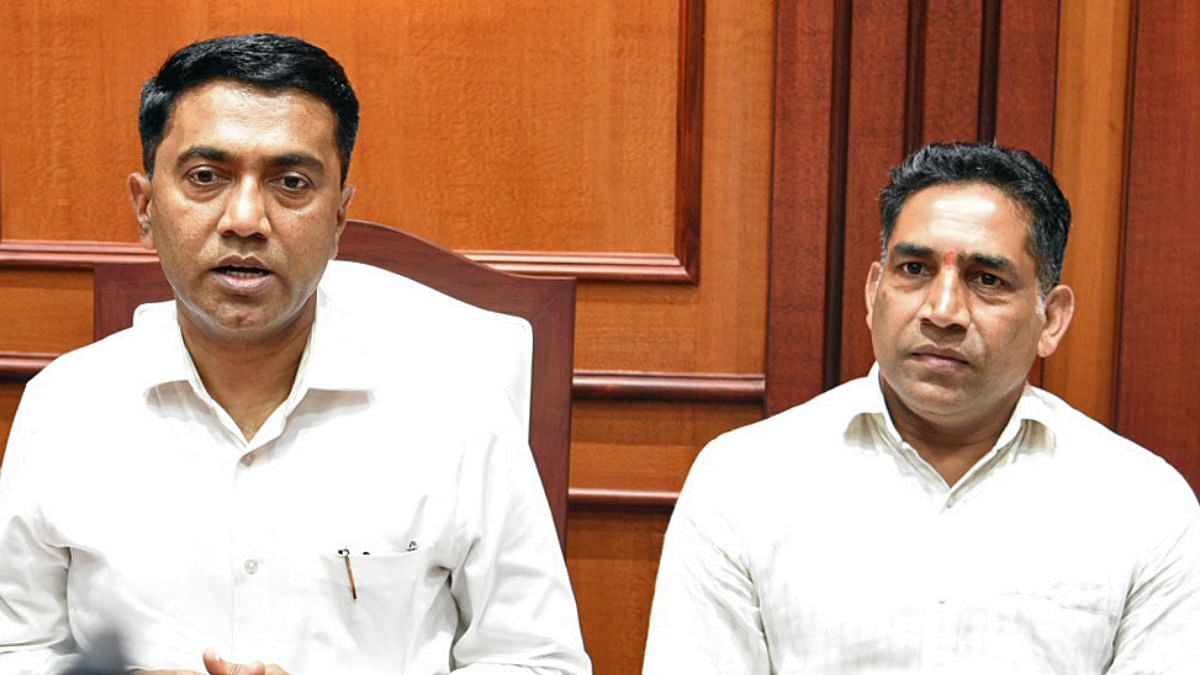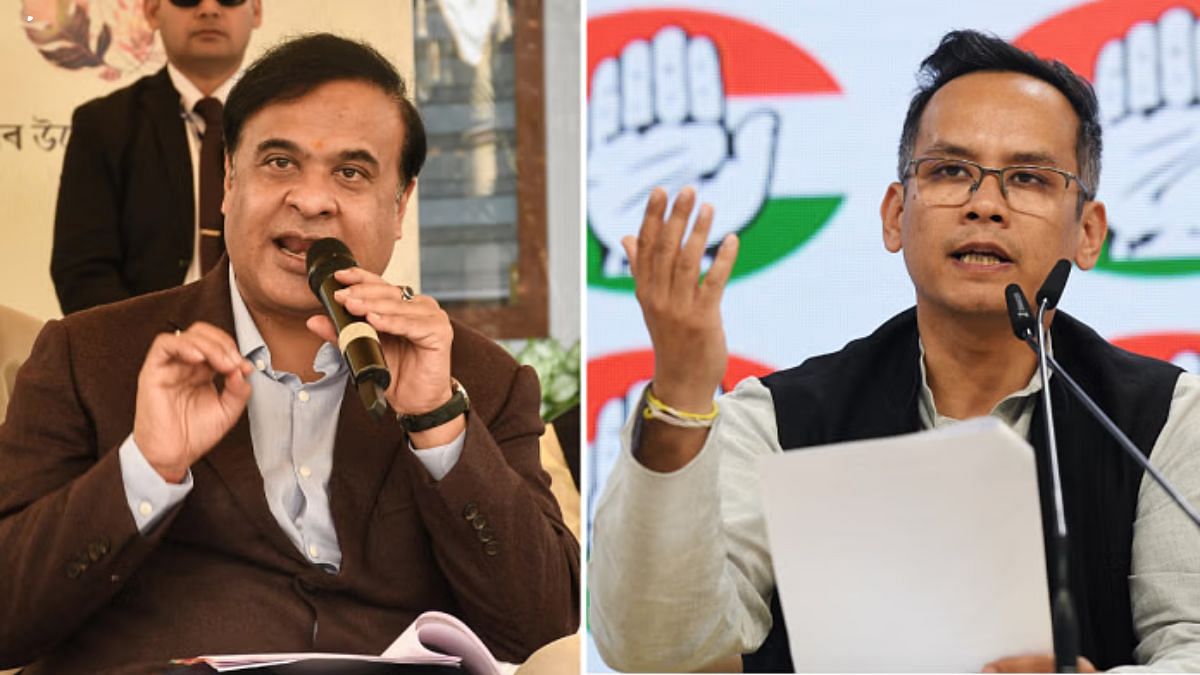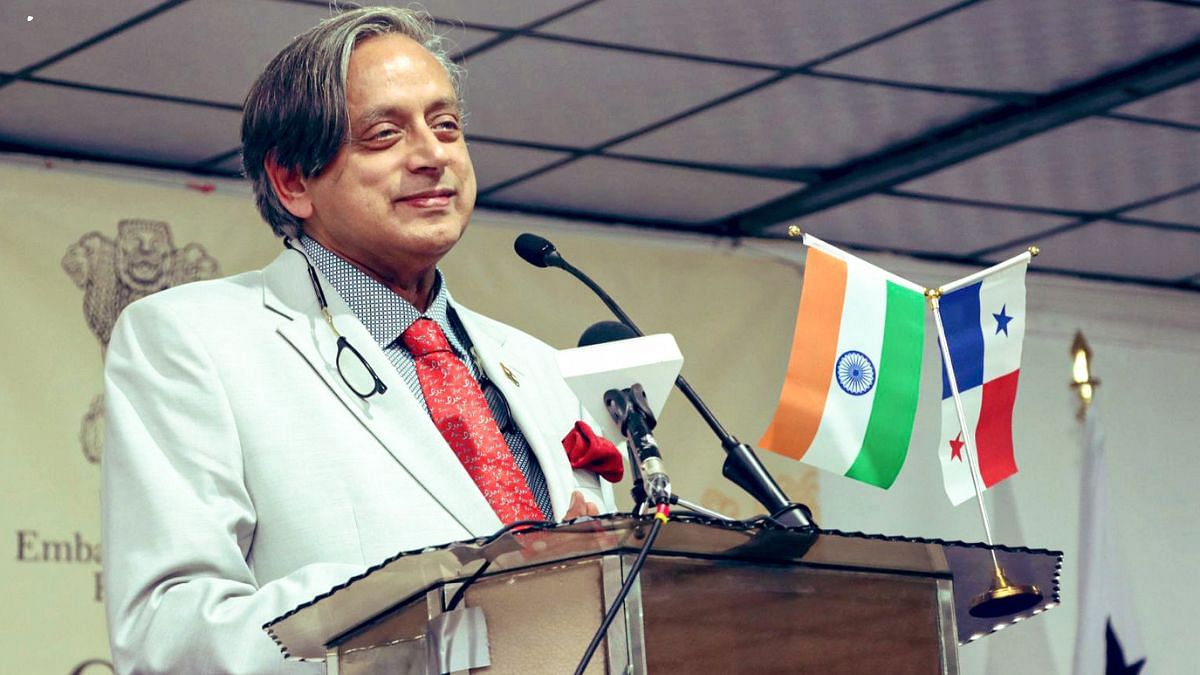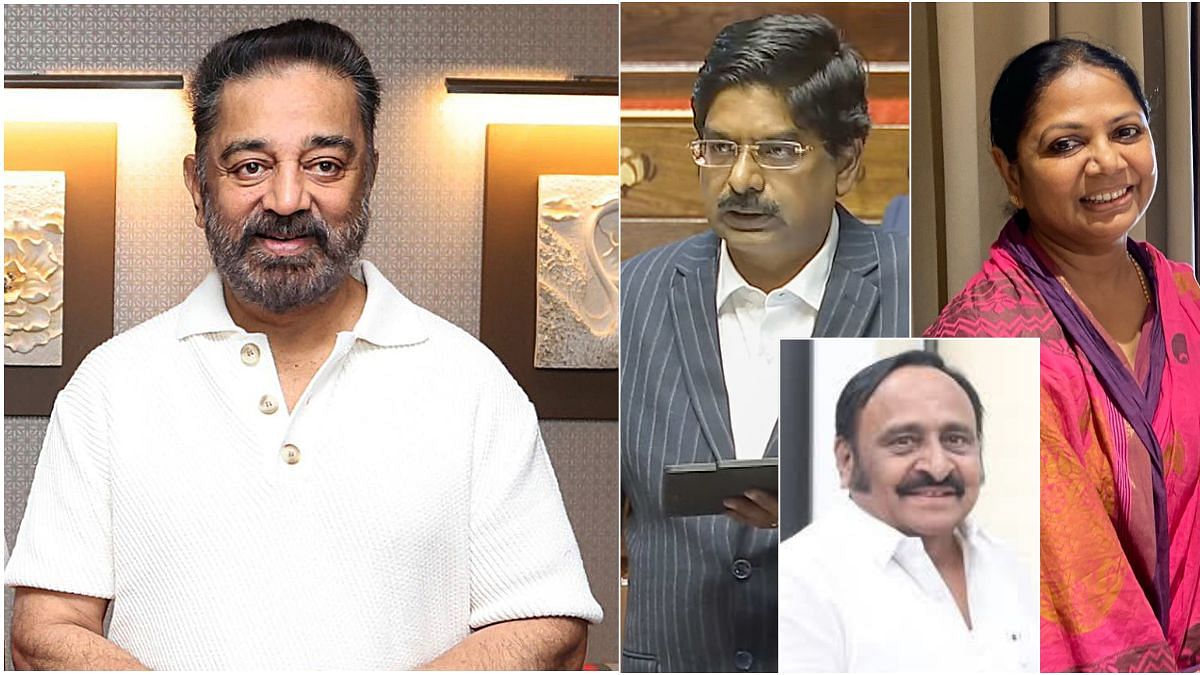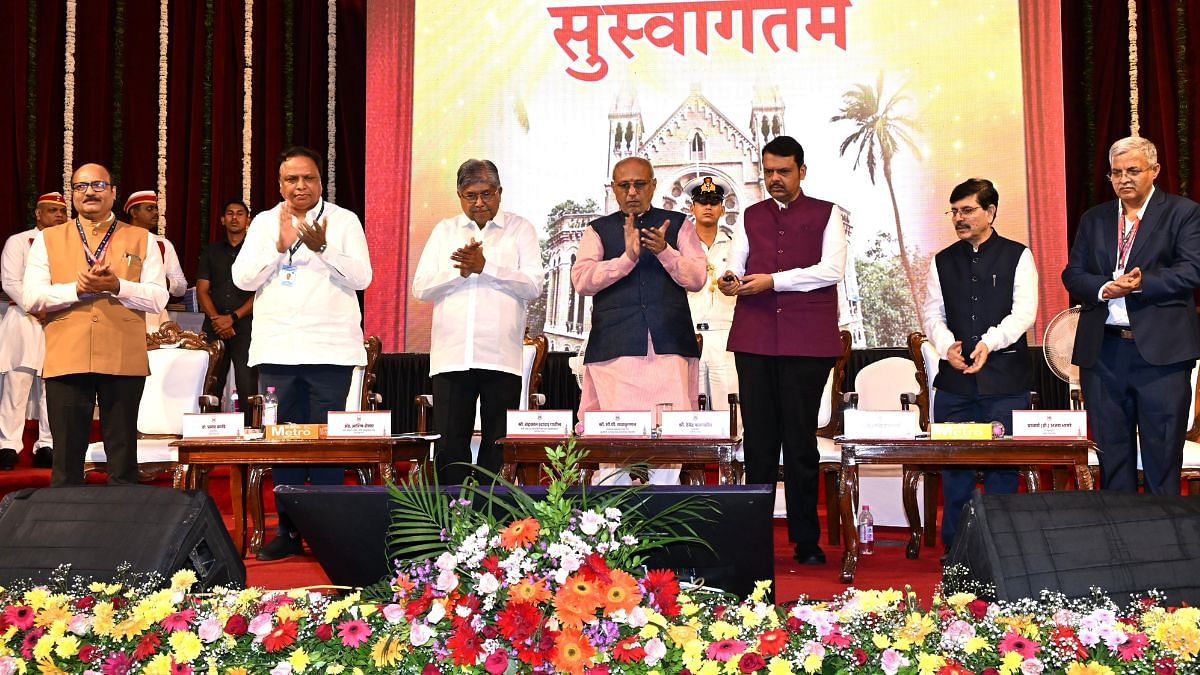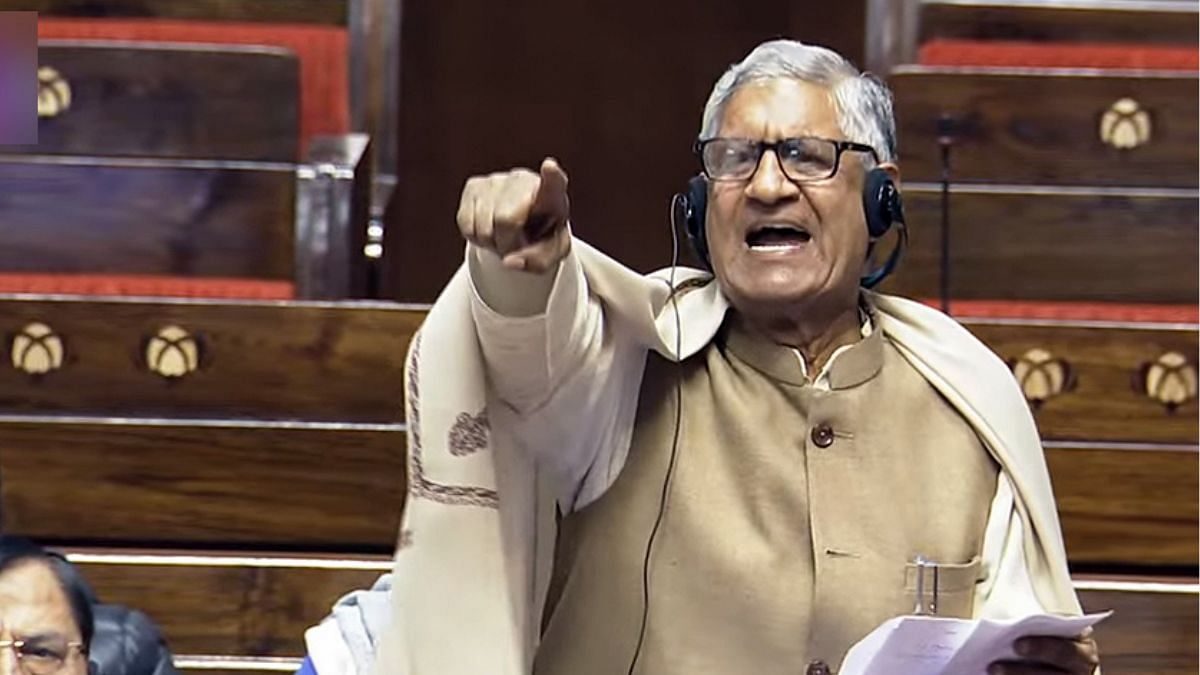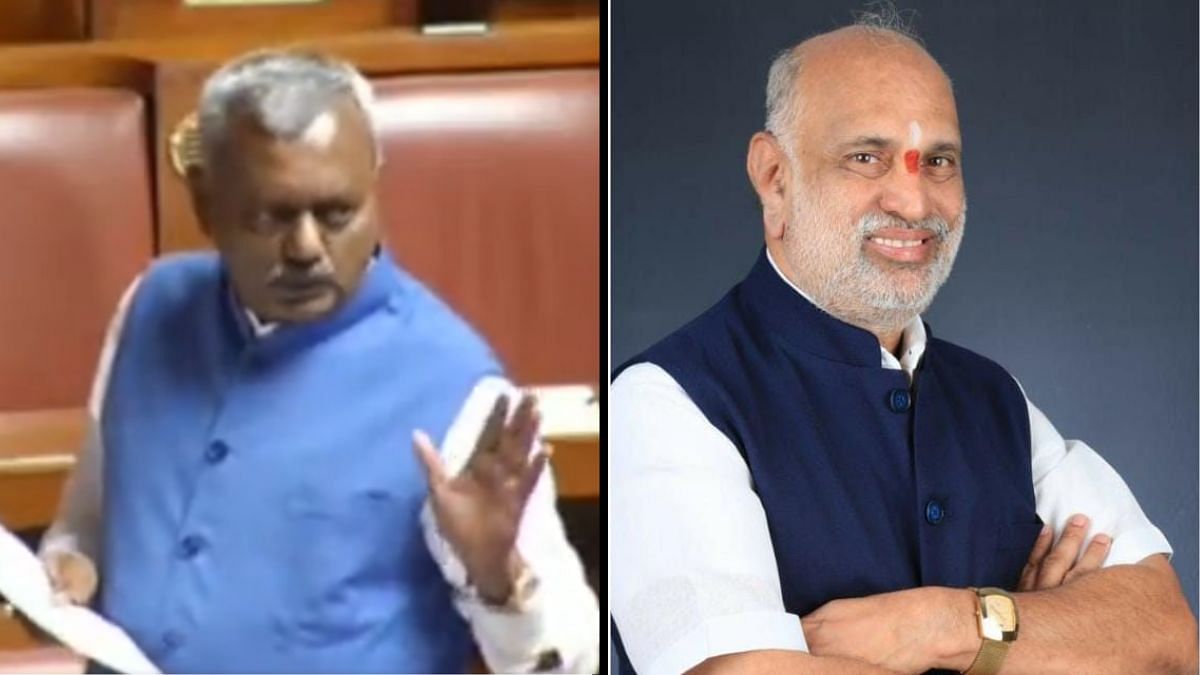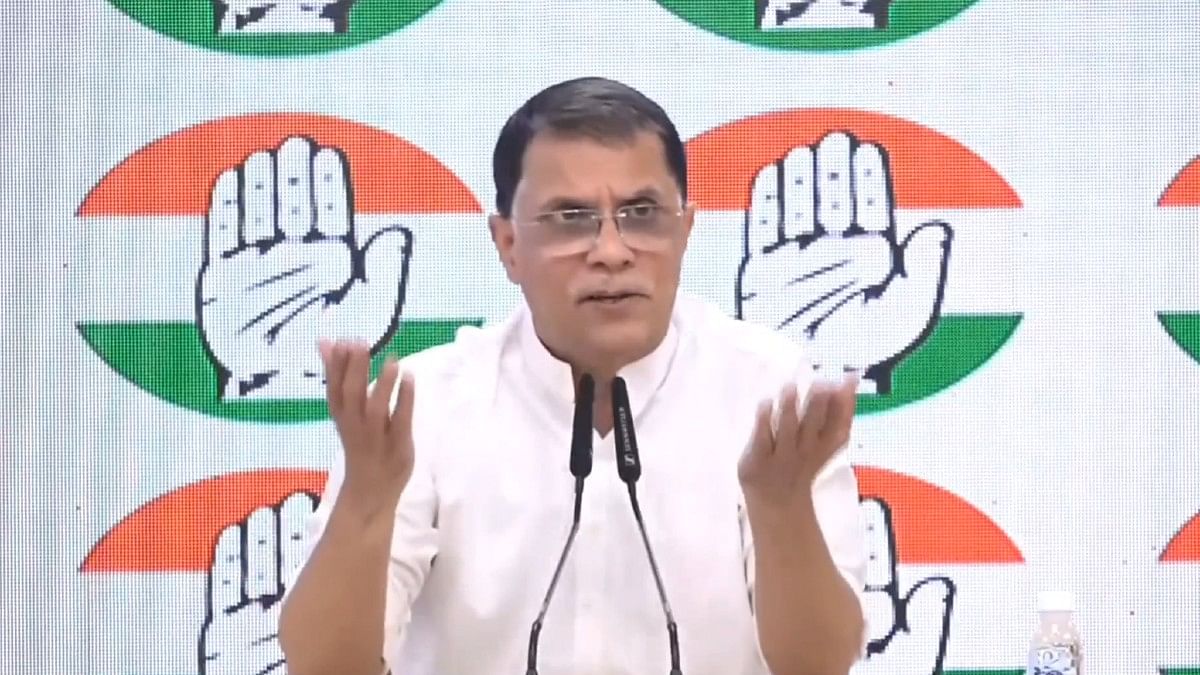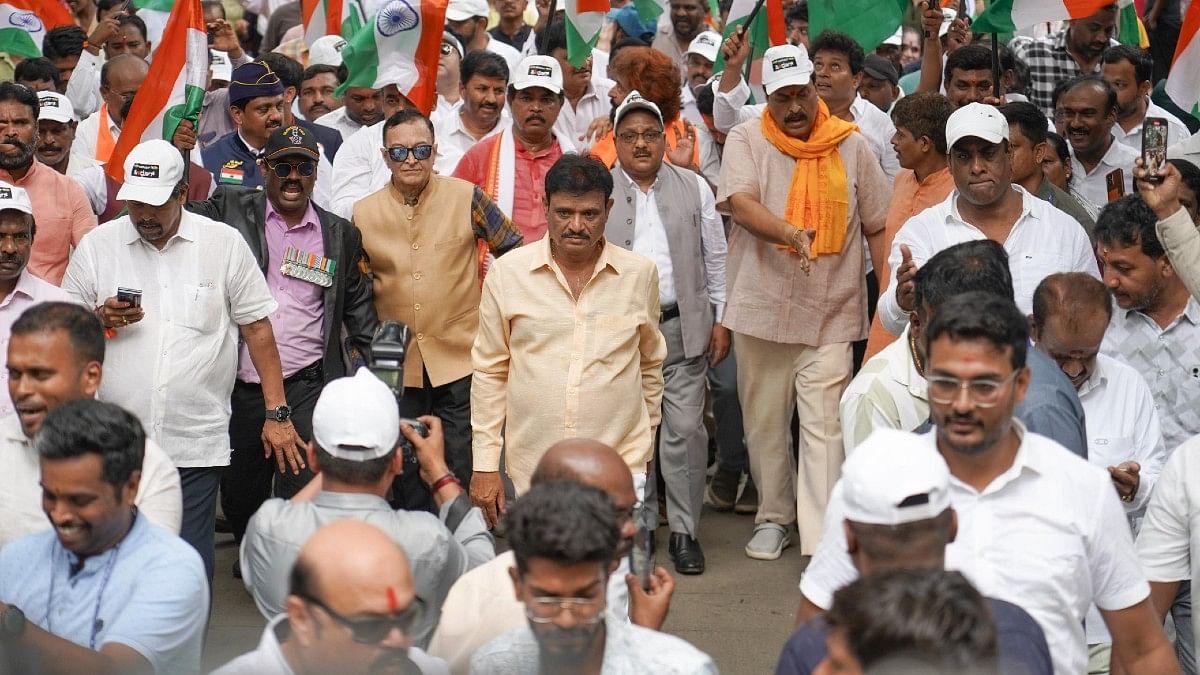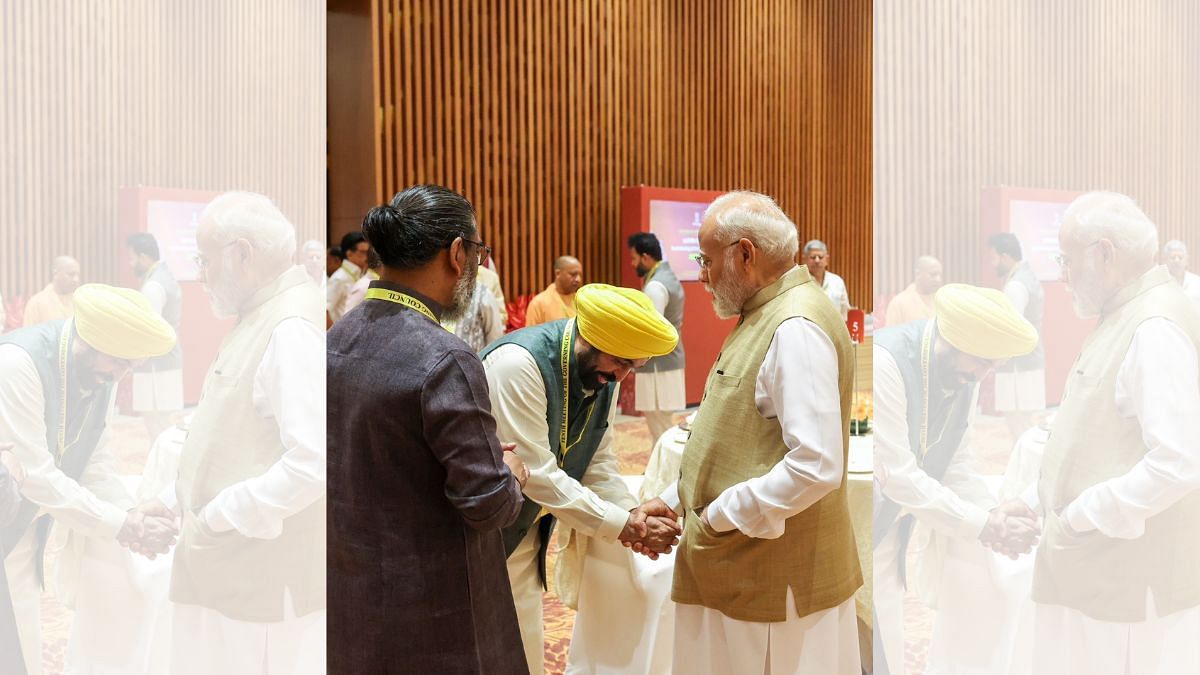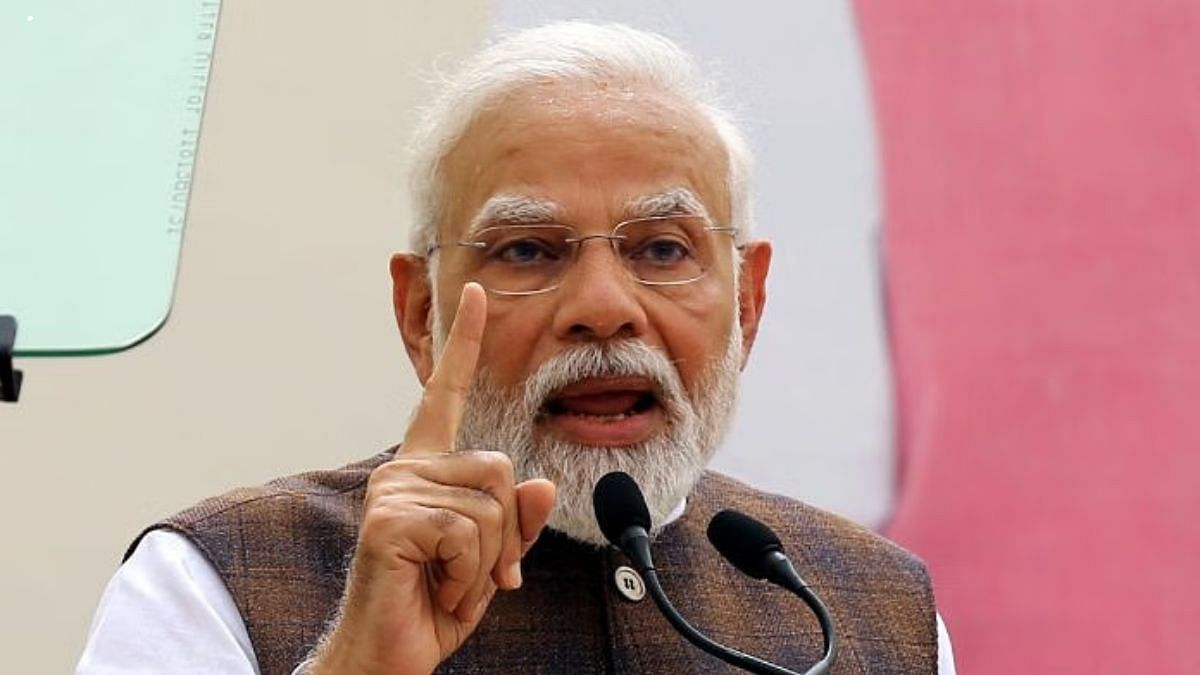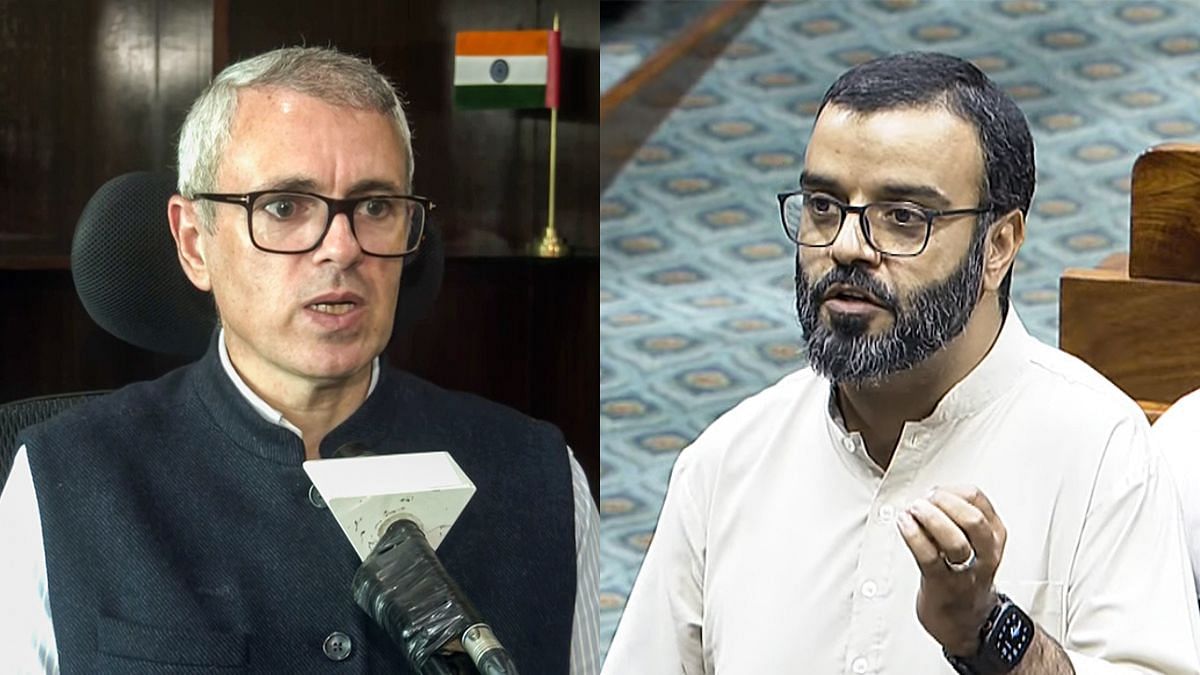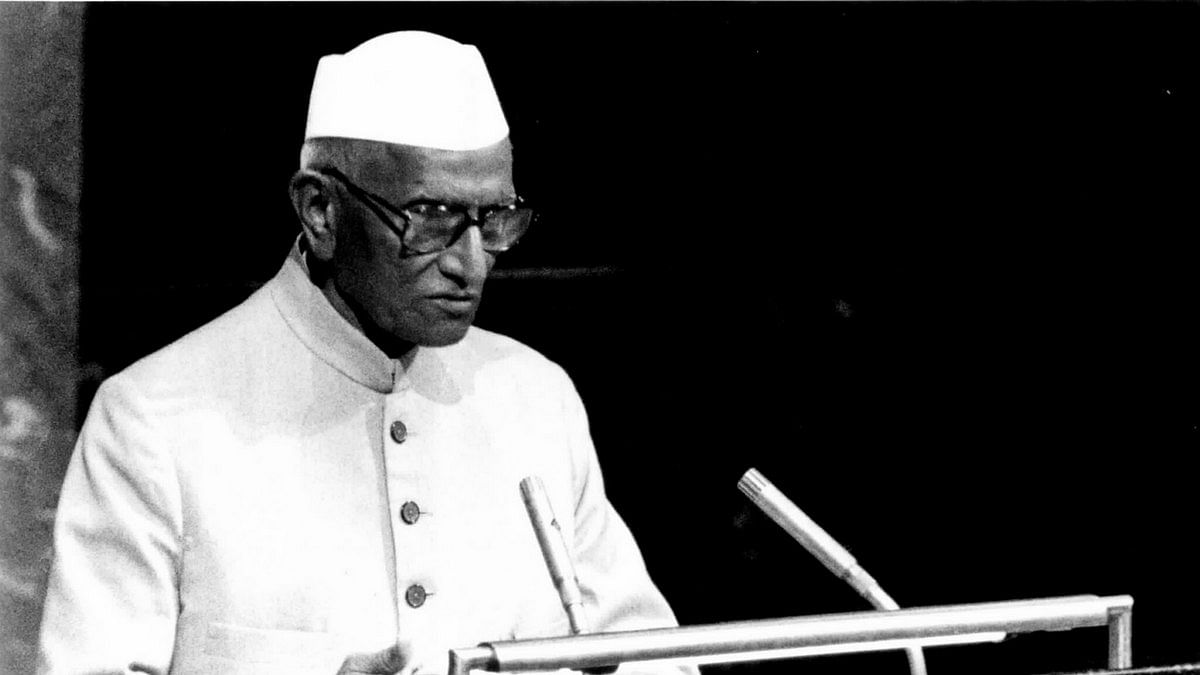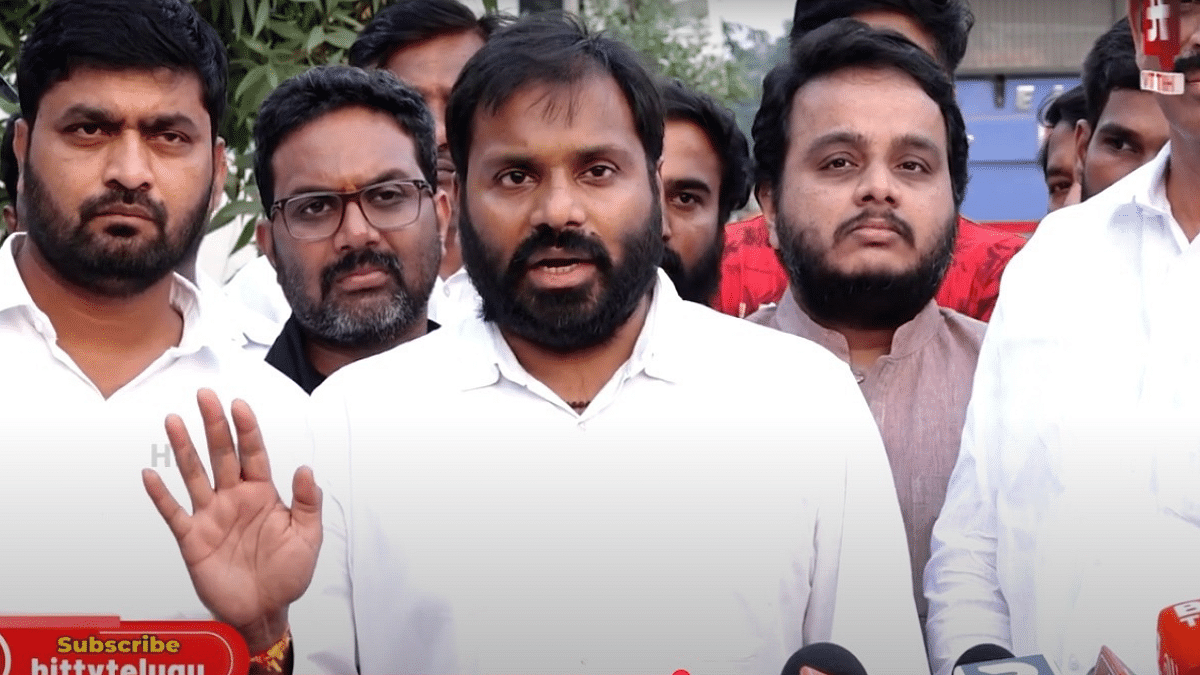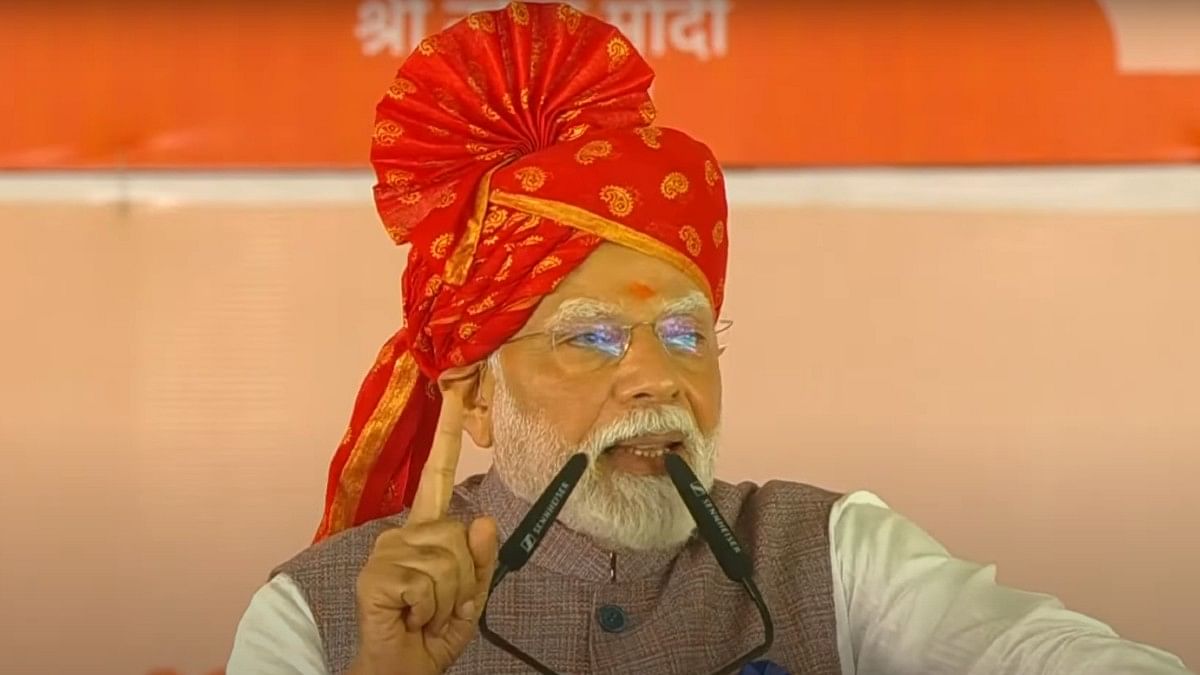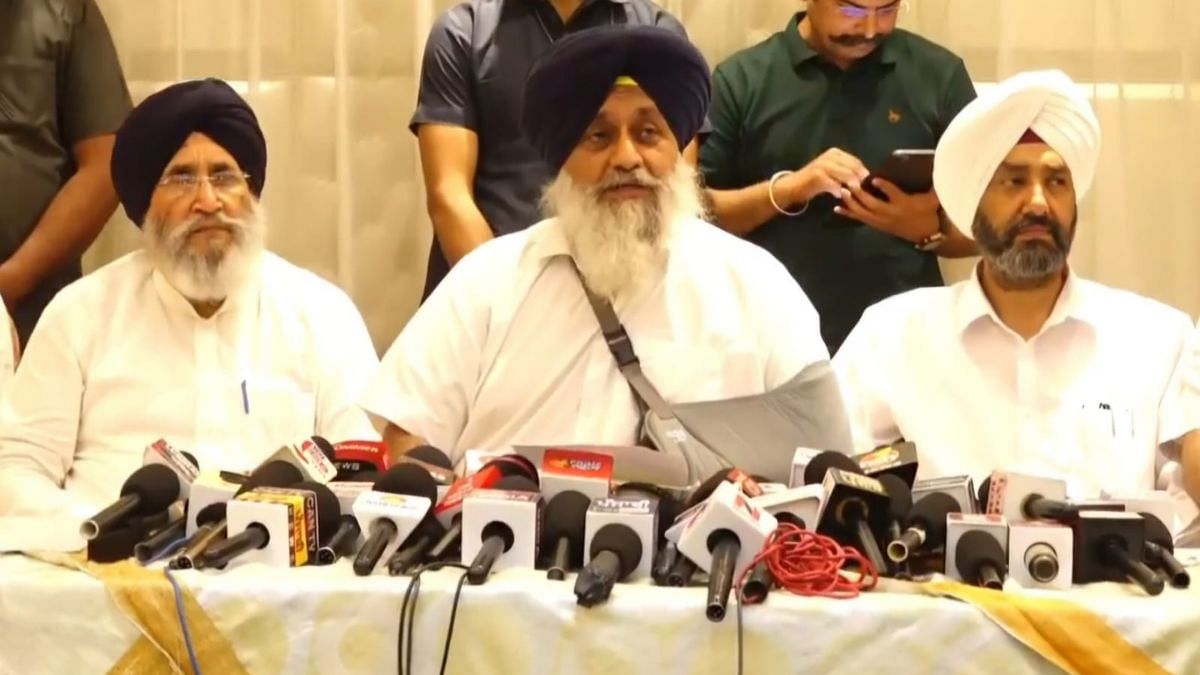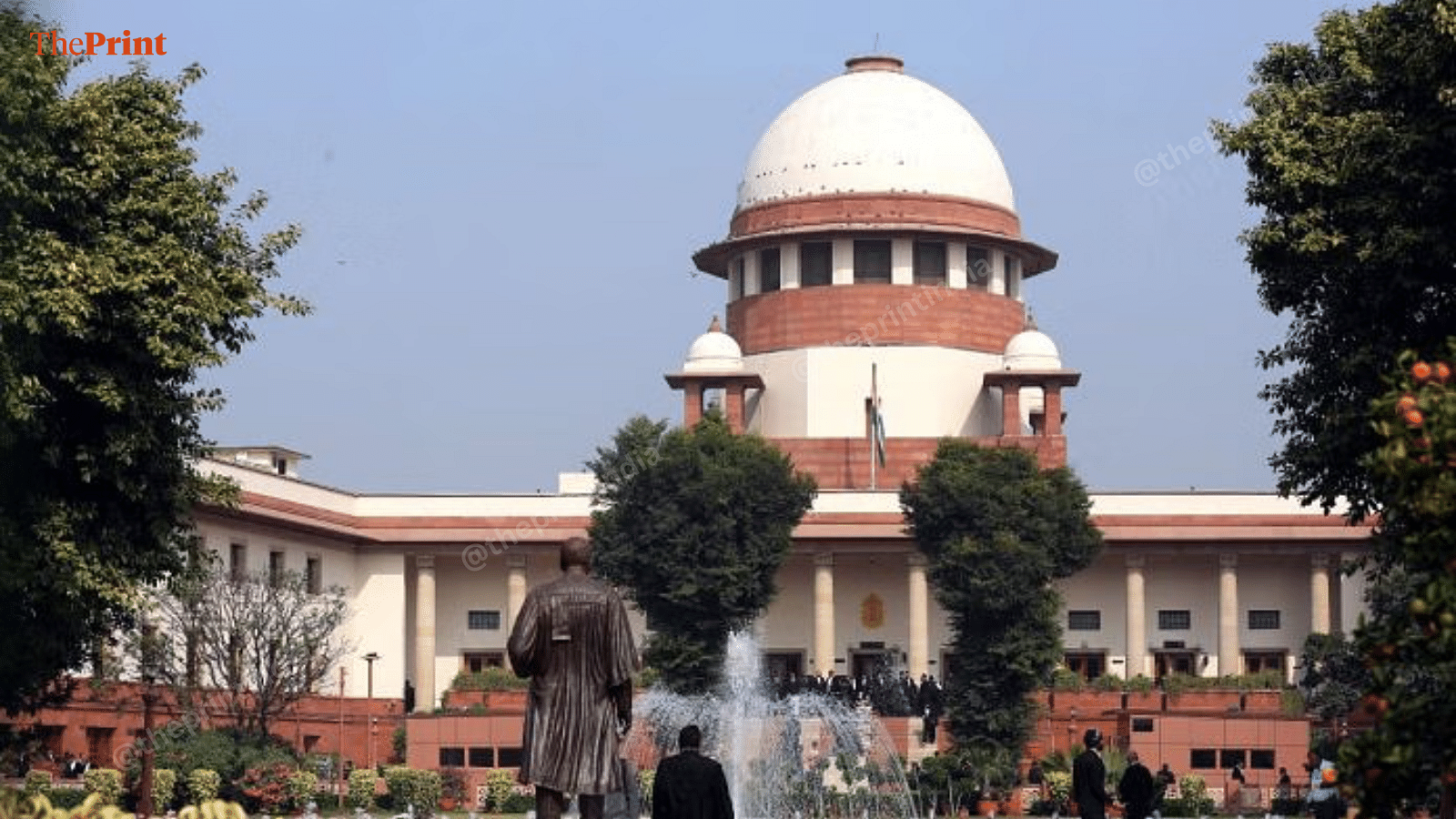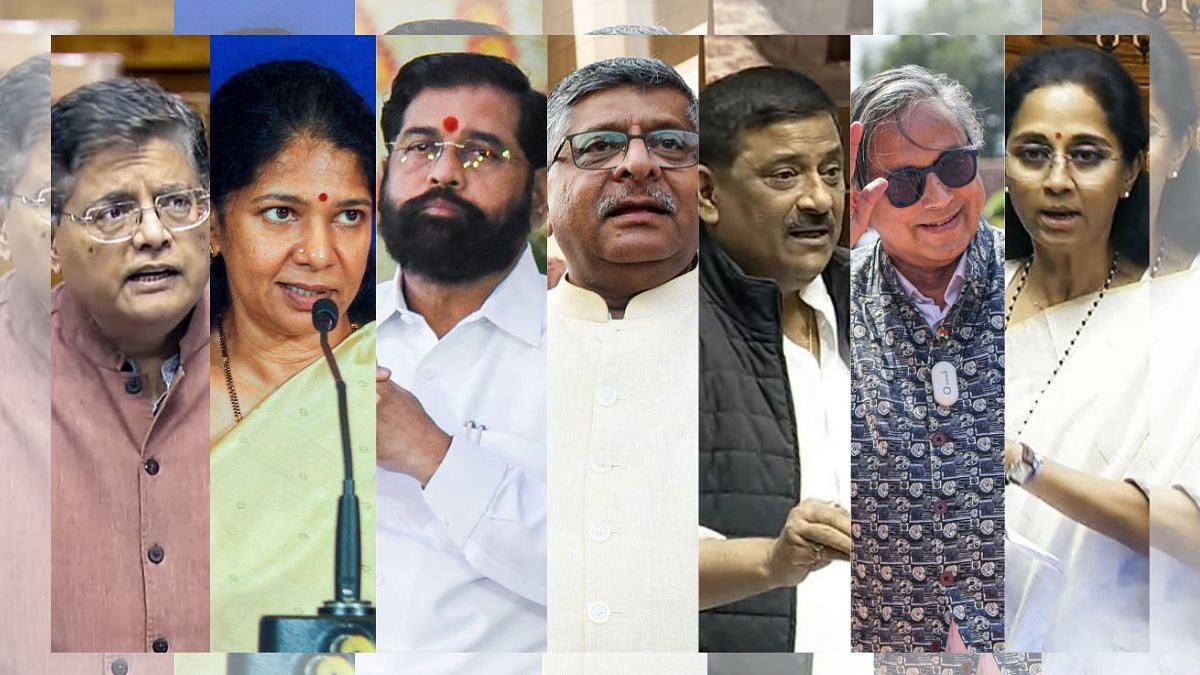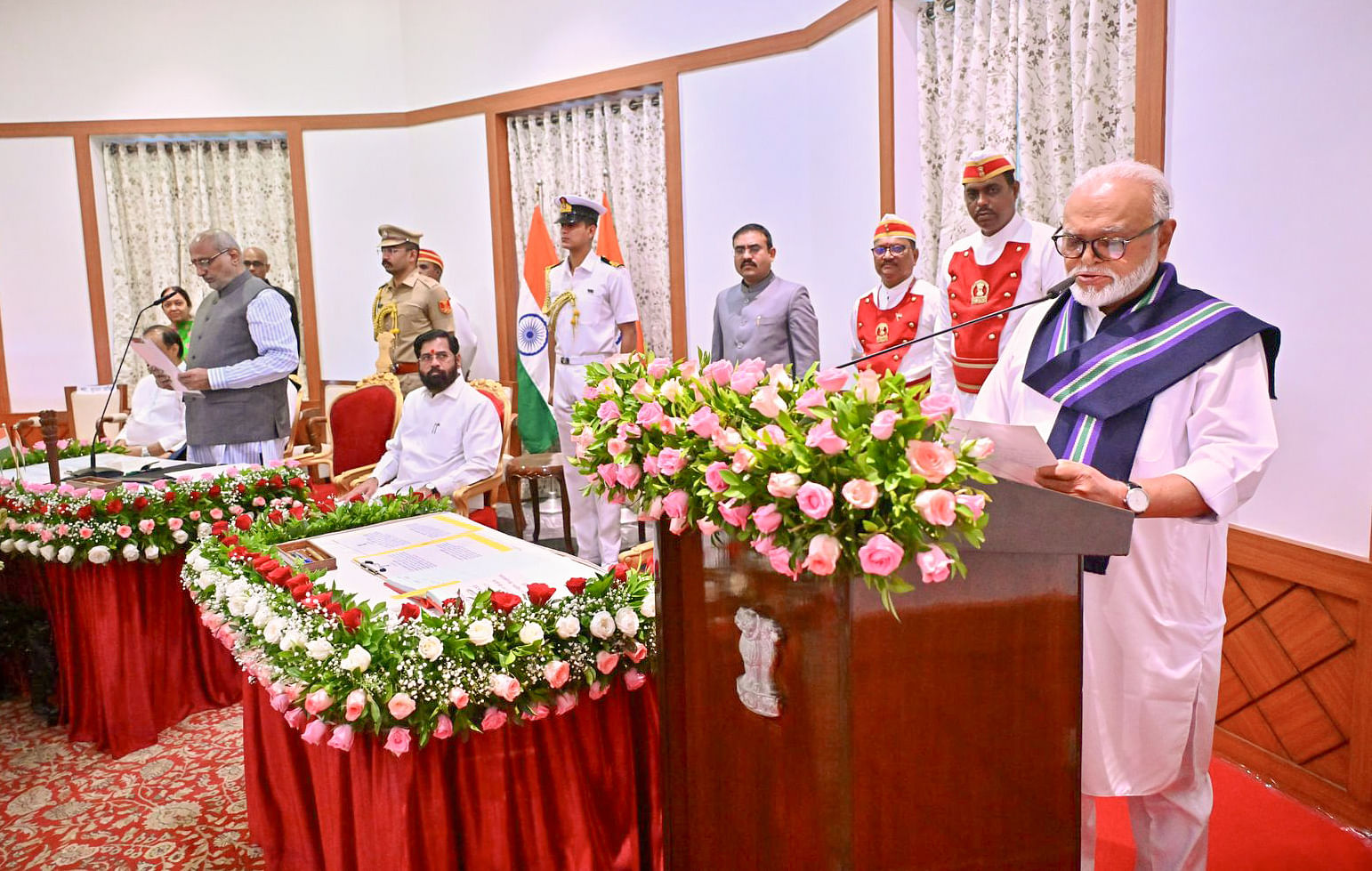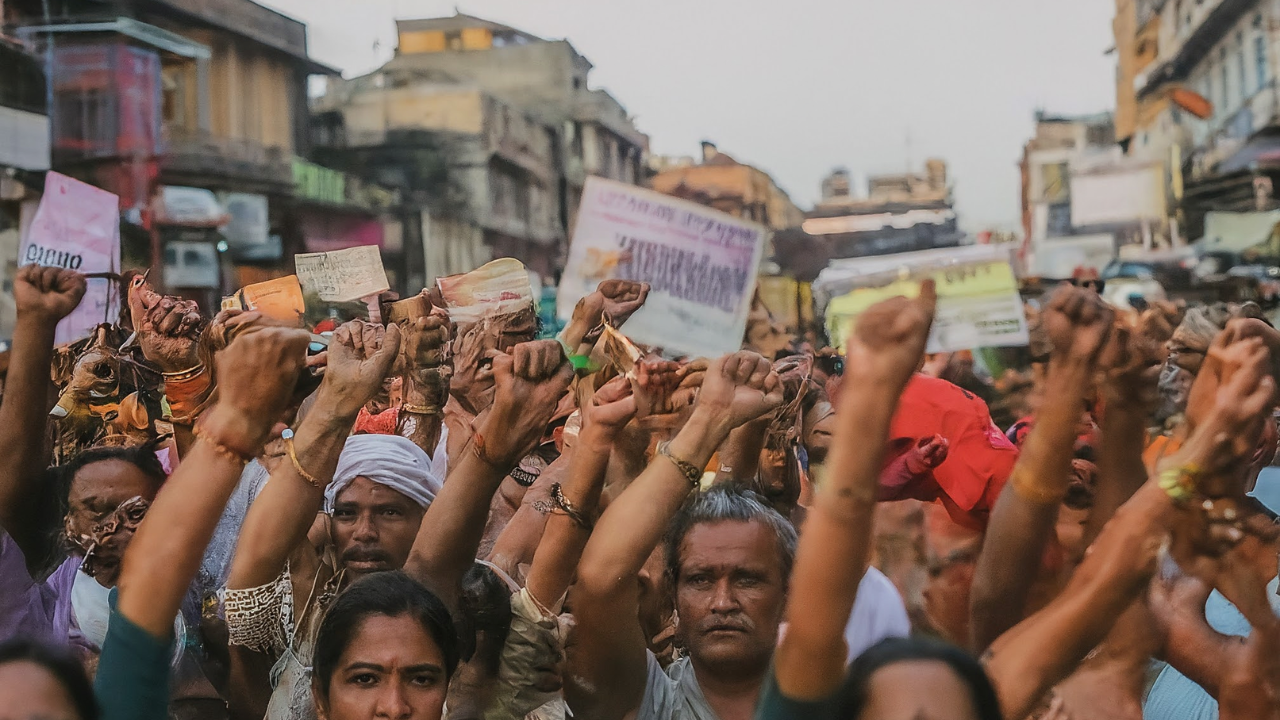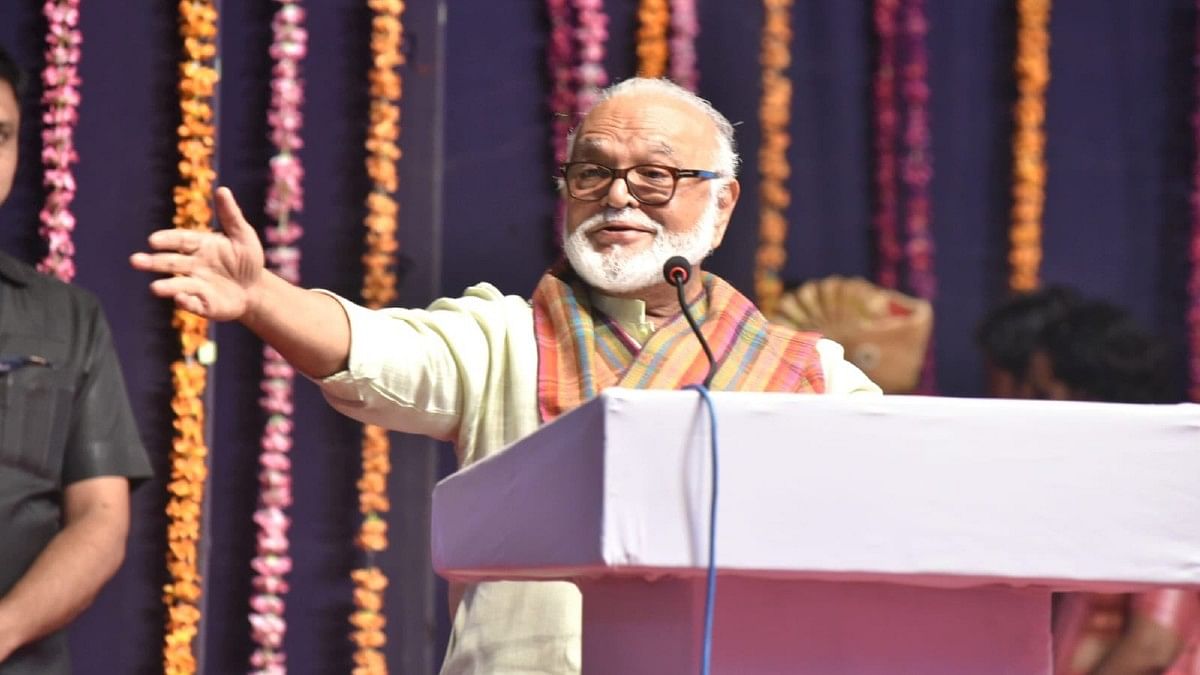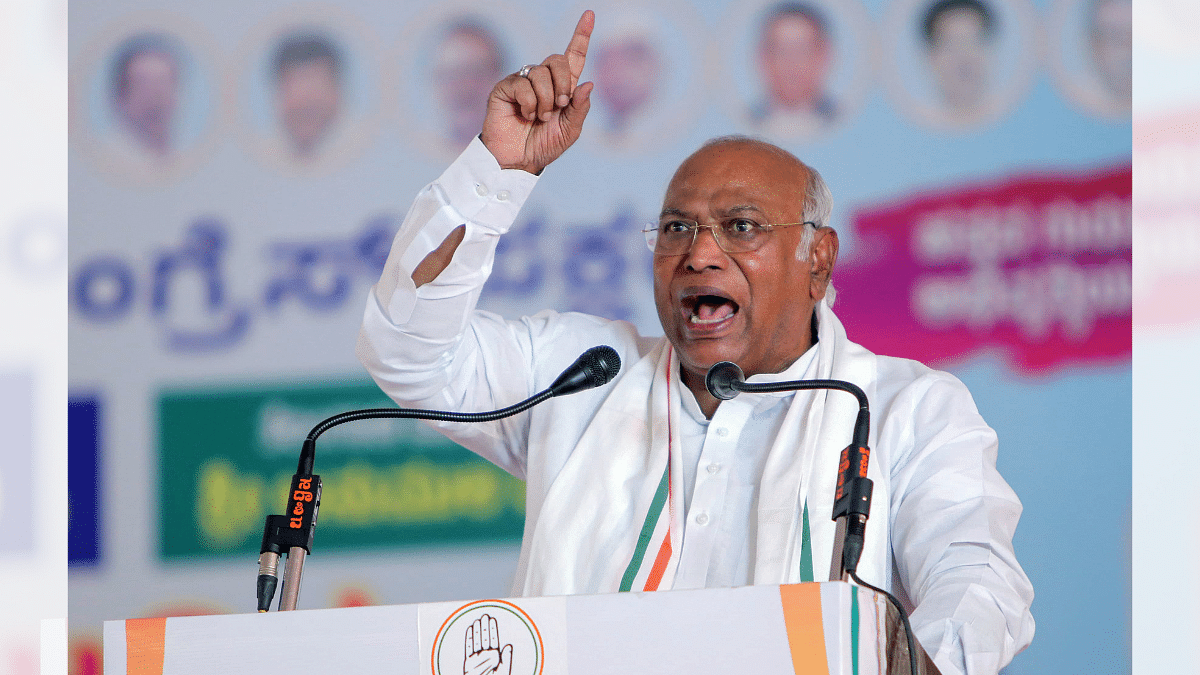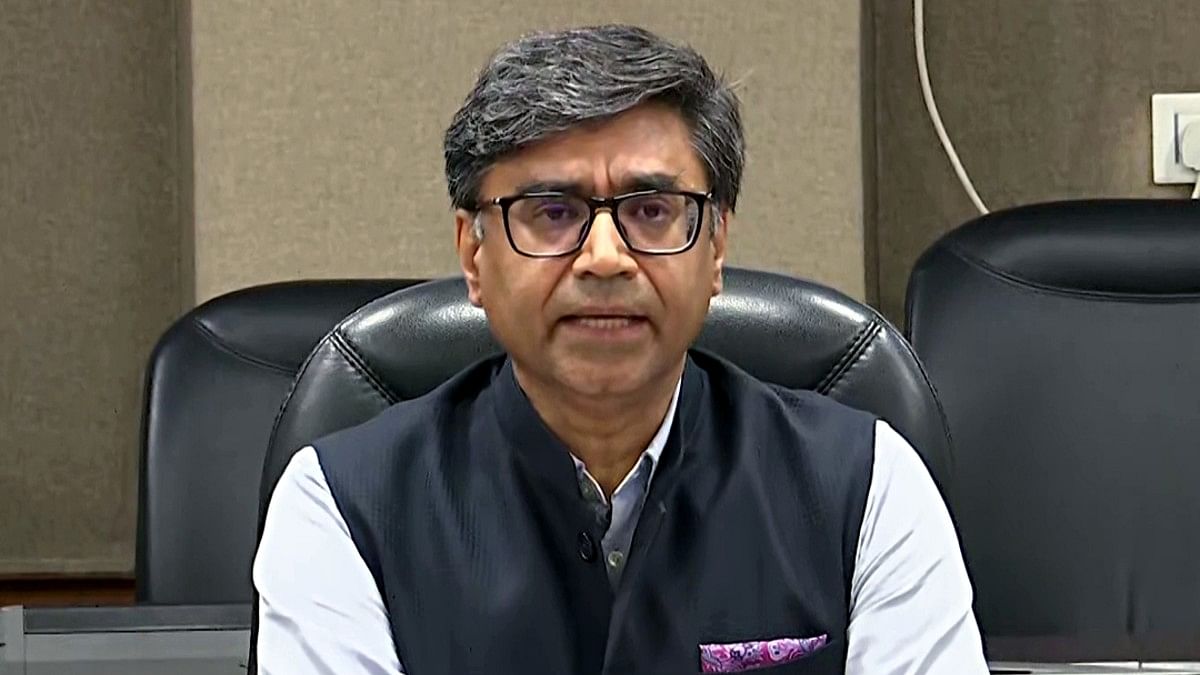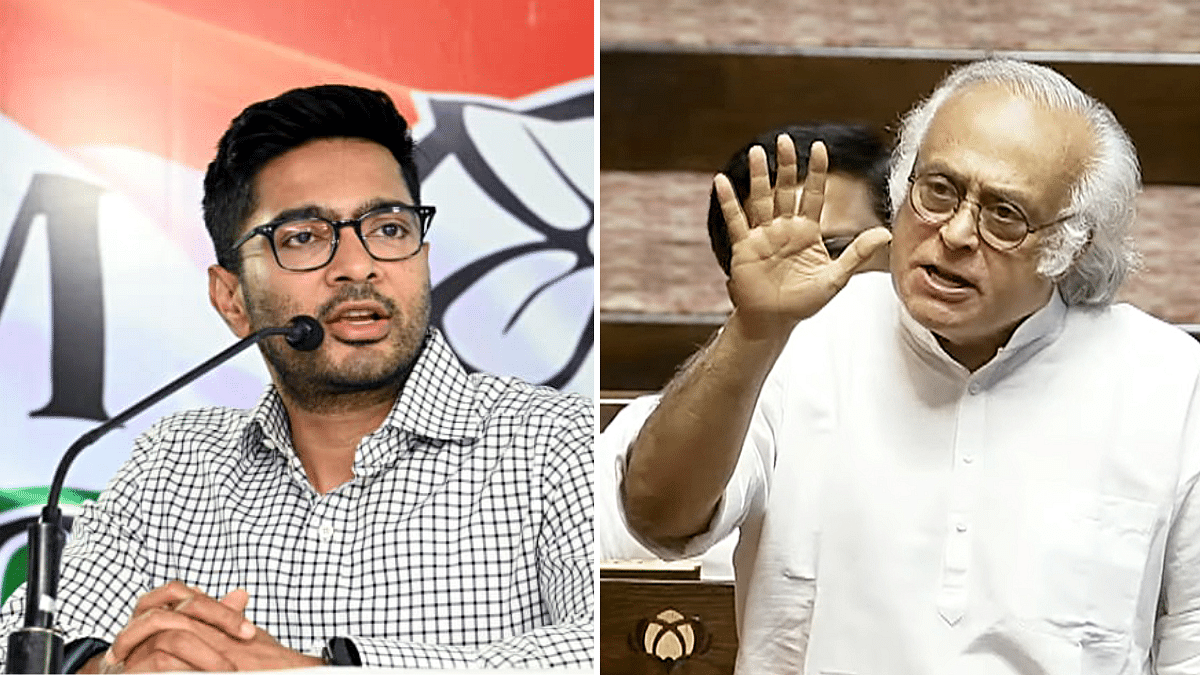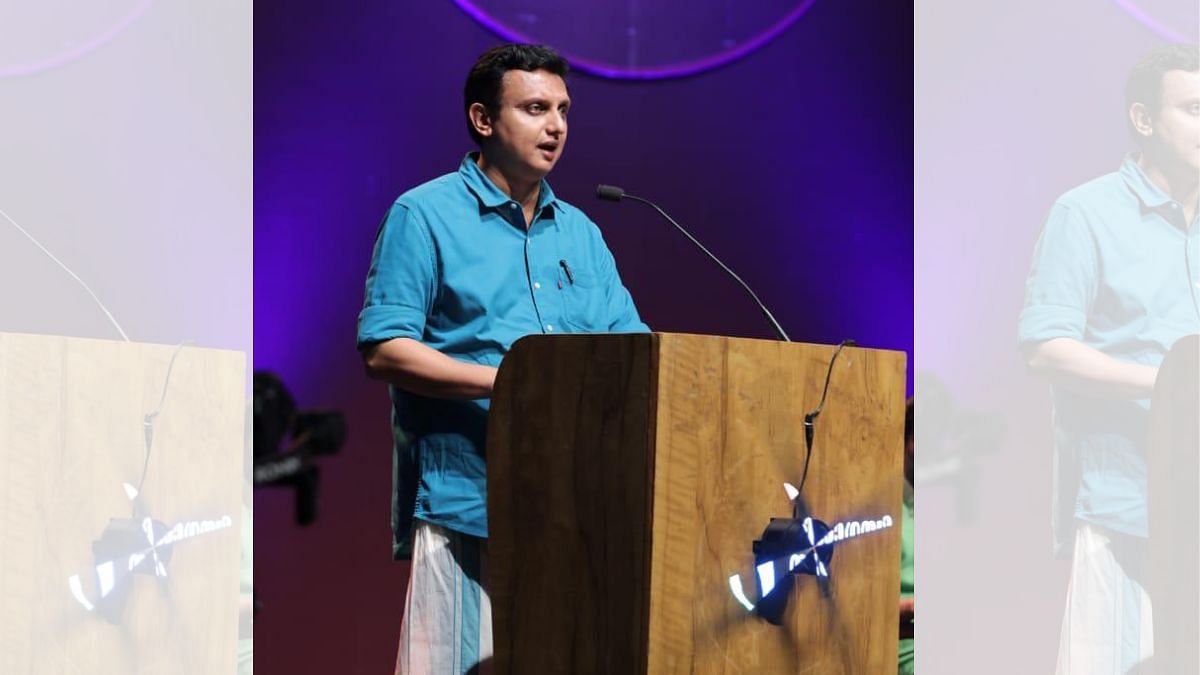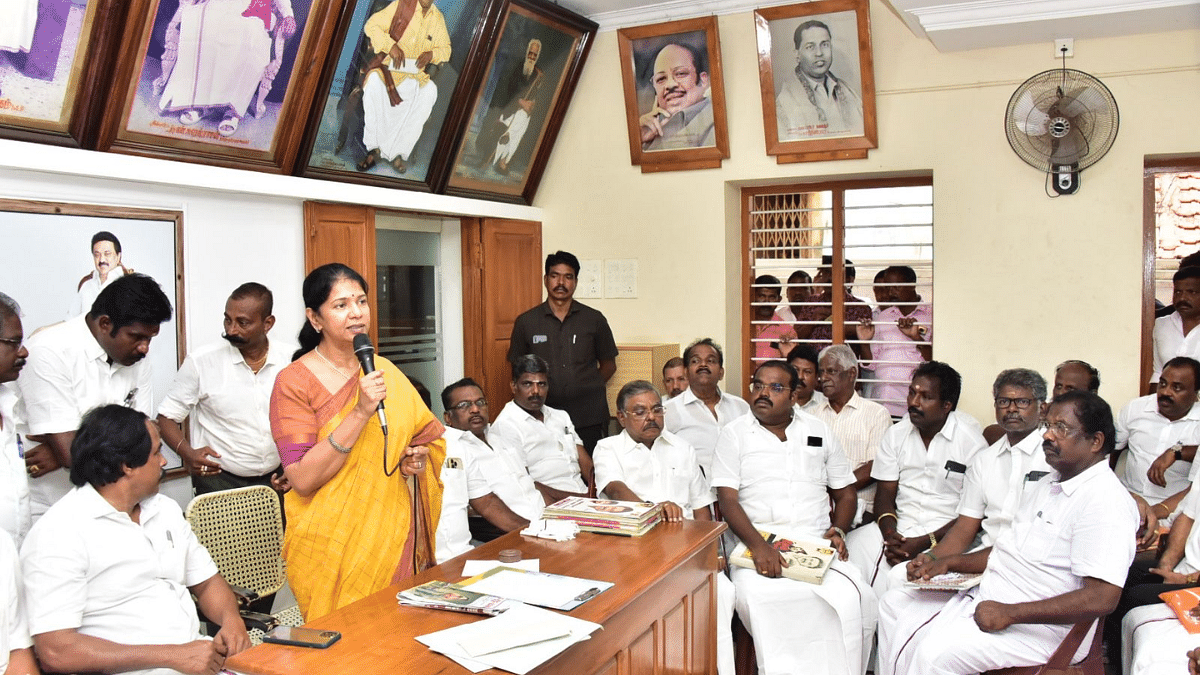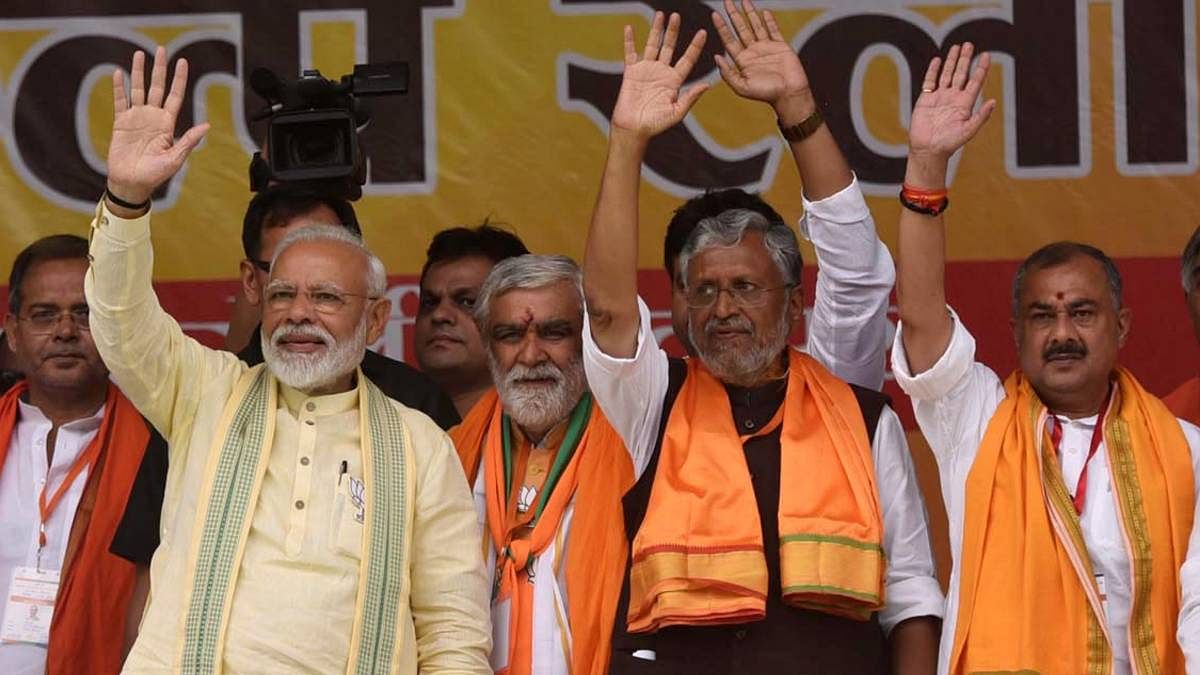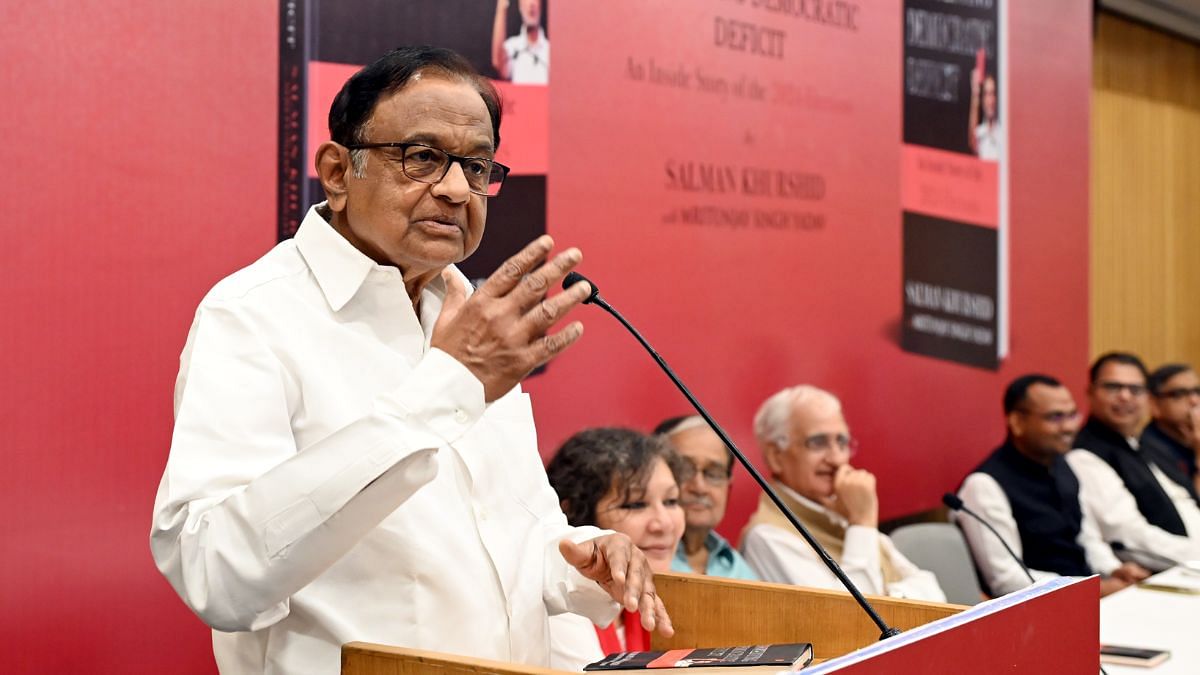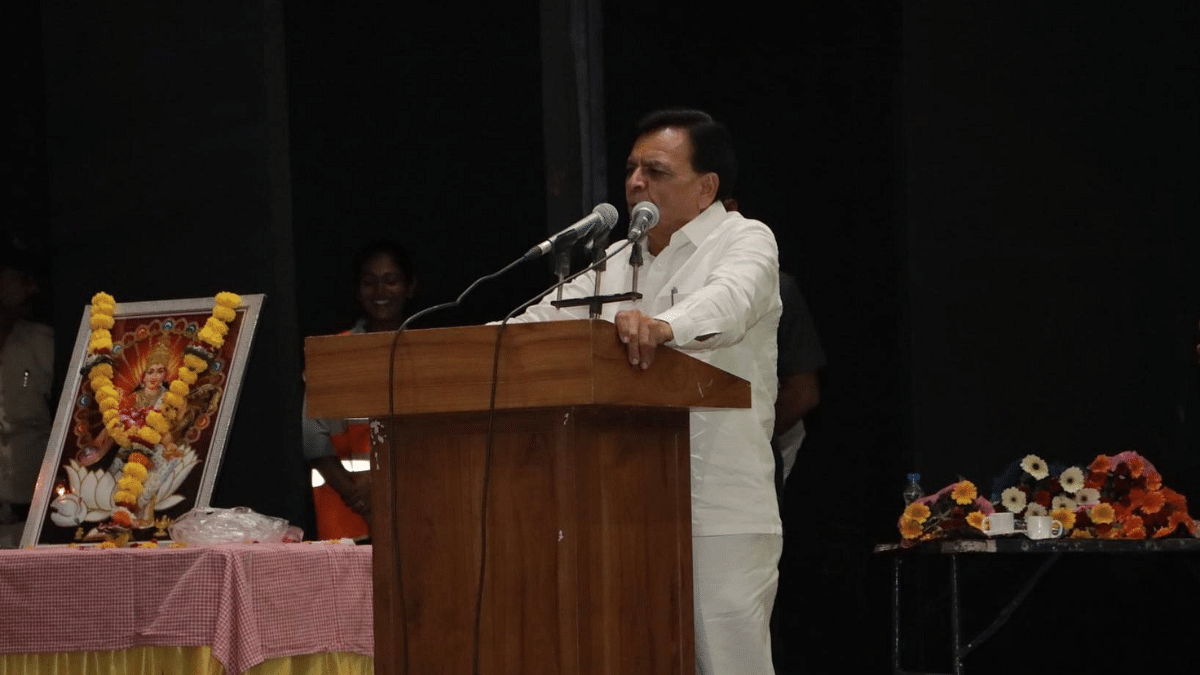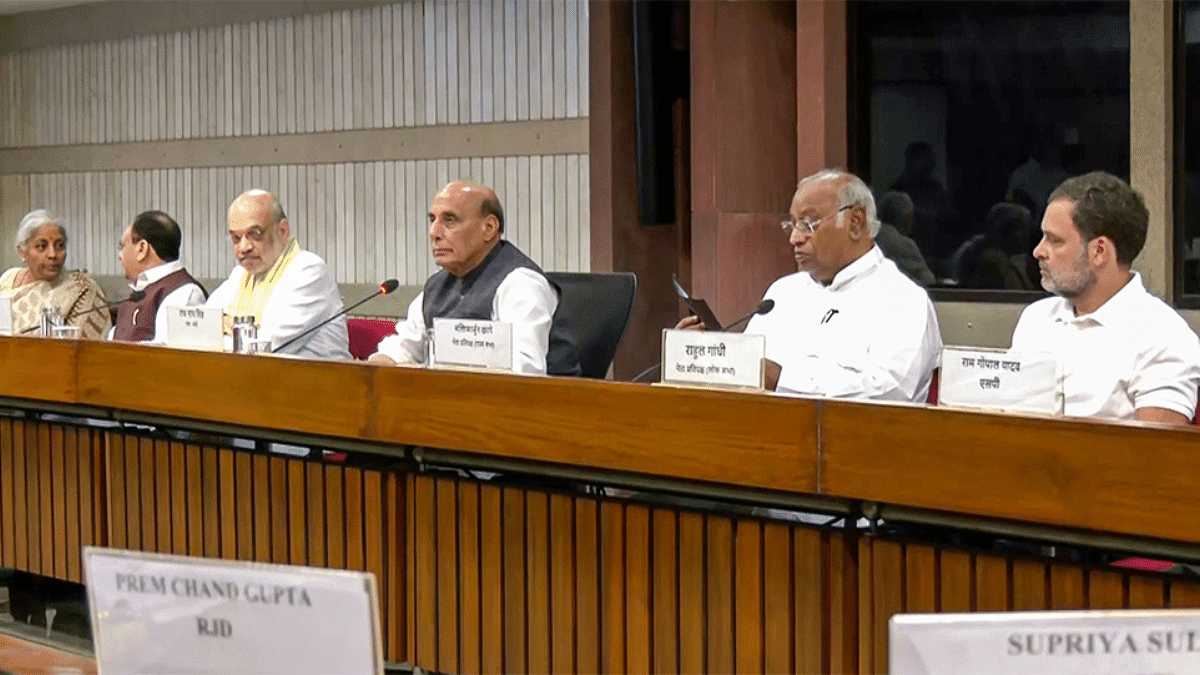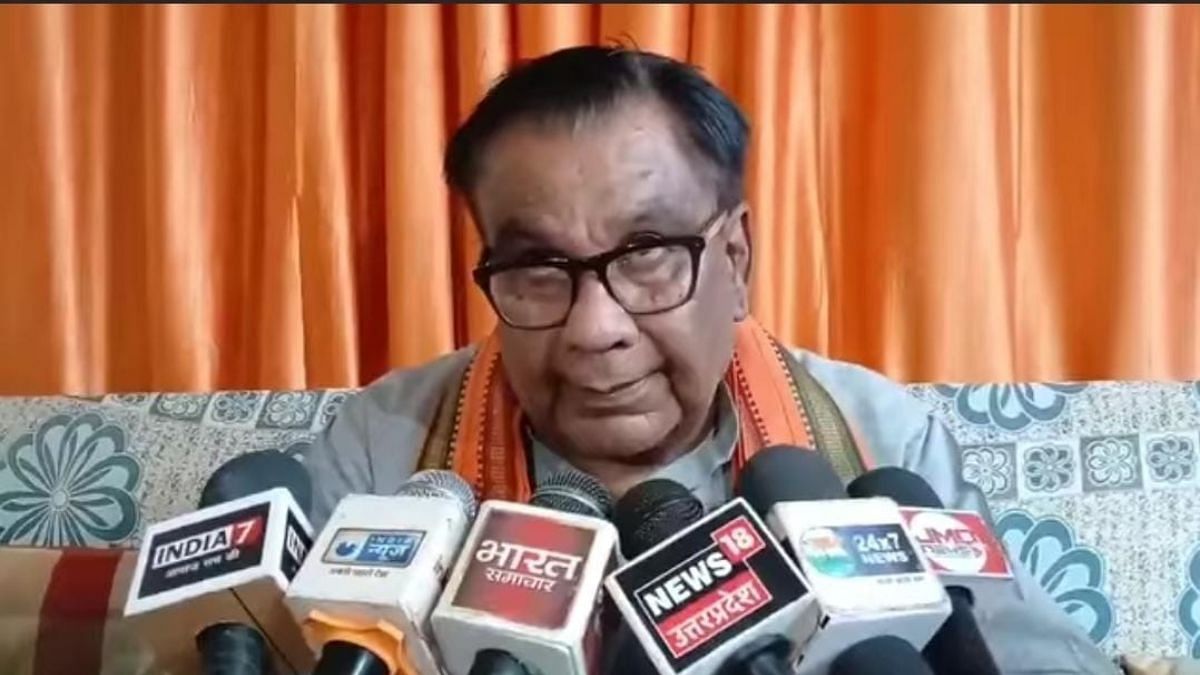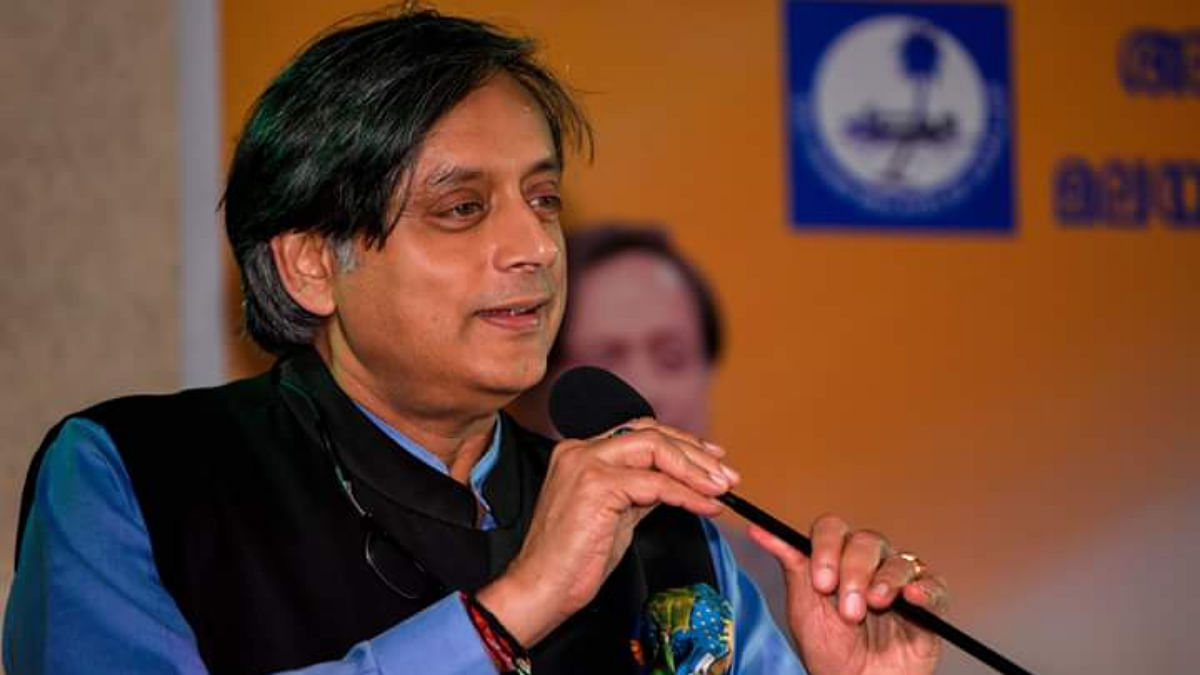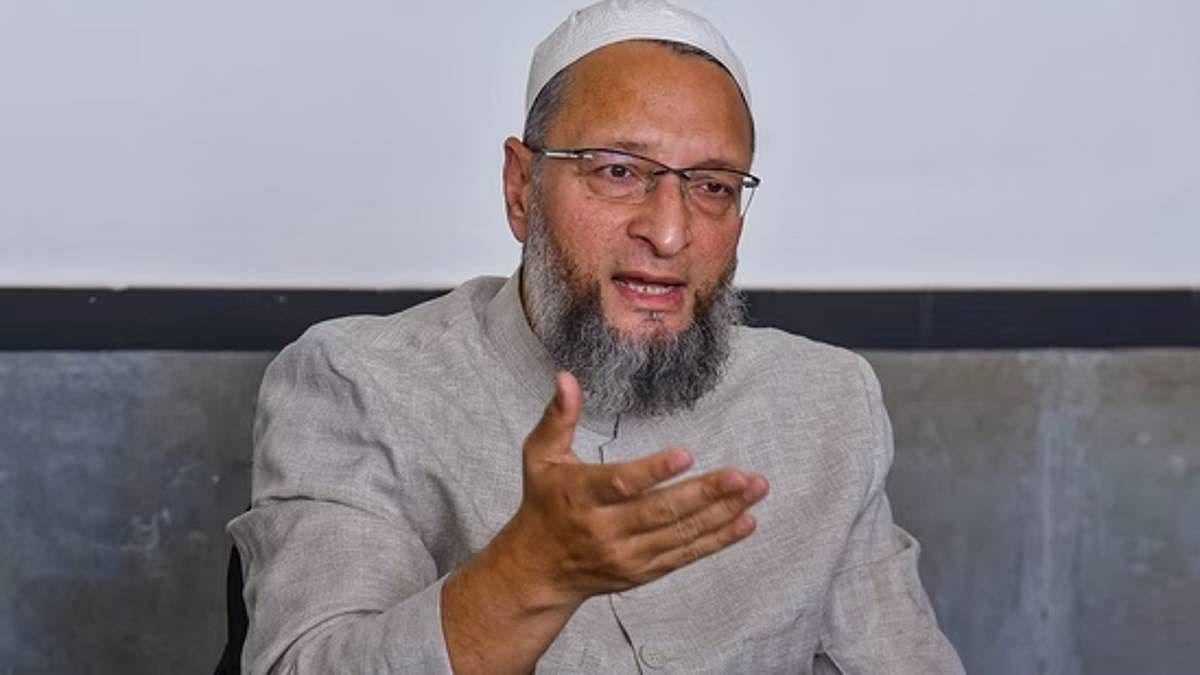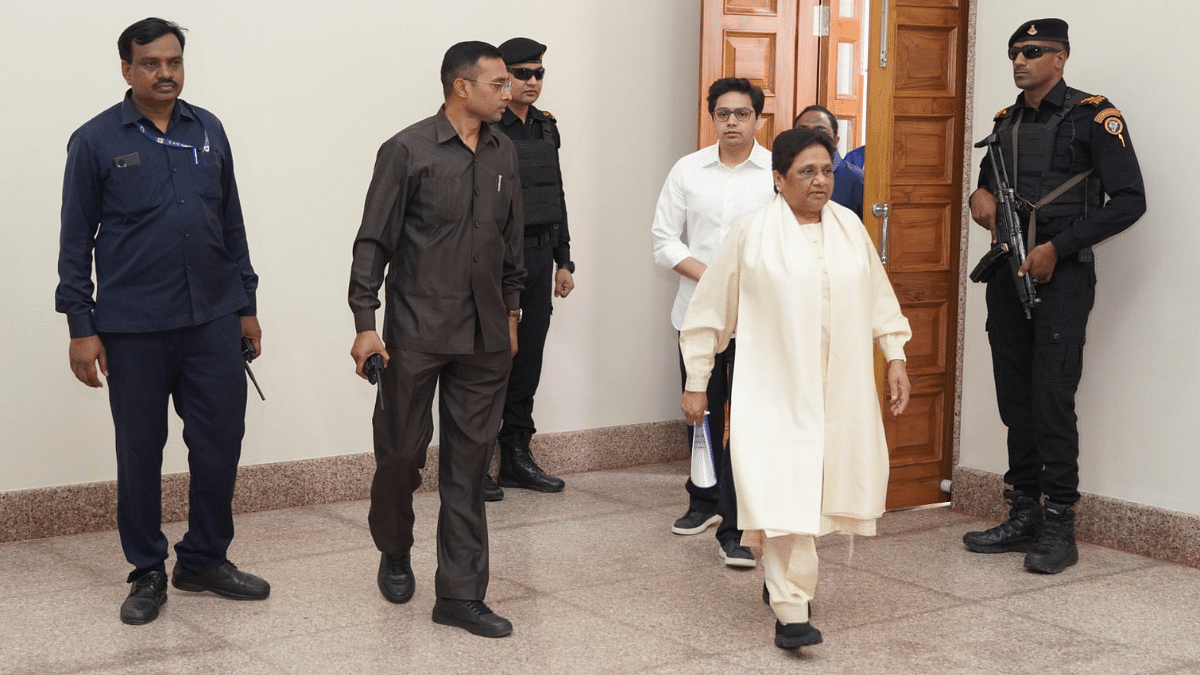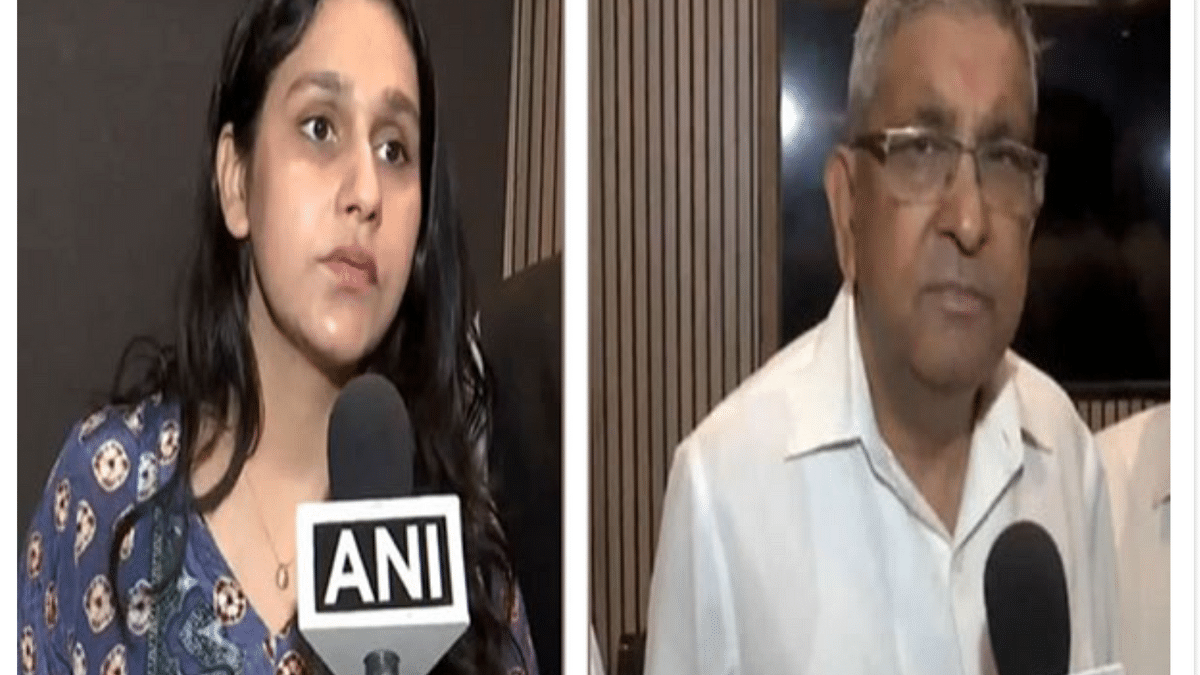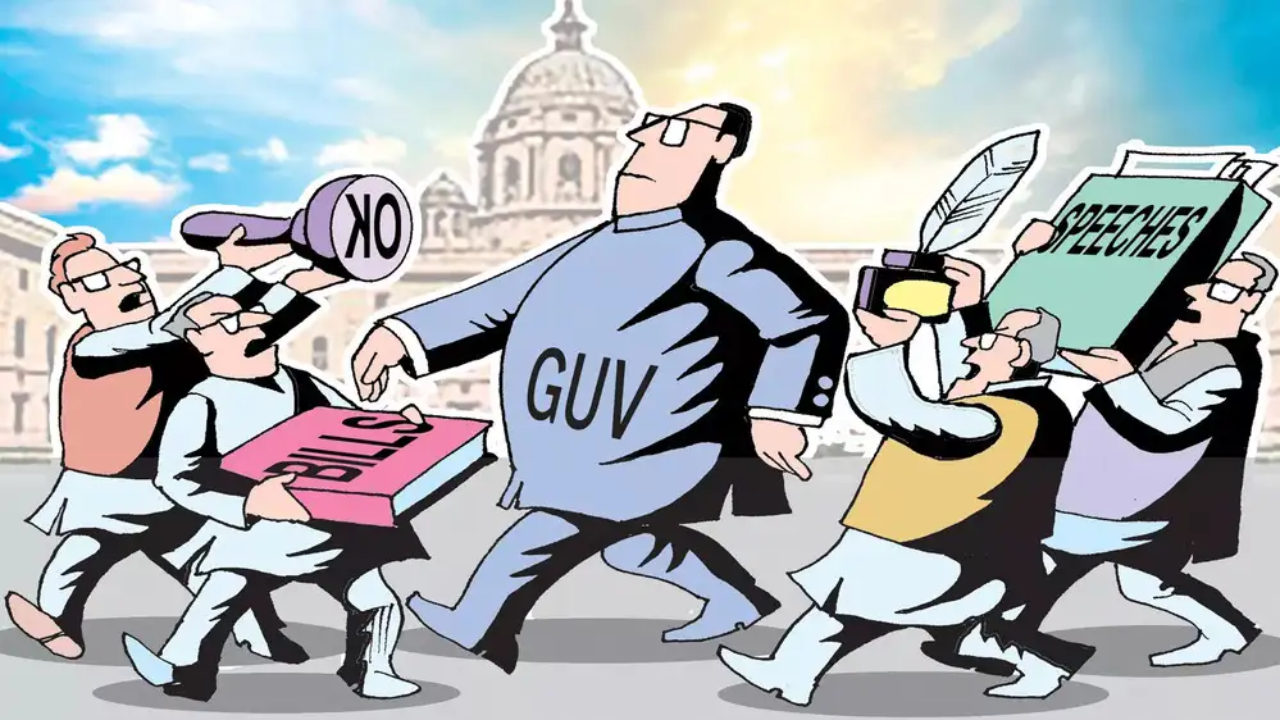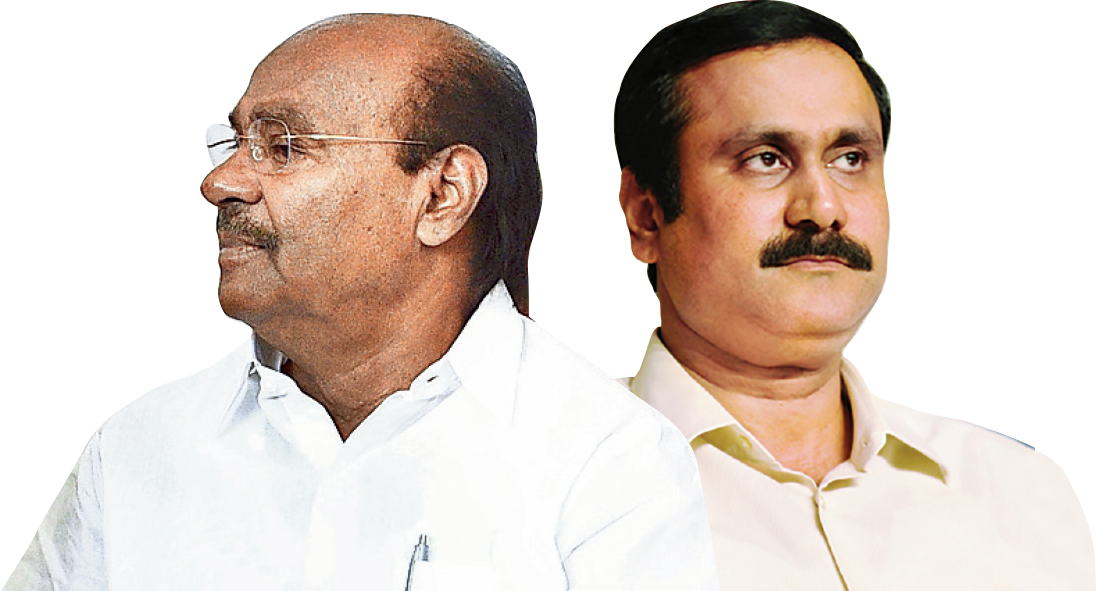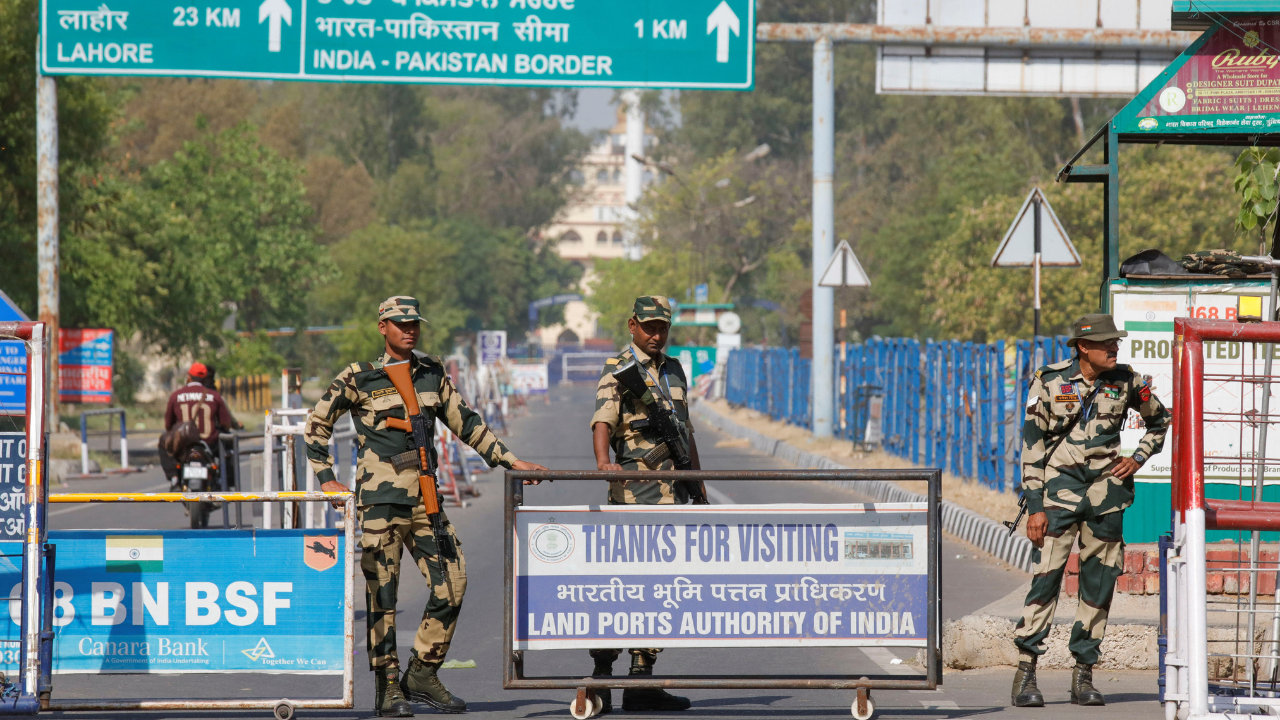
This announcement was seen by his backers as a positive start to a promised reform-led term in office, promising to herald infrastructure growth, social justice, and an overall improved quality of life for all.
Despite his primary focus on the five-guarantee schemes, Siddaramaiah actively advanced the SEP by establishing a 15-member commission and halted the NEP-led syllabus in educational institutions, fueling confusion among students.
However, the SEP commission missed its initial deadline of 24 February 2024, and work on it is still ongoing.
Academics, analysts, and members of civil society organisations assert that the SEP exemplifies the Congress party’s operational approach in the last two years in office, indicating “policy paralysis”, at times. The Congress won a thumping majority in 2023—a rarity in Karnataka’s volatile political history—as various caste and religious groups backed the party, increasing the hope of widespread reform and growth.
However, the Siddaramaiah-led government has missed opportunities, primarily due to the ongoing clashes between Siddaramaiah and his deputy, D.K. Shivakumar, as well as rising voices of dissent within the Congress ranks, most demanding more funds for their respective constituencies.
Whether it is trying to find consensus on the now scrapped caste census or key bills, this internal conflict has prioritised politics over policy initiatives, experts argue.
“Congress needs to get its house in order. It is ridiculous the kind of power tussle that is happening within that organisation (party), which is literally at the cost of governance,” advocate and civil rights activist Clifton D’Rozario told ThePrint.
The recurring corruption scandals, policy missteps, indecisiveness, and persistent infighting have diminished the potential for effective governance and much-needed reforms.
‘Raising money by selling public assets’
Earlier this week, the co-founder of a Mysuru-based craft rum distillery, Huli, asked if the Siddaramaiah government was trying to push away businesses into neighbouring states.
Aruna Urs, the co-founder of the distillery making roughly 100 rum bottles a day, was going to feel the full weight of the nearly 100 percent increase in excise licence fee renewal in Karnataka.
“Is this @INCIndia idea of ease of doing business…,” Urs posted late Monday, tagging the Leader of Opposition in the Lok Sabha, Rahul Gandhi, and Karnataka CM Siddaramaiah.
The state government is literally forcing #huli to move out of Mysuru to Goa or Maharashtra. The annual distillery licensee fee has been increased by 50%! Is this @INCIndia idea of ease of doing business @RahulGandhi @siddaramaiah? pic.twitter.com/nZh2BAi6H8
— Aruna Urs (@Arunaurs) June 23, 2025
In less than 24 hours, Andhra Pradesh Industries Minister Nara Lokesh reached out to Urs with a promise of a ‘tailor-made policy’ to move the distillery to the neighbouring state.
Urs termed the Siddaramaiah government’s excise policy as “extortion”.
In less than 24 months, the government has increased the additional excise duty on the beer industry thrice and the excise duty once.
Mining royalties and taxes on goods and services, such as fuel, new vehicles and stamps and registration, among others, are up, indicating that the administration has been resorting to frequent price hikes to offset the growing funds crunch.
Its five guarantees would cost the state over Rs 50,000 crore annually, which, along with lower capital inflows from the Centre, puts the burden of fulfilling poll promises on taxpayers or the government, but that would raise its debt.
NITI Aayog’s Sustainable Development Goals India Index 2023-24 shows that Karnataka has significantly improved its performance in ending poverty, moving from the “performer” to the “front runner” category in “ending poverty in all its forms everywhere”—an achievement for the government.
However, more work needs to be done.
“Siddaramaiah should be working to bring people out of poverty and away from freebies, not thump his chest that more people are benefitting from the guarantees or other schemes,” Kodihalli Chandrashekhar, the president of the Karnataka Rajya Raitha Sangha, the largest farmer-led organisation, said.
The high cost of funding the guarantees has forced the government to rely on selling its assets to raise money for other works. It set up two commissions and tasked them to identify areas of resource mobilisation. However, much of this was to sell government-acquired land to private parties.
“The one word that appears a lot in the budget is PPP (public-private partnerships), to which we are letting our resources go. Giving away public assets to select private players and not using them for the greater common good is what some may call development, but not by the standards of the larger population,” Vinay K. Sreenivasa from the Alternative Law Forum told ThePrint.
It includes monetising land that the government has acquired through private developers or forming residential layouts in and around Bengaluru, which, activists, analysts, and members of civil society say, feeds the real estate frenzy.
Chandrashekhar said he was not against giving land for industries, but successive governments have taken hundreds of thousands of acres each term. “Can they show us how much of this land is being used by industries, or if they are just lying vacant? Nearly 75 percent of industrial sheds in Bengaluru are vacant. However, the government continues to acquire more acres of farmland. That is not for industrial purposes but for real estate,” he said.
Hundreds of farmers joined the ‘Devanahalli Chalo‘ march on Wednesday to mark the 1,178 days of protest by the agricultural community, resisting the government’s decision to acquire 1,777 acres of fertile land for a proposed aerospace park on the outskirts of Bengaluru. The protests predate the new Congress government, but Siddaramaiah and the party had supported the farmers when in the Opposition.
“Either you must leave us alone to live our lives, or you must permanently imprison us with our families and declare that companies are more important to you than us,” the protestors said in a letter to the Siddaramaiah government.
Farmer groups say that the Congress government has done little to alleviate the growing agrarian distress or frame policies that make it more lucrative to sell land than cultivate it. Shivakumar’s insistence on expanding Bengaluru to cover regions such as Ramanagara (renamed as Bengaluru South) and other parts has led to soaring land prices.
They add that in Siddaramaiah’s previous term, an agricultural prices commission was in place, but such initiatives are missing this time around. Chandrashekhar and other farmer groups say the Congress government has not even repealed the Modi-led farm laws or the B.S. Yediyurappa-led decision—selling farmland to non-farmers—hence, allowing conversion of agricultural land into real estate.
Also Read: Words that help us belong—how grassroots libraries are shaping lives, from Assam to Karnataka
‘Defend guarantees citing socioeconomics’
Since coming to power, the Congress has been launching guarantee programmes and celebrating anniversaries, and it has organised a global investors meeting, activists and analysts say.
Leaders are currently busy marking the second anniversary of the Siddaramaiah-led government in Vijayanagara. Rahul Gandhi and other senior leaders are in attendance. At the time, the flooding in Bengaluru, the growth engine of Karnataka, did not improve the perceptions regarding the ruling party.
On the other hand, Shivakumar has pushed for big-ticket projects, such as the Rs 17,800 crore tunnel project and the Rs 500 crore Skydeck, both of which do not inspire confidence because the government has left most of the prevailing problems, potholes, mismanaged garbage, and traffic congestion, unresolved.
According to analysts and activists, the Congress has failed to hold the elections for the Bengaluru city corporation or the panchayats, retaining power at the state level and disempowering local bodies across Karnataka.
The government decision to introduce a gig workers’ welfare bill—based on the insistence of Rahul Gandhi—is being hailed as a progressive effort. However, there is no consensus within the Siddaramaiah cabinet on it. The state information technology department does not want it, with the interests of start-ups and e-commerce companies in mind. Meanwhile, the Karnataka labour ministry is pushing for it.
On the other hand, the cabinet has stood by a decision to ban draft guidelines for bike taxis, pushed for language-based reservation—even in the private sector—and diluted labour laws to attract investments.
However, A. Narayana, a political analyst and faculty member at Azim Premji University, told ThePrint that the Congress government had achieved much more than its predecessors but lacked the skills to communicate its successes to the public.
“This is a good kind of funds crunch,” he said, arguing that earlier practices of doling out grants, either spent arbitrarily or to build ‘samudaya bhavanas’ (community halls), had little to no long-term impact and involved no accountability.
“The government must do more to guarantee that the public perceives its decisions are conscious, setting the foundation and unlocking the next wave of growth. The government should not defend the decisions as a political strategy but talk about the larger socio-economic impact,” Narayana said.
He added that the government had fared well in demanding its dues from the Centre and promptly paid guarantee-related money. It made the jobs of civic workers, among others, permanent at a time when public sector undertakings are moving towards initiatives, such as contractual labour and land record digitisation.
However, Narayana also conceded that there was no larger vision. “The government does not have a larger vision for higher education, urban governance or just a bigger vision on development—only projects and schemes.”
Gap between Siddaramaiah government & stakeholders
In May, Muslim leaders resigned from the Congress en masse in protest against the ongoing retaliatory killings in the coastal district. There was one mob lynching, two brutal murders, and several more clashes—just a few weeks apart—threatening to vitiate the environment in the communally sensitive coastal region of Karnataka.
The government blamed the BJP ecosystem and the Sangh for vitiating the environment, but minorities remained unconvinced that the administration had taken steps to contain the problem.
Idris Hooda, a member of the Udupi Muslim Okkoota (Muslim collective), said that Siddaramaiah was a pale shadow of what he had been in his 2013-18 term.
“The BJP government’s unconstitutional and inhumane laws like anti-cattle slaughter, Hijab, anti-conversion … have still not been repealed. Nor has the government regulated groups that spew hate or target minorities. The hijab issue went to the Supreme Court, and the Congress government had the opportunity to fix it at a policy level, but it has just abandoned the issue,” Hooda told ThePrint.
The government announced an anti-communal force soon after the murder of Hindu activist Suhas Shetty on 1 May. By the time it could even get on the paperwork, a retaliatory killing had left 32-year-old Abdul Rahiman brutally hacked. Muslim leaders of the Congress say their government did little to penalise those spewing hate.
Last week, the government hastily introduced a bill to penalise the spread of misinformation and hate speech, but the cabinet withheld it. The cabinet ministers objected to it as no one had seen it or been consulted on it earlier.
According to Vinay K. Sreenivasa from the Alternative Law Forum, the government has been “bringing in bills to curb fake news and hate speech, but there are no consultations. The government announced the Rohith Vemula Act … all of these done with good intent, possibly, but without even consulting the groups working on these specific issues.”
(Edited by Madhurita Goswami)
Also Read: Amid row over ‘janeu’ removal at CET centres, Oppn targets Siddaramaiah govt with ‘hijab’ jibe



